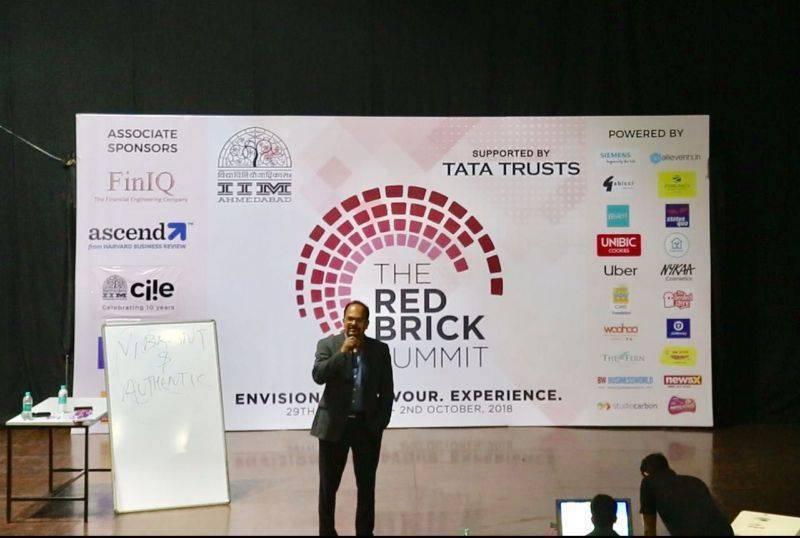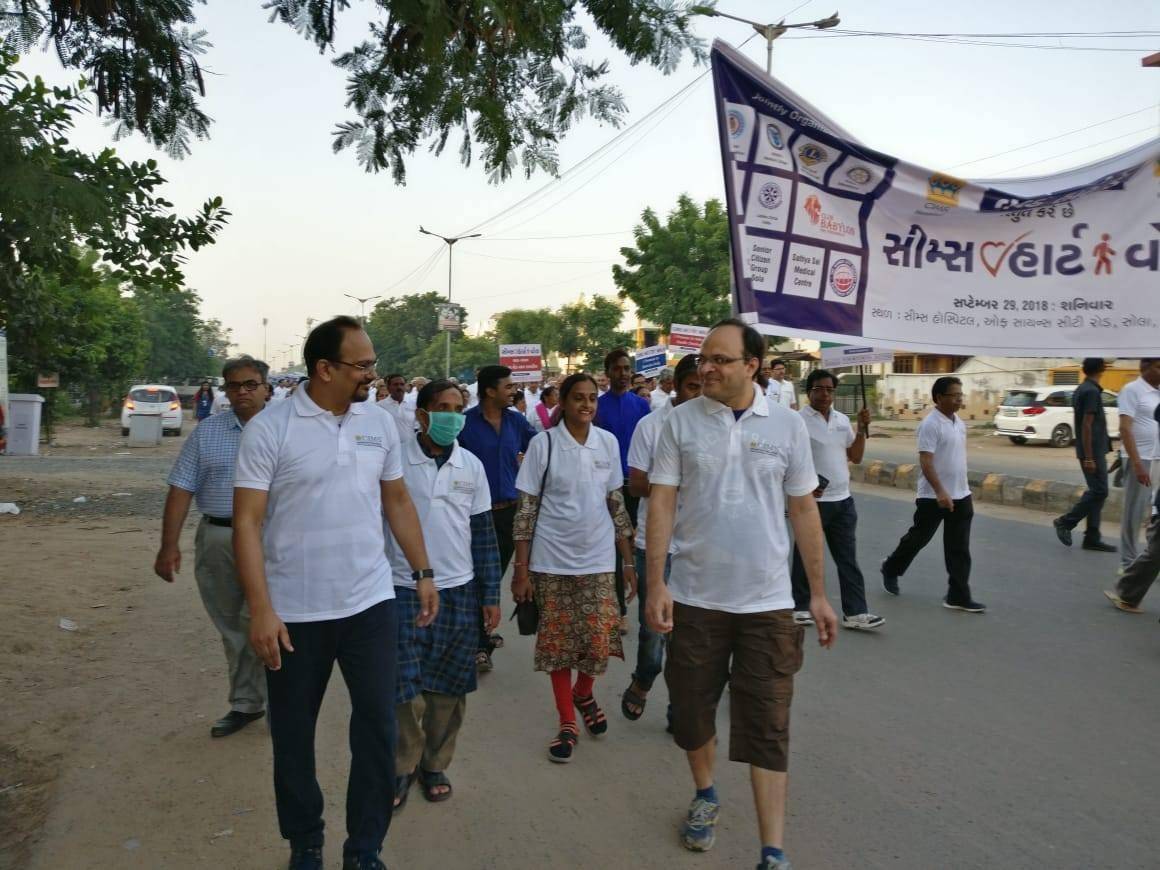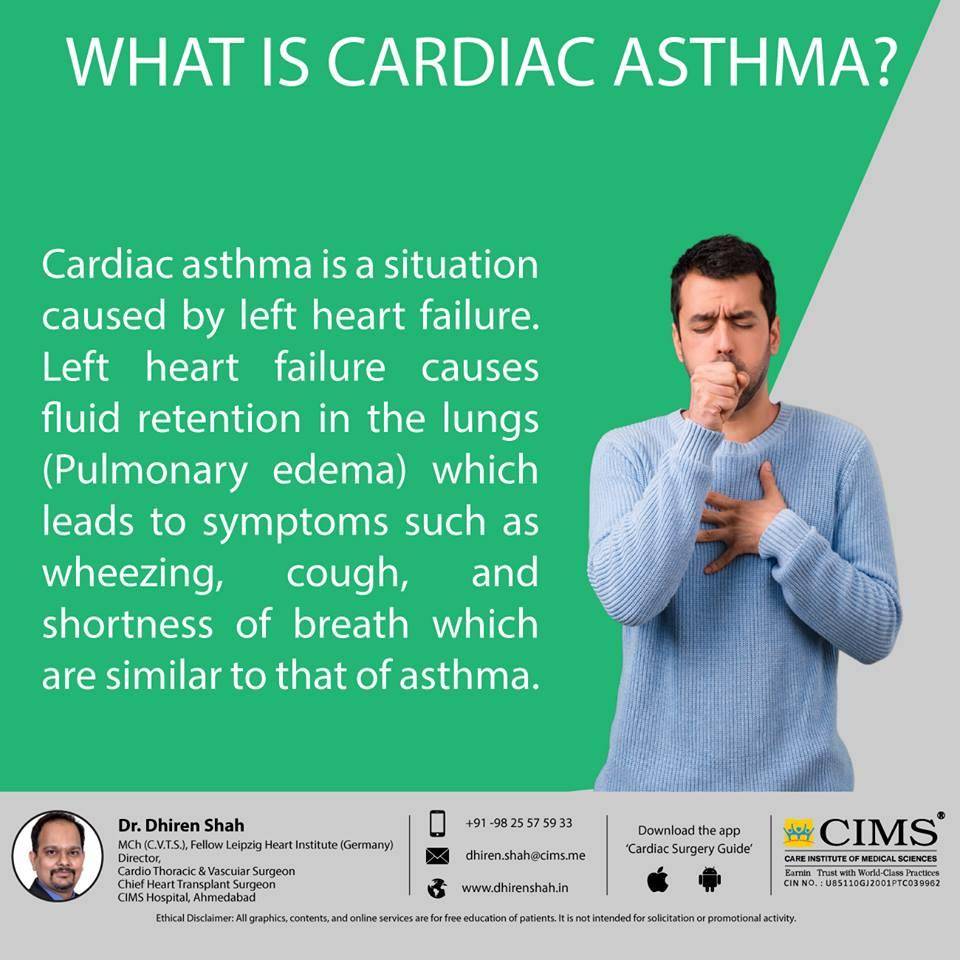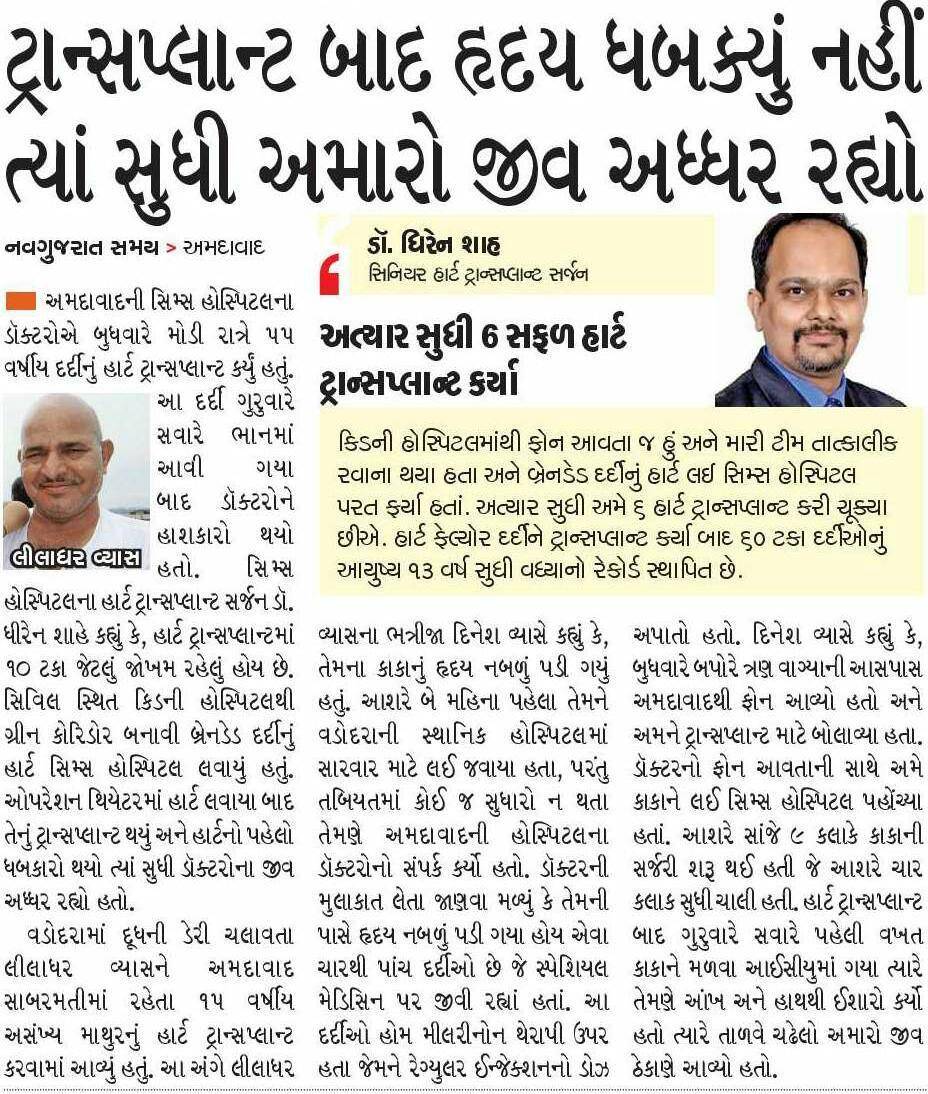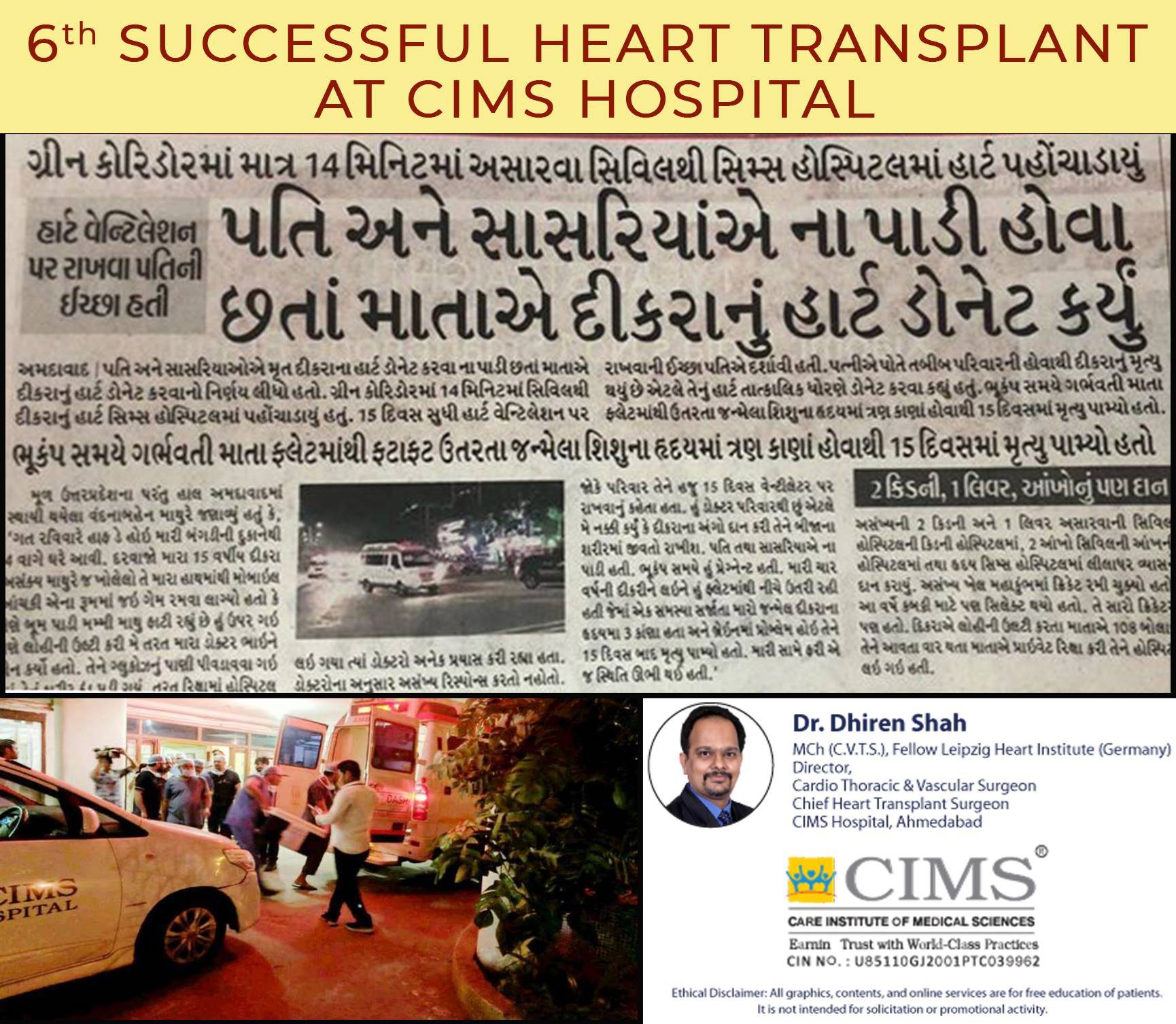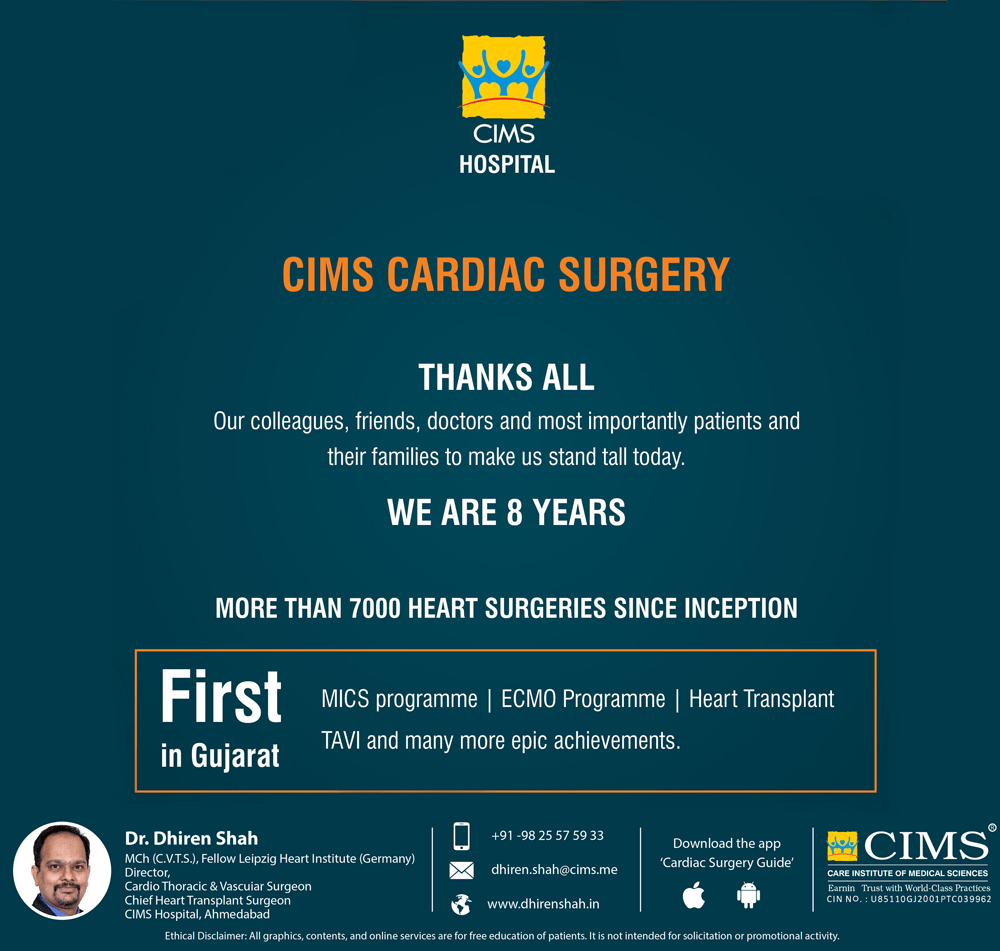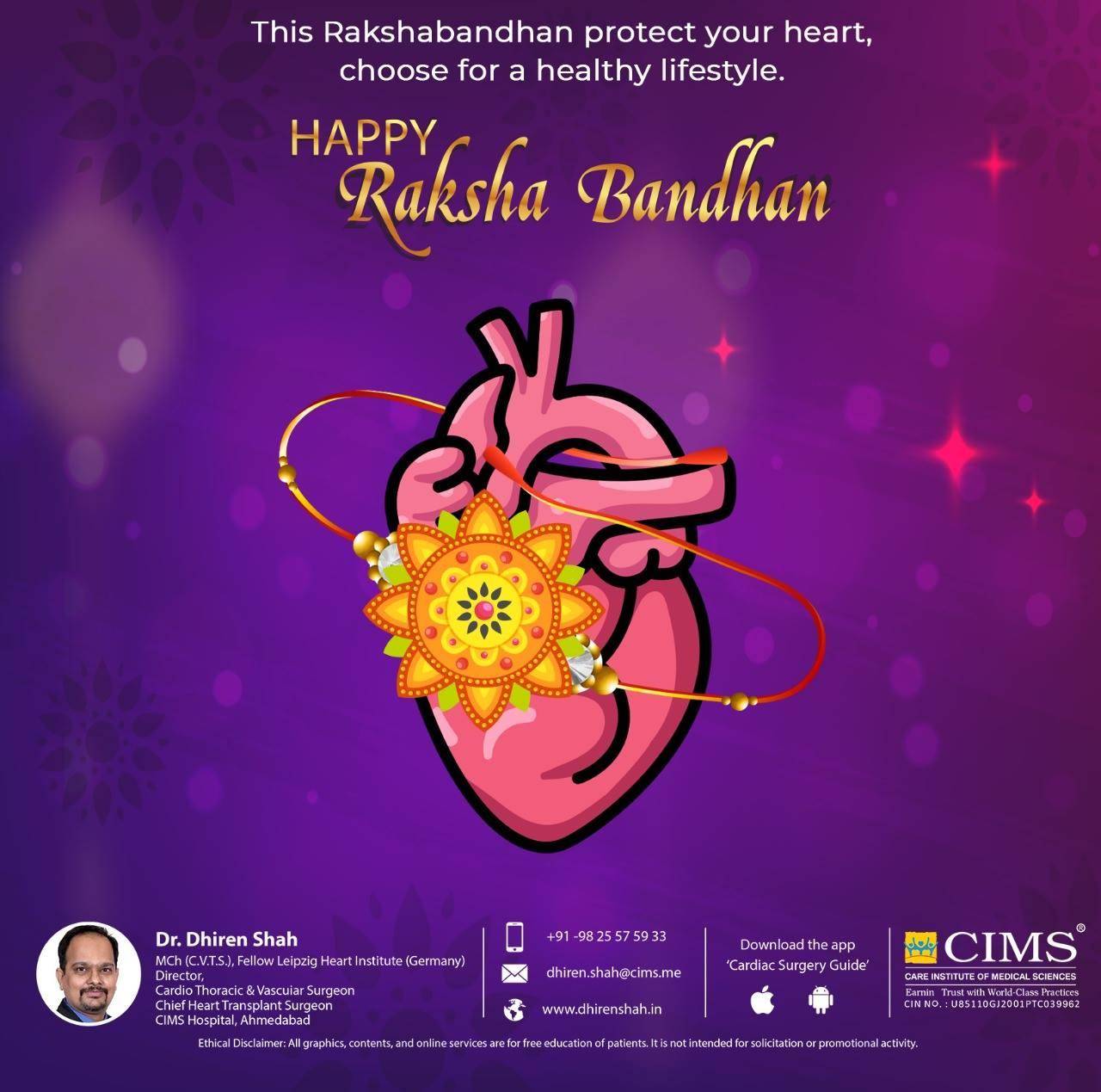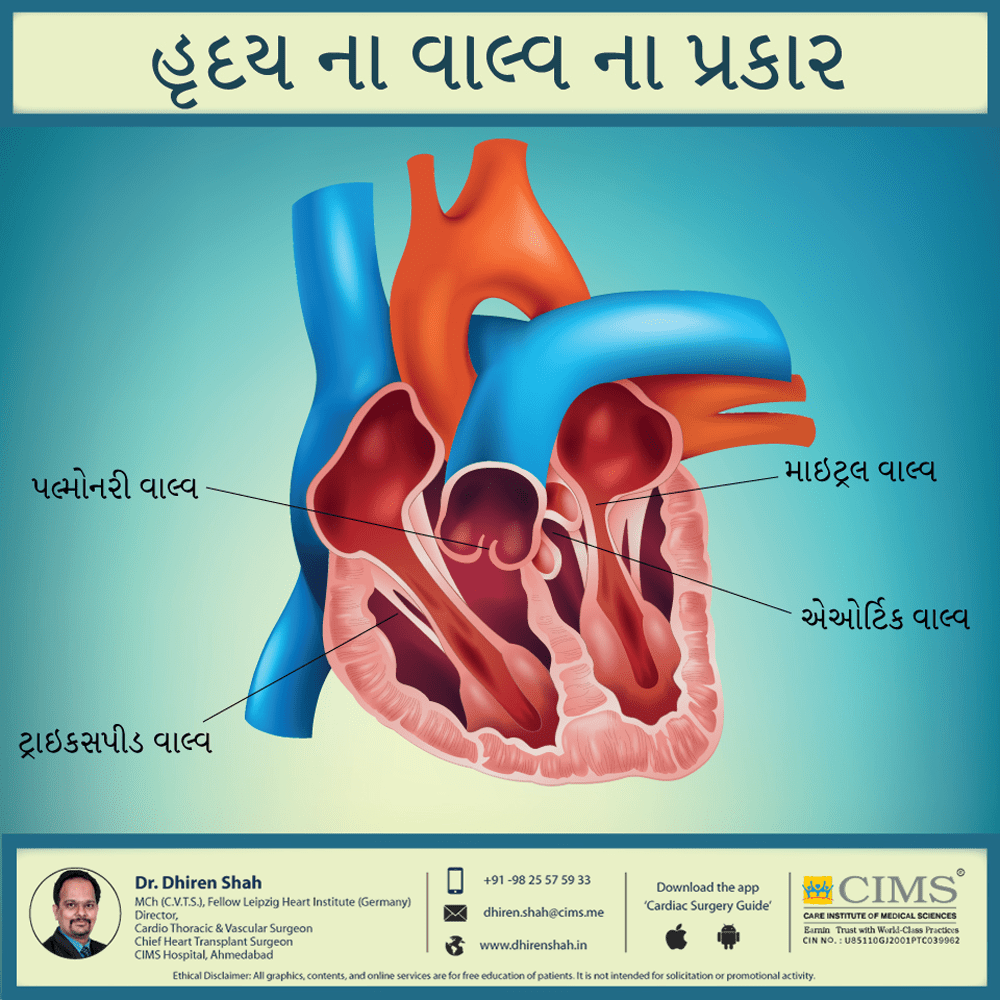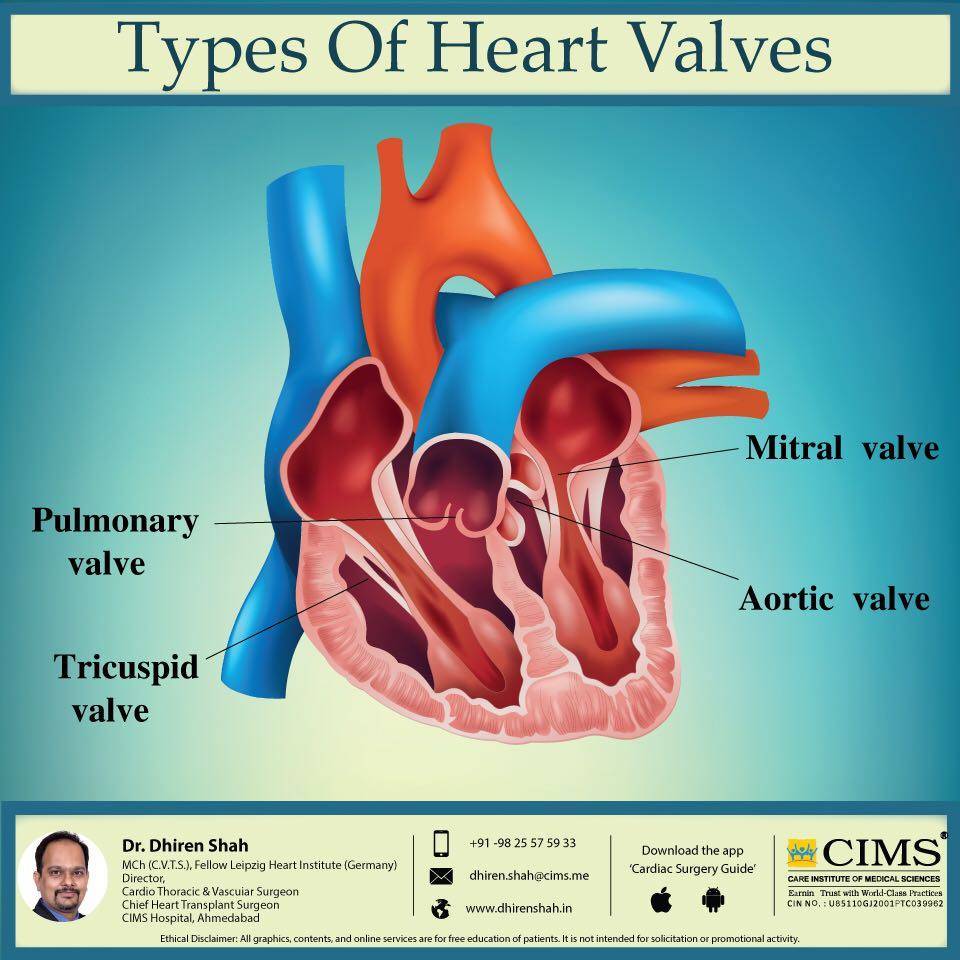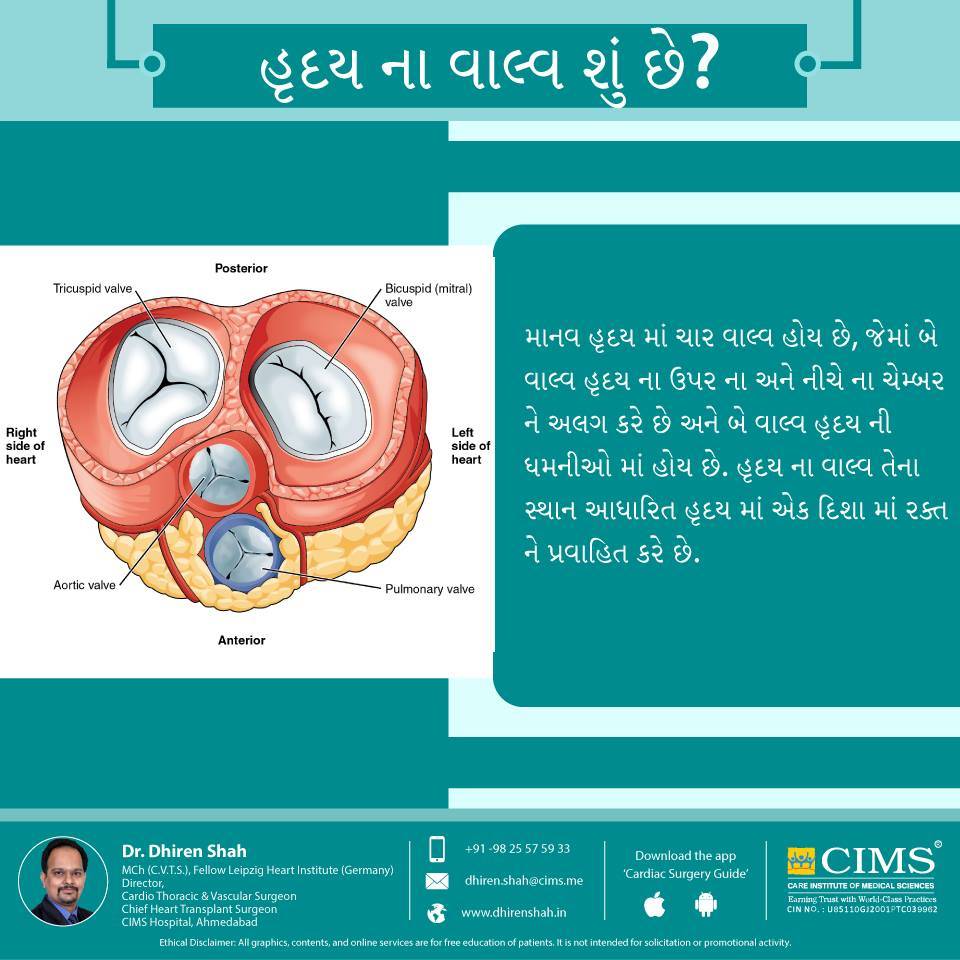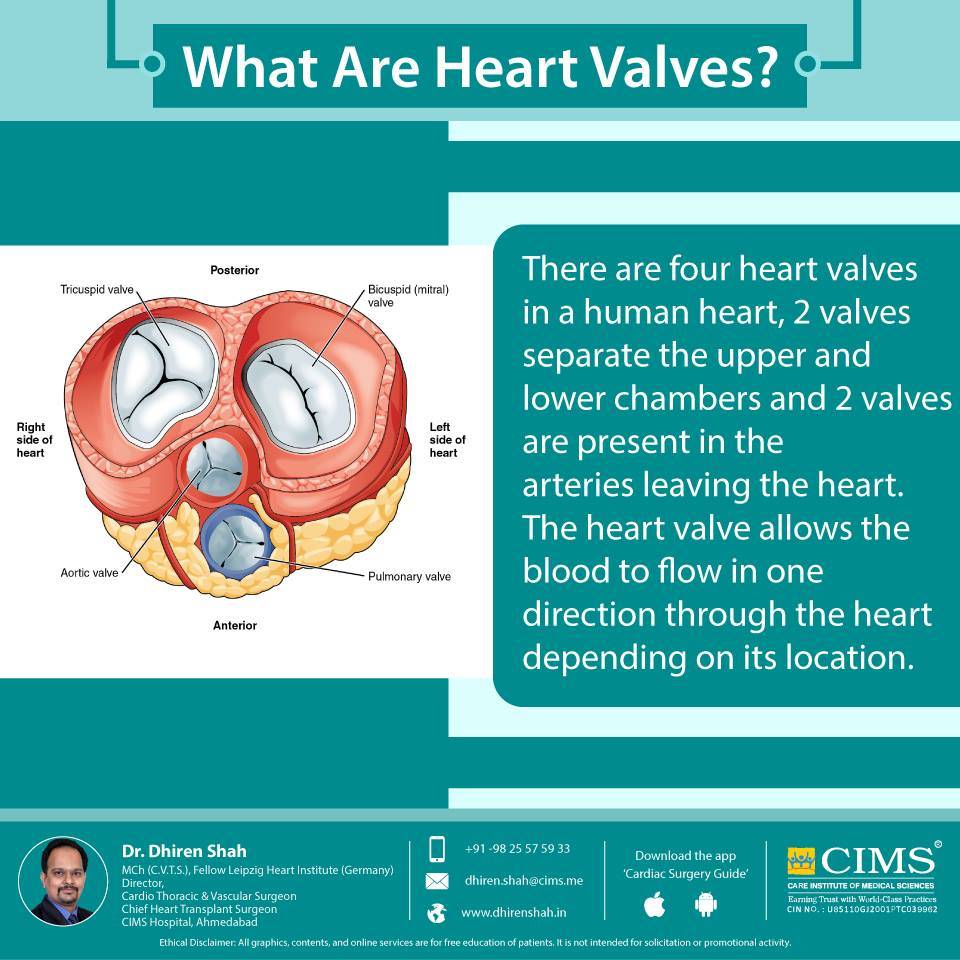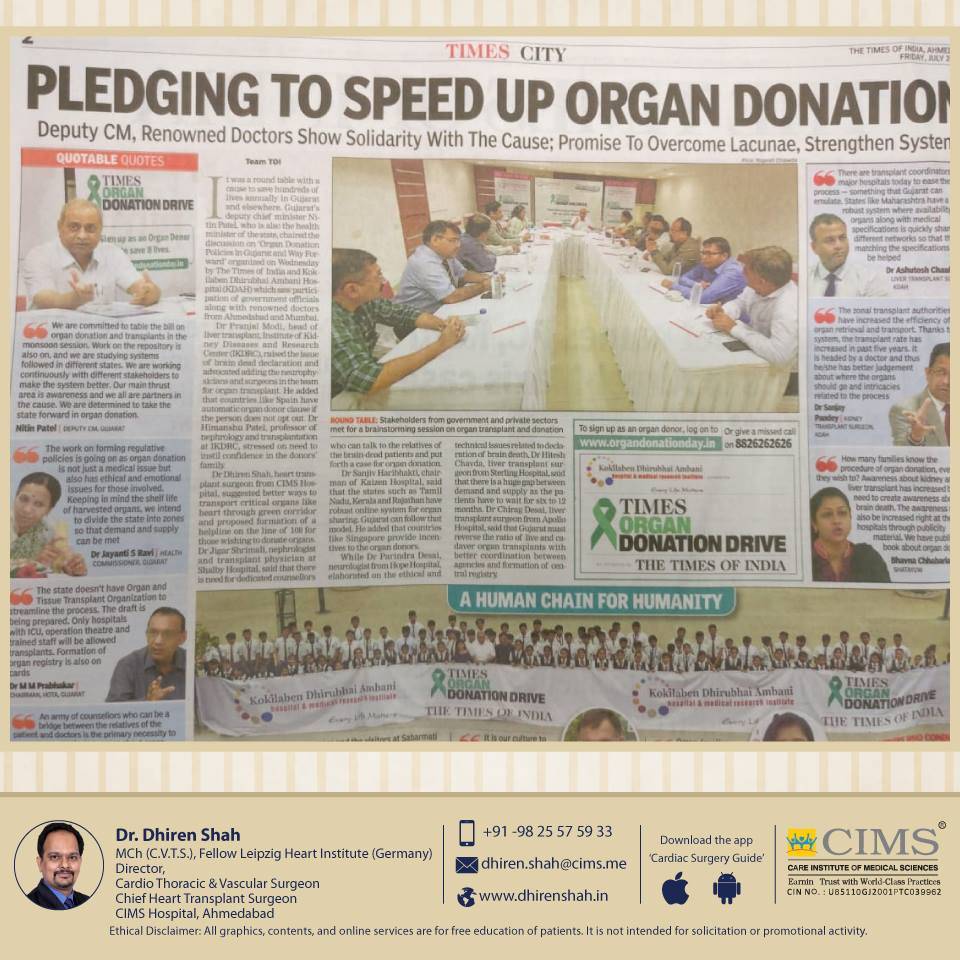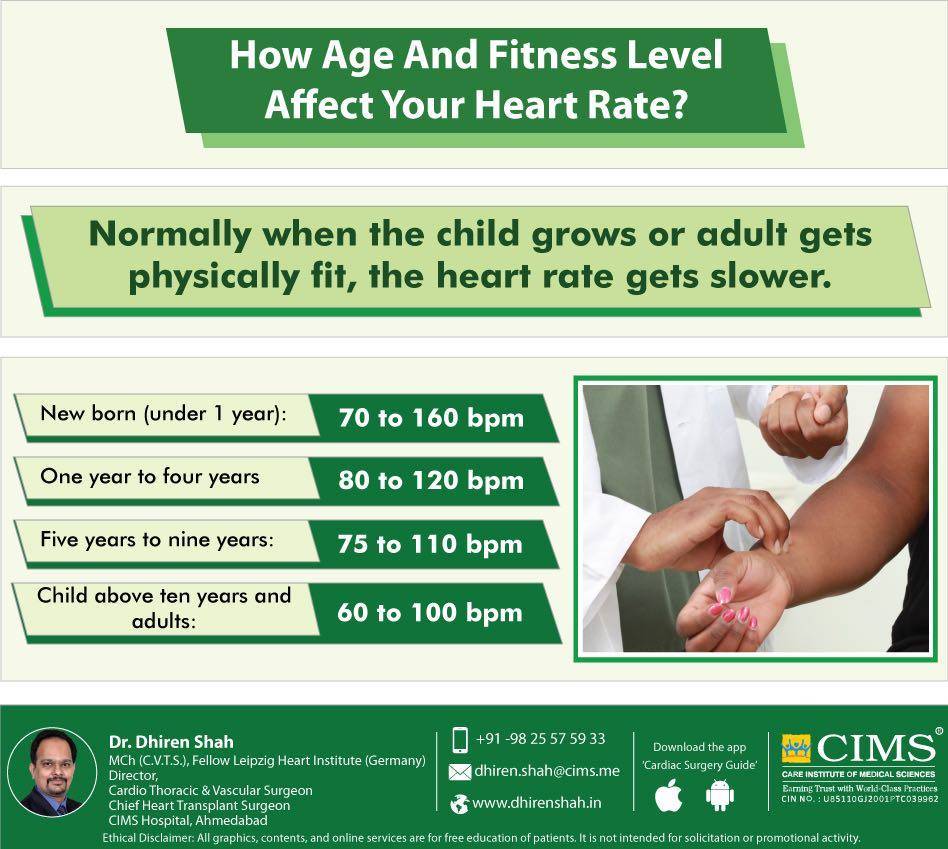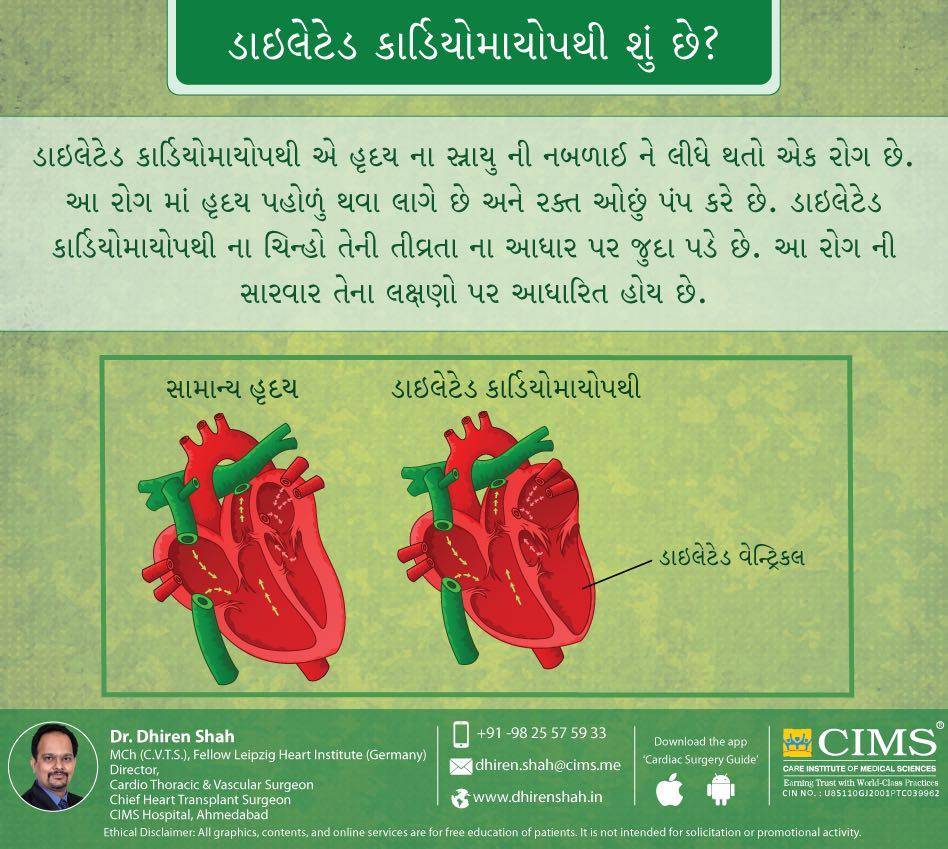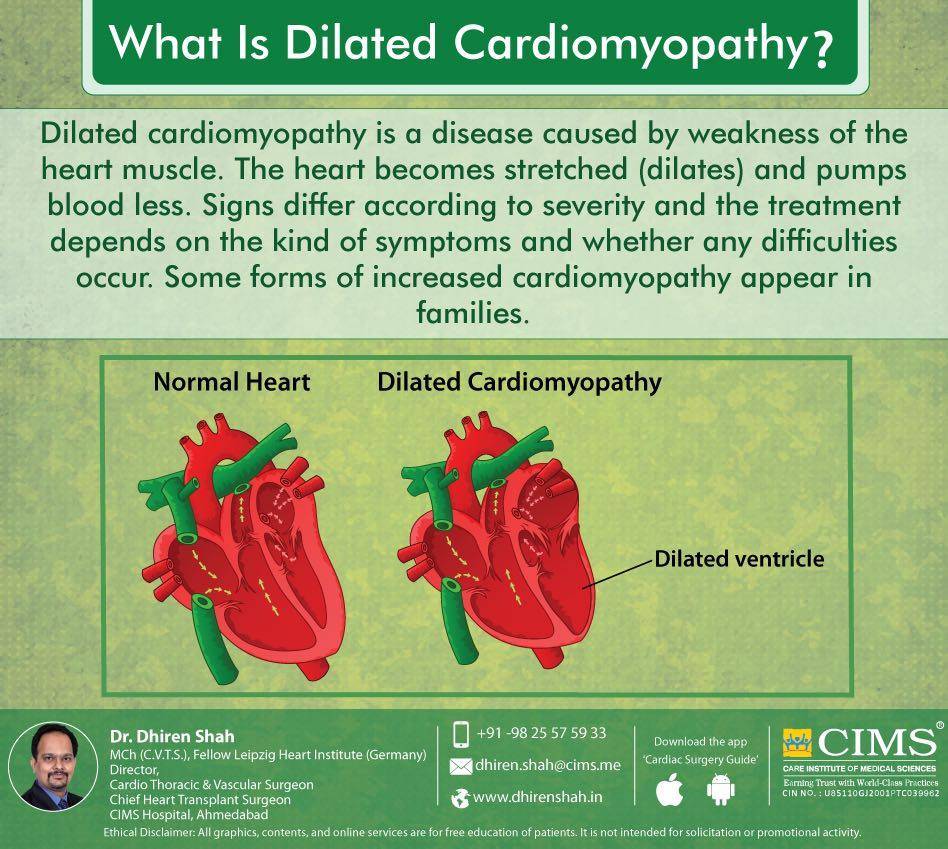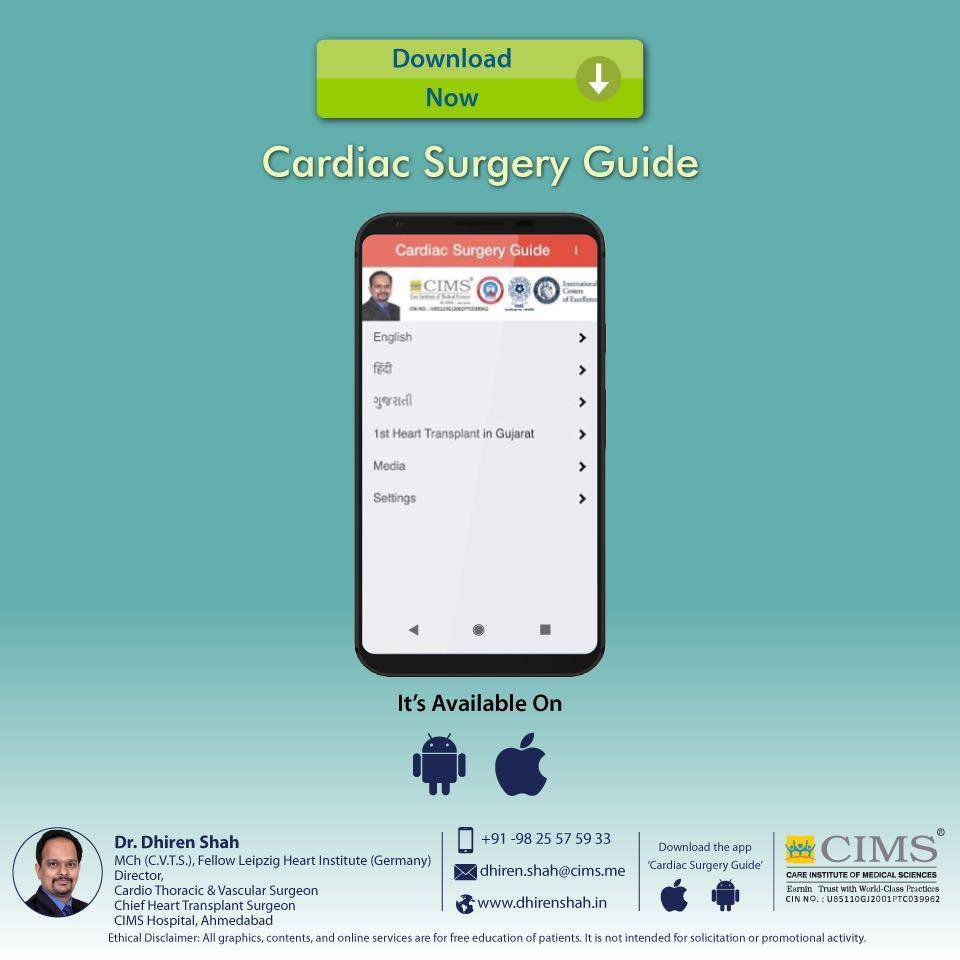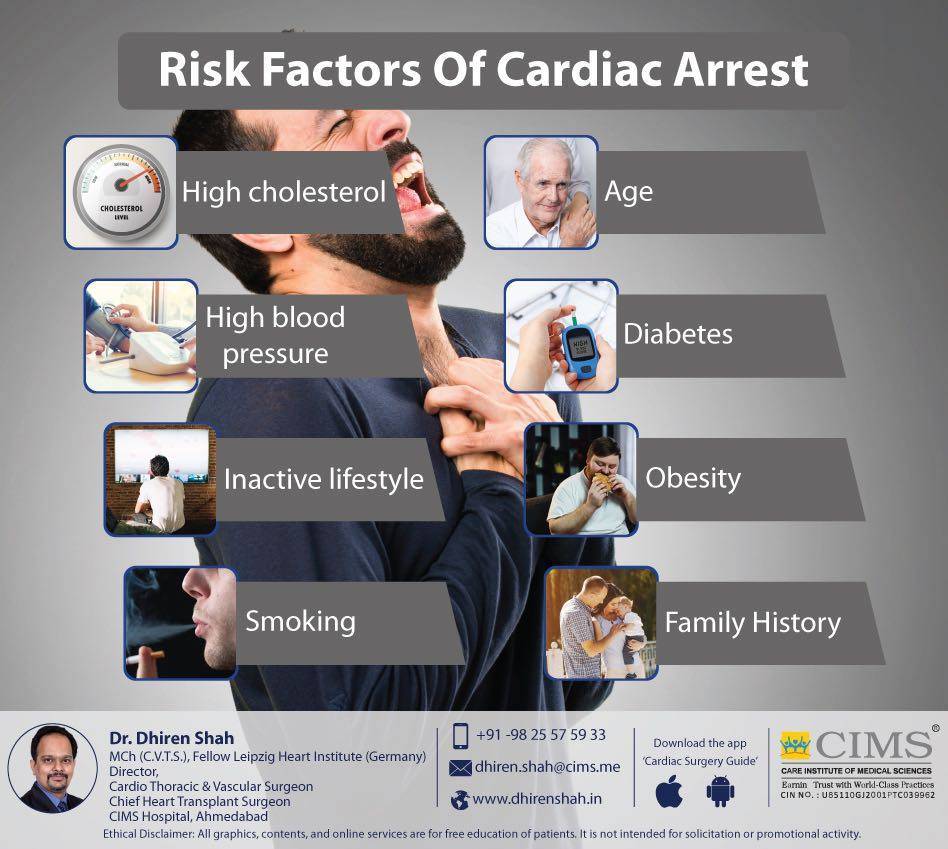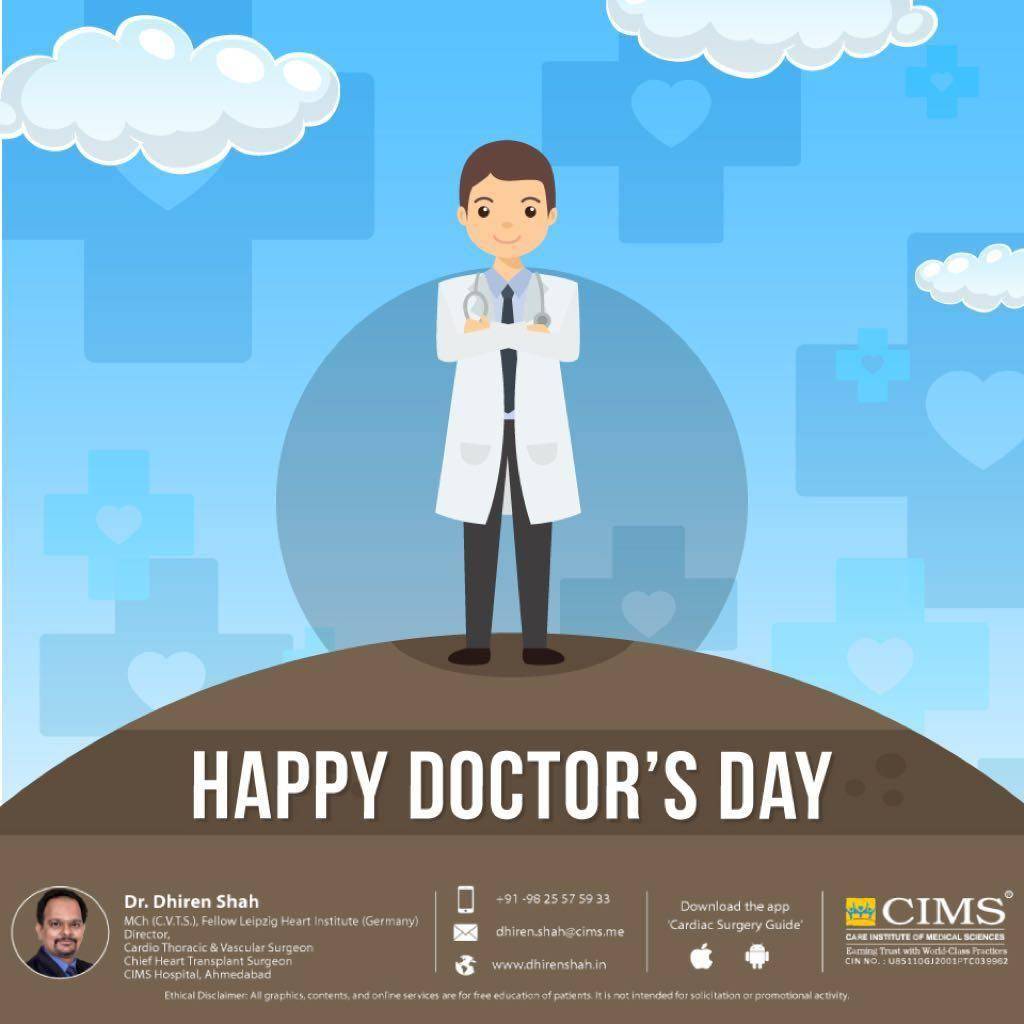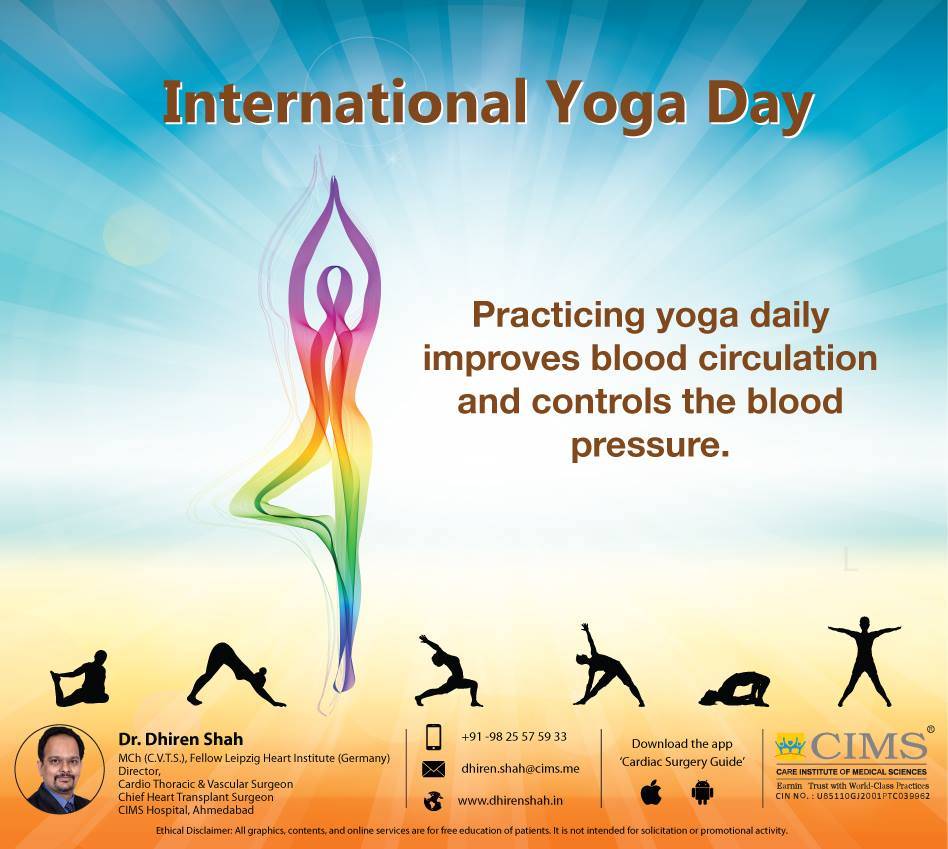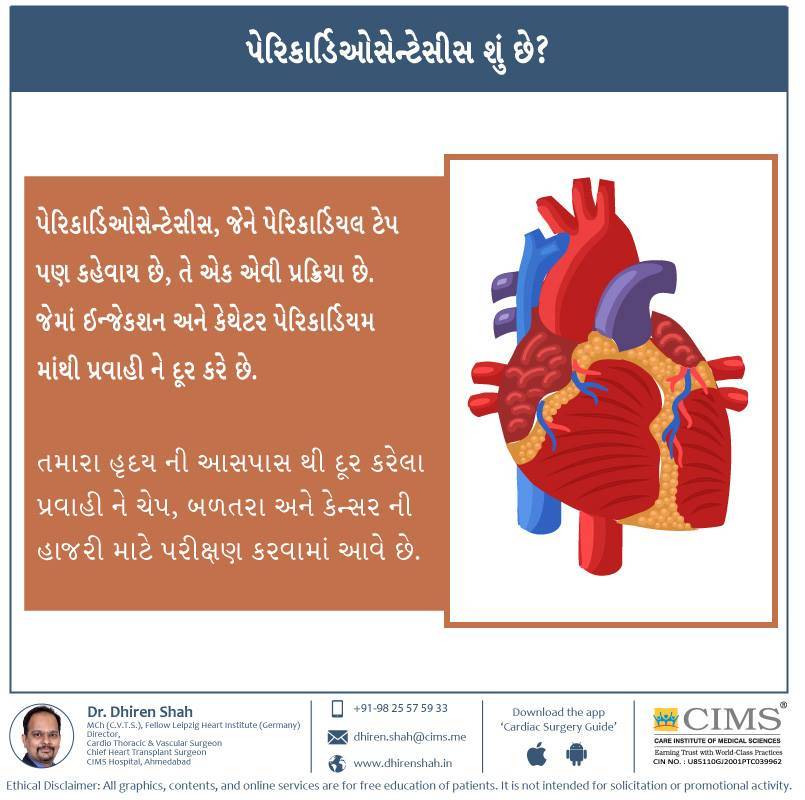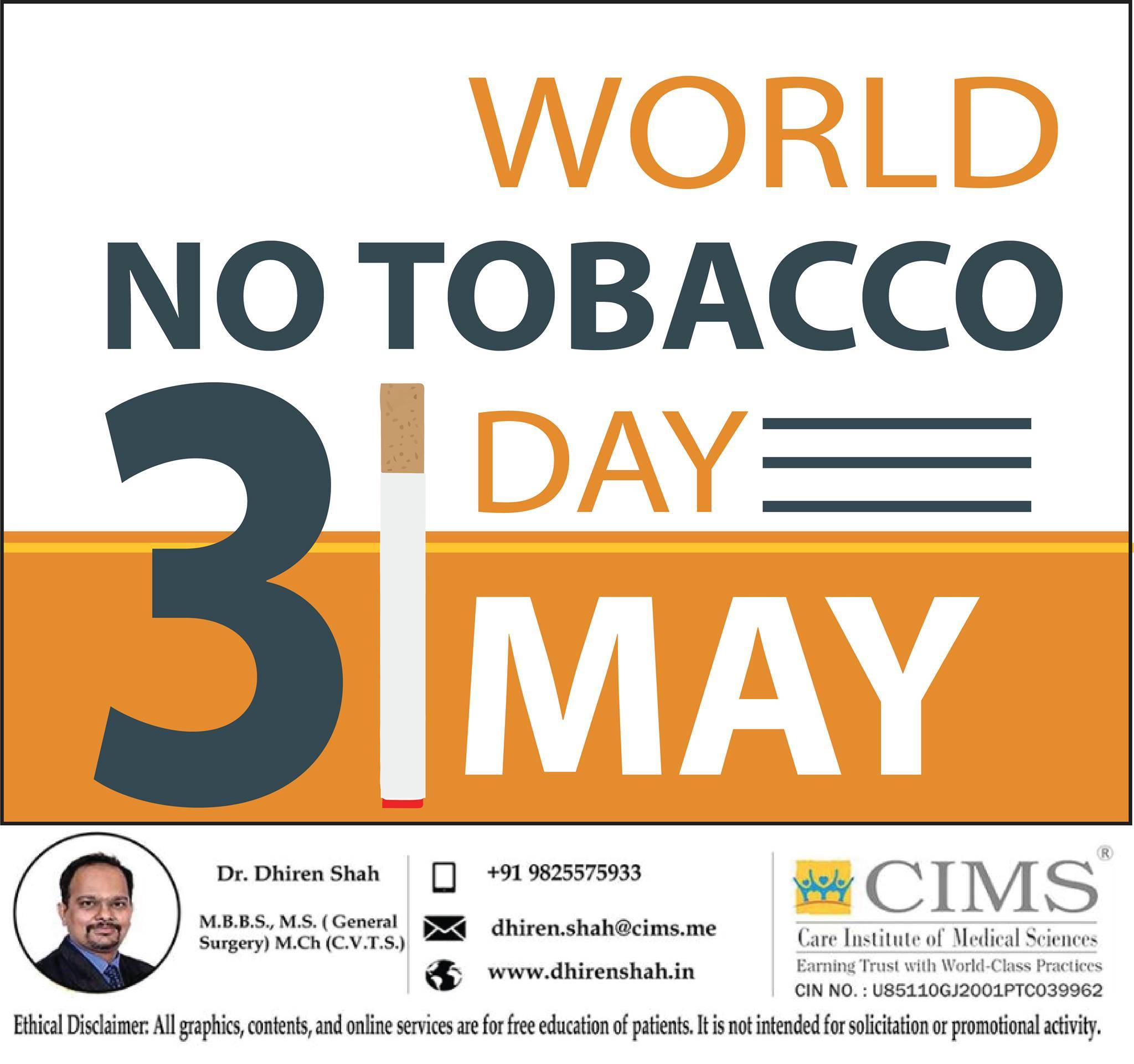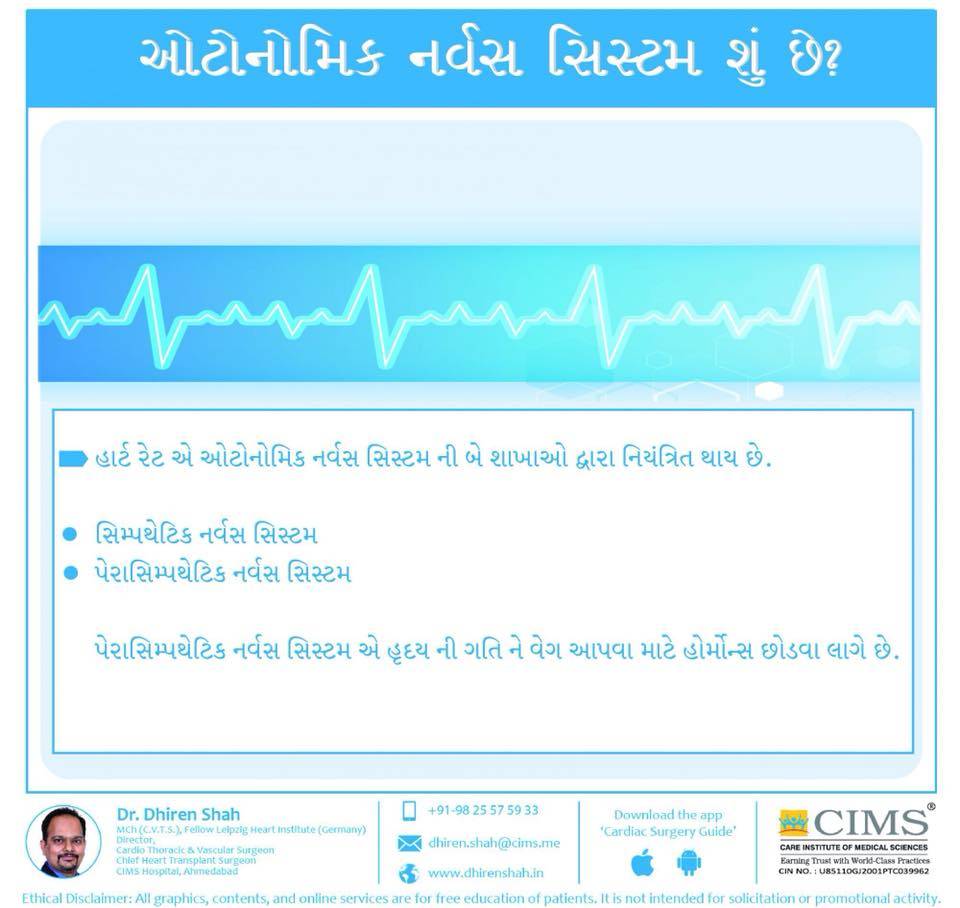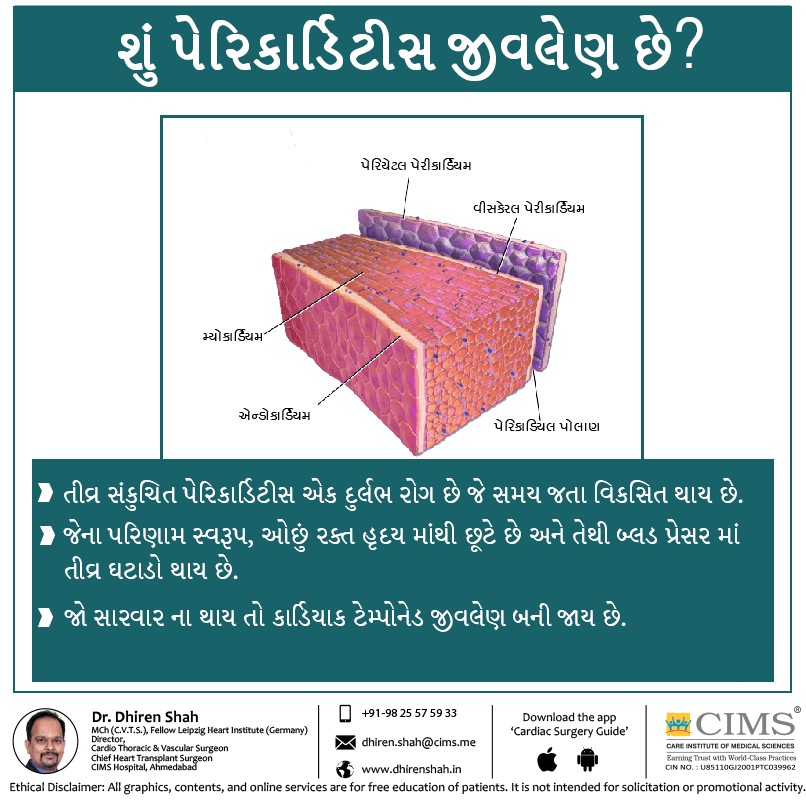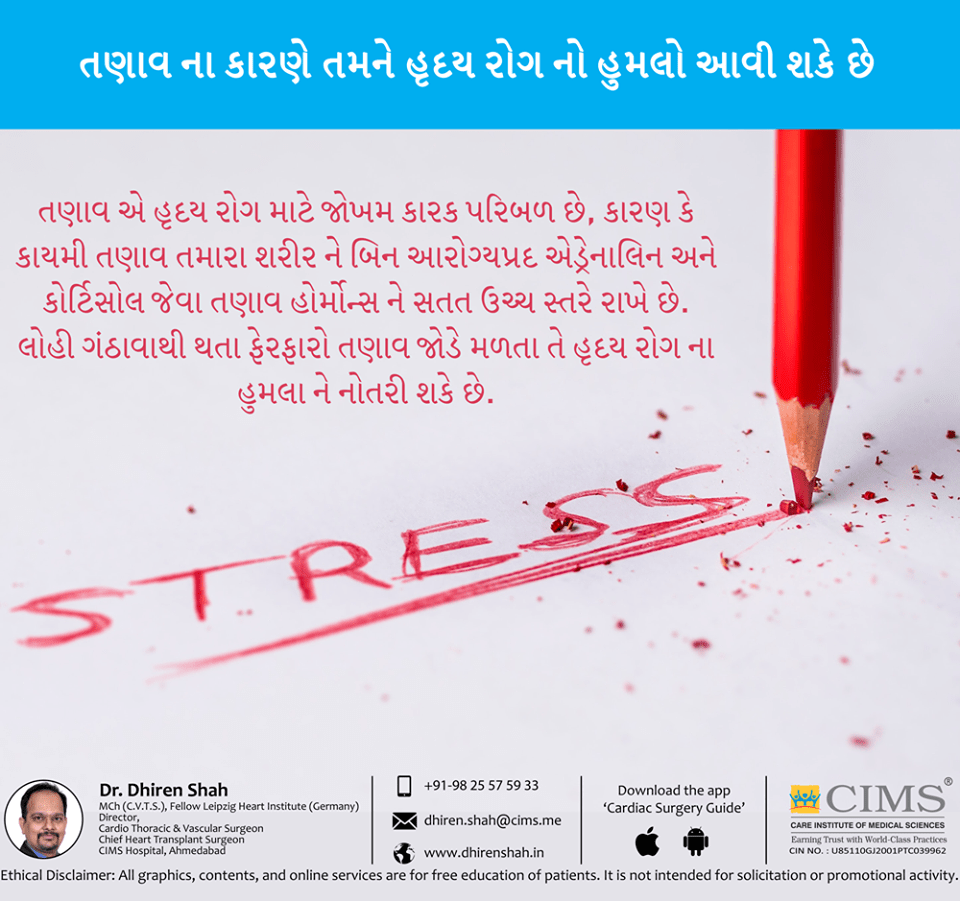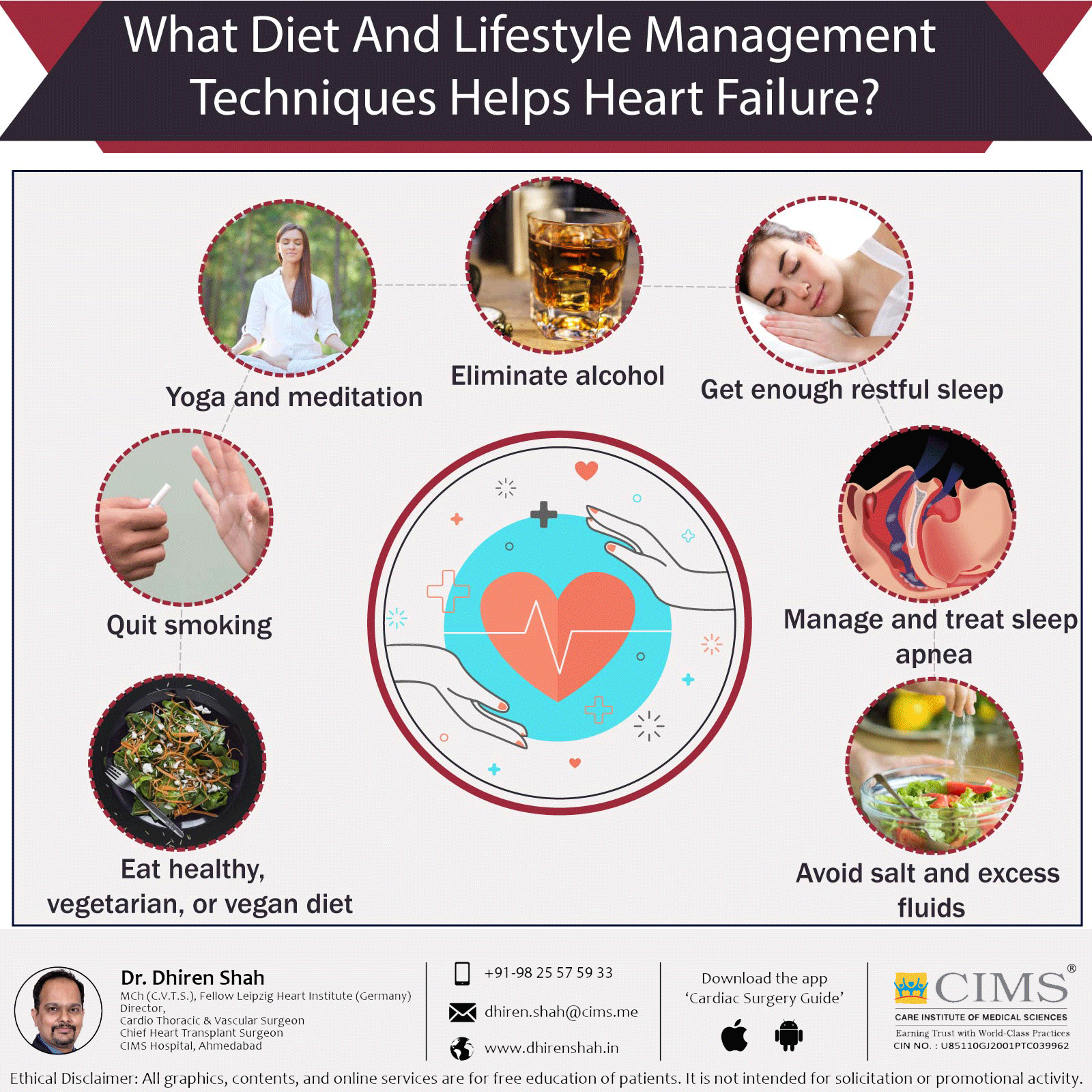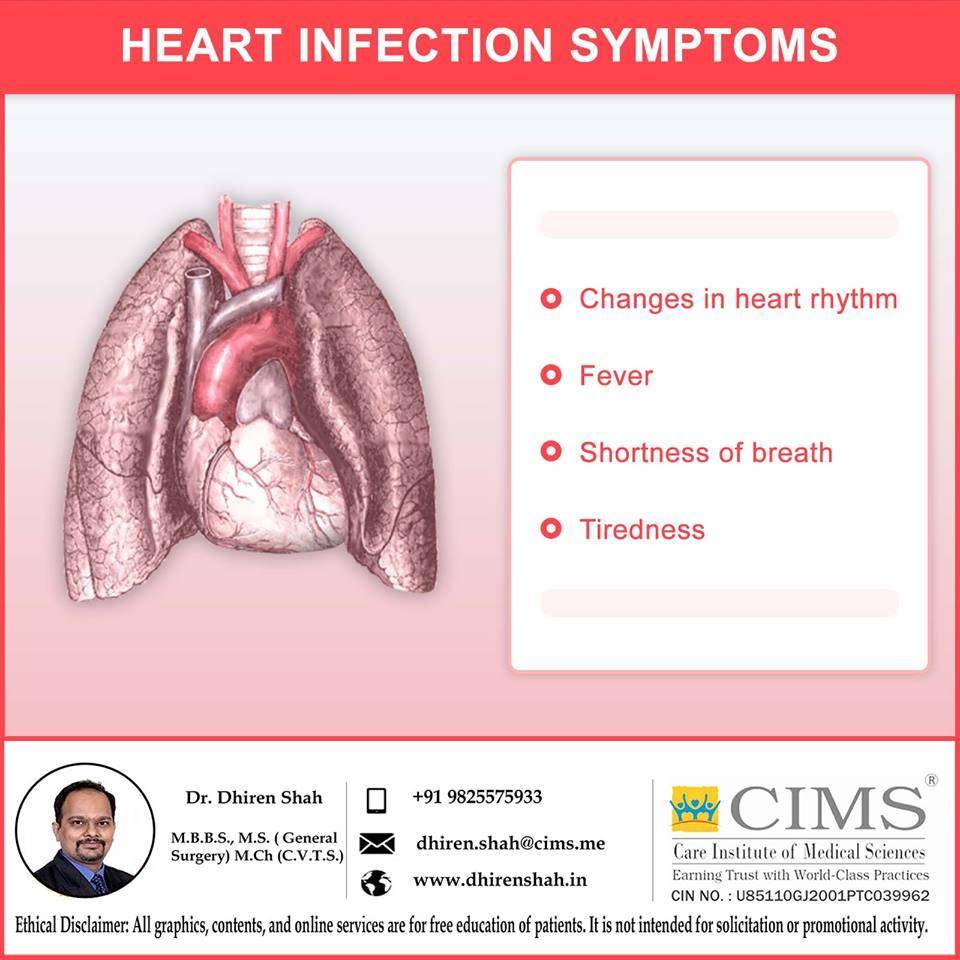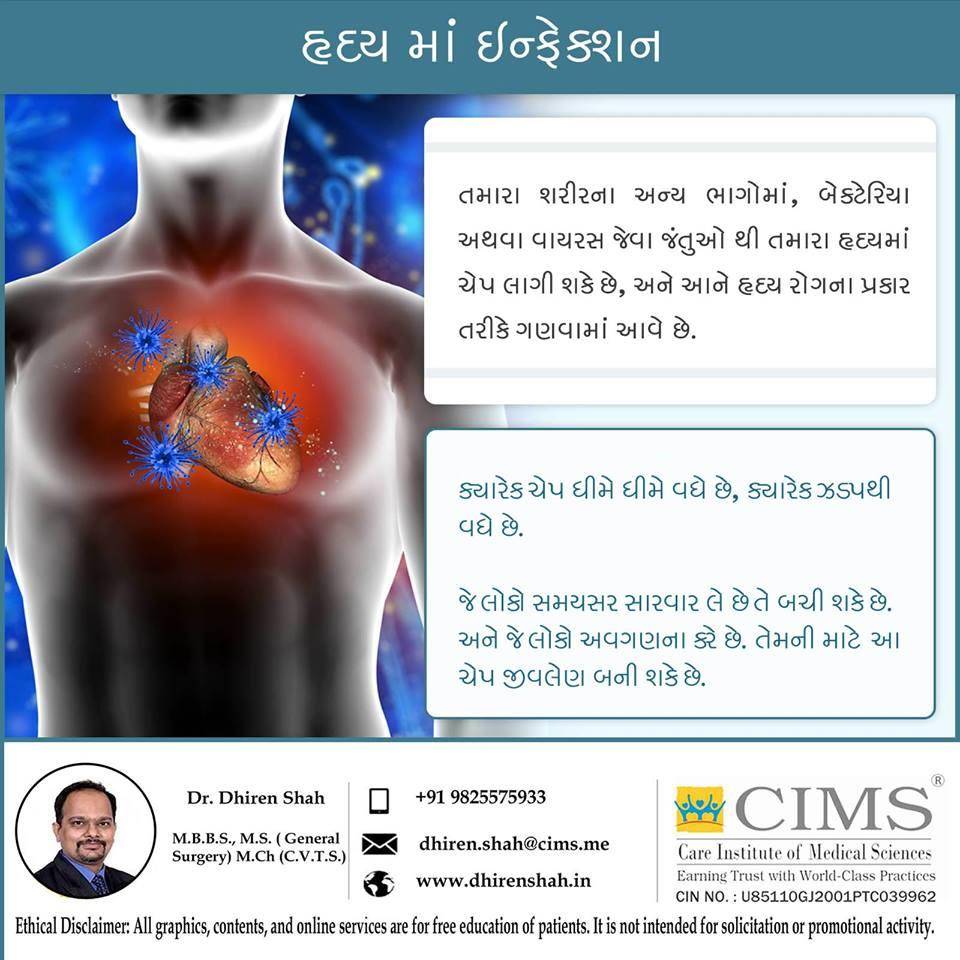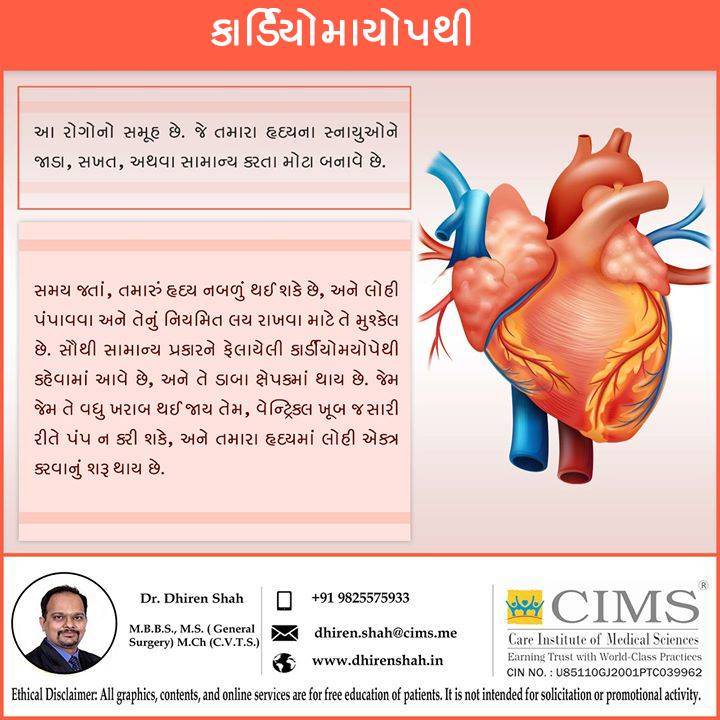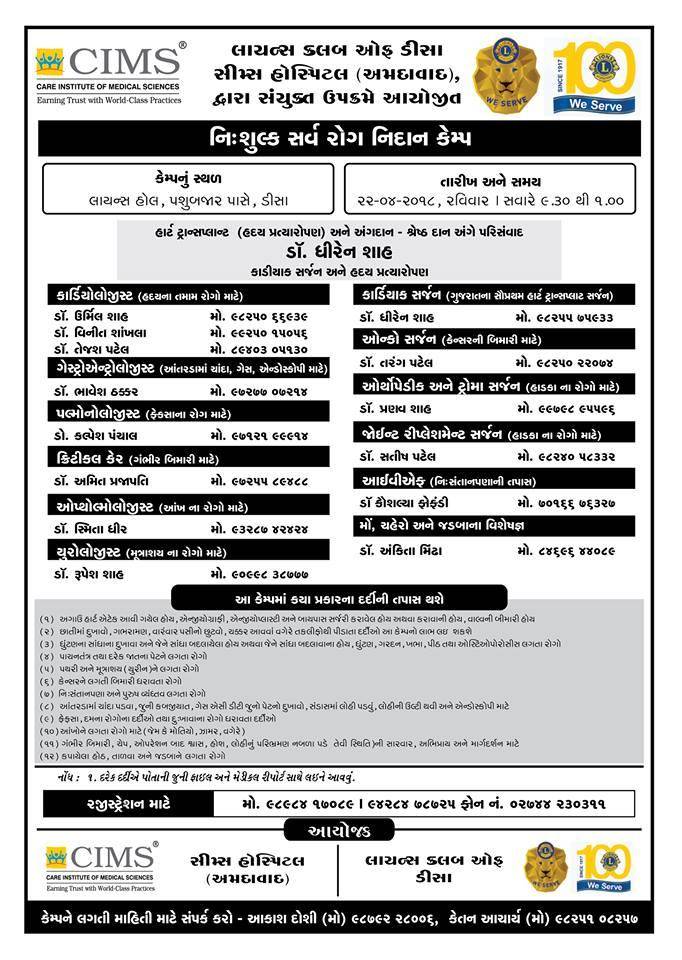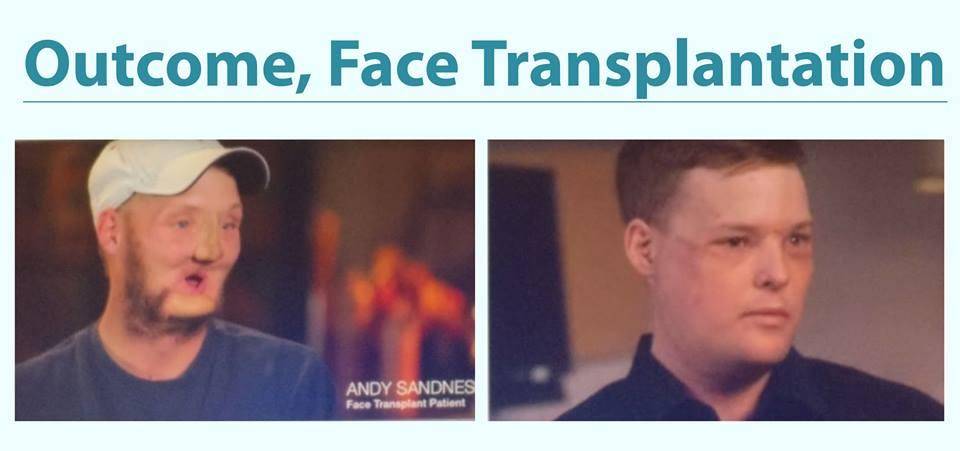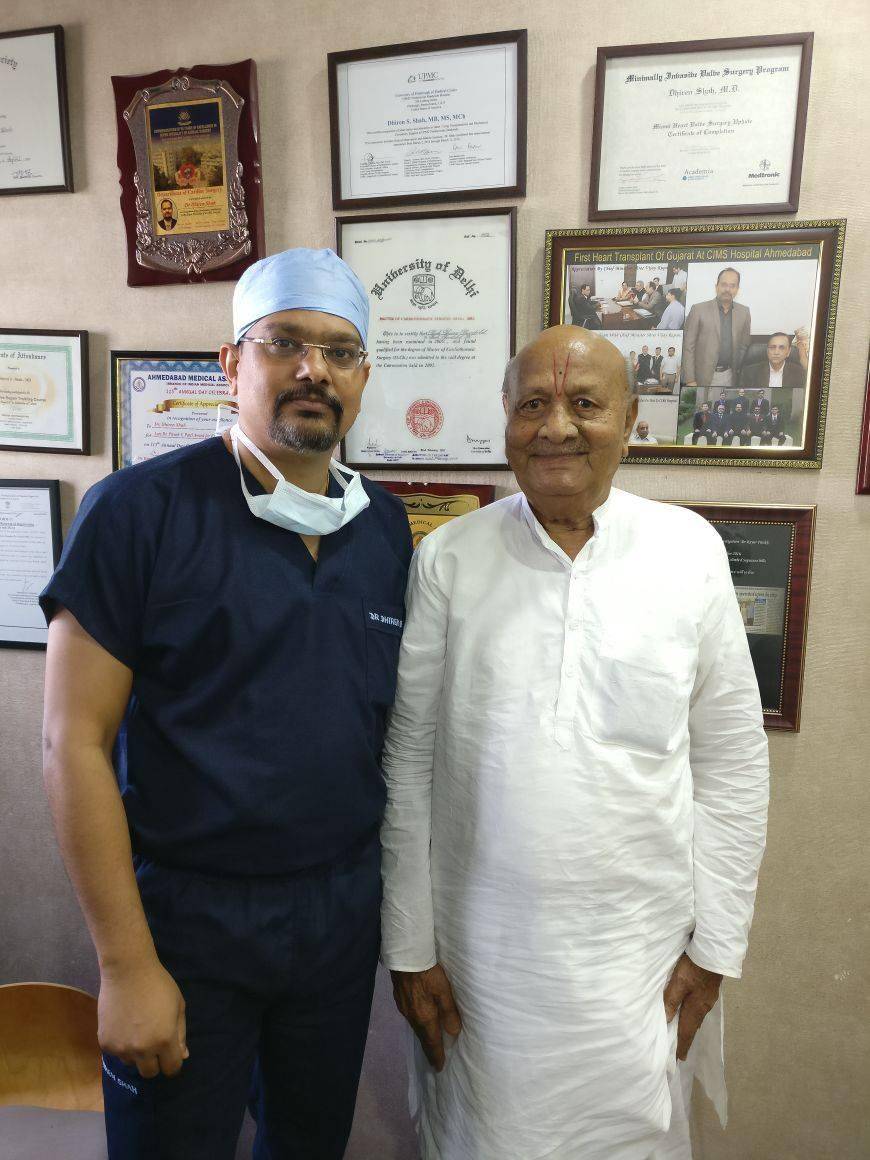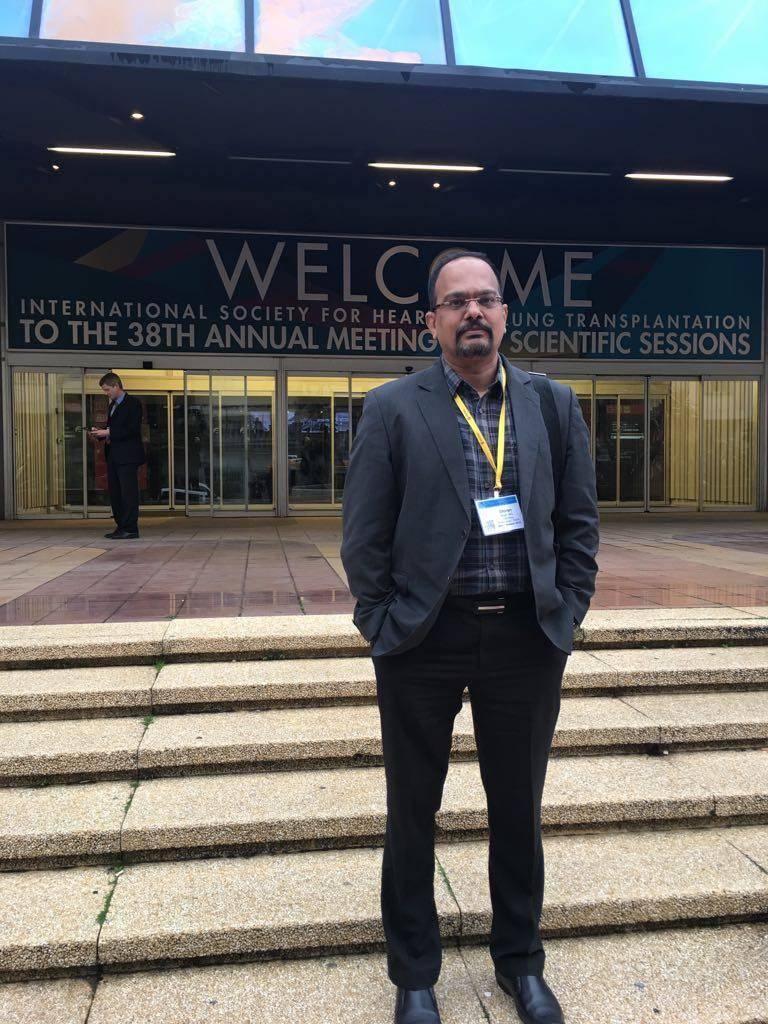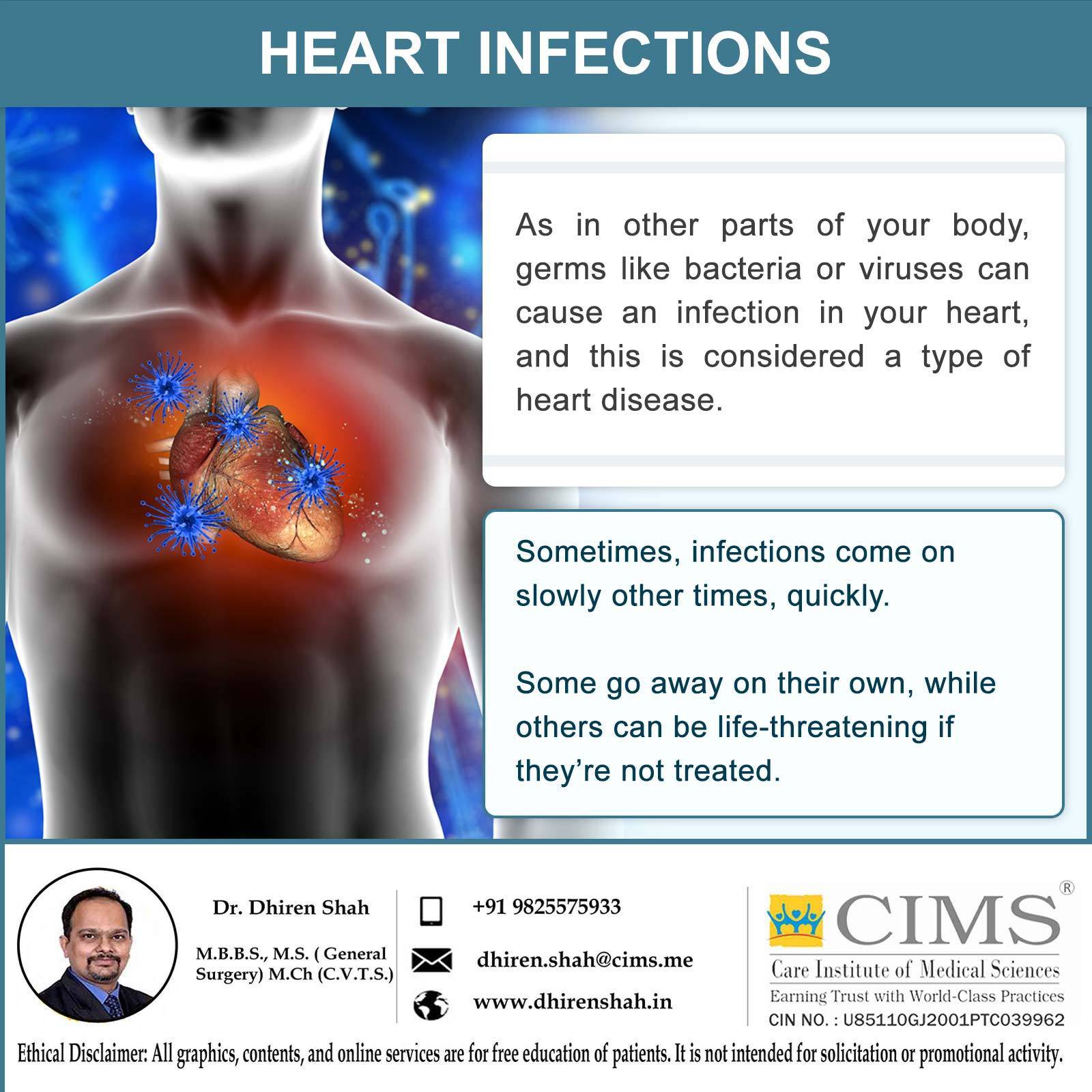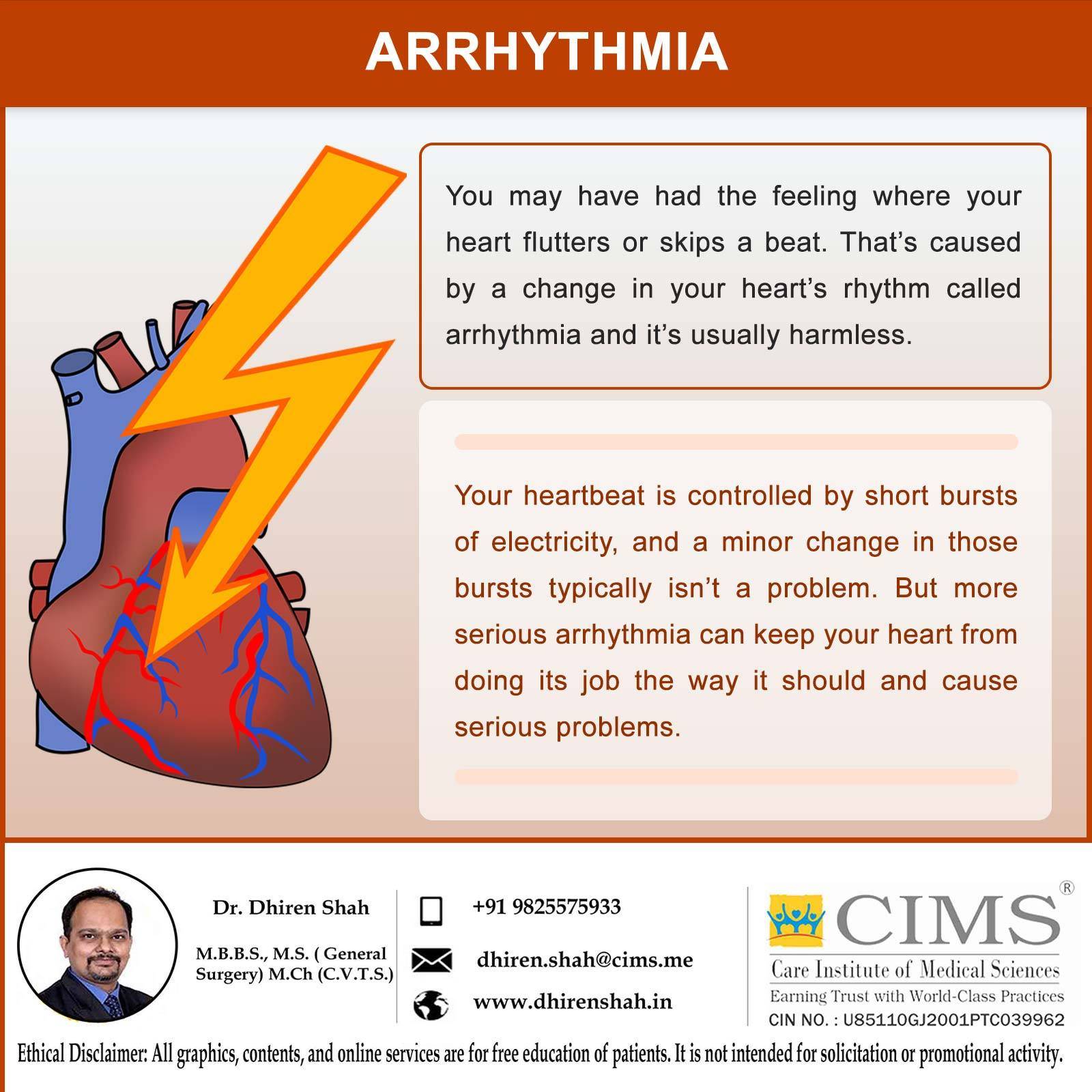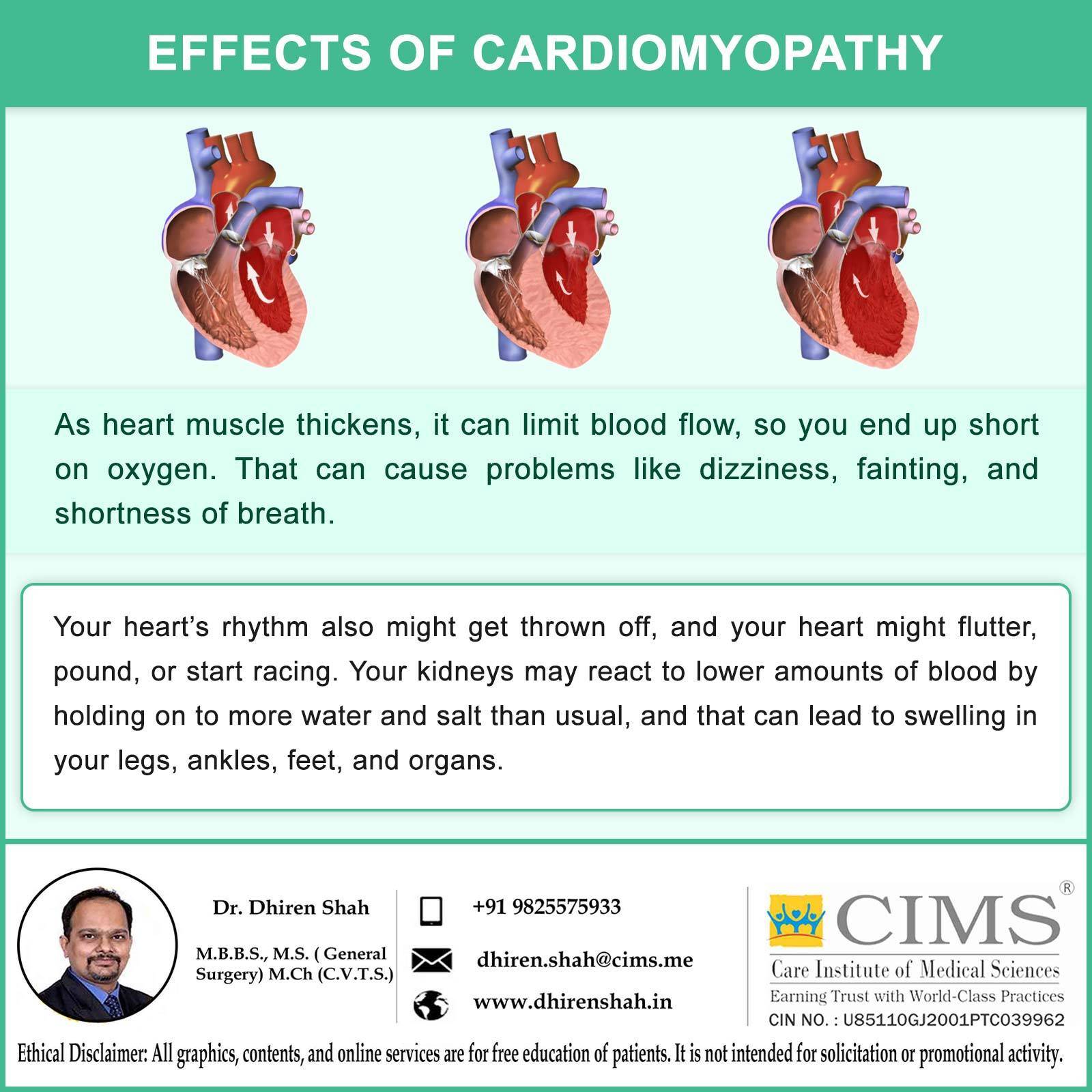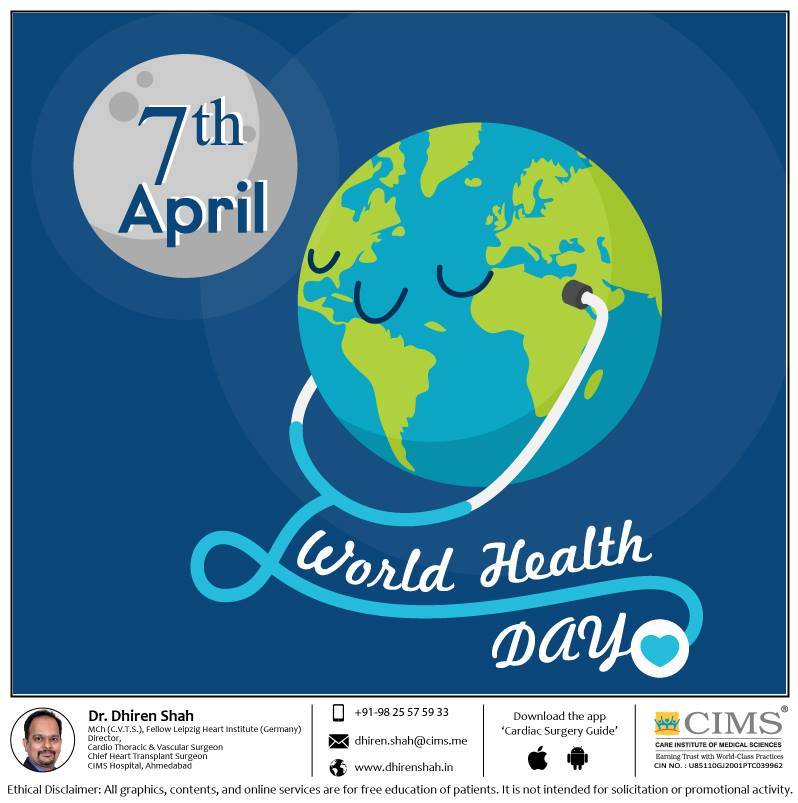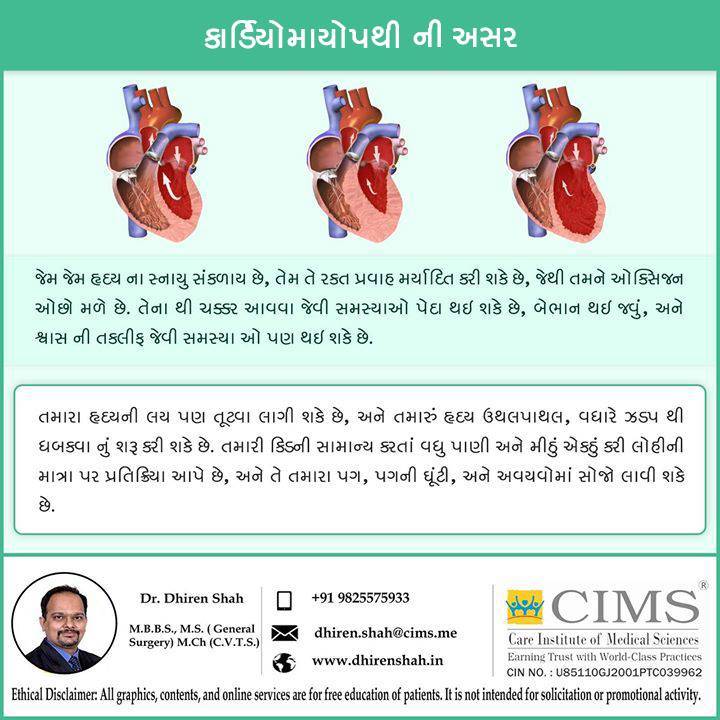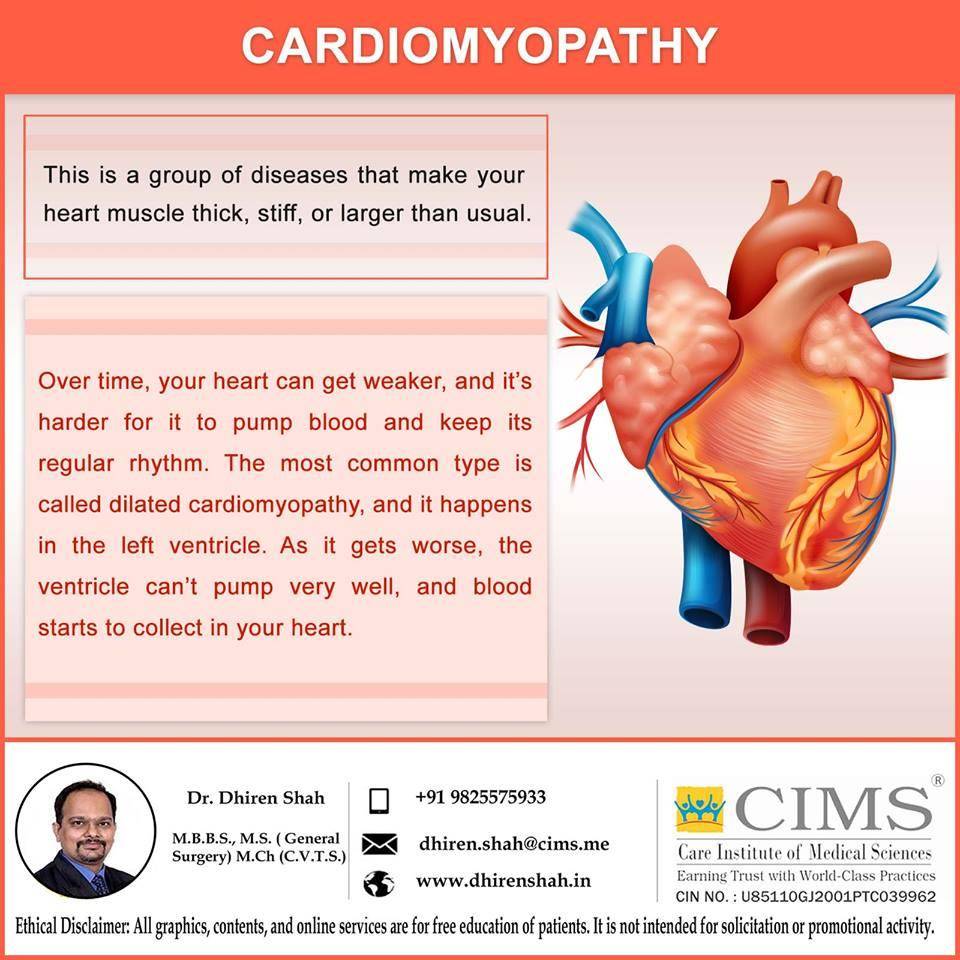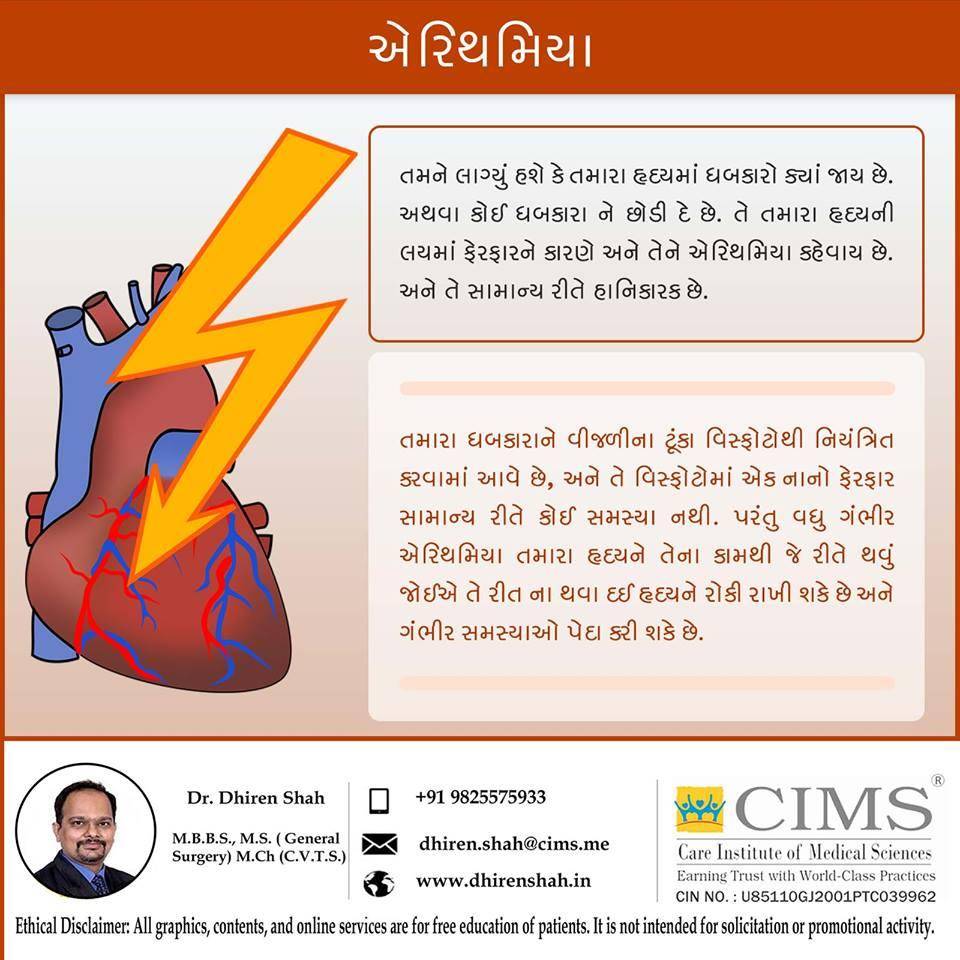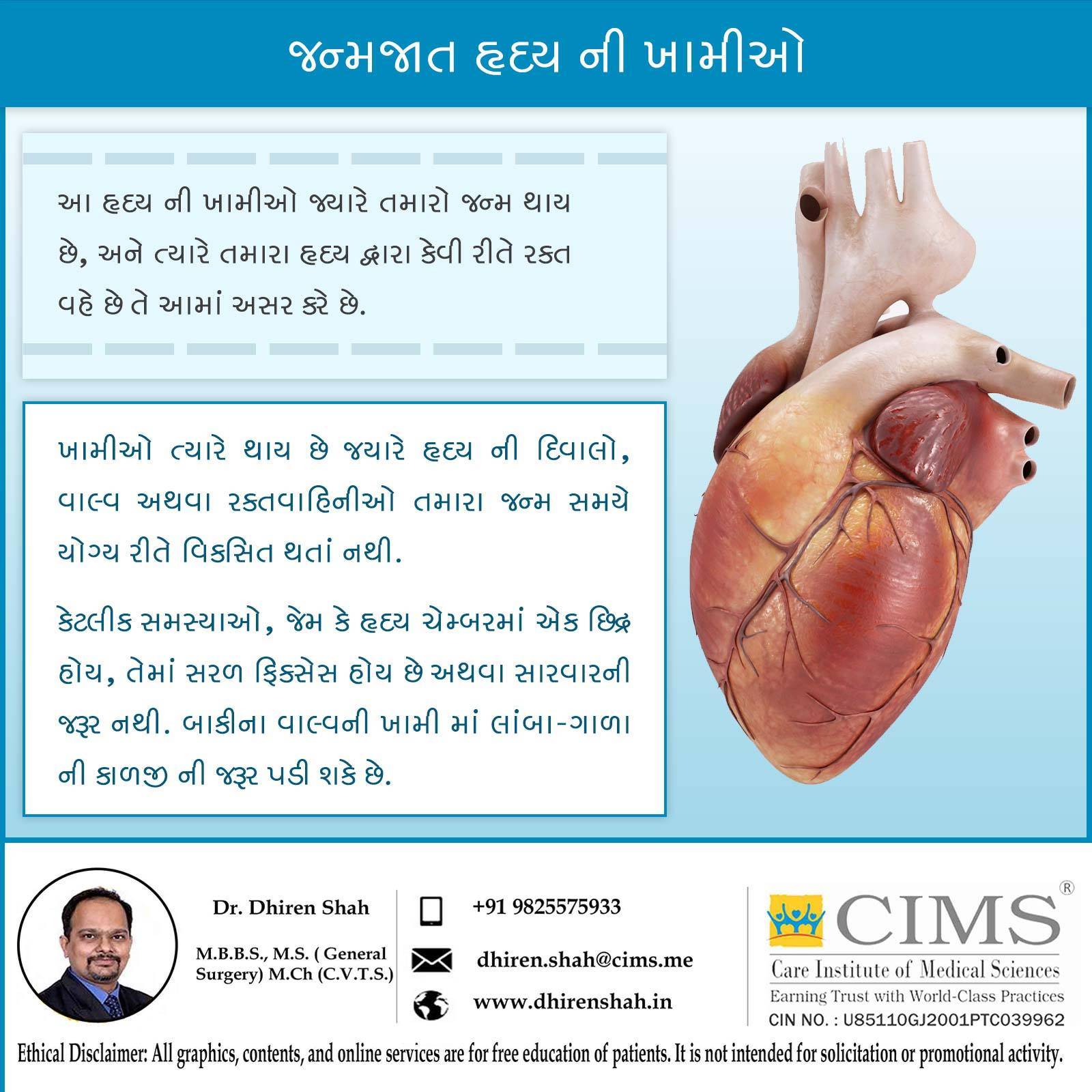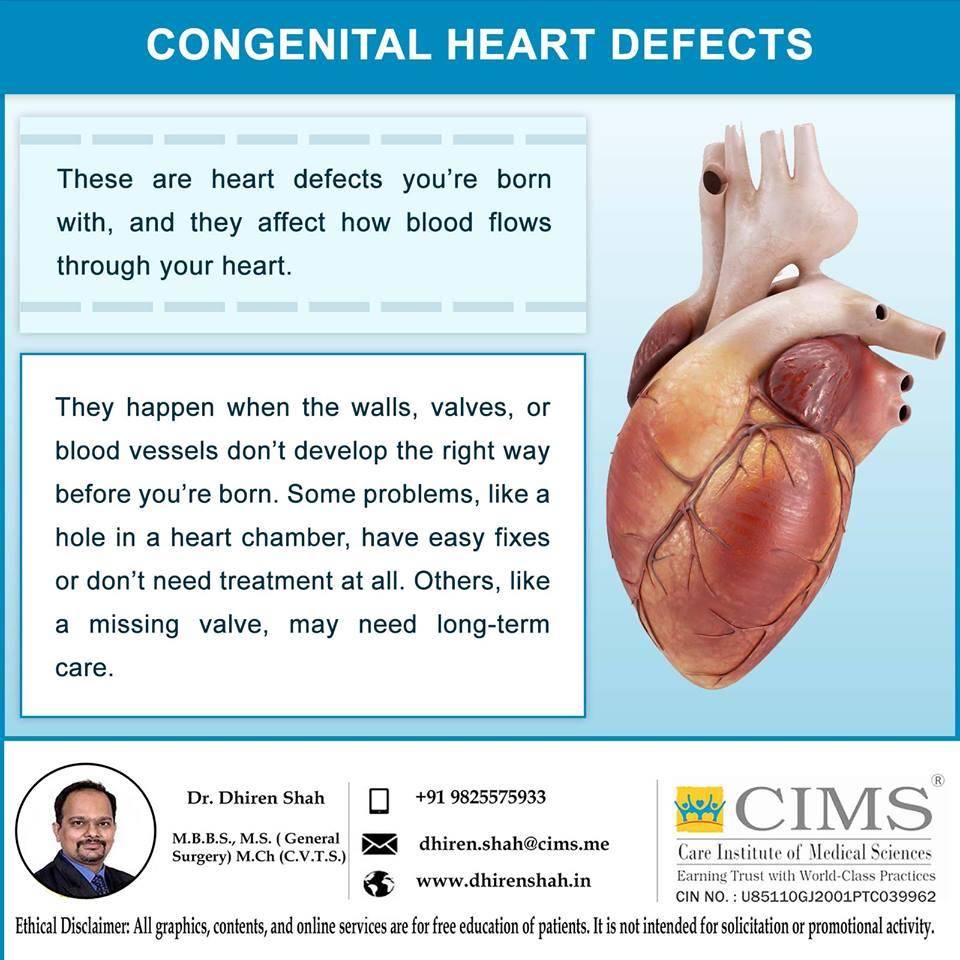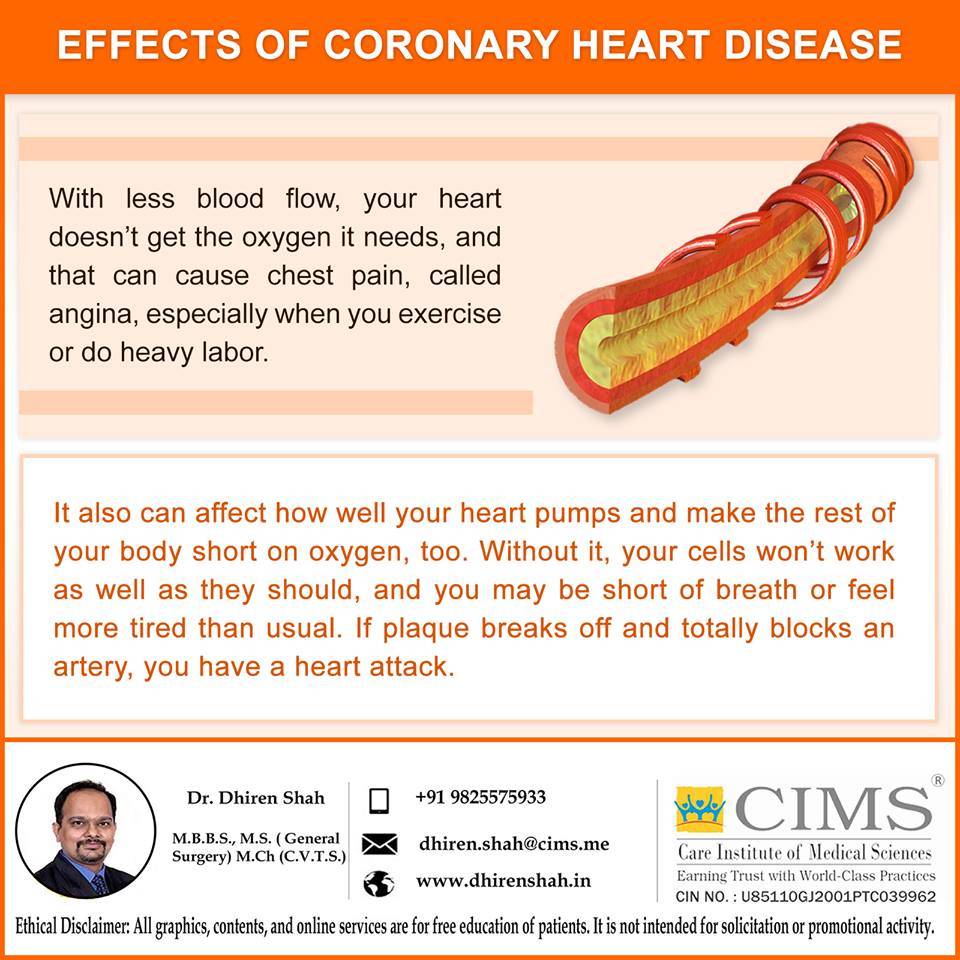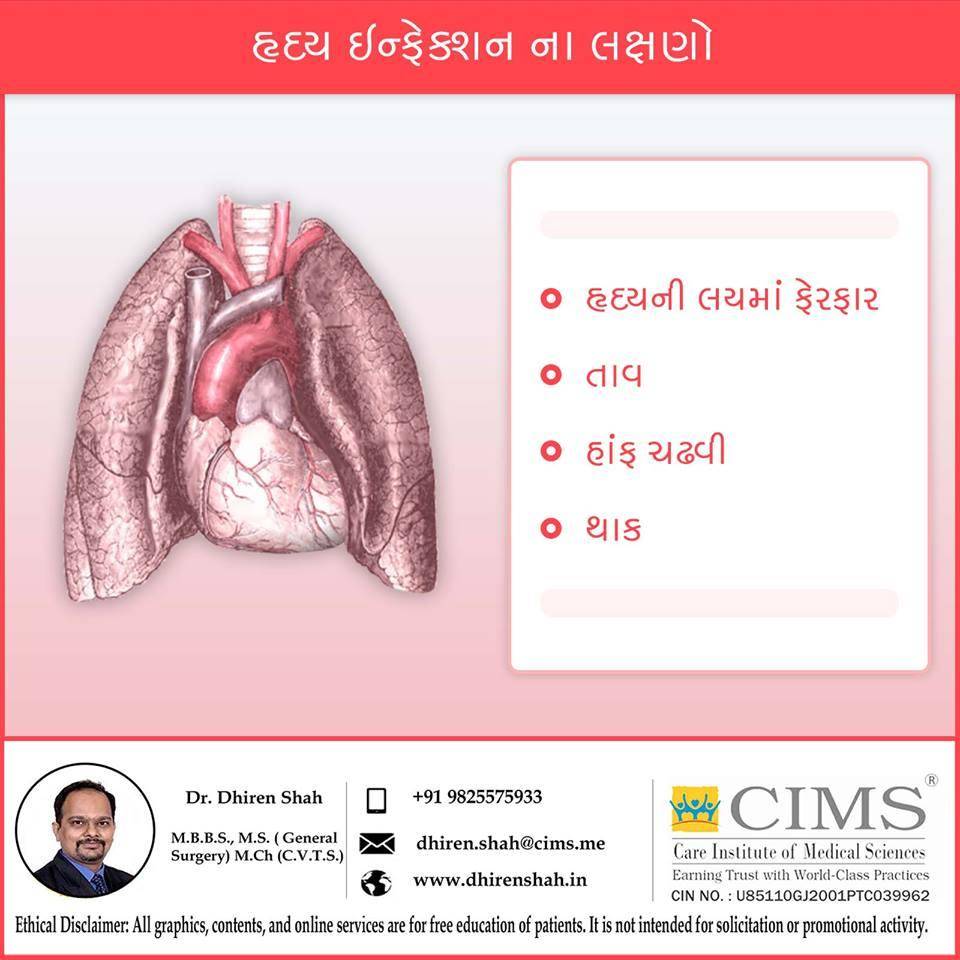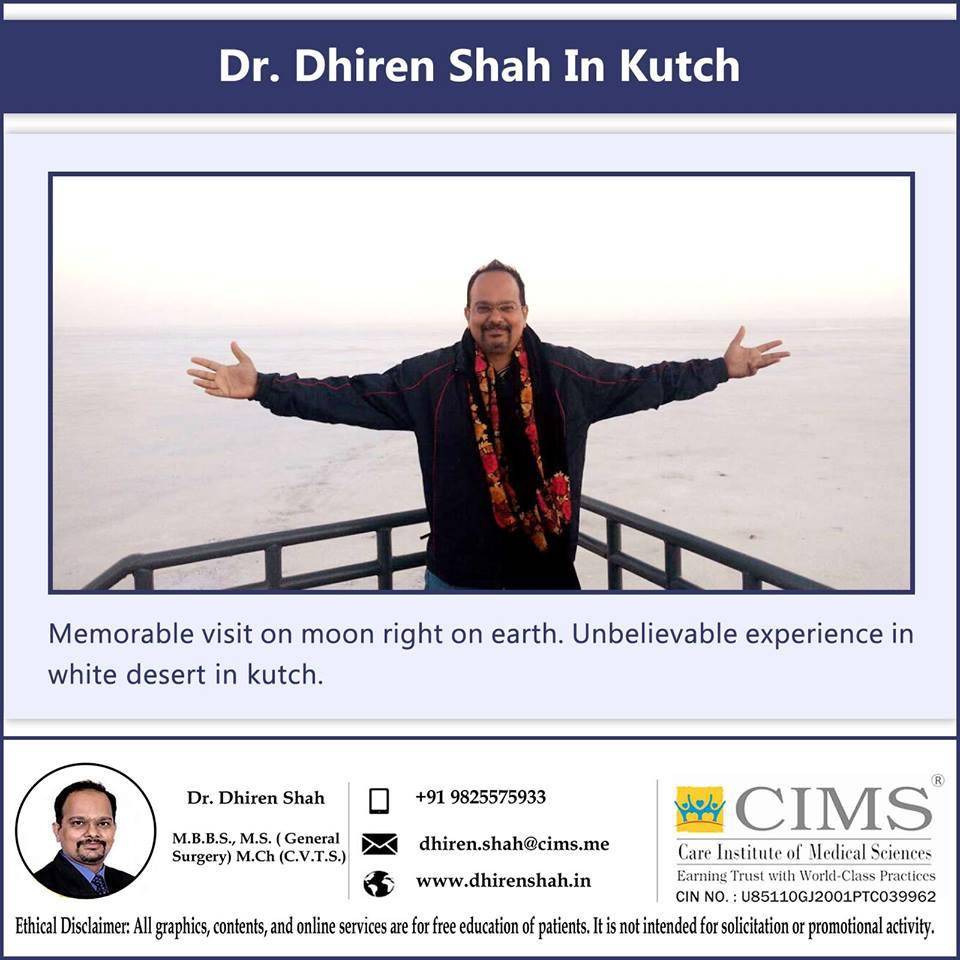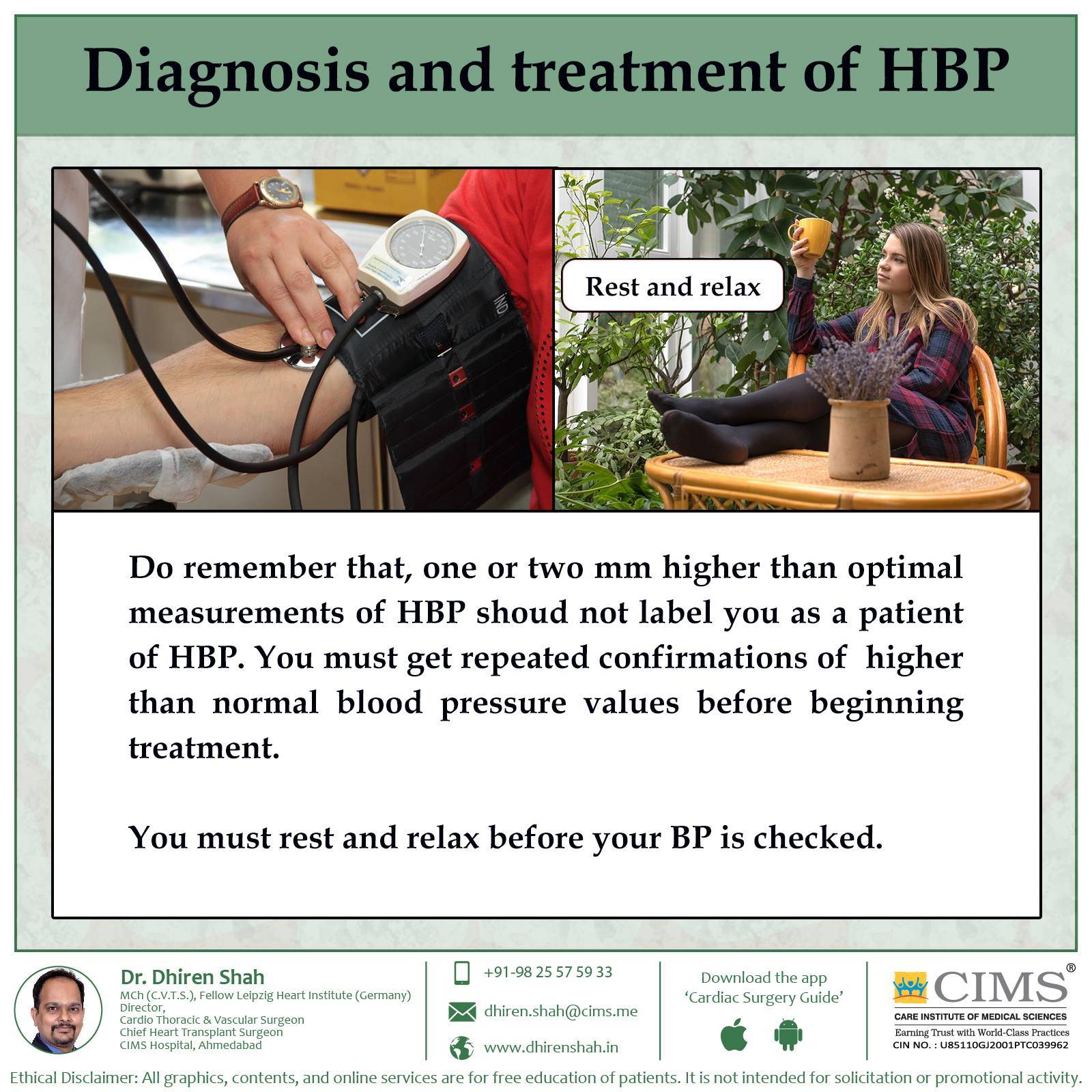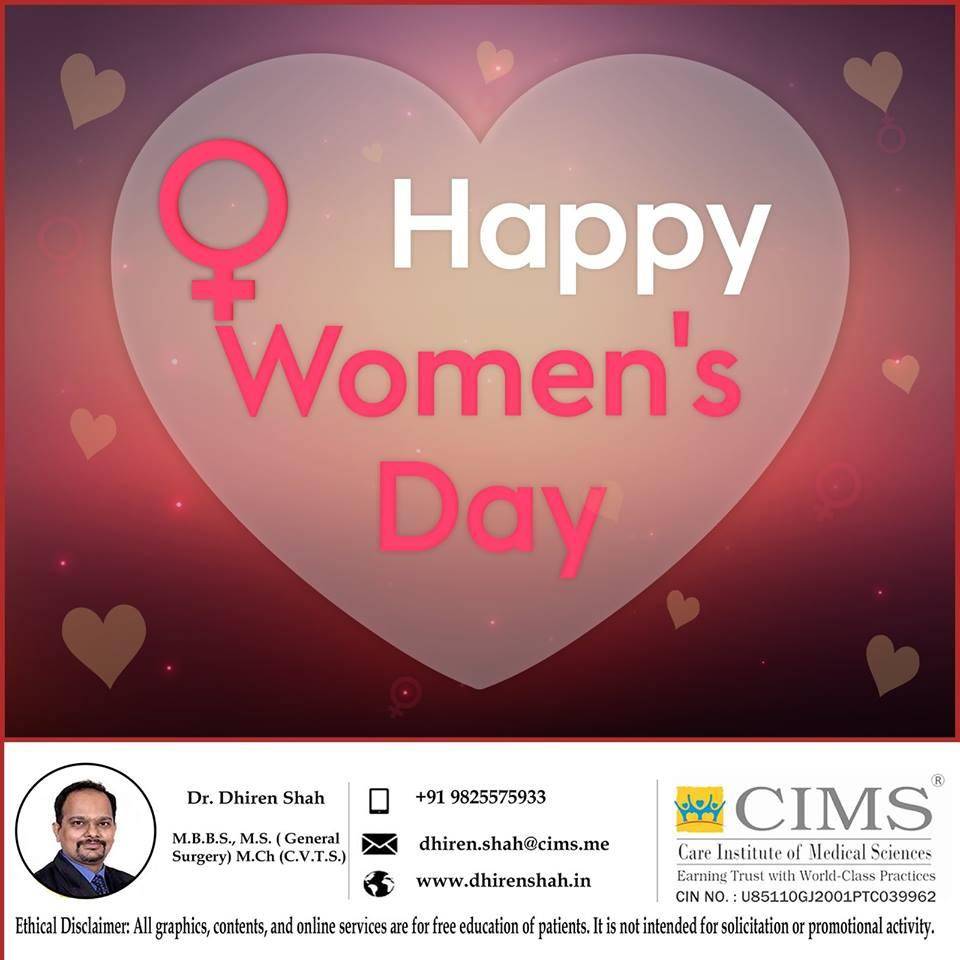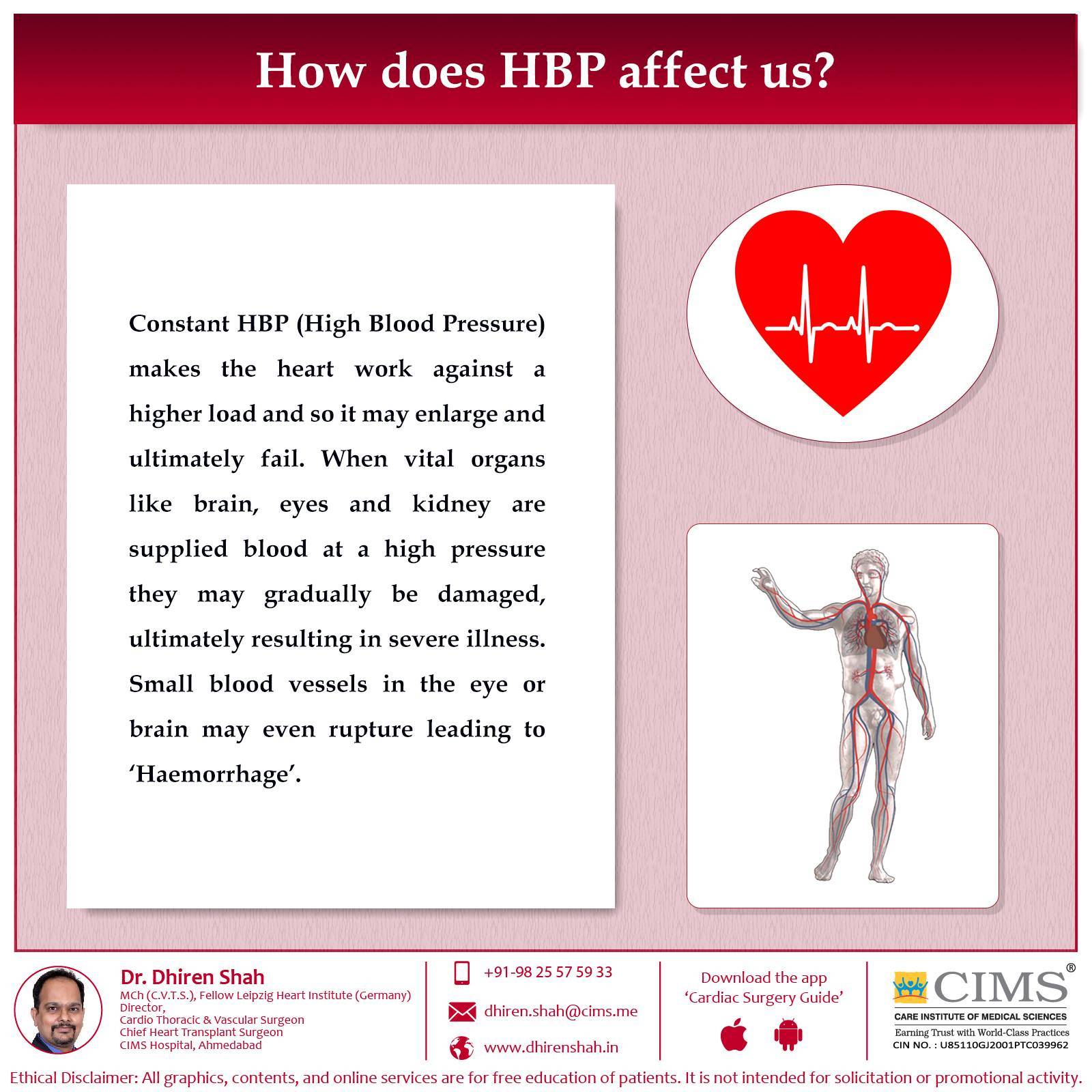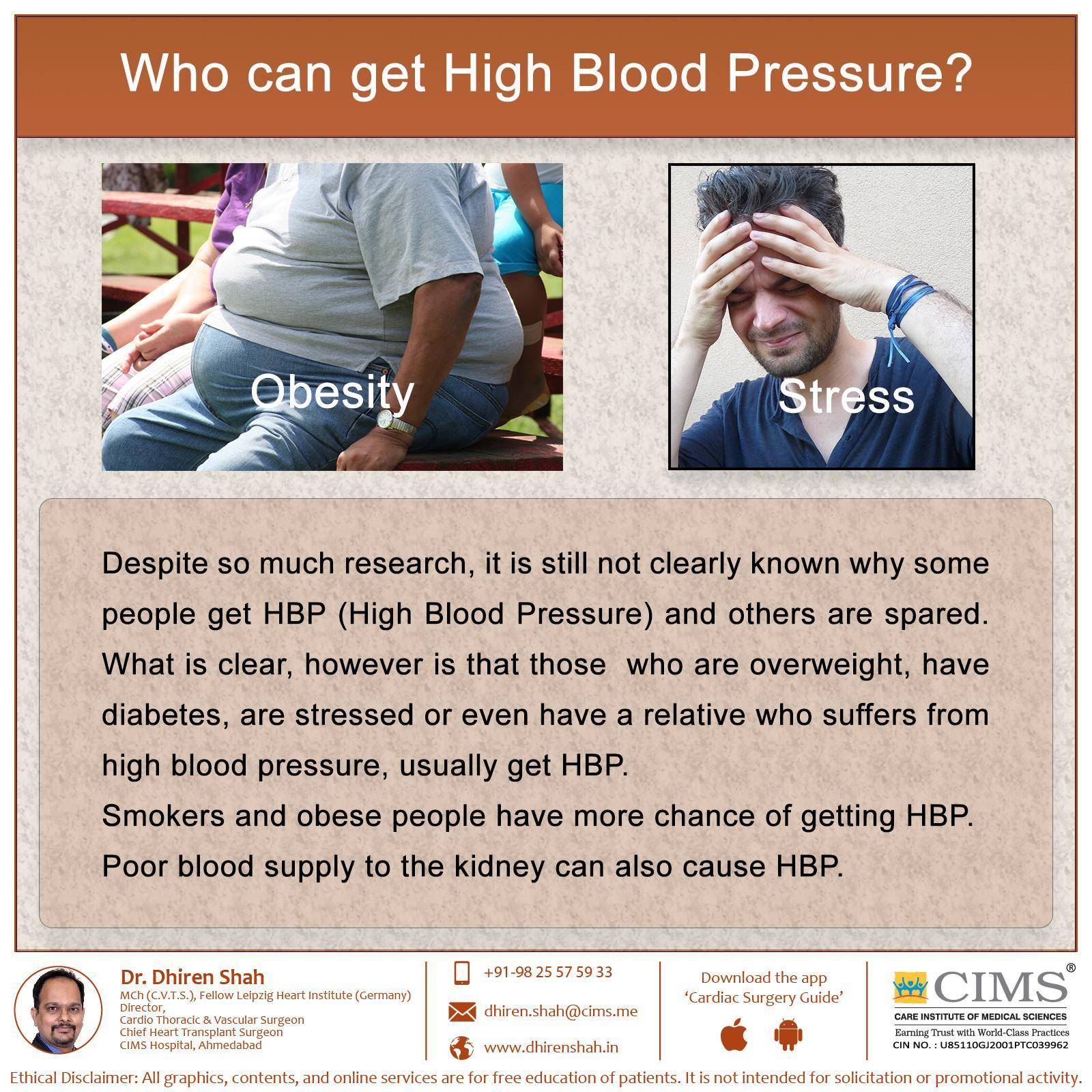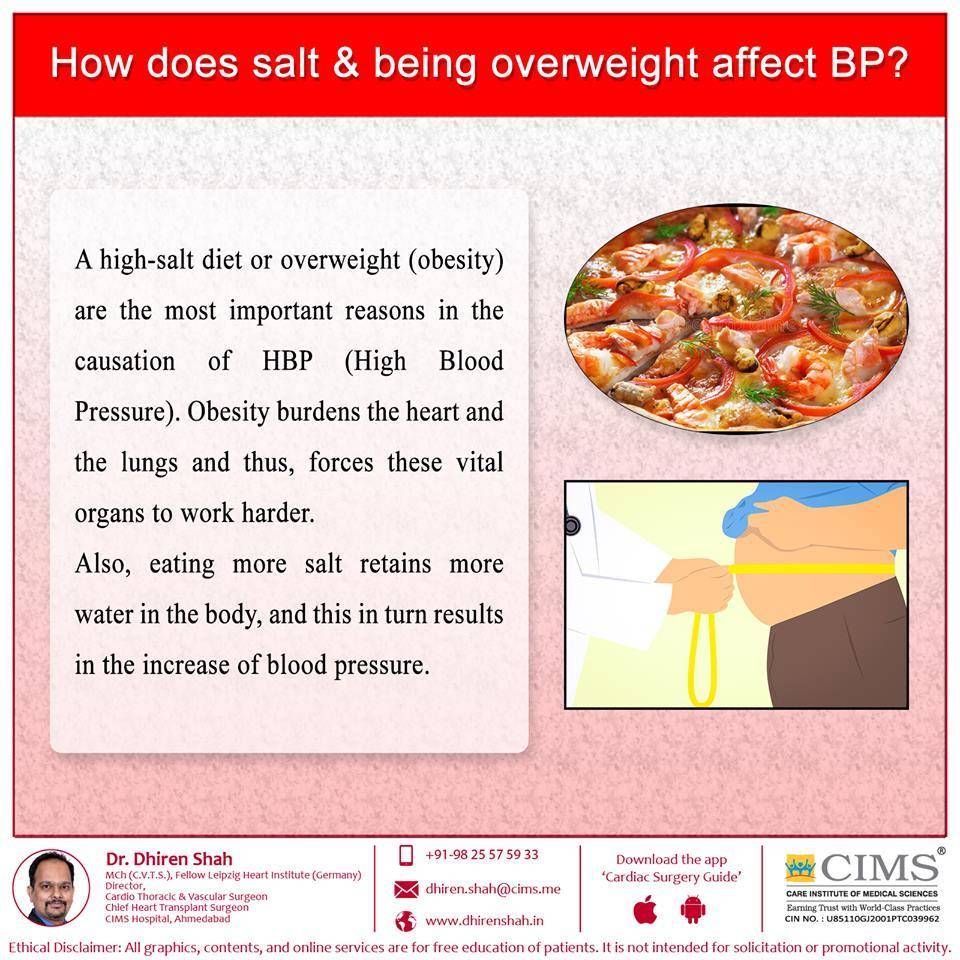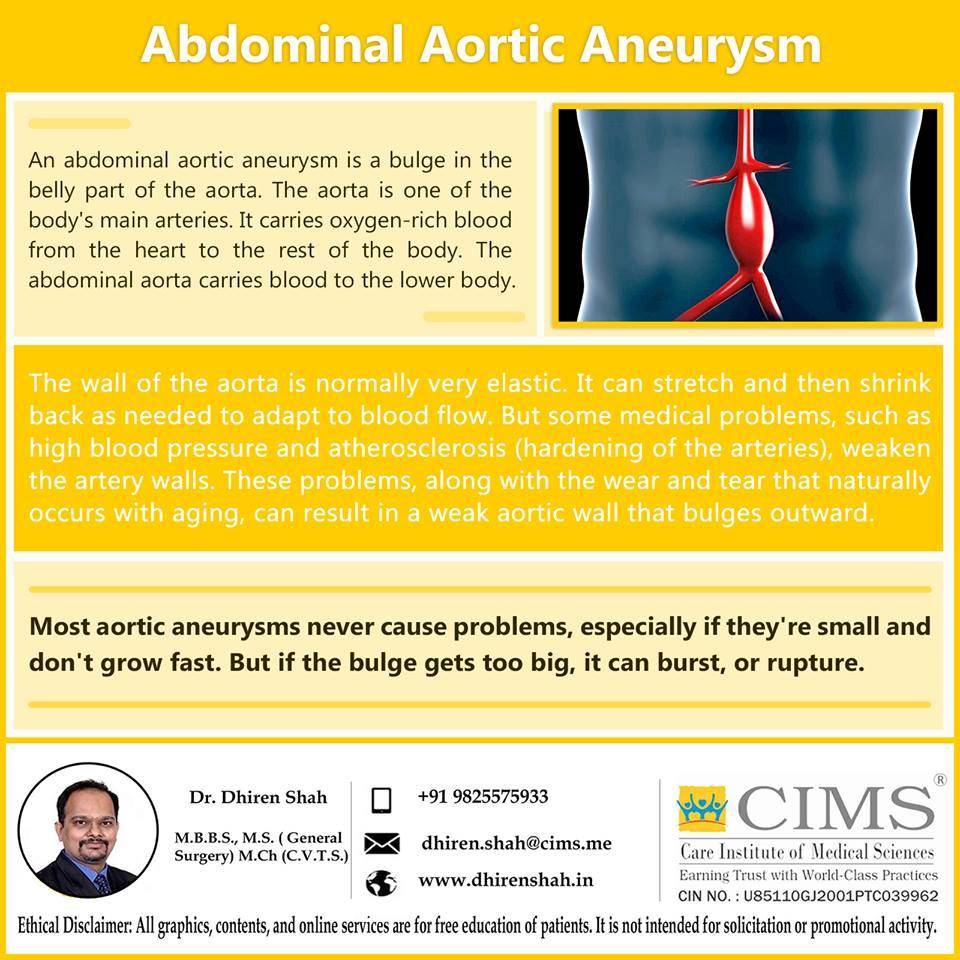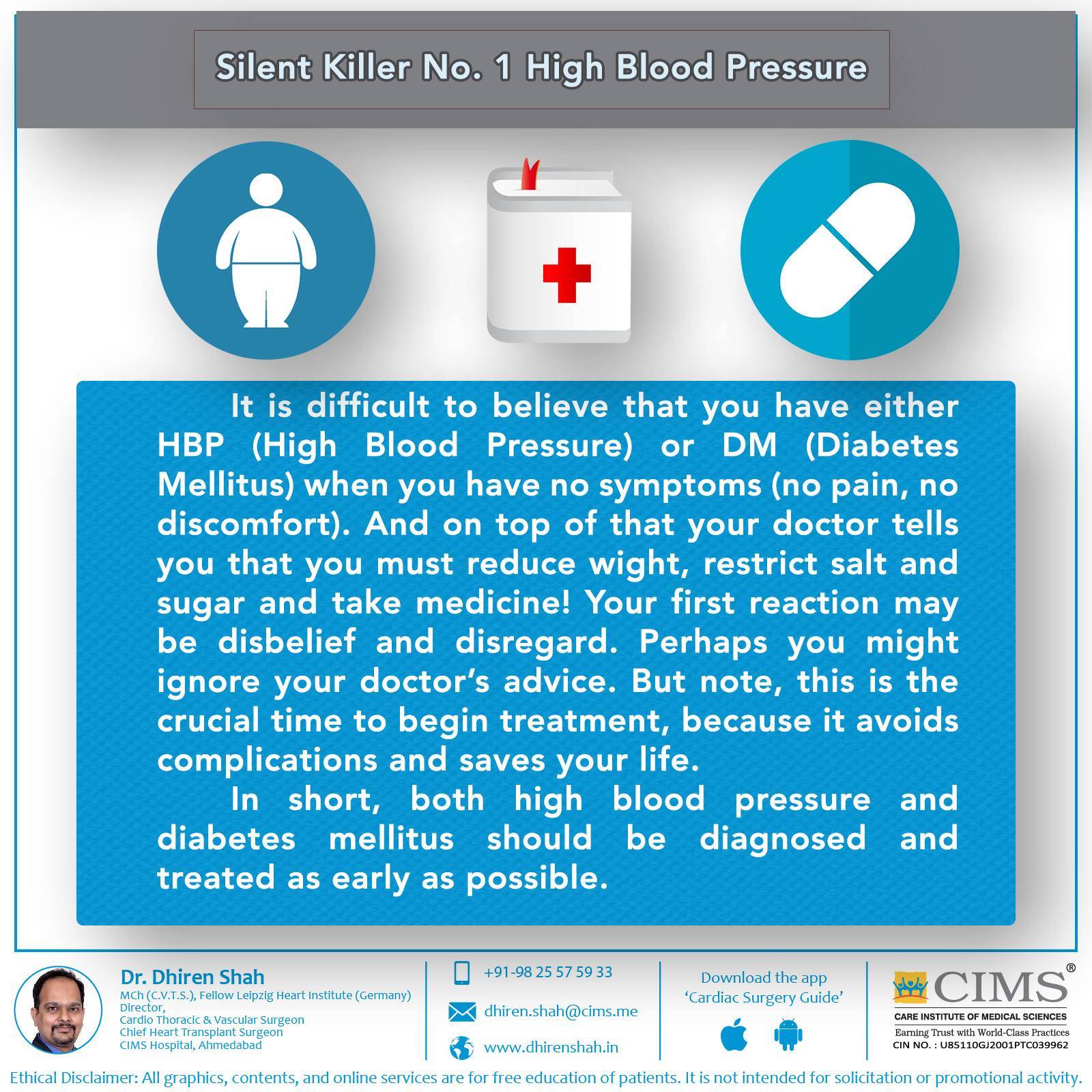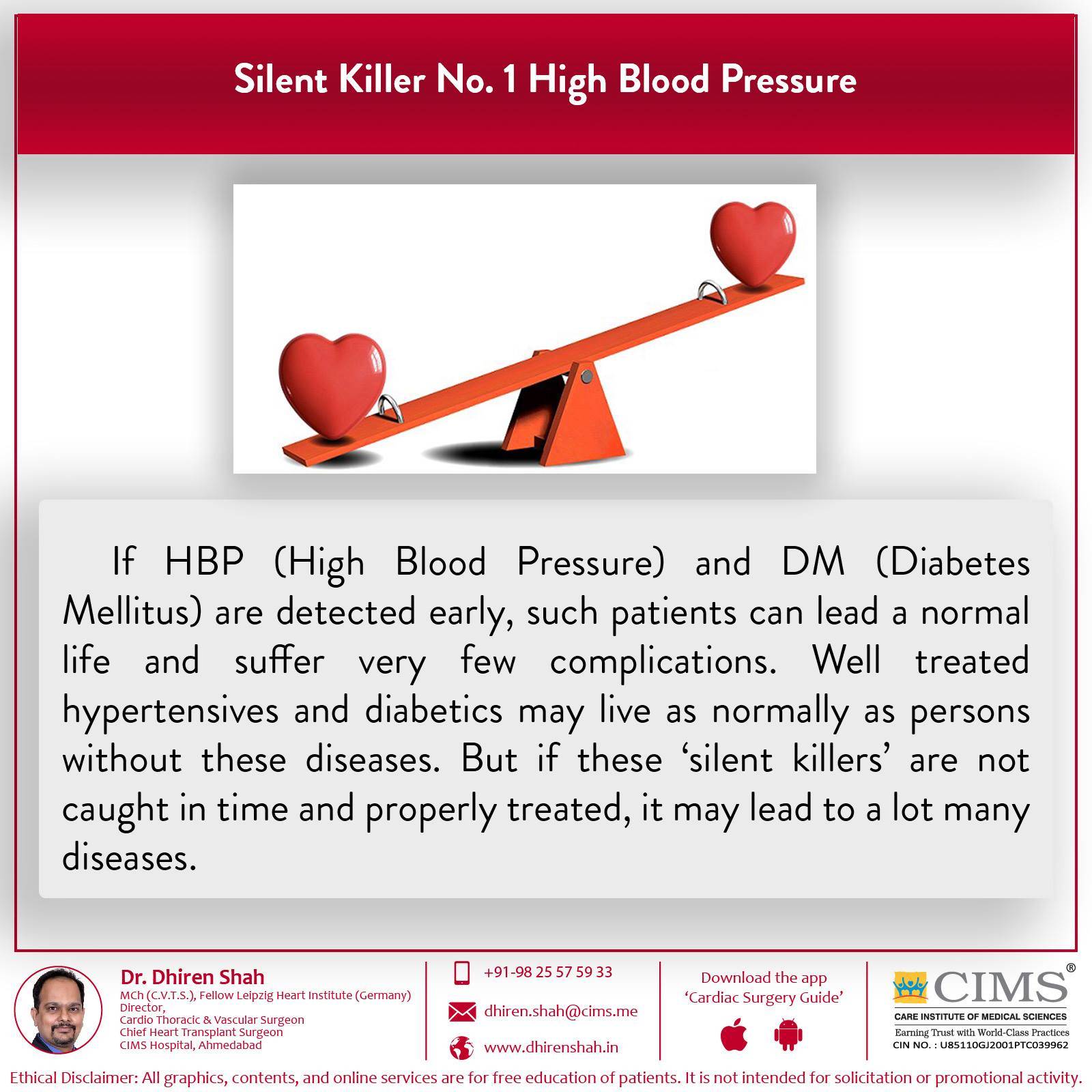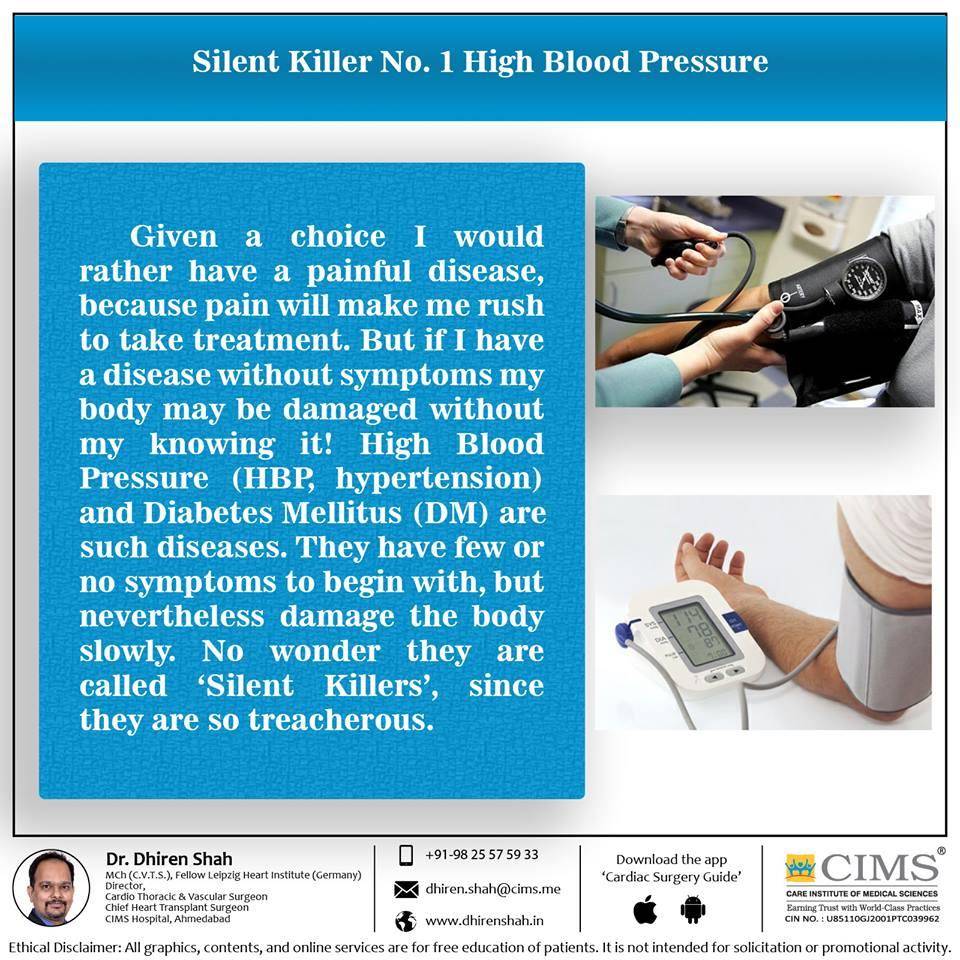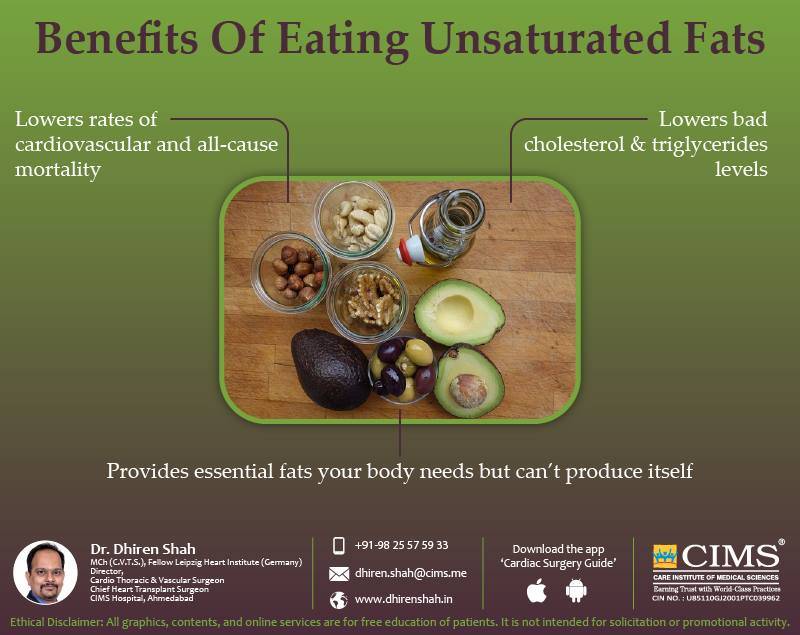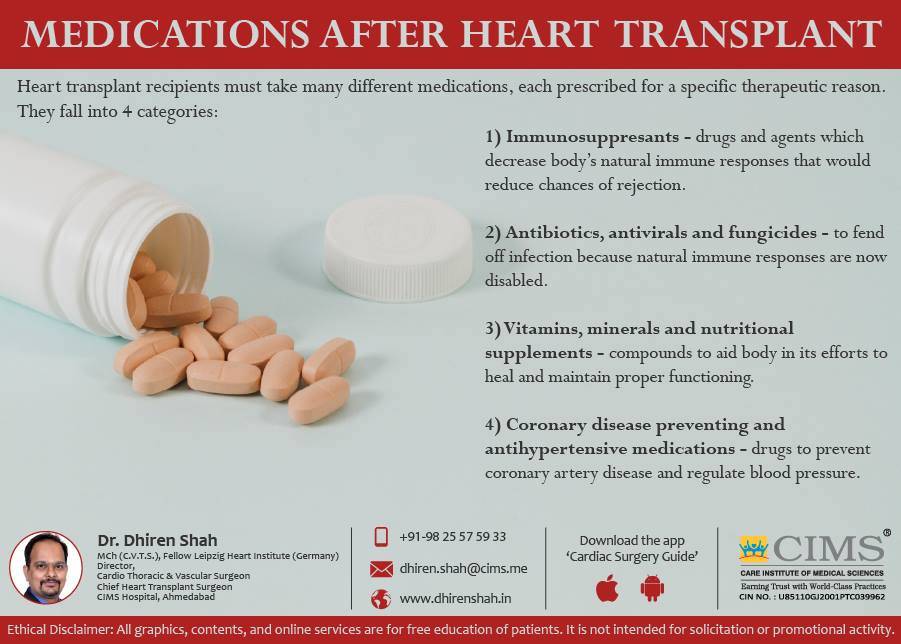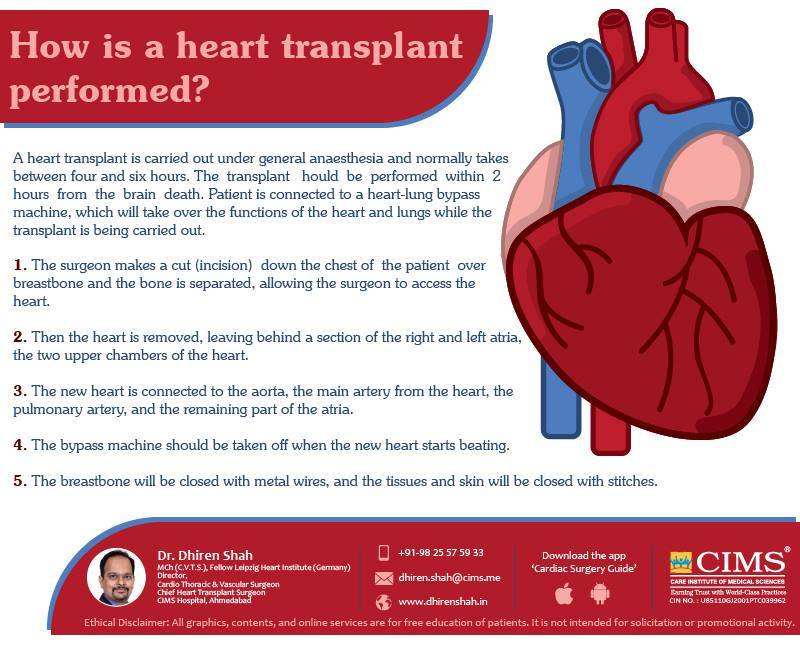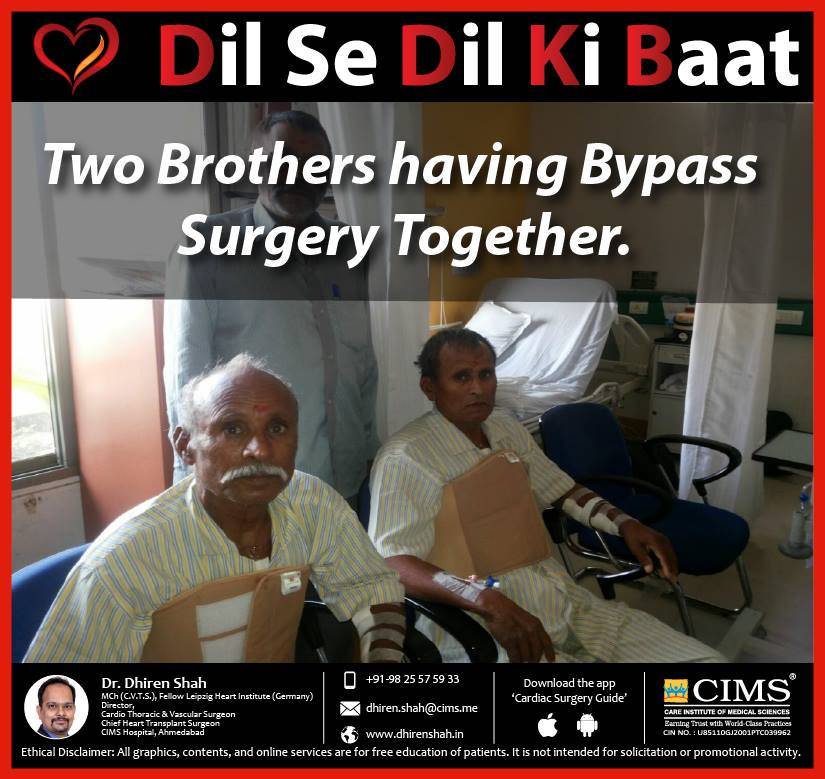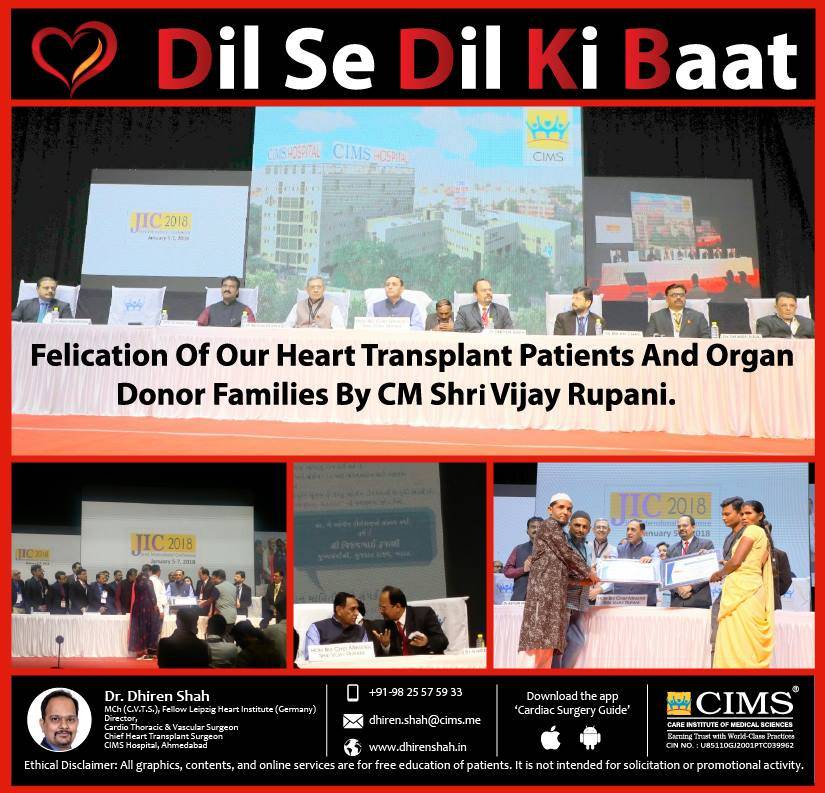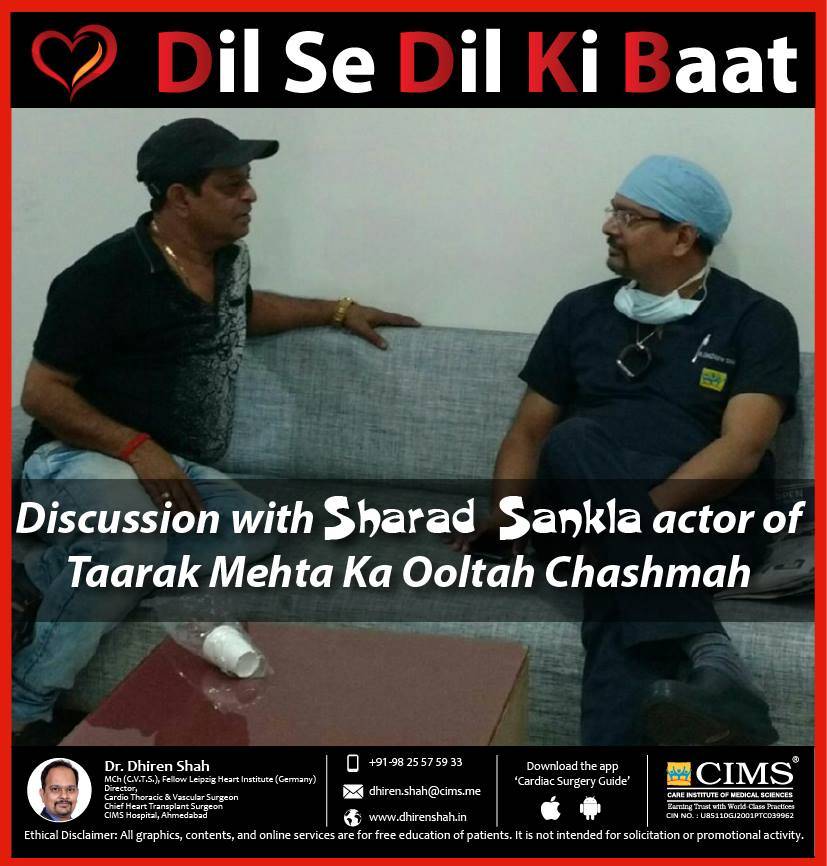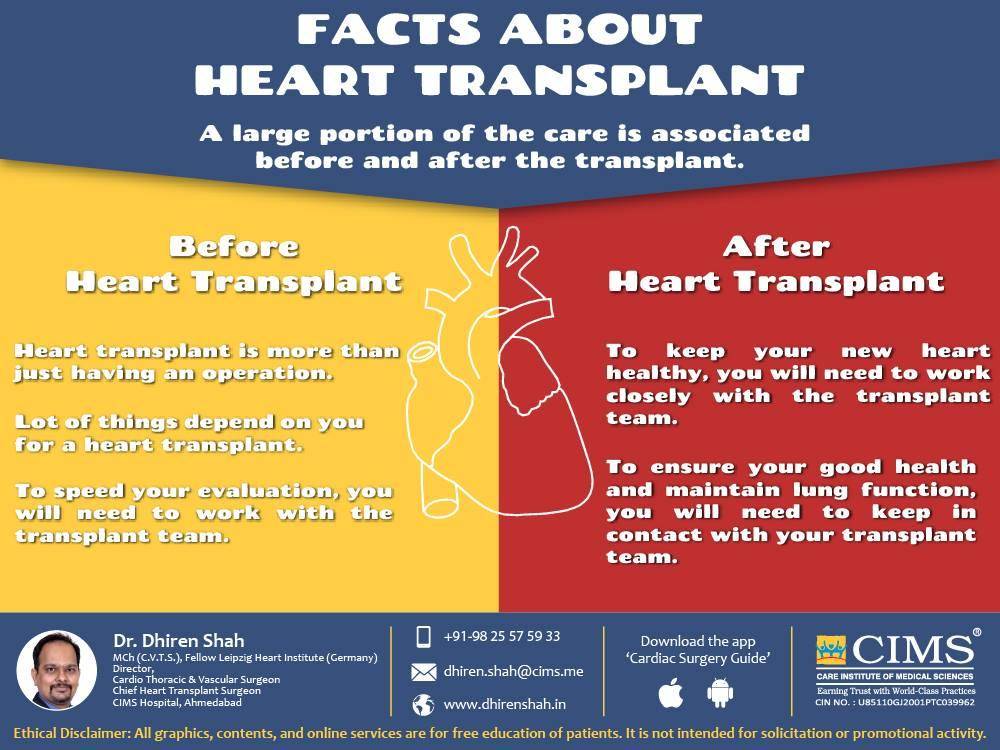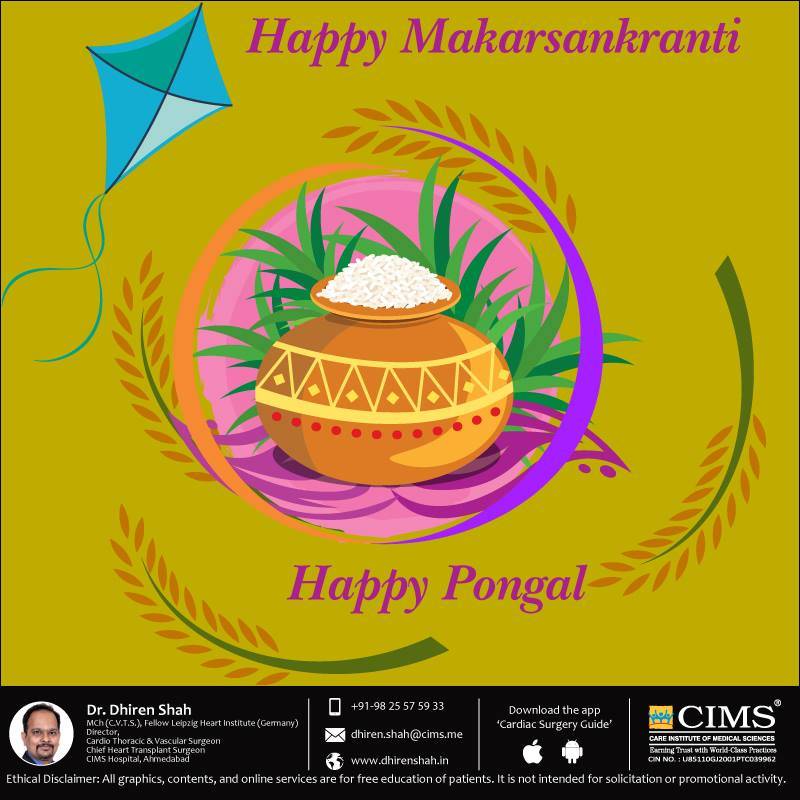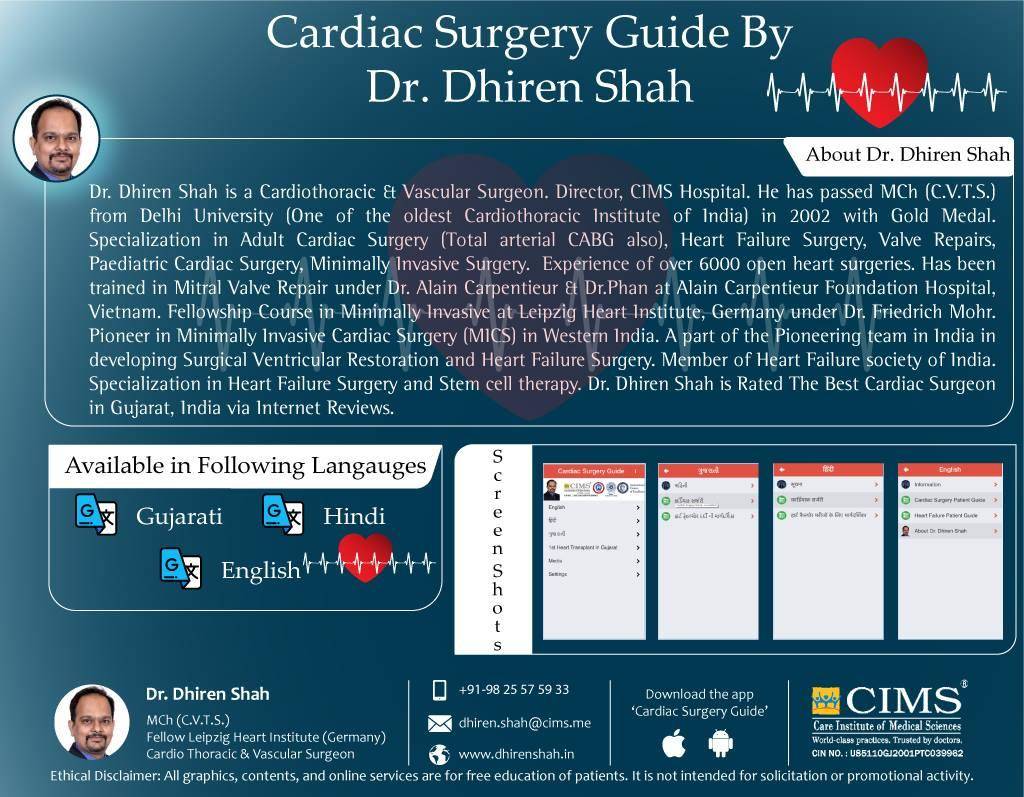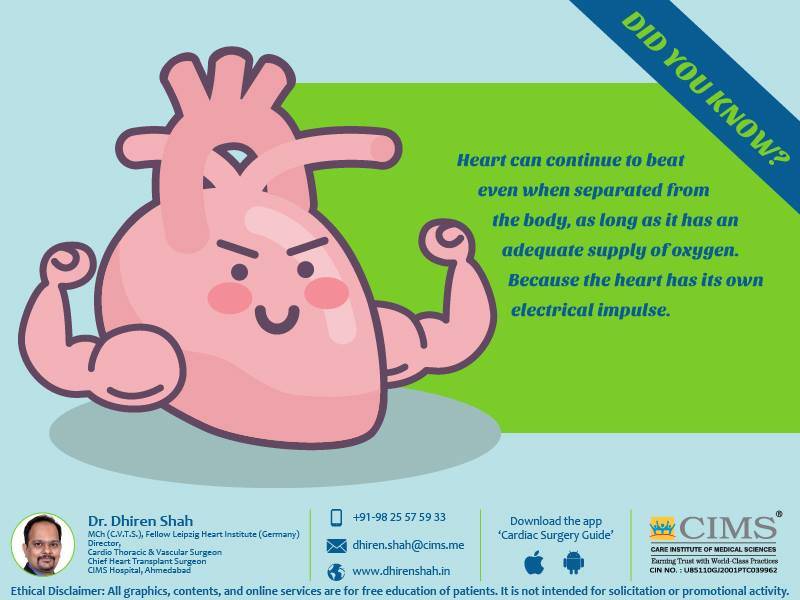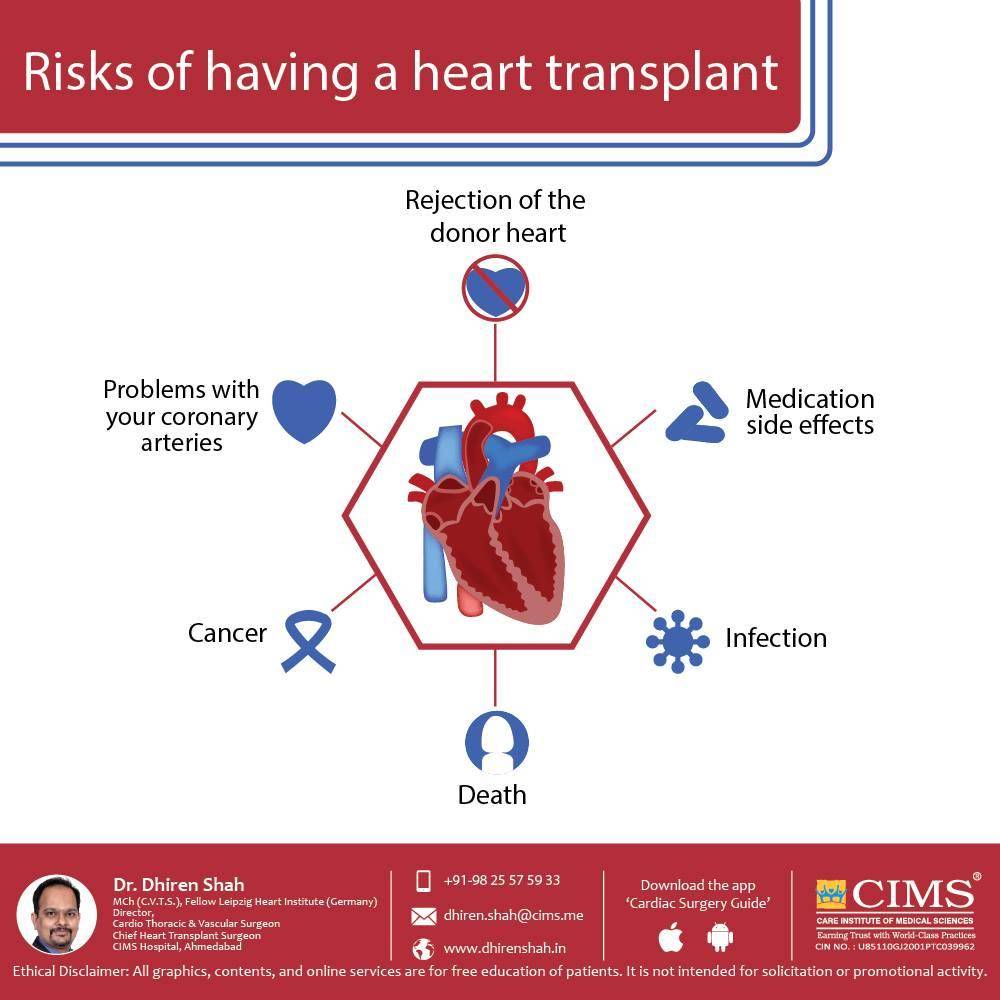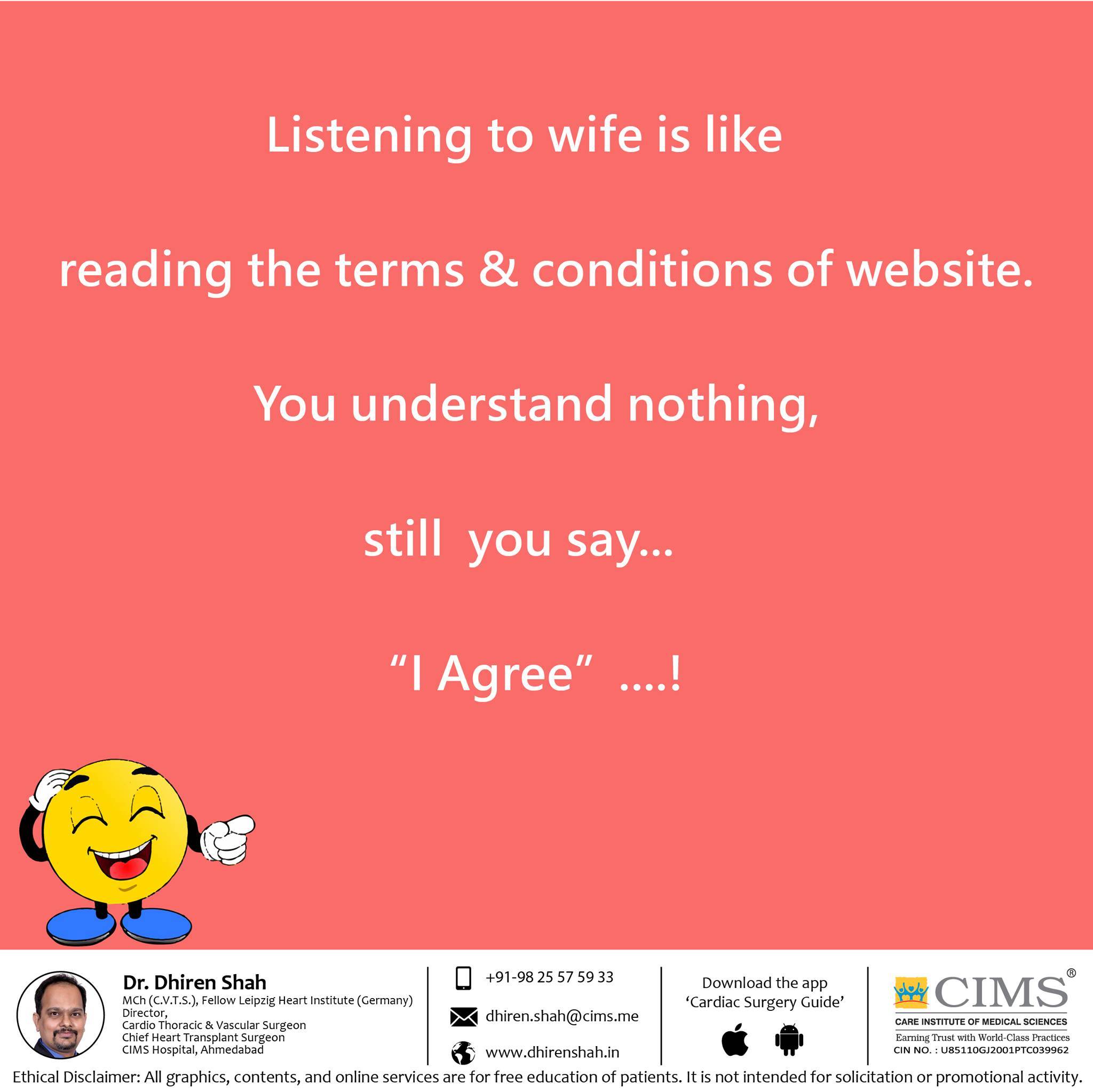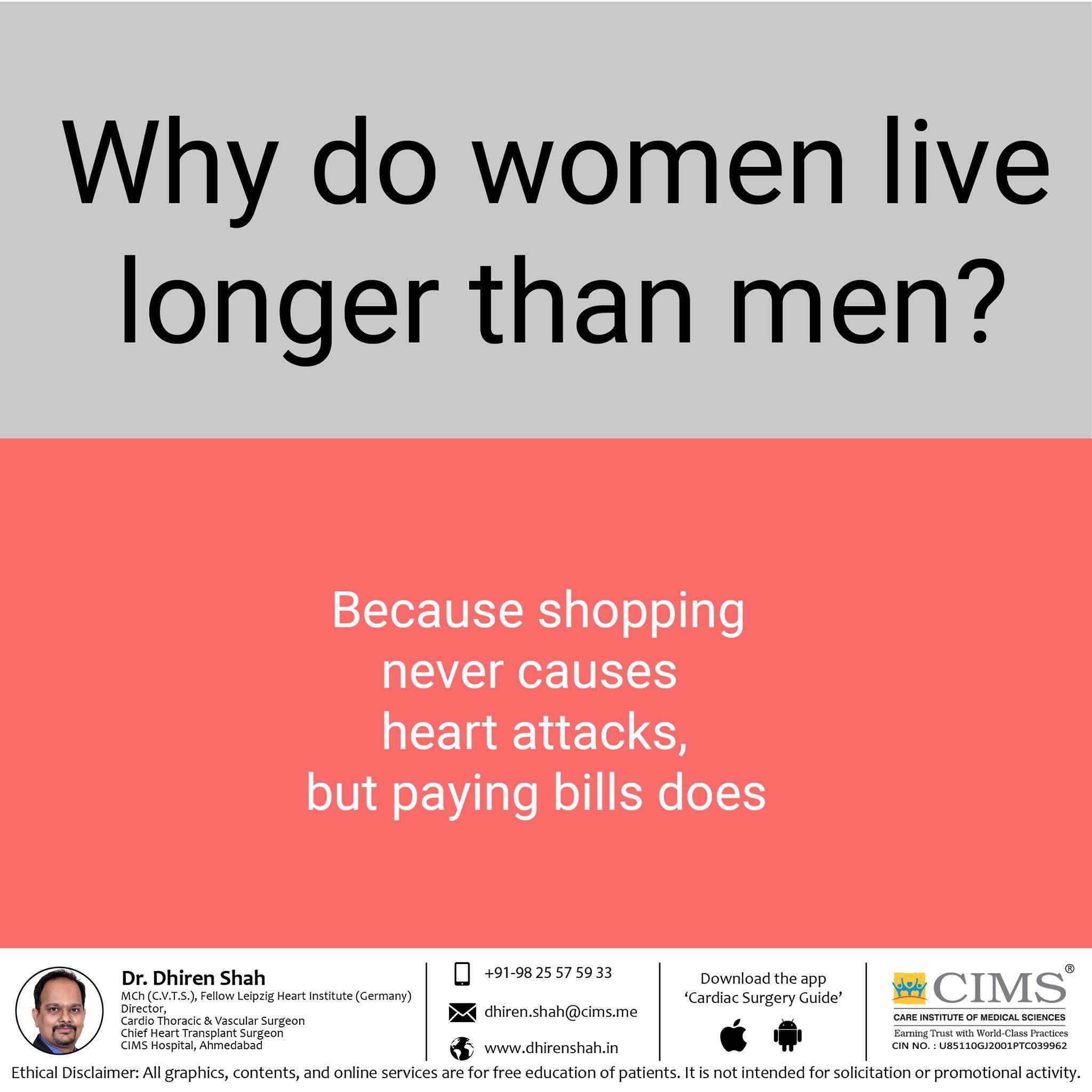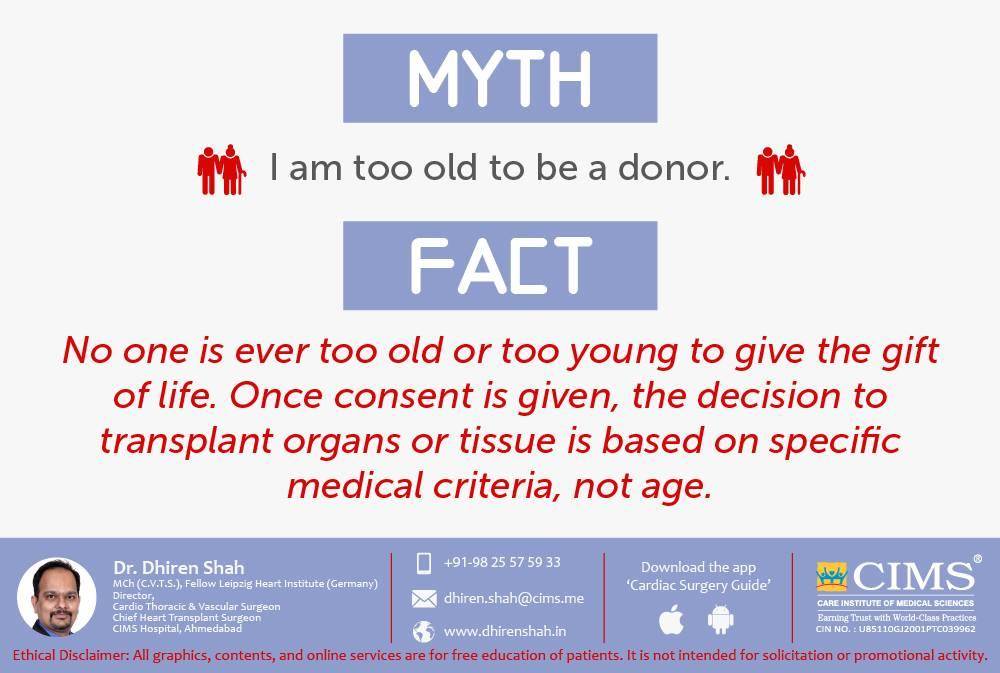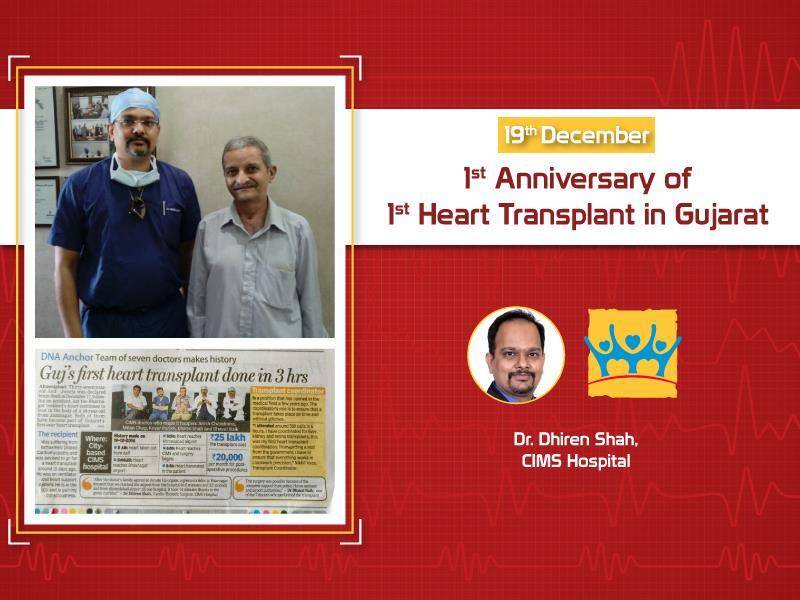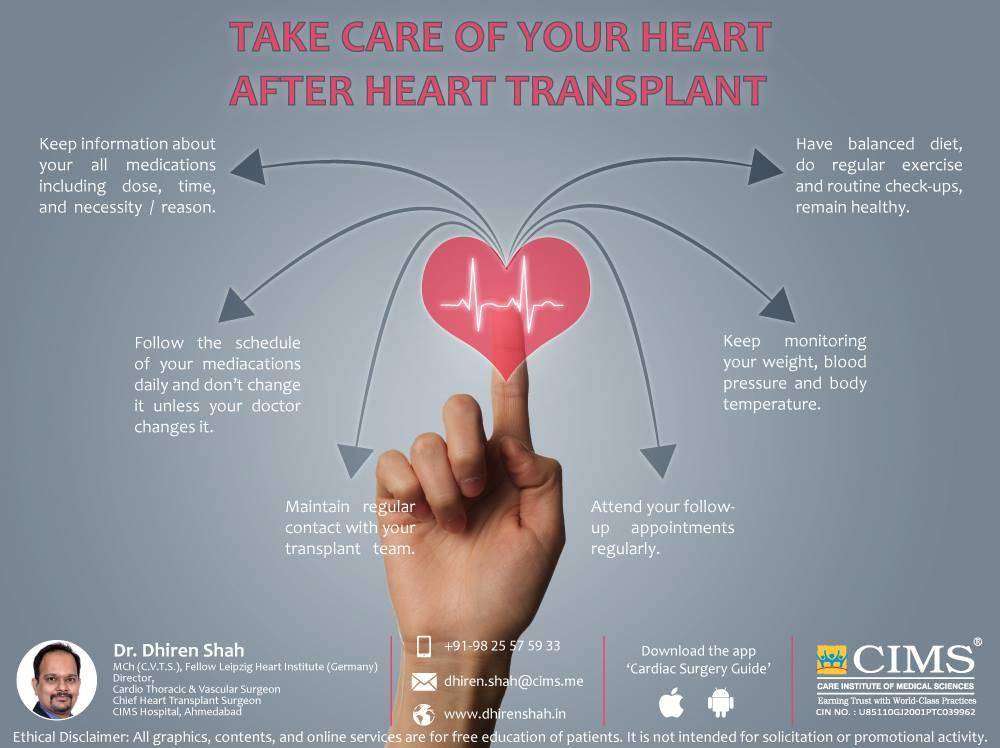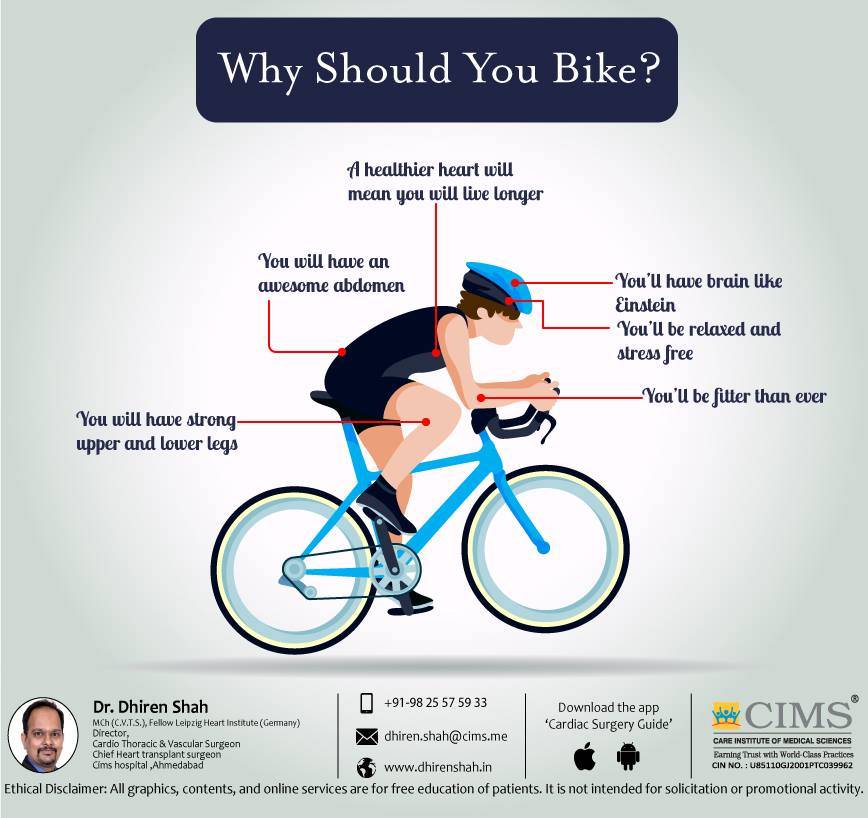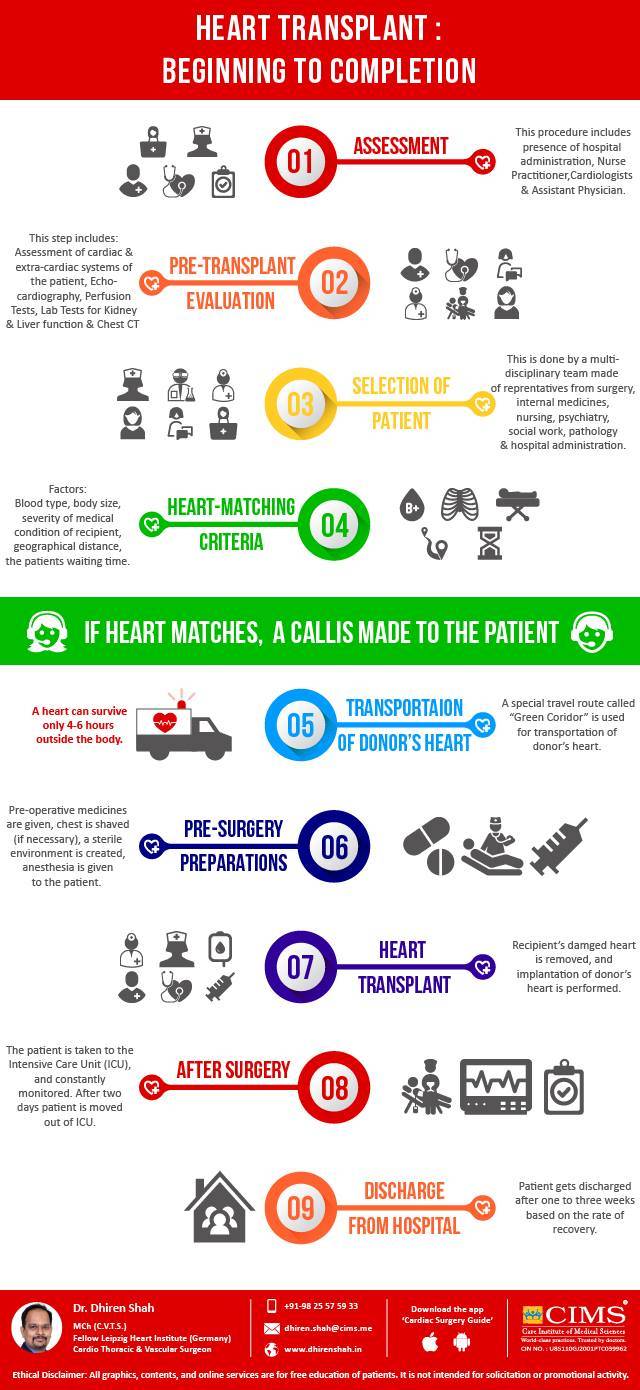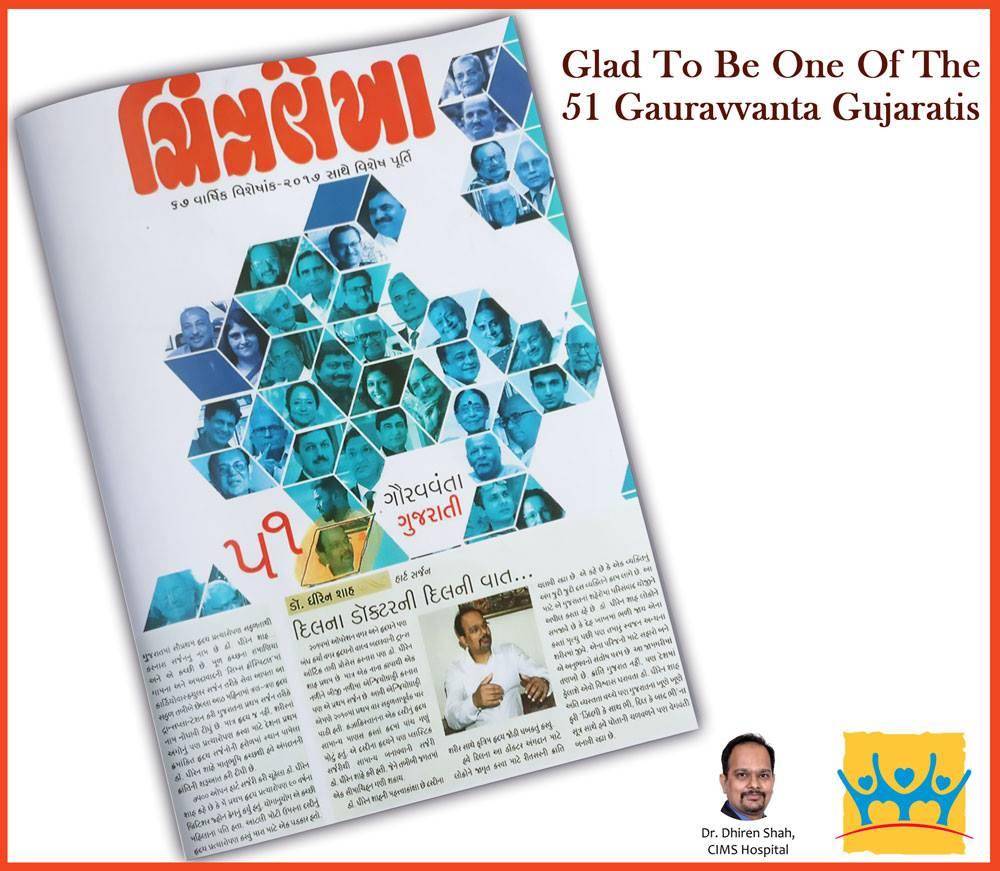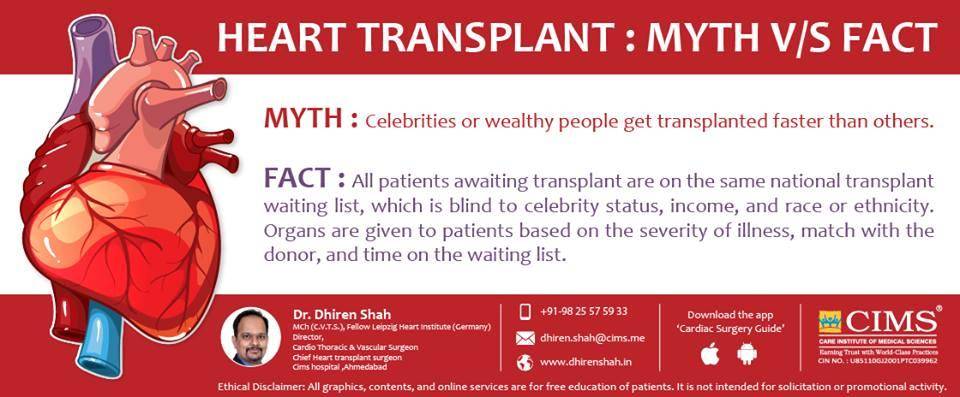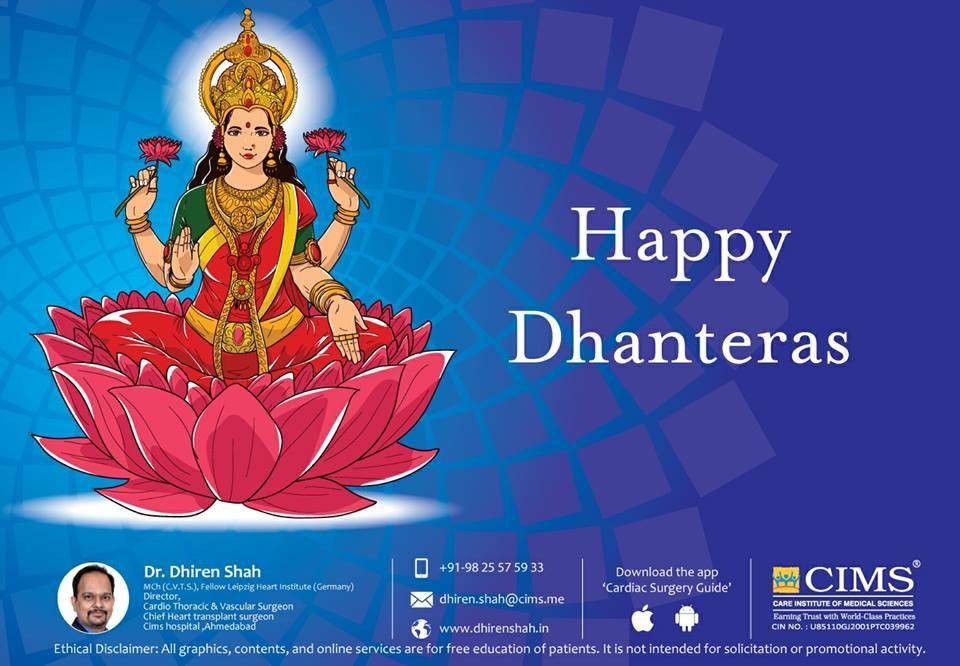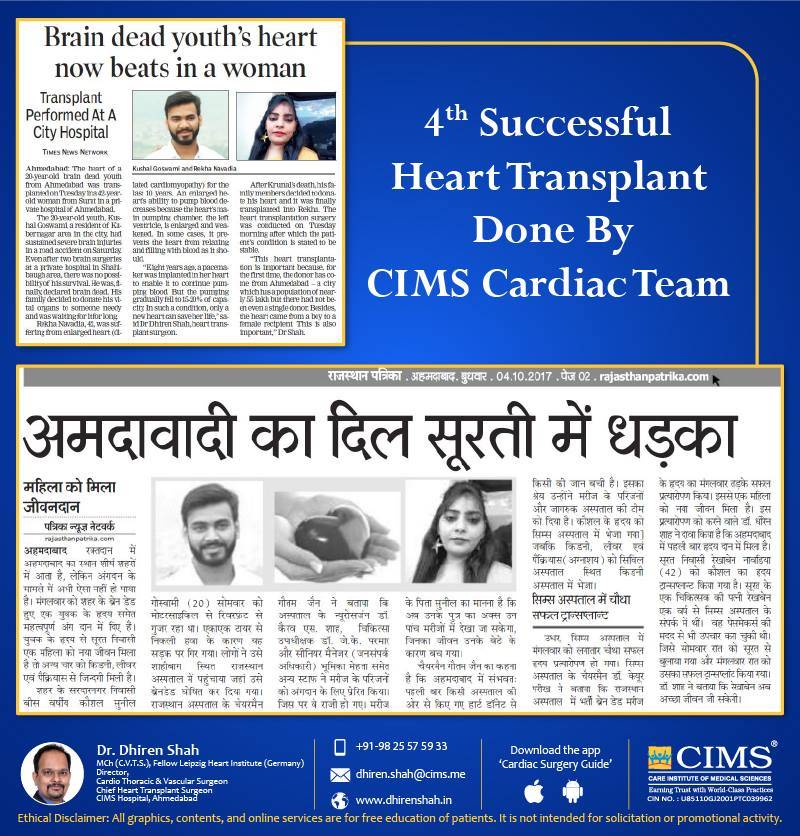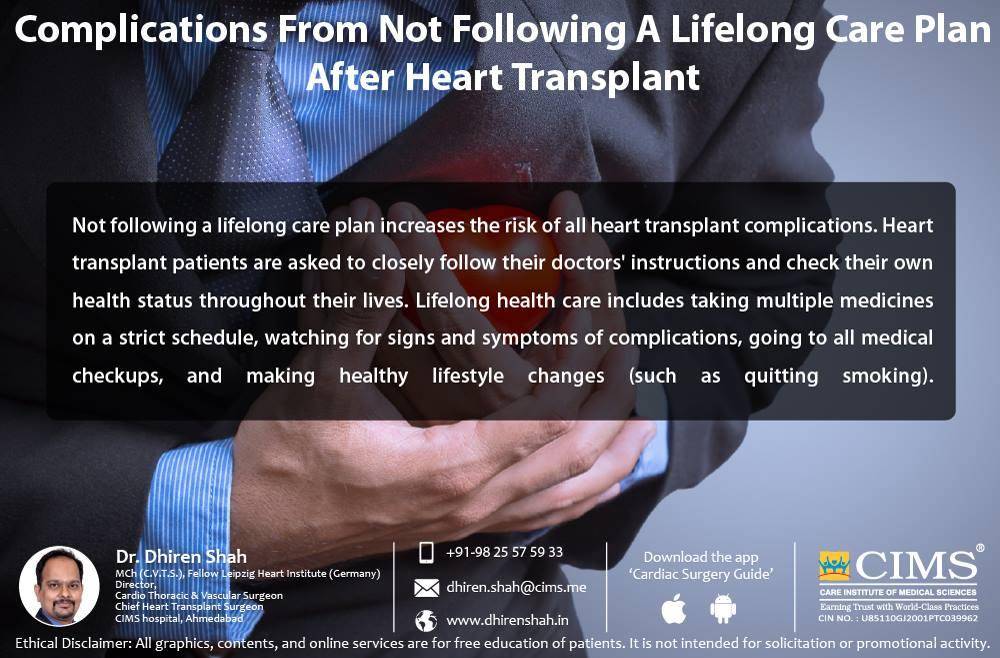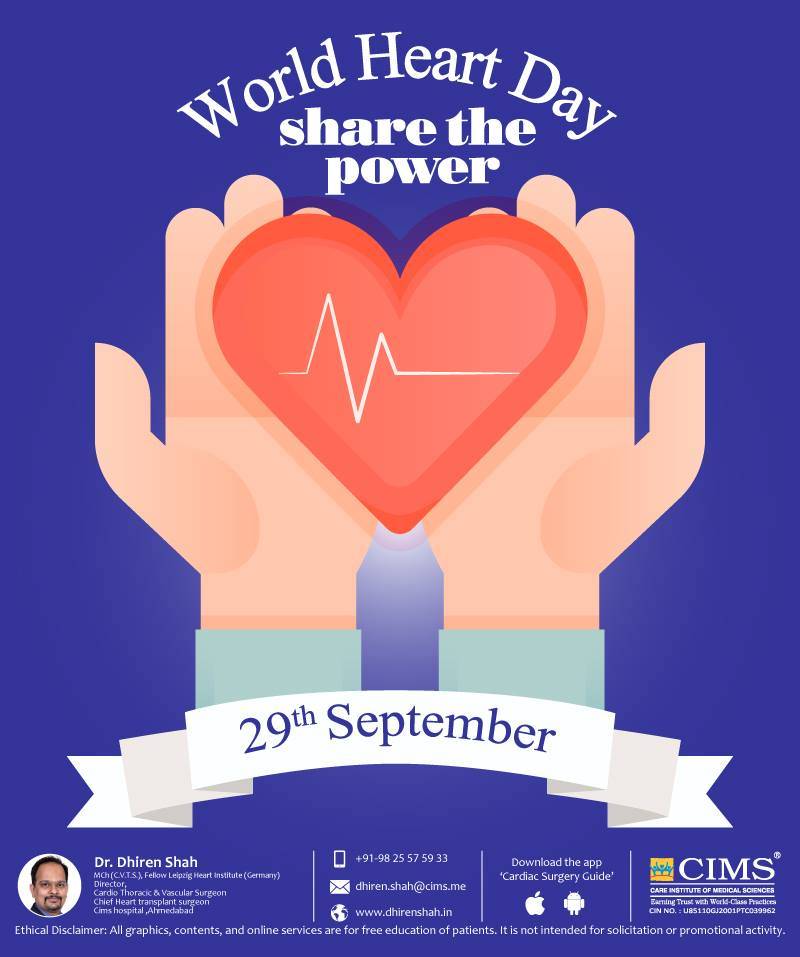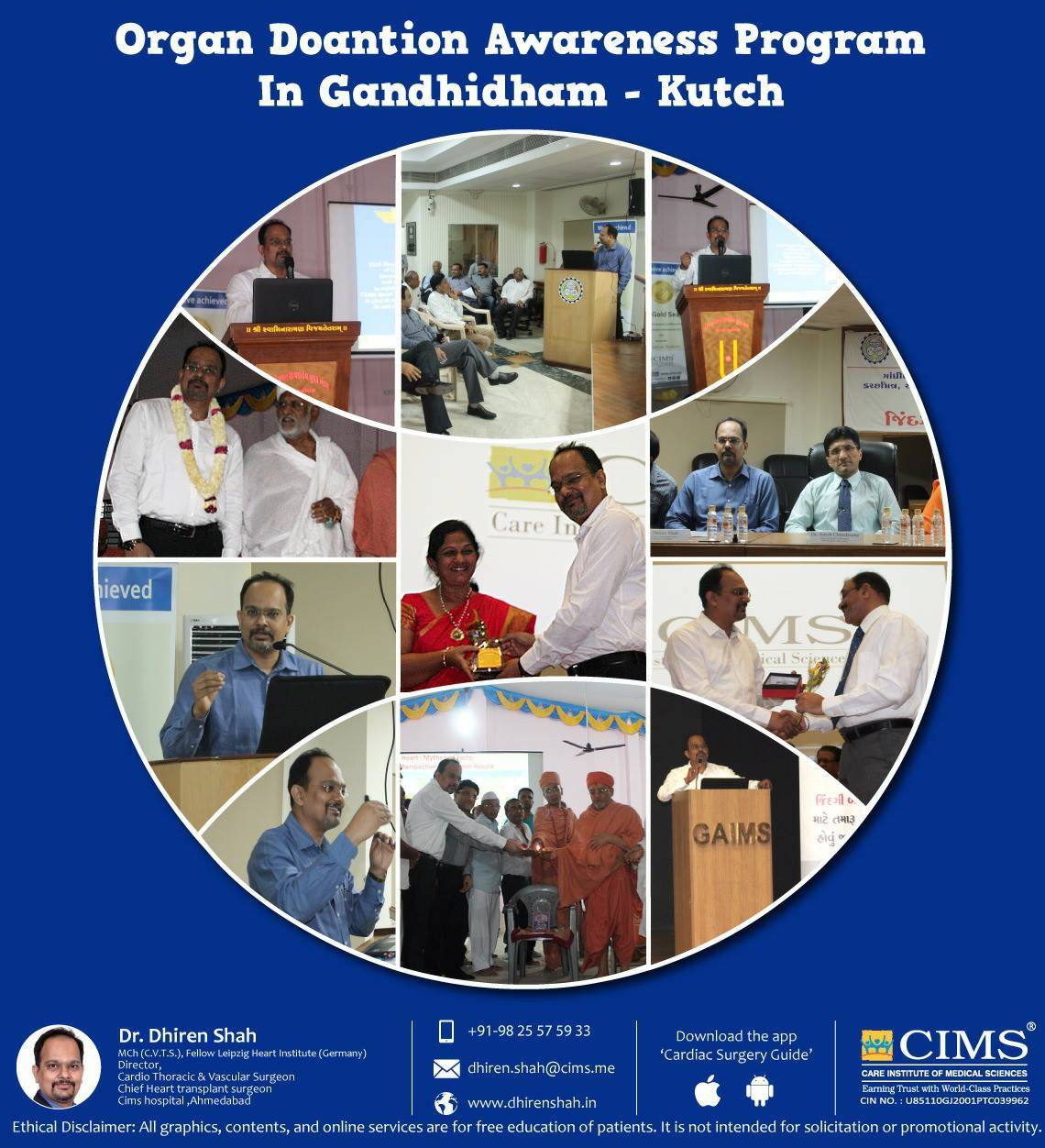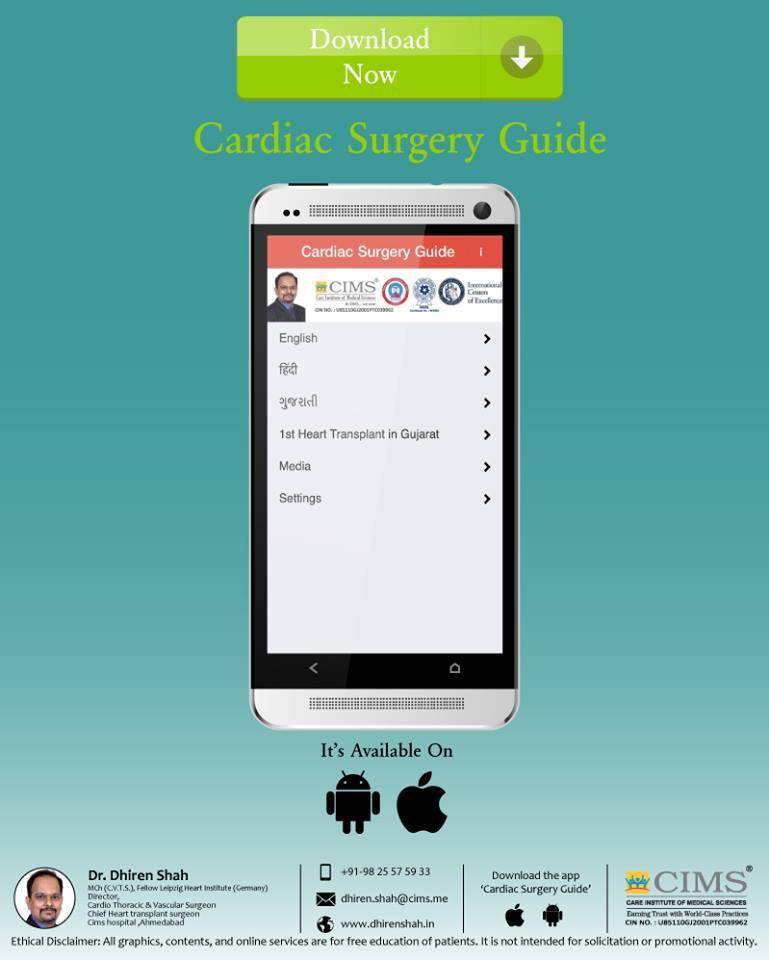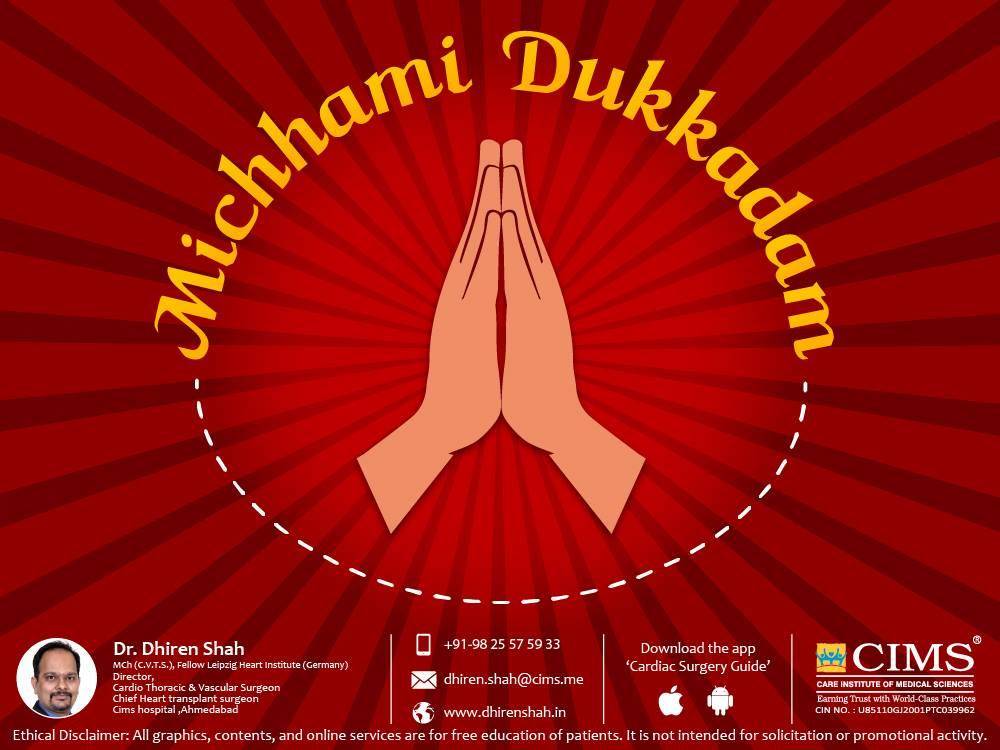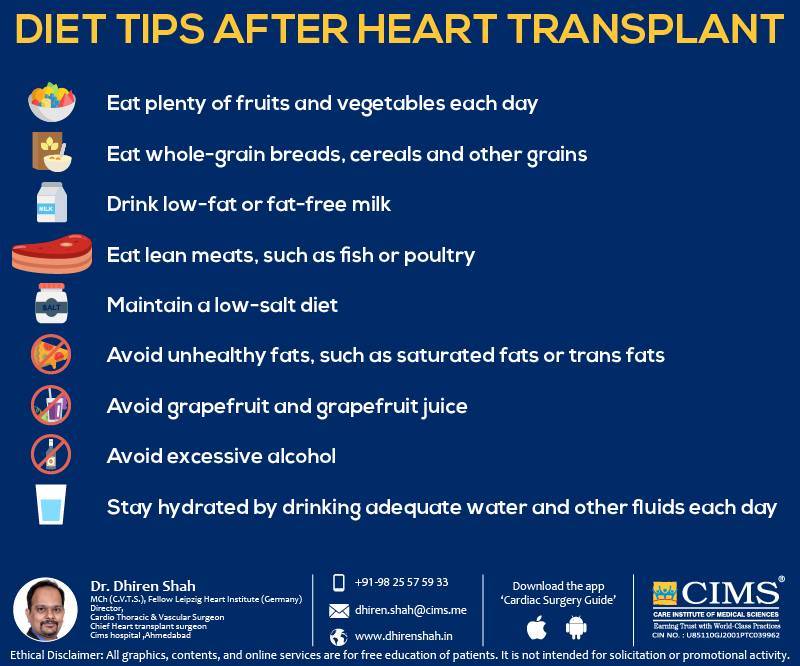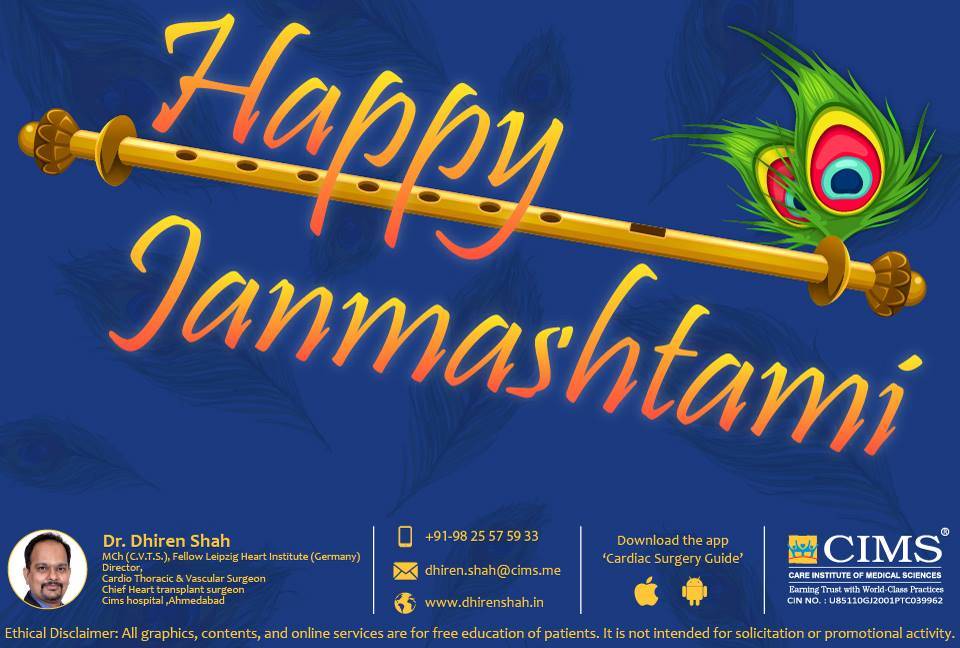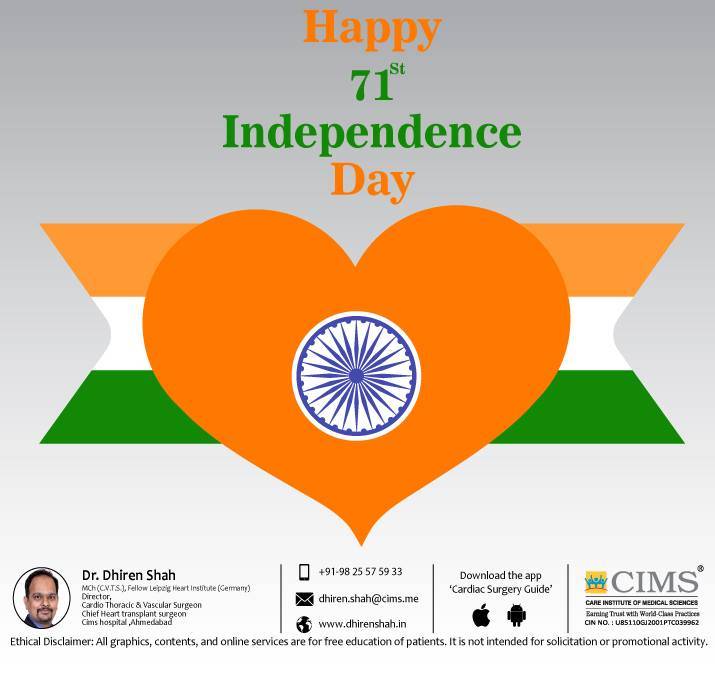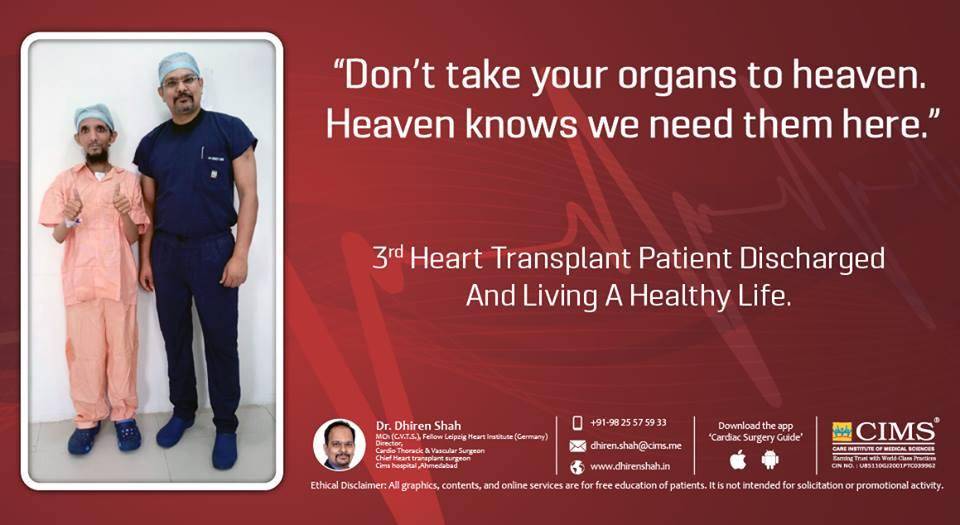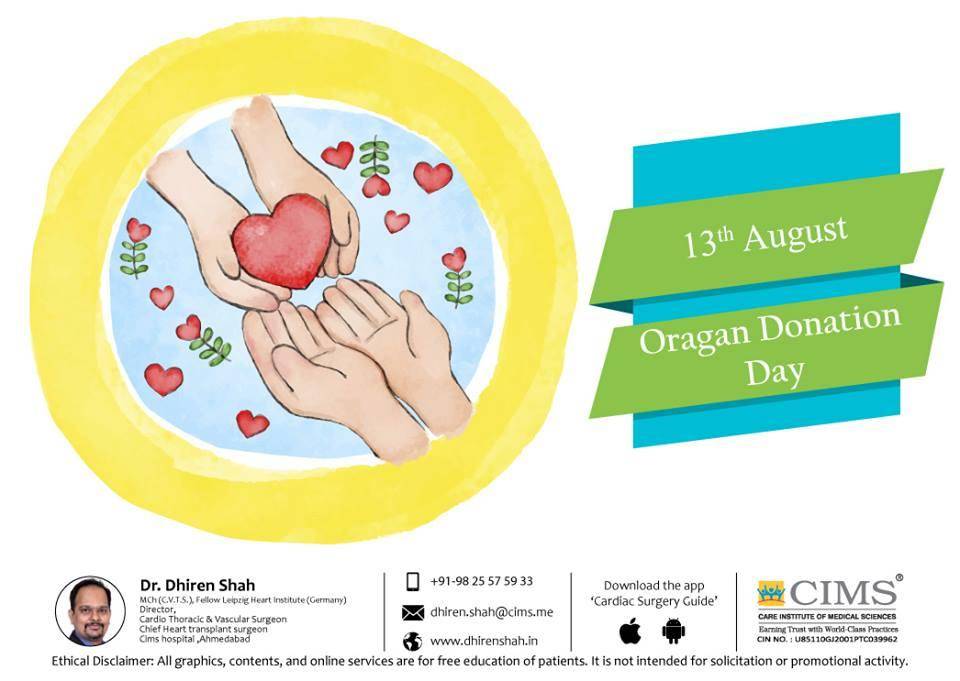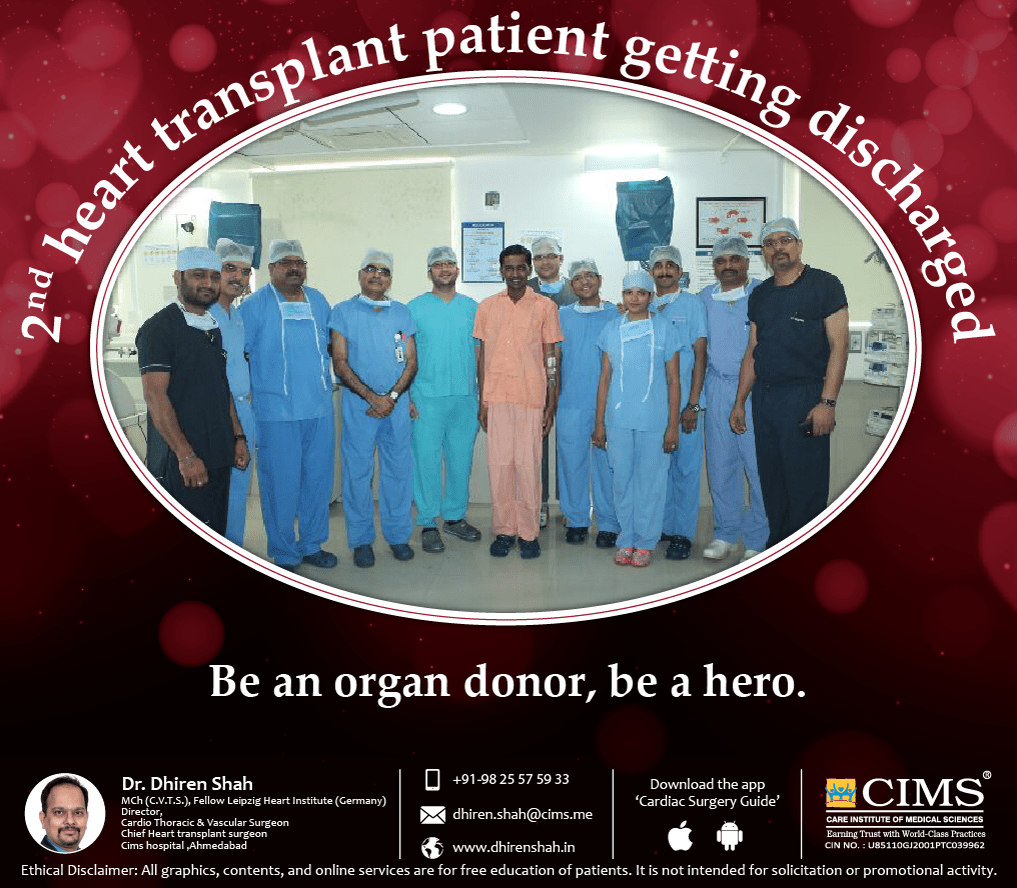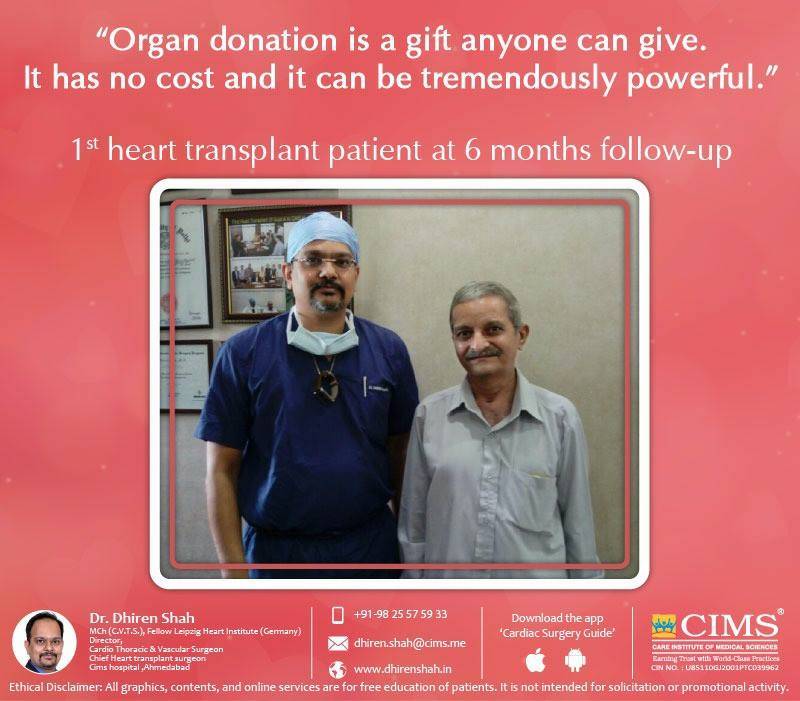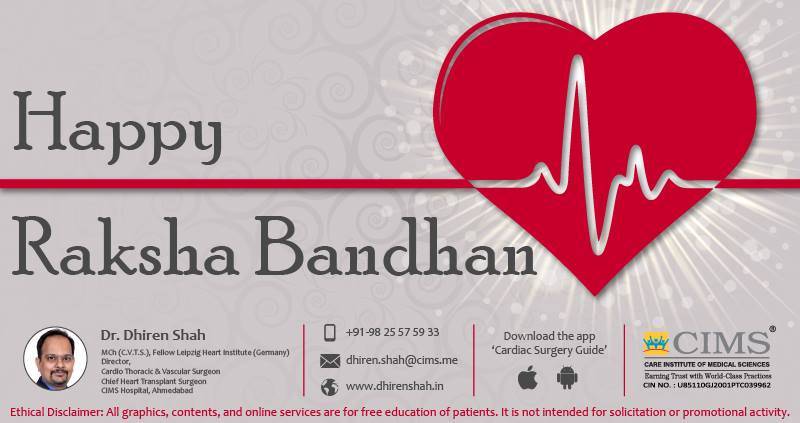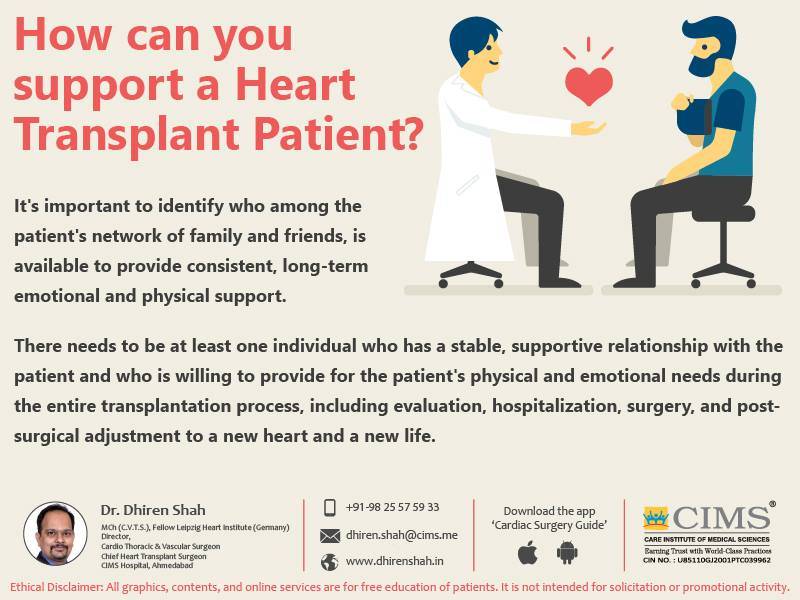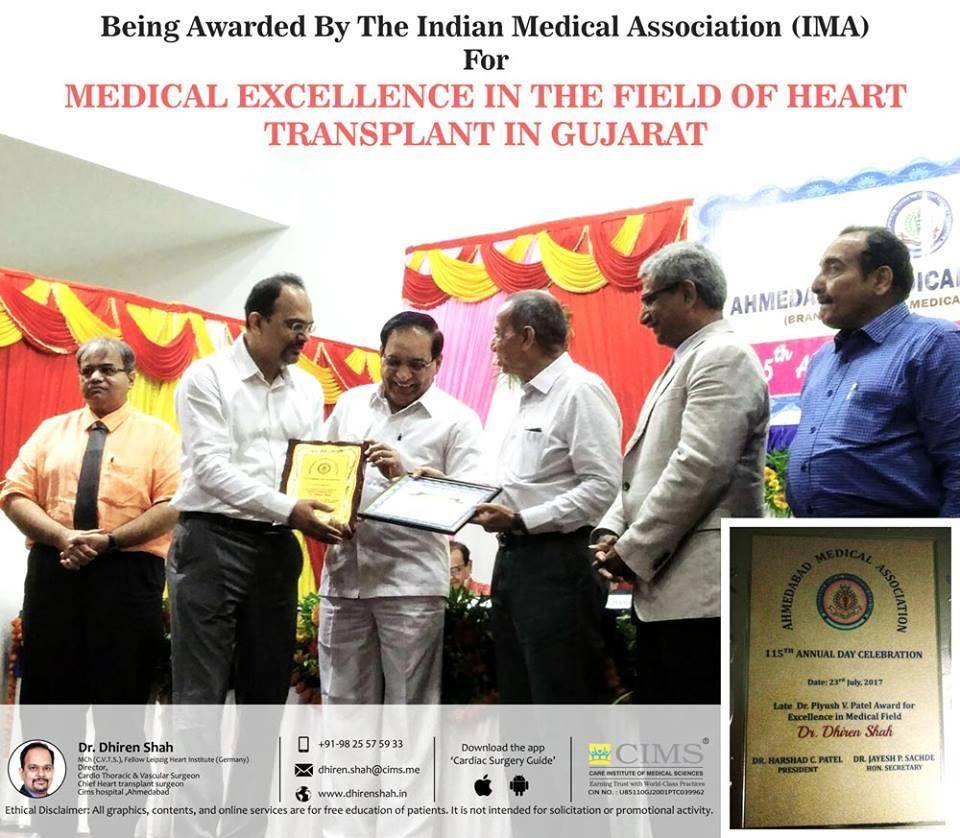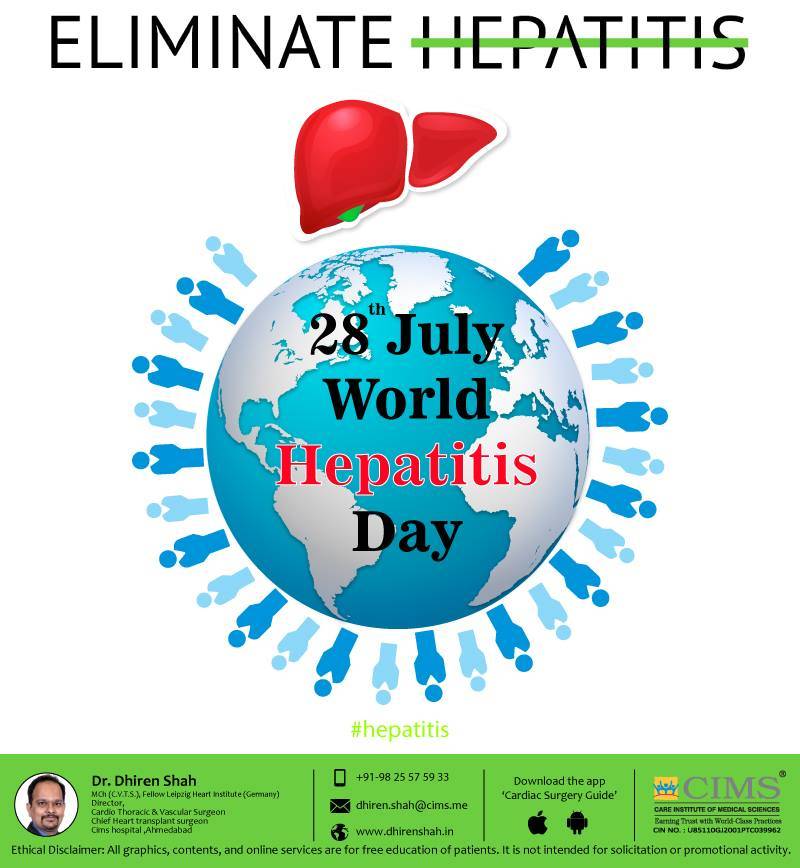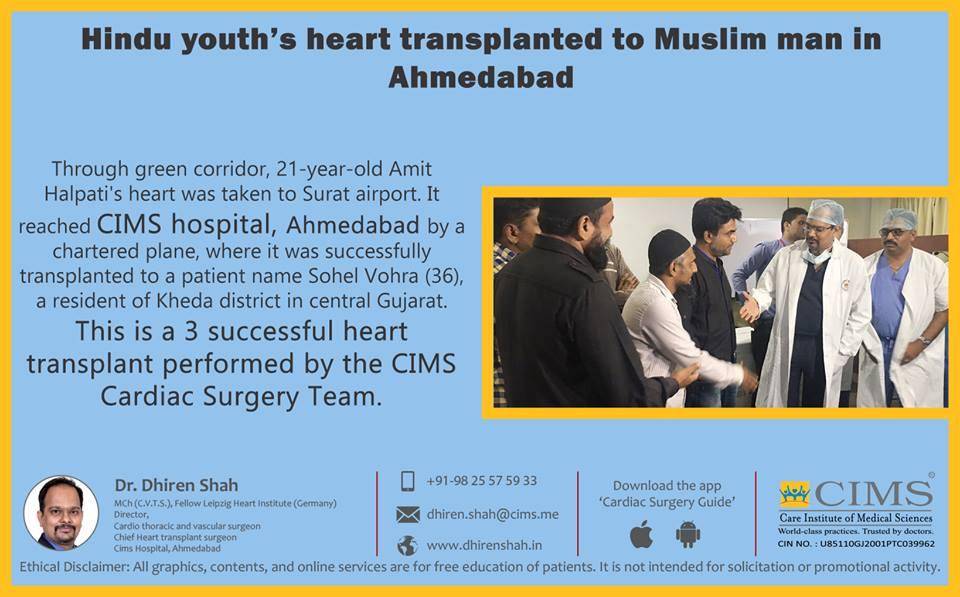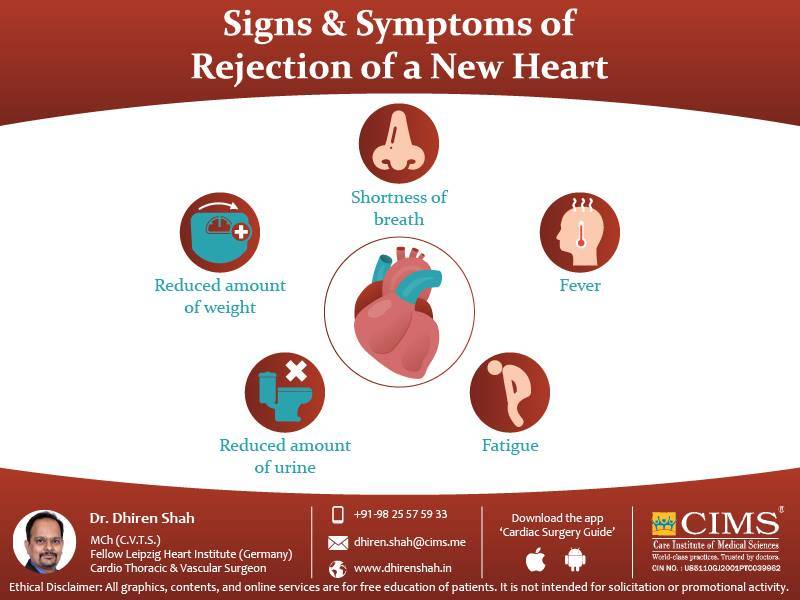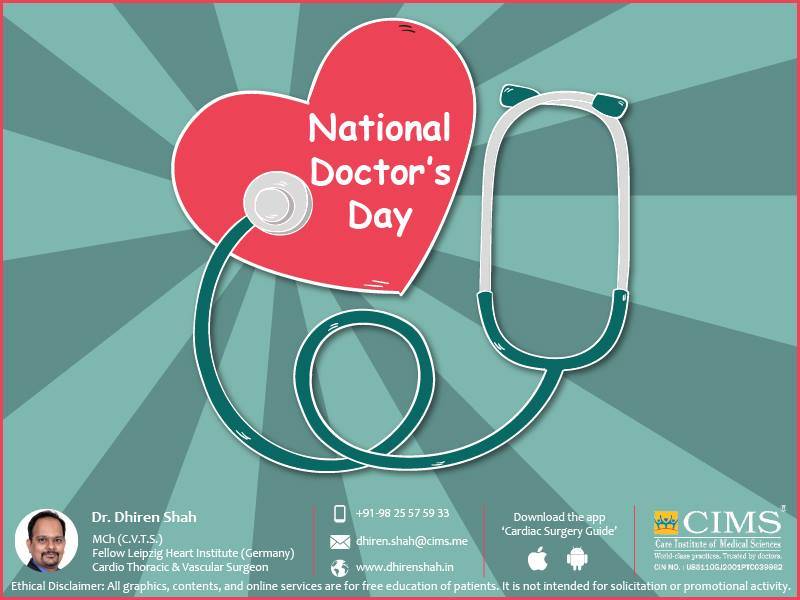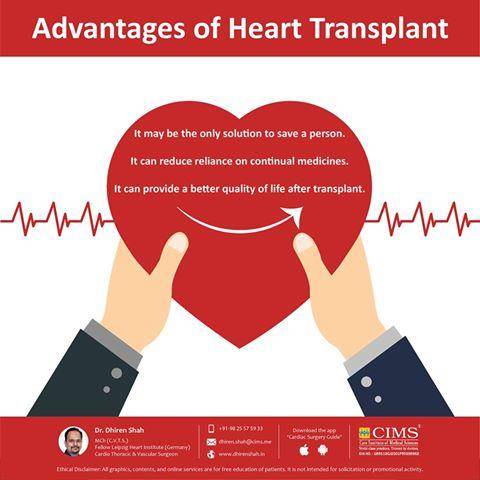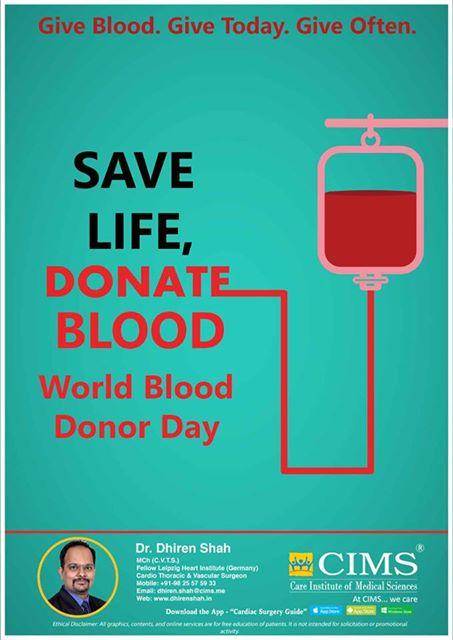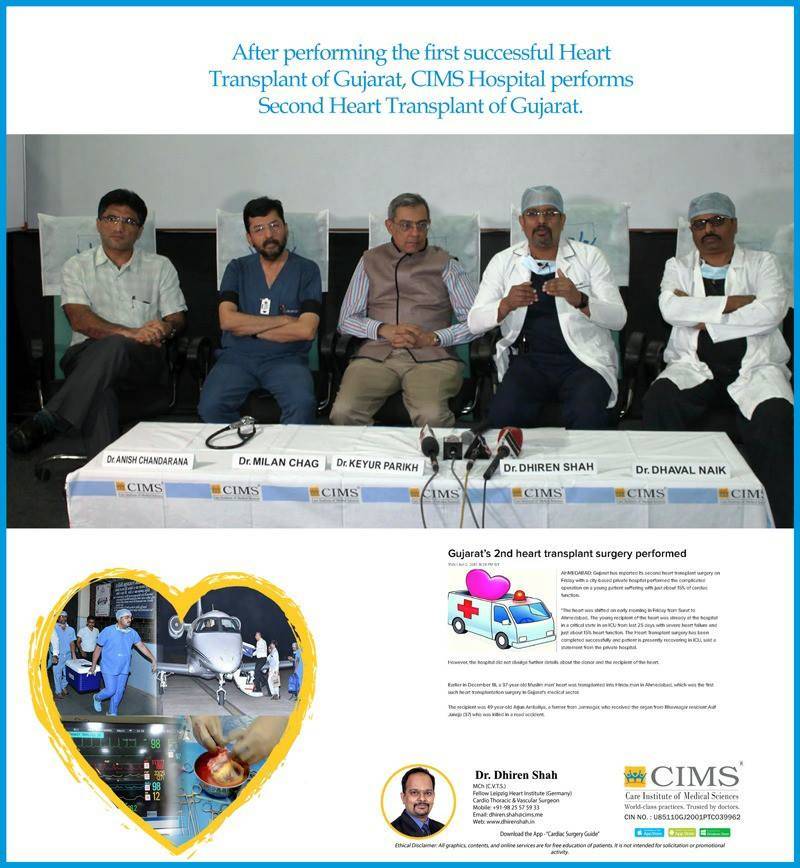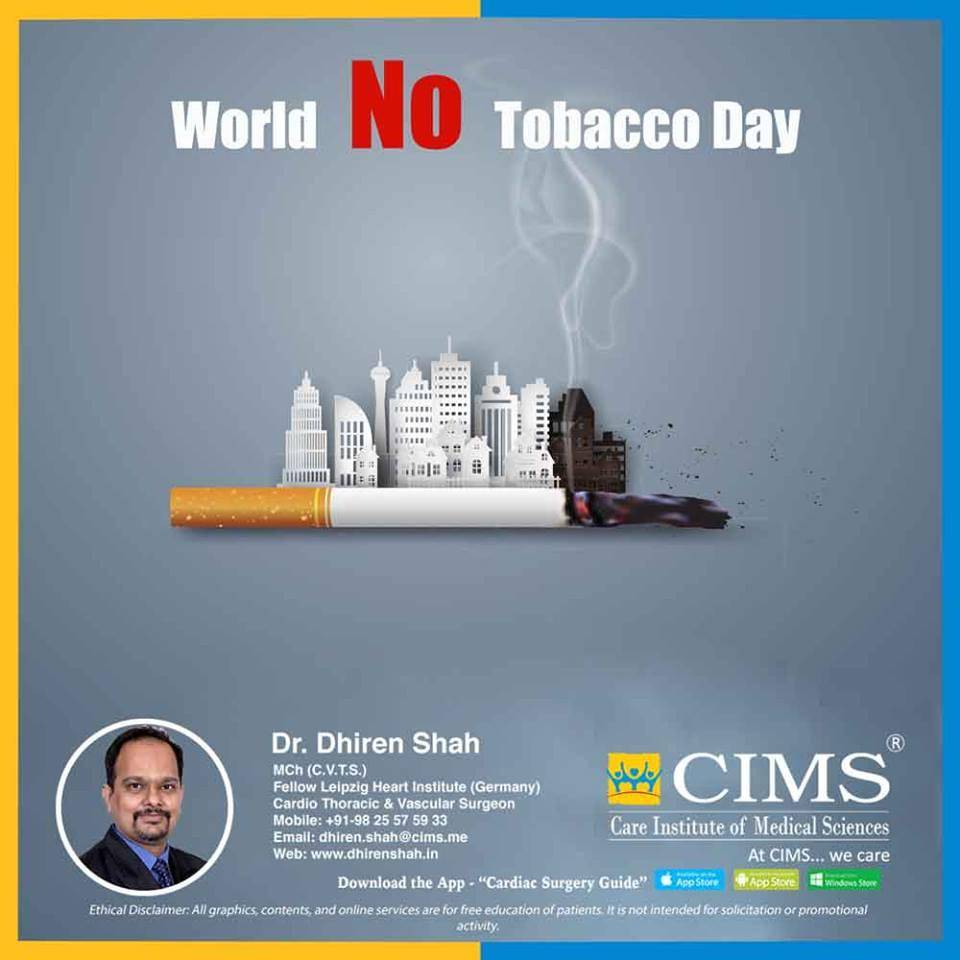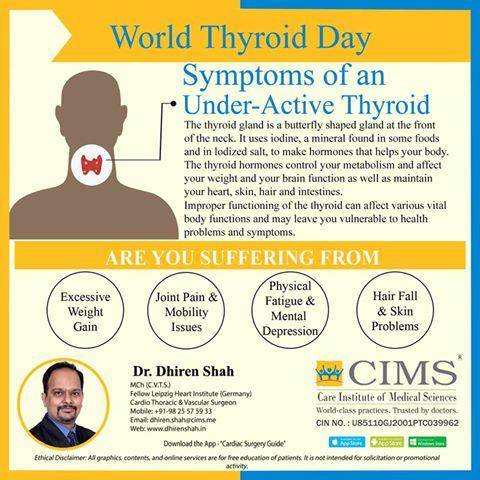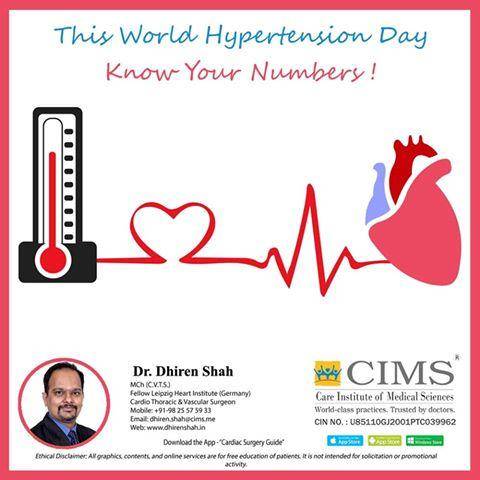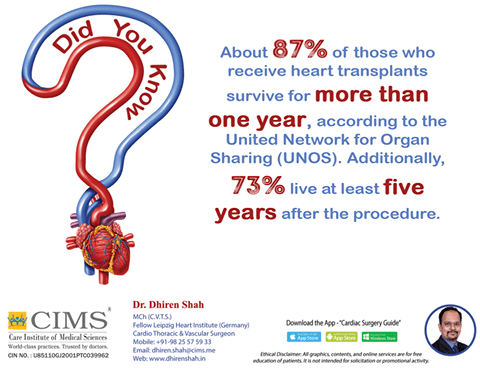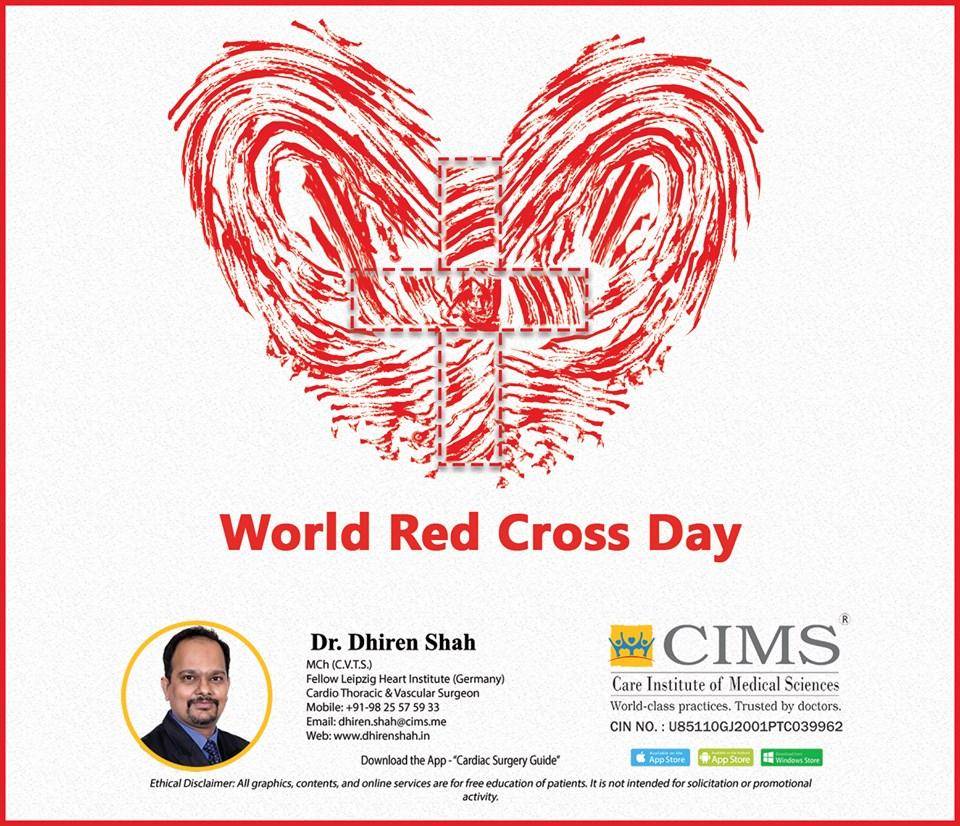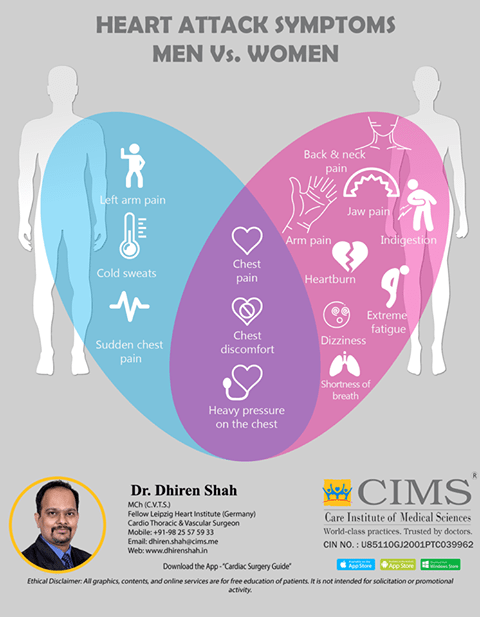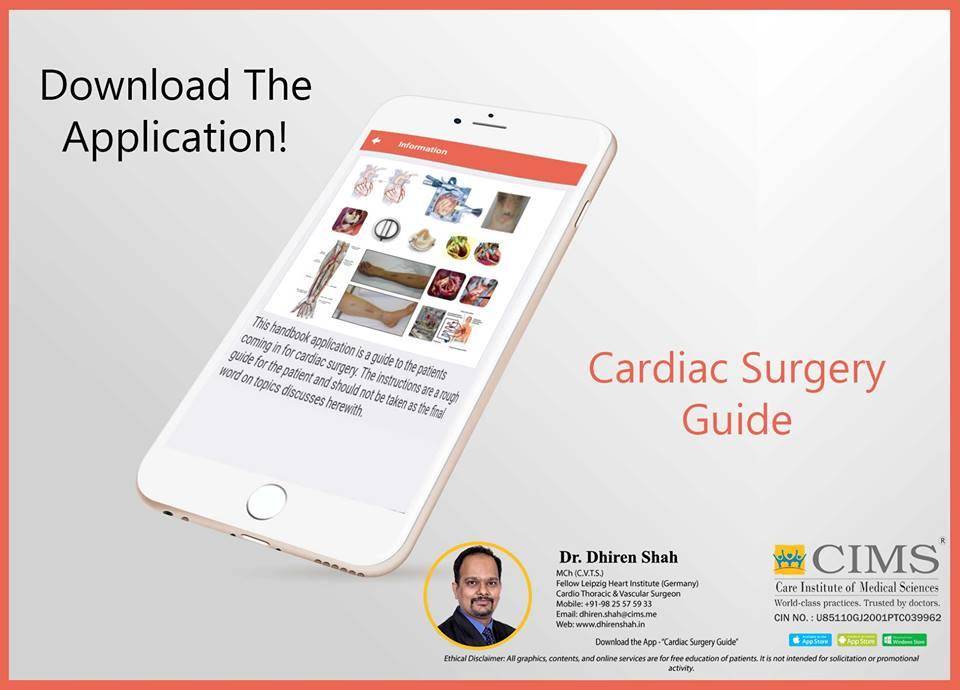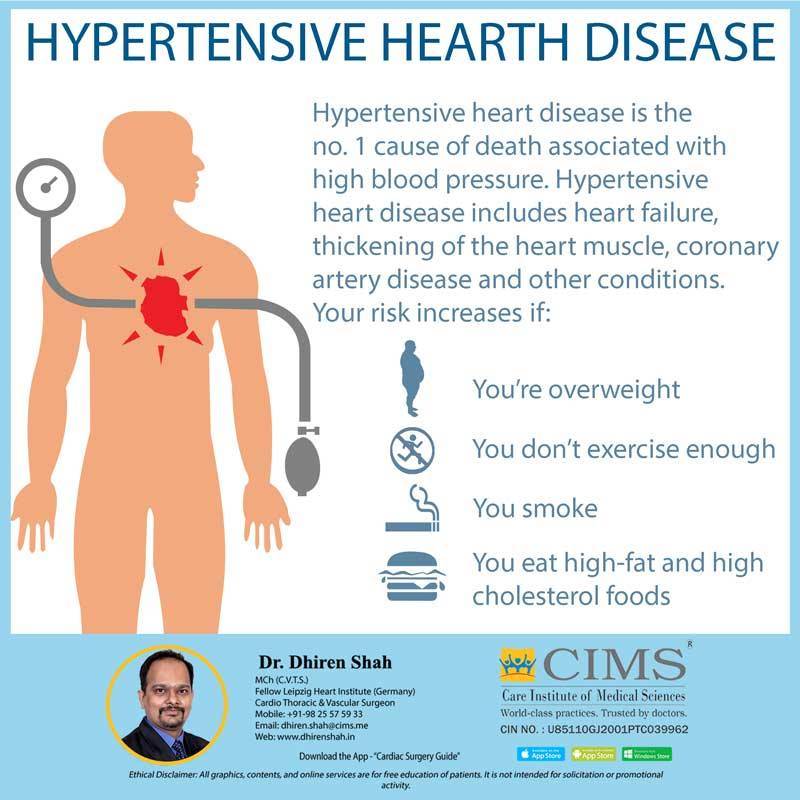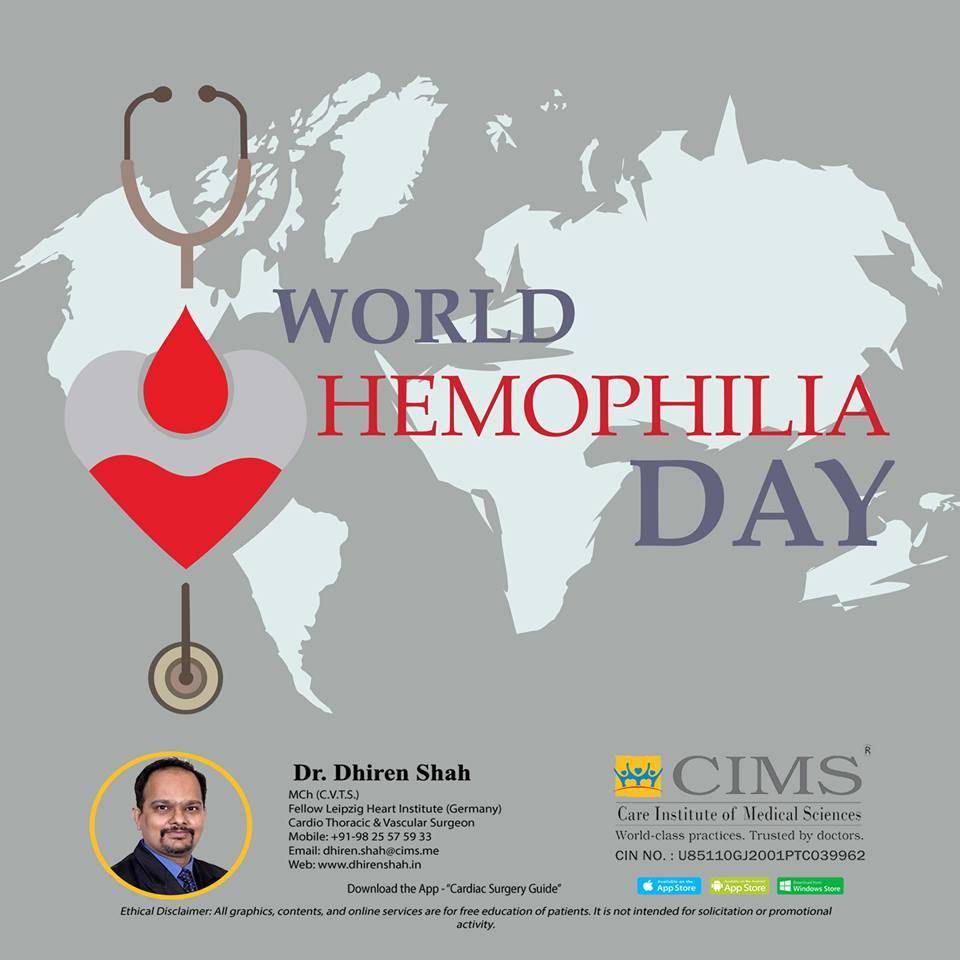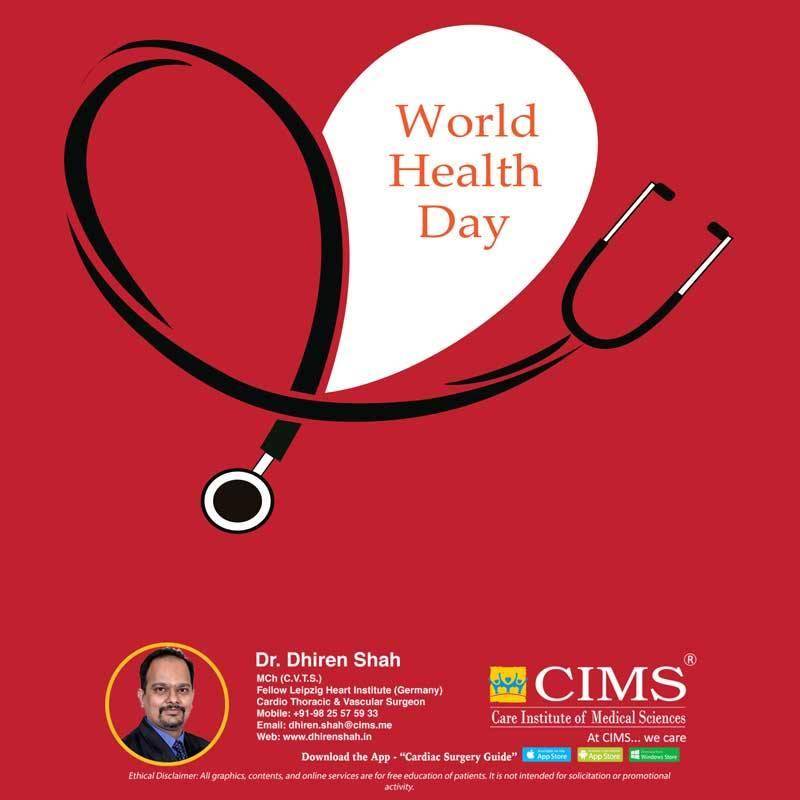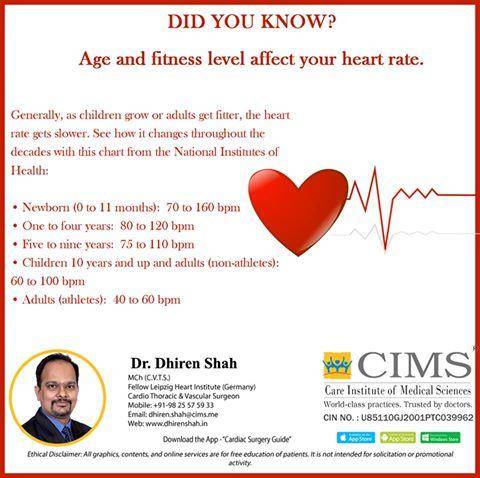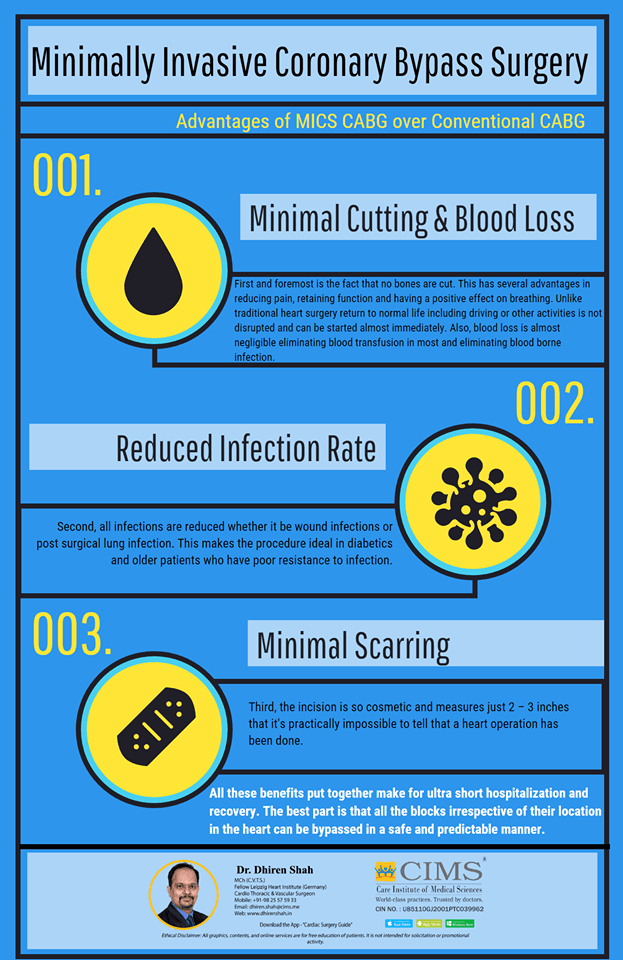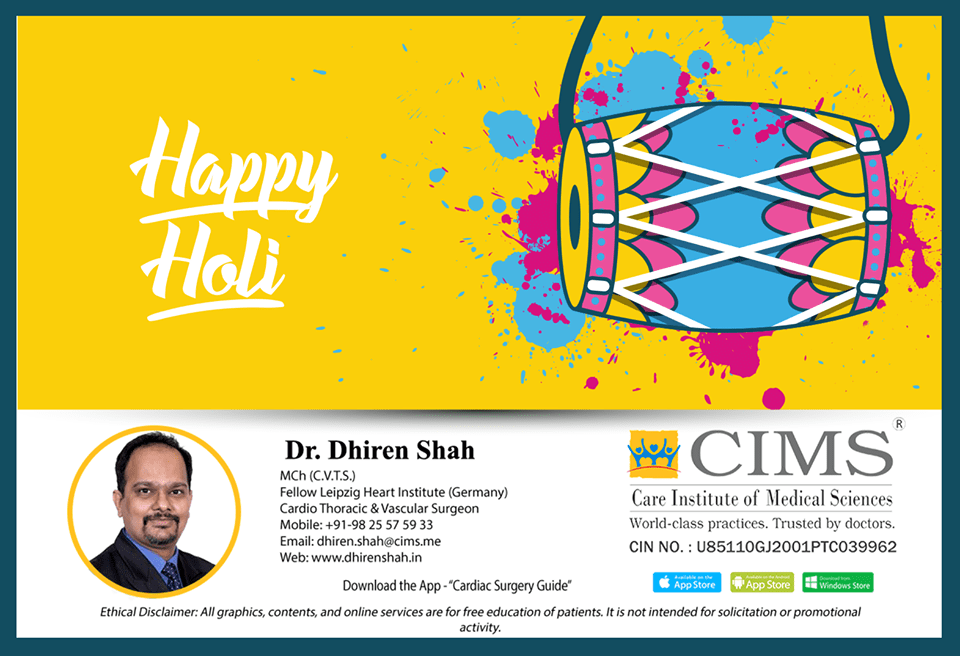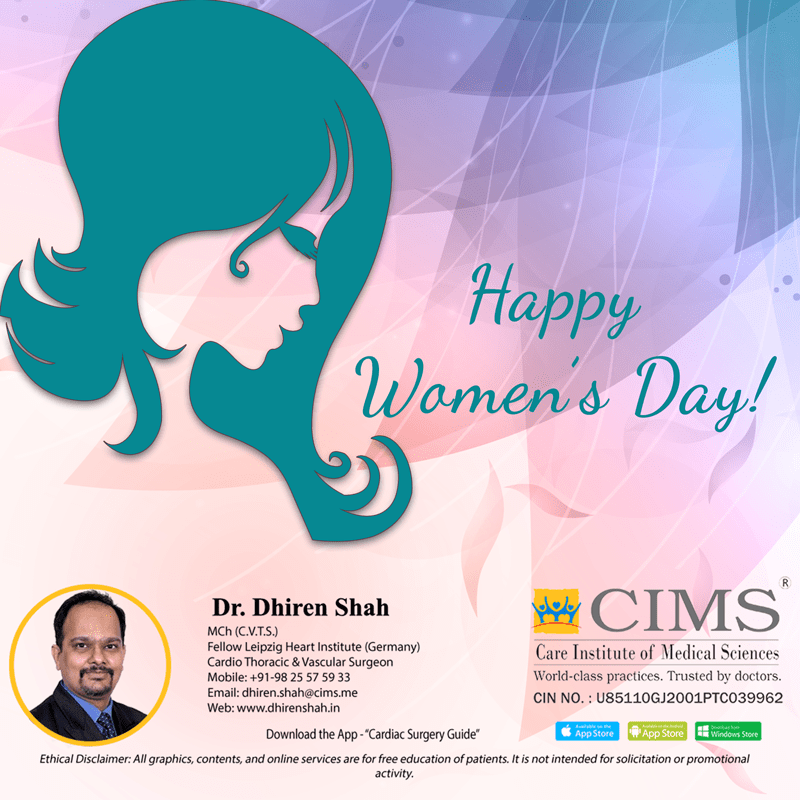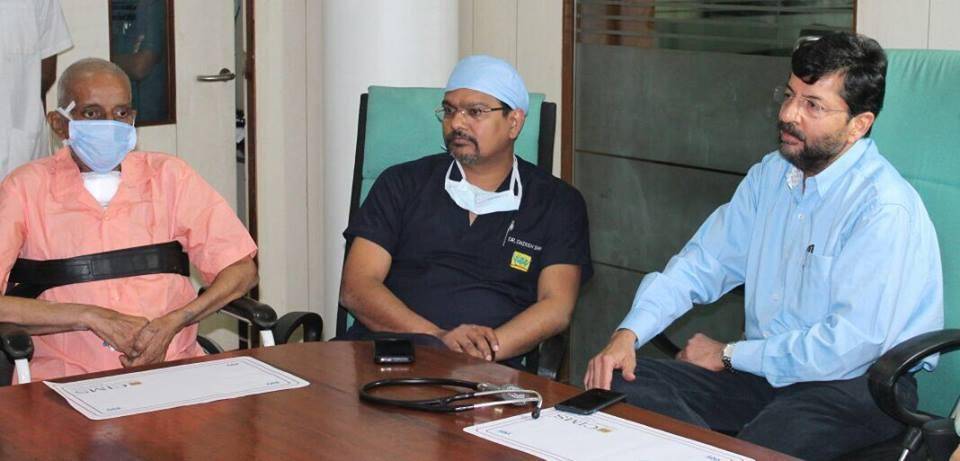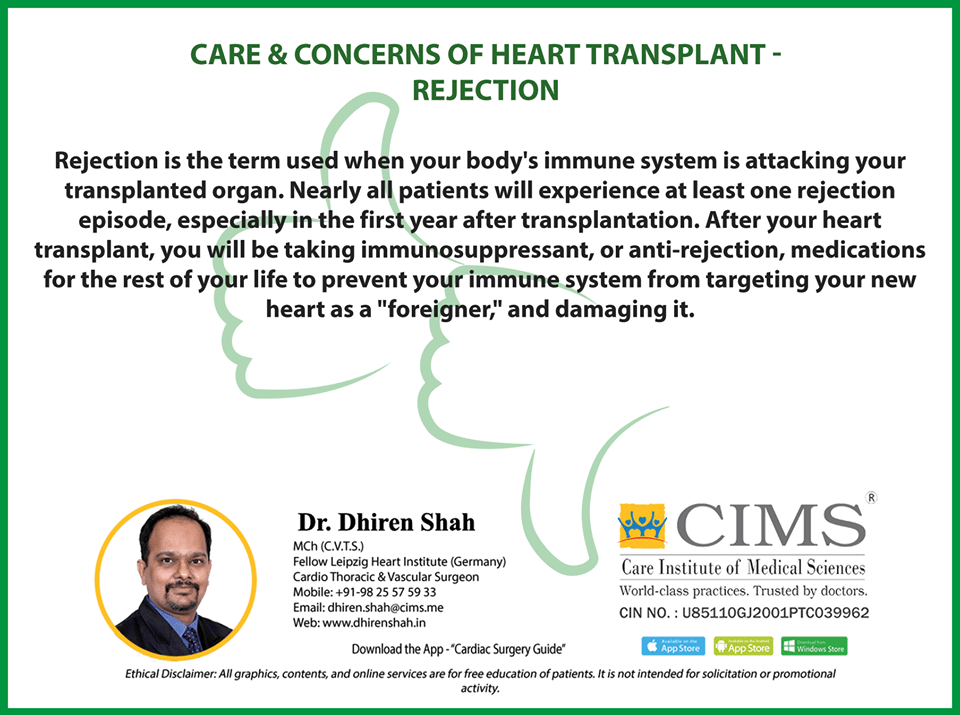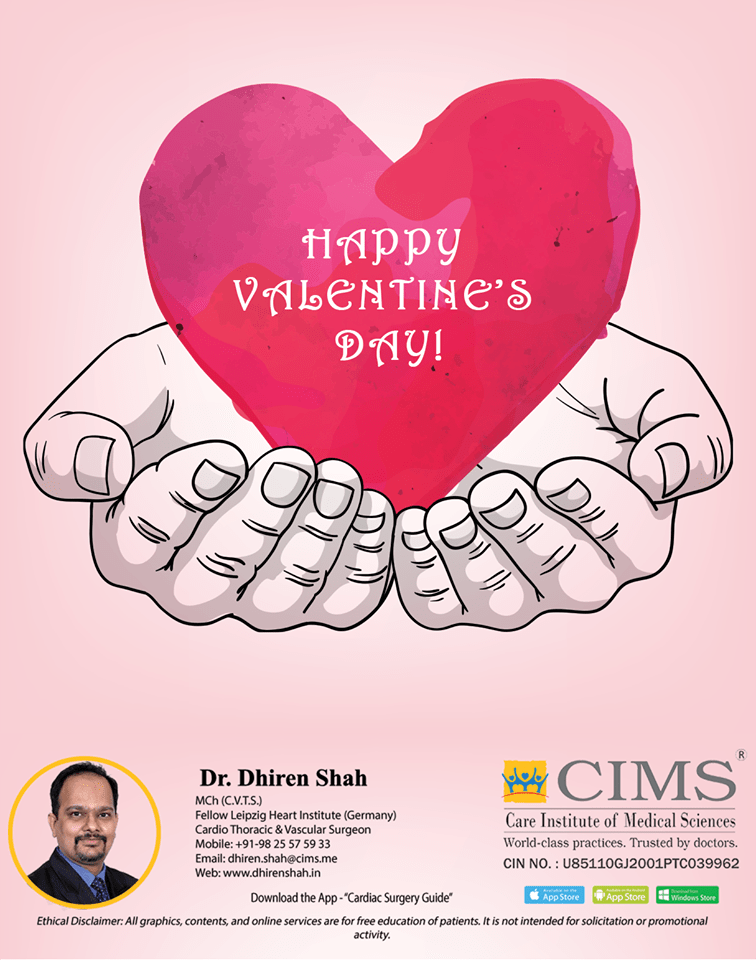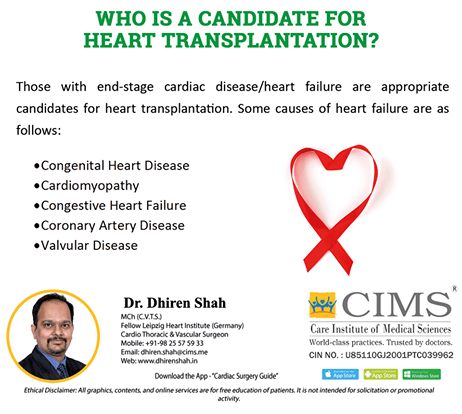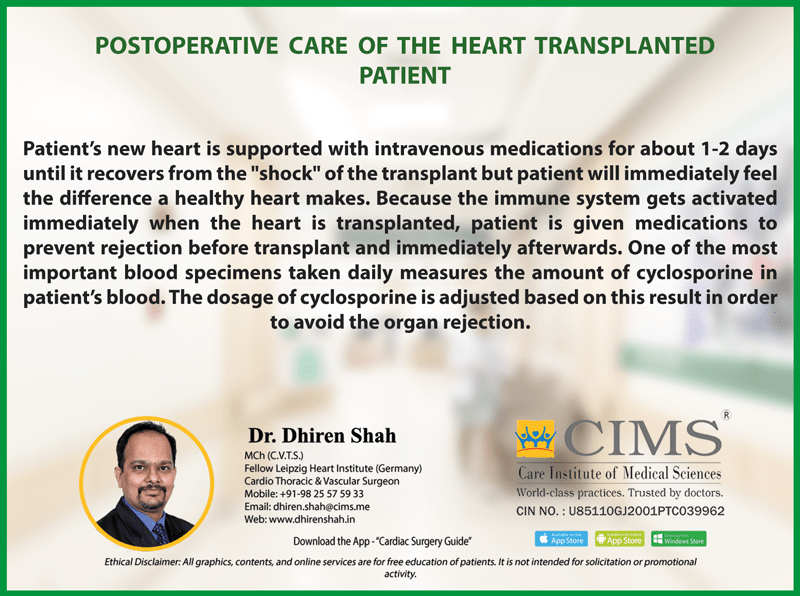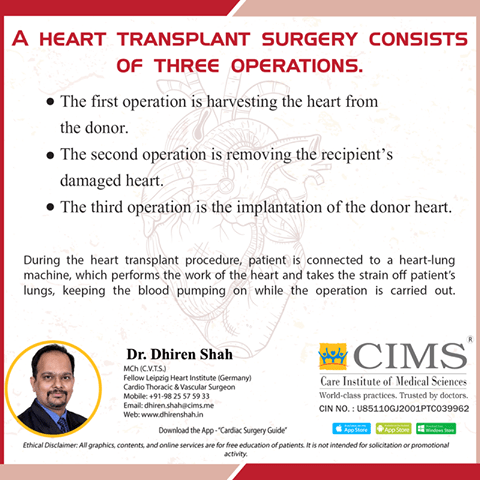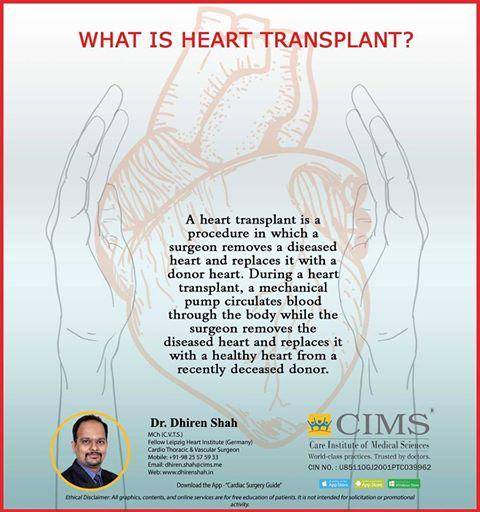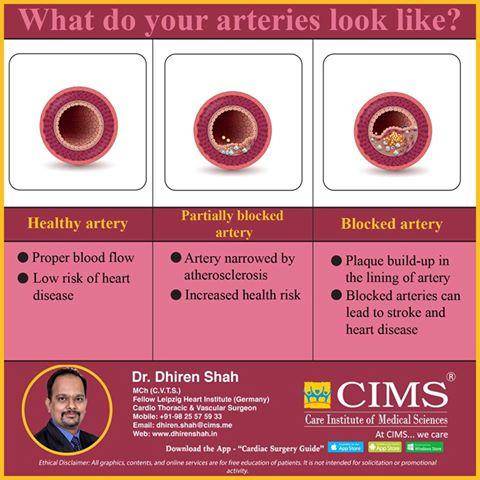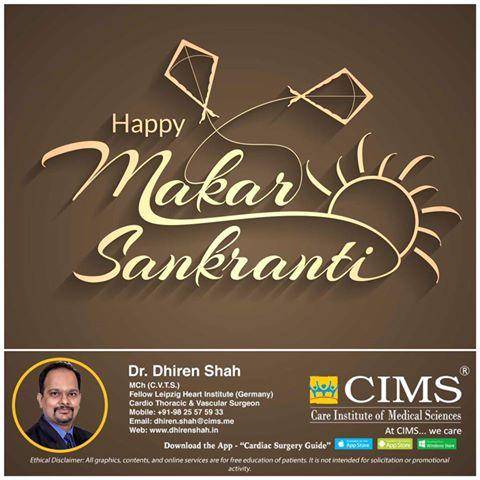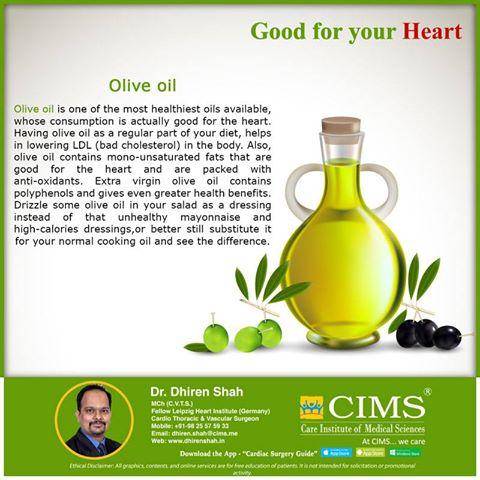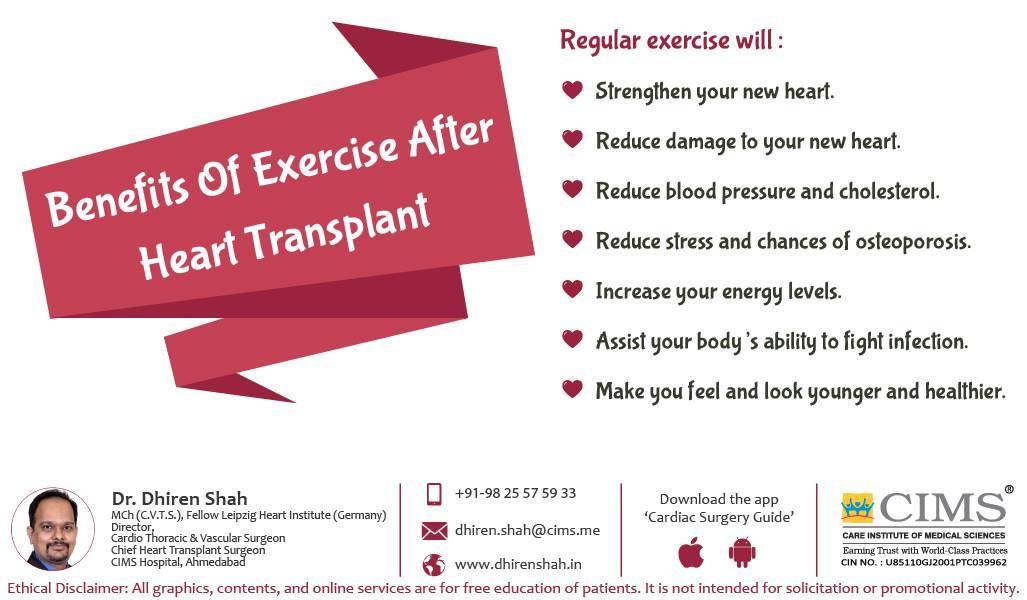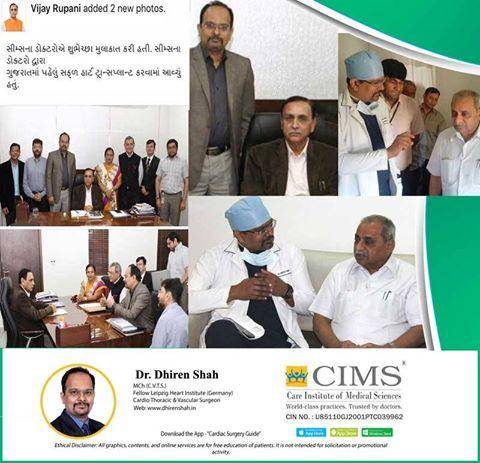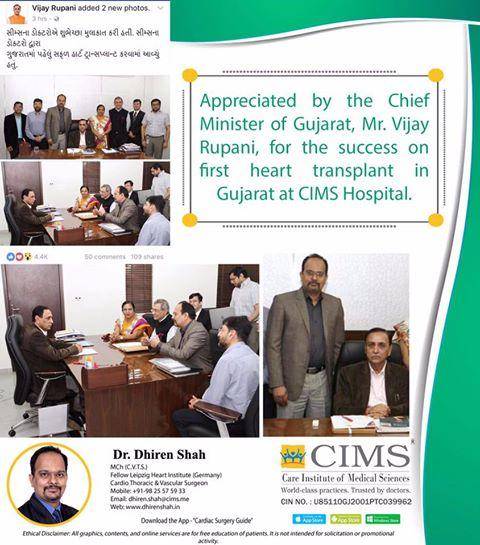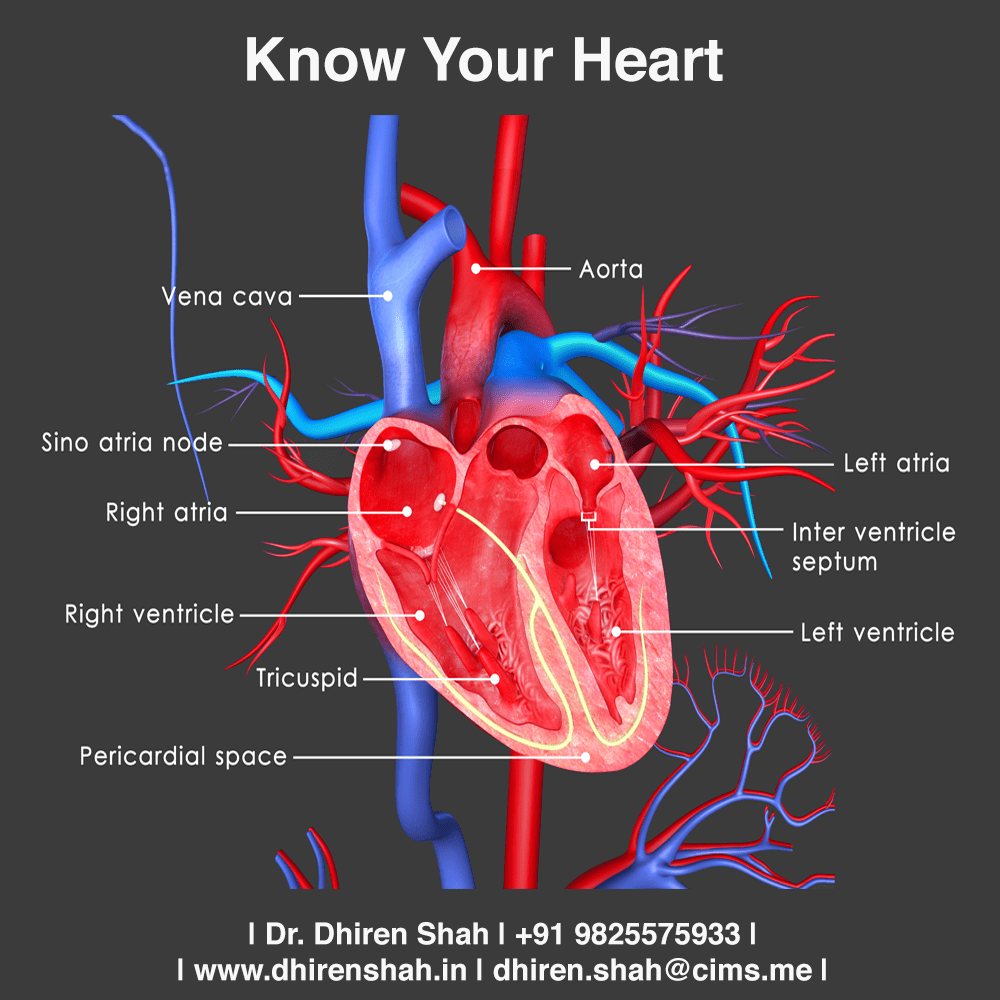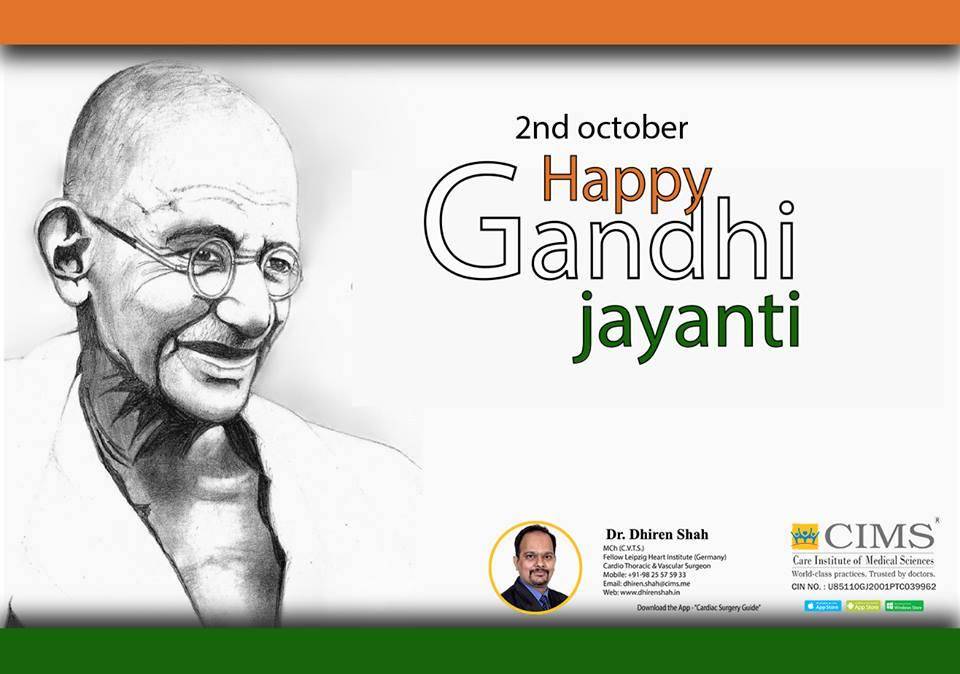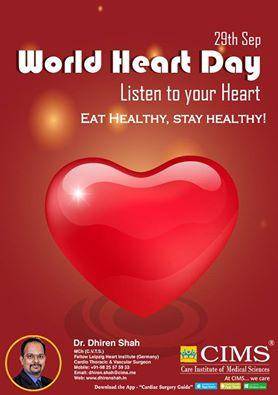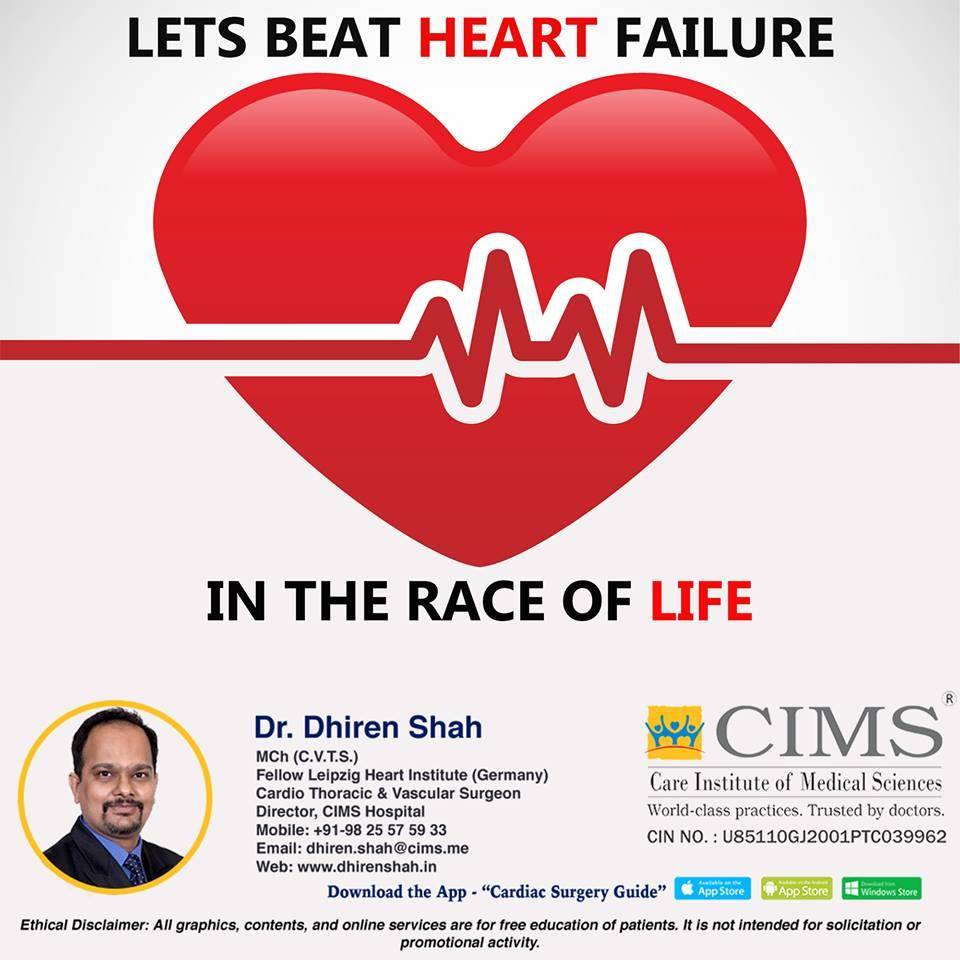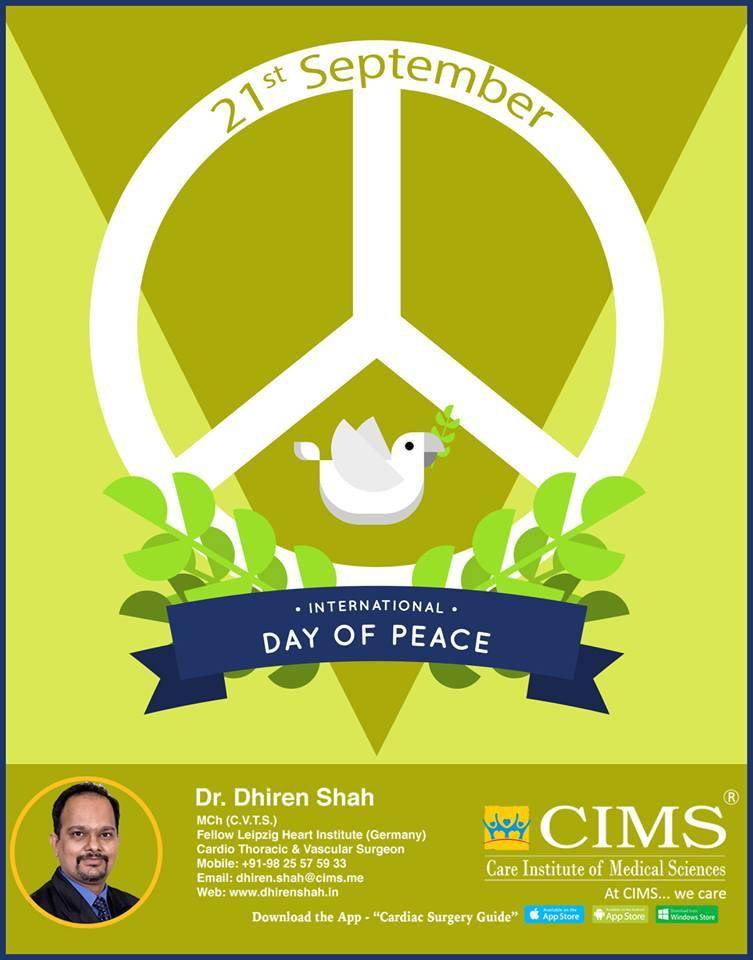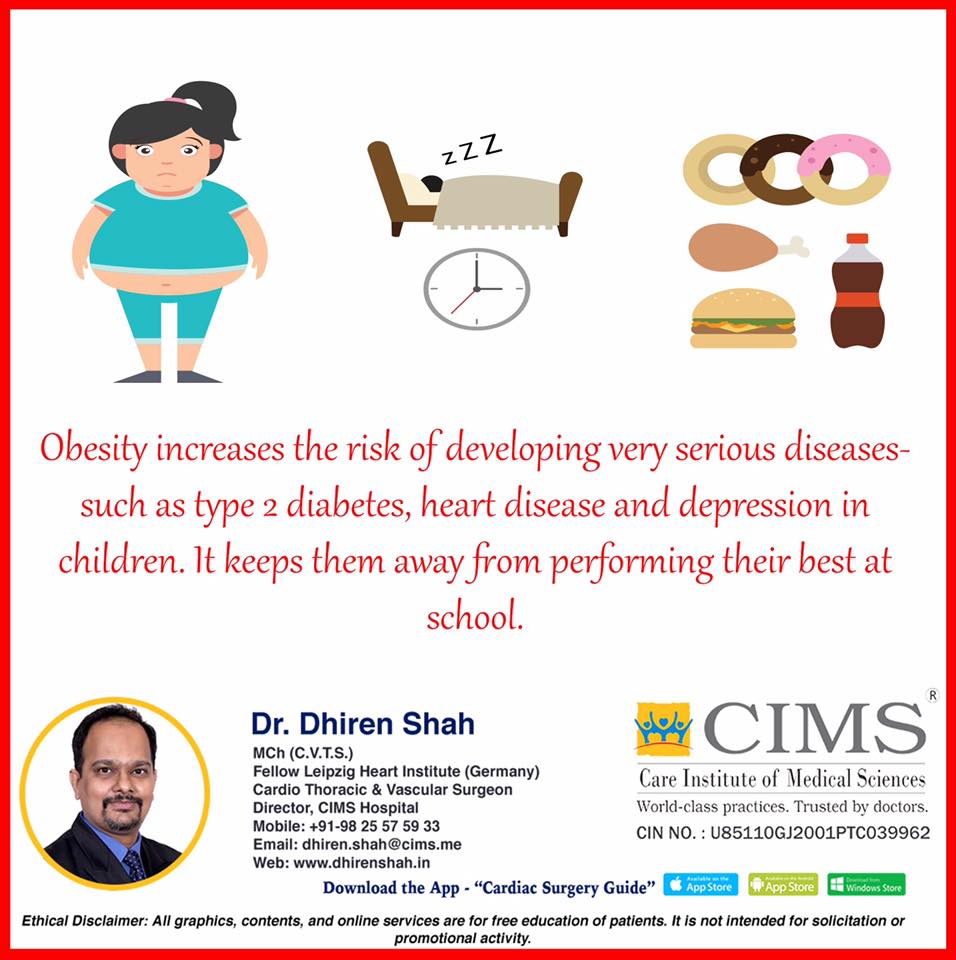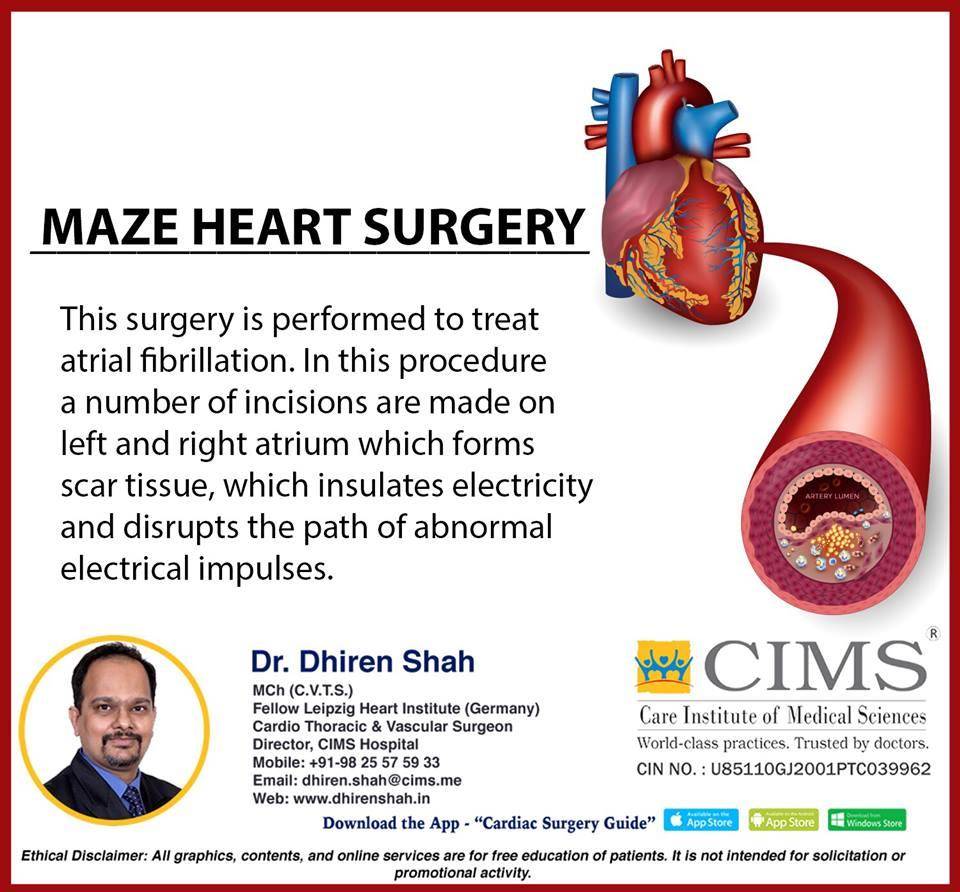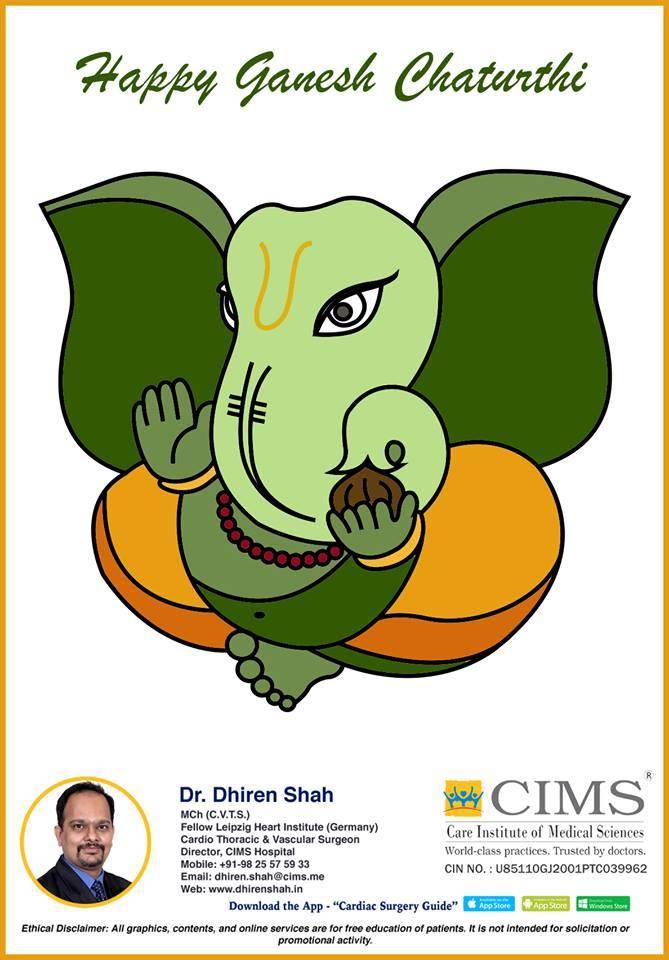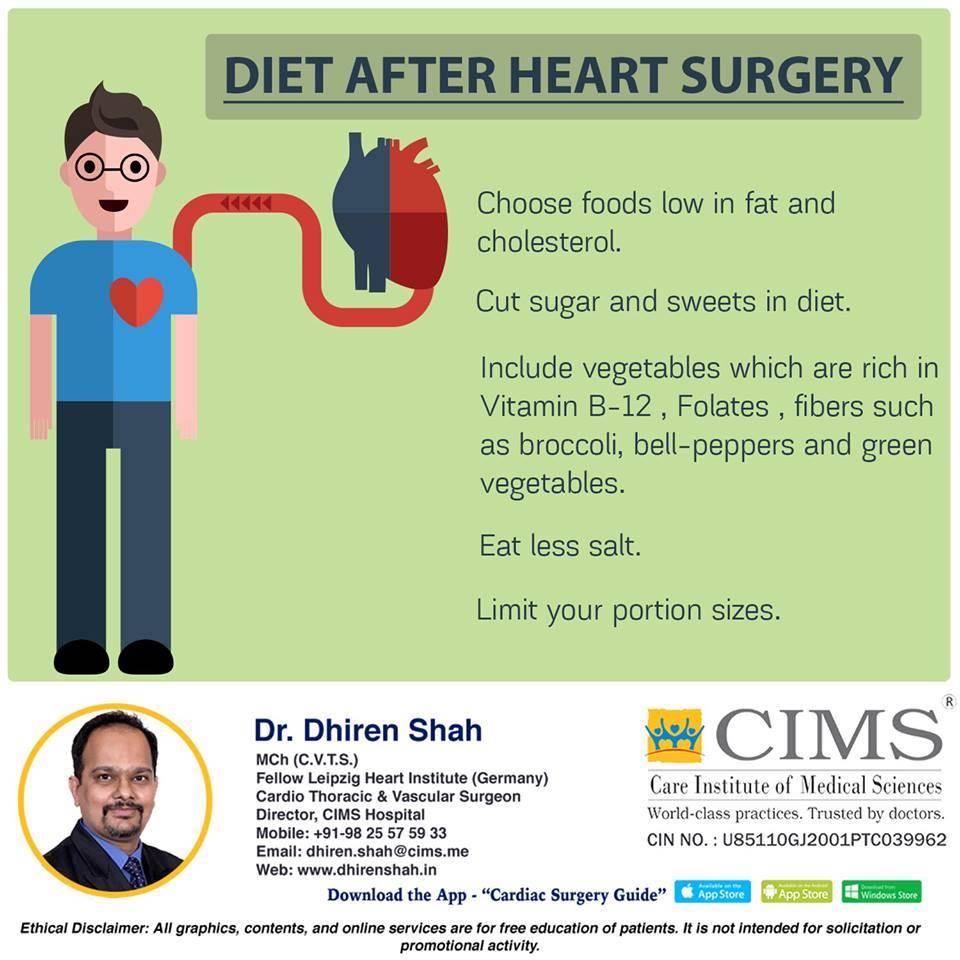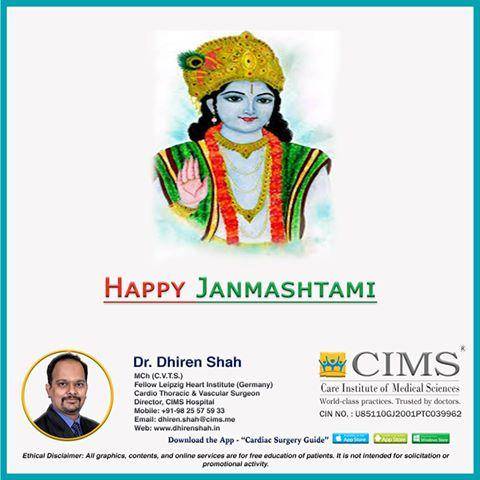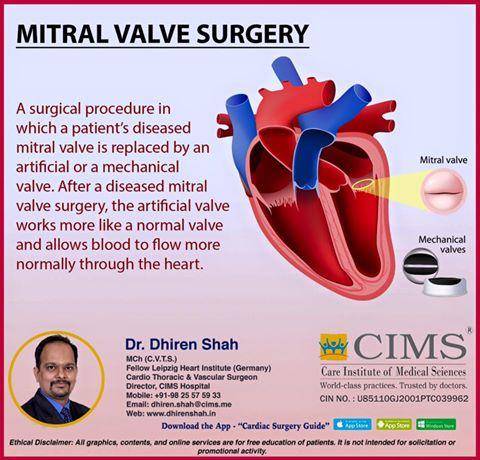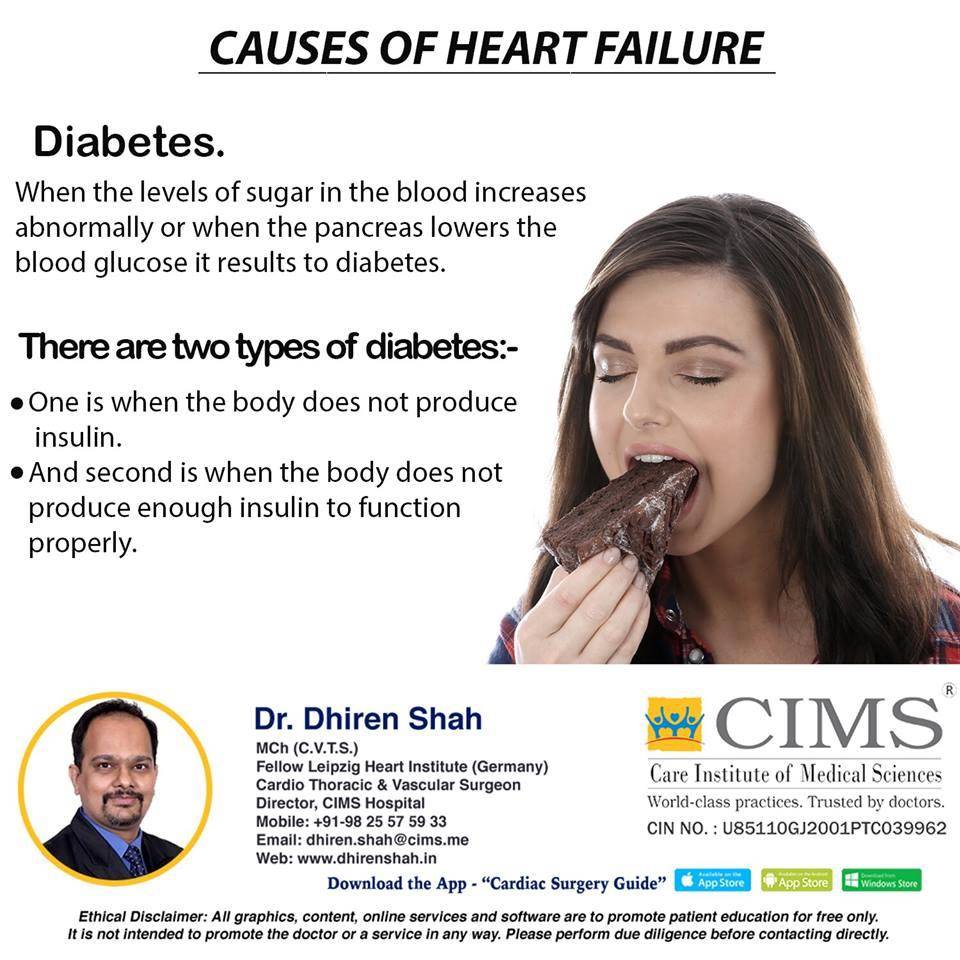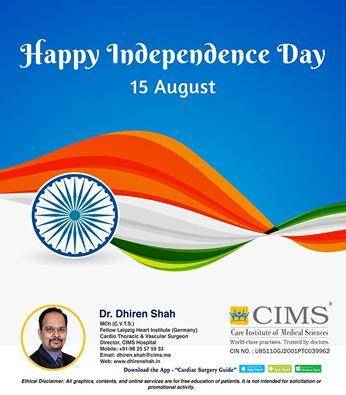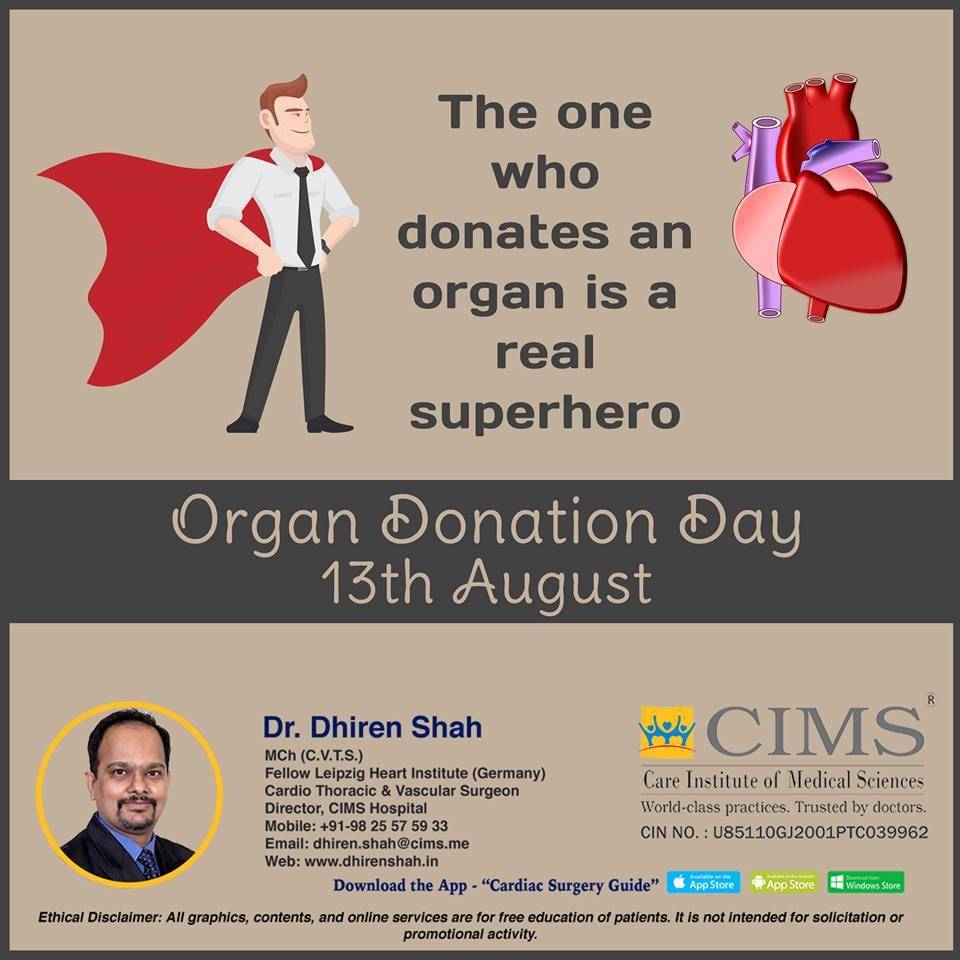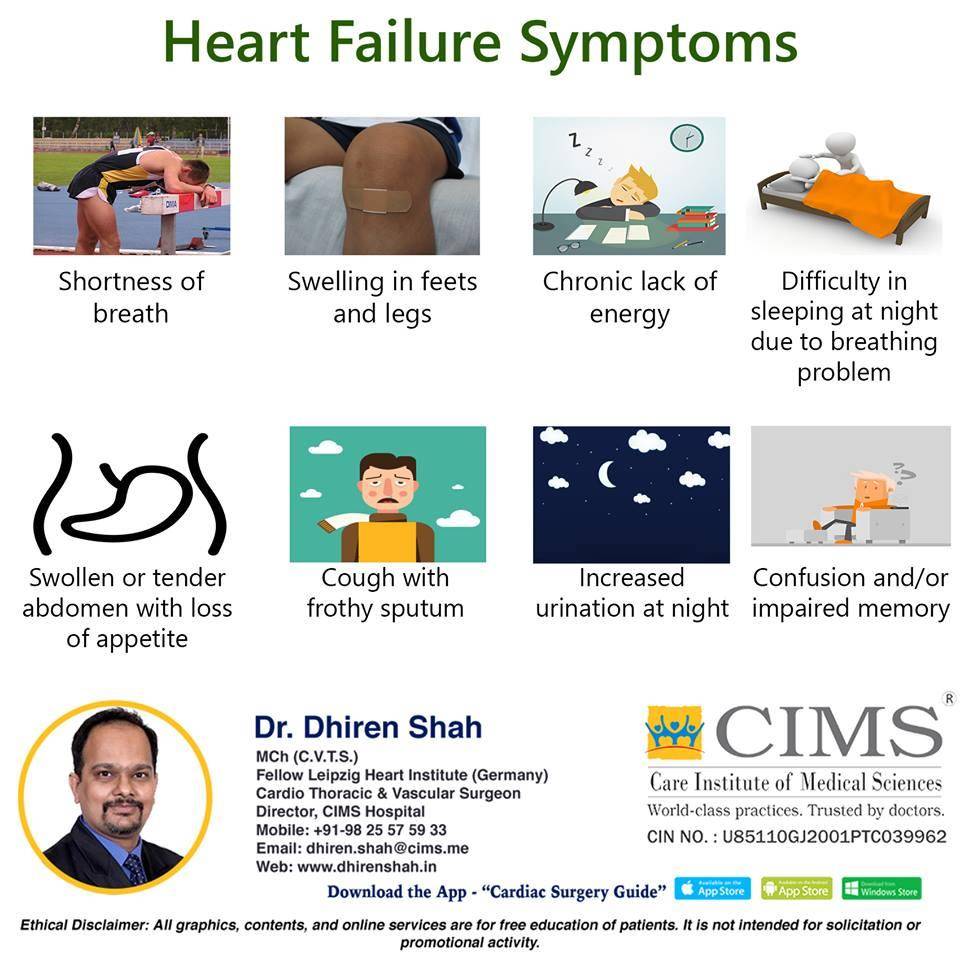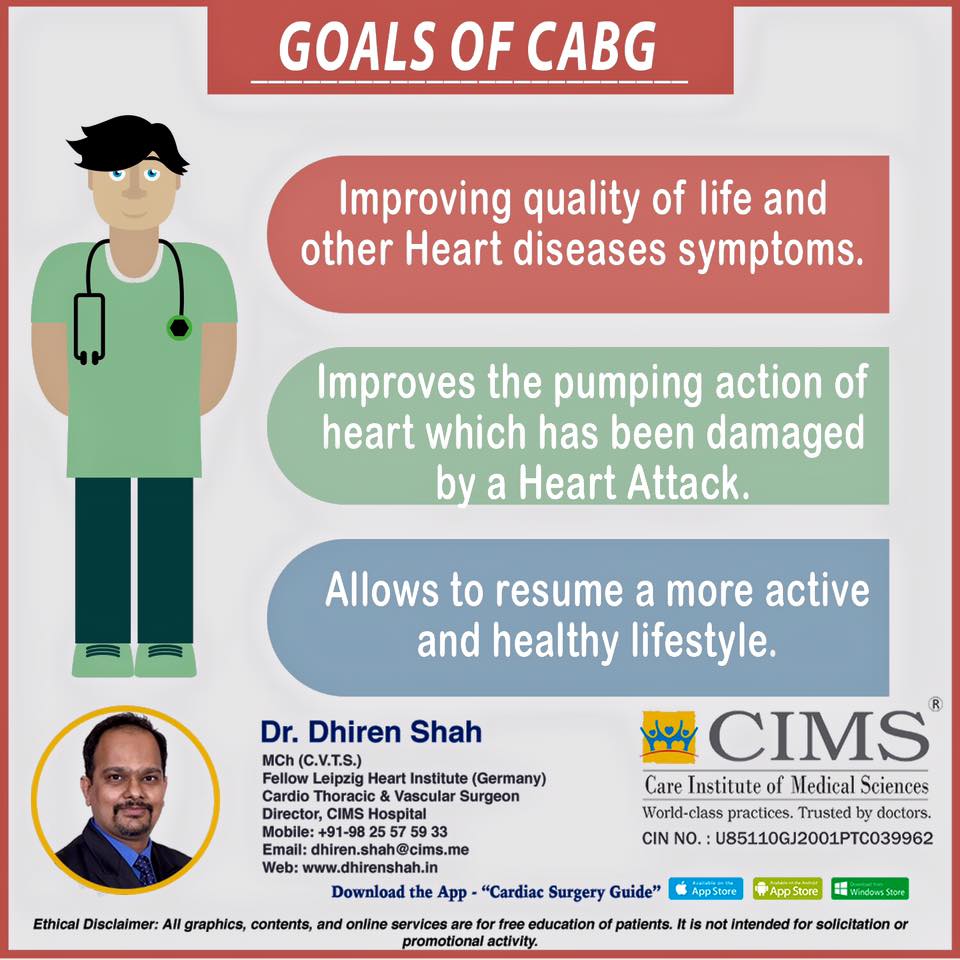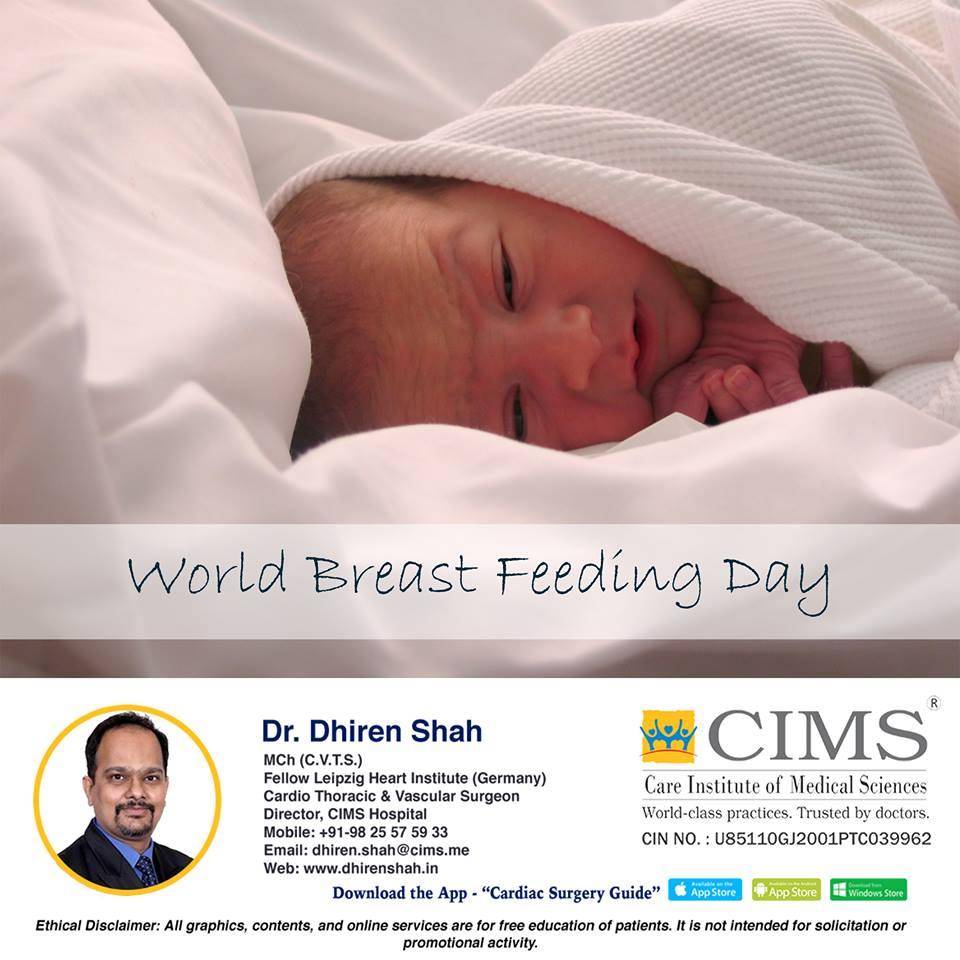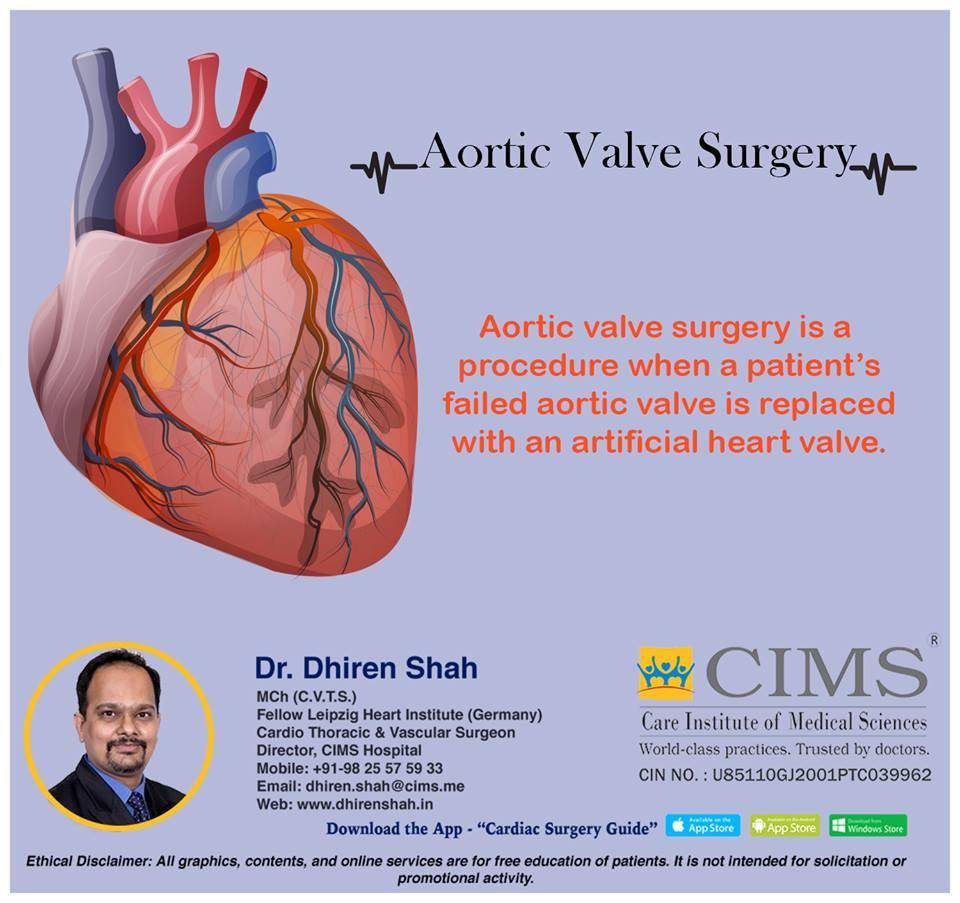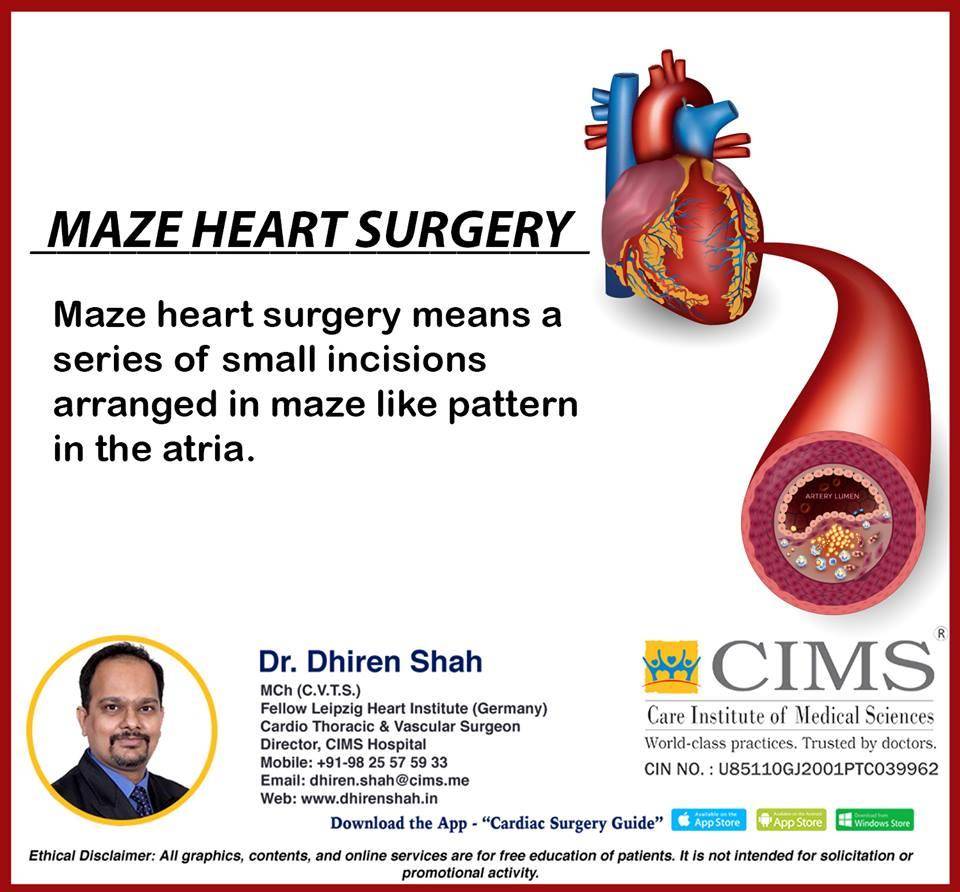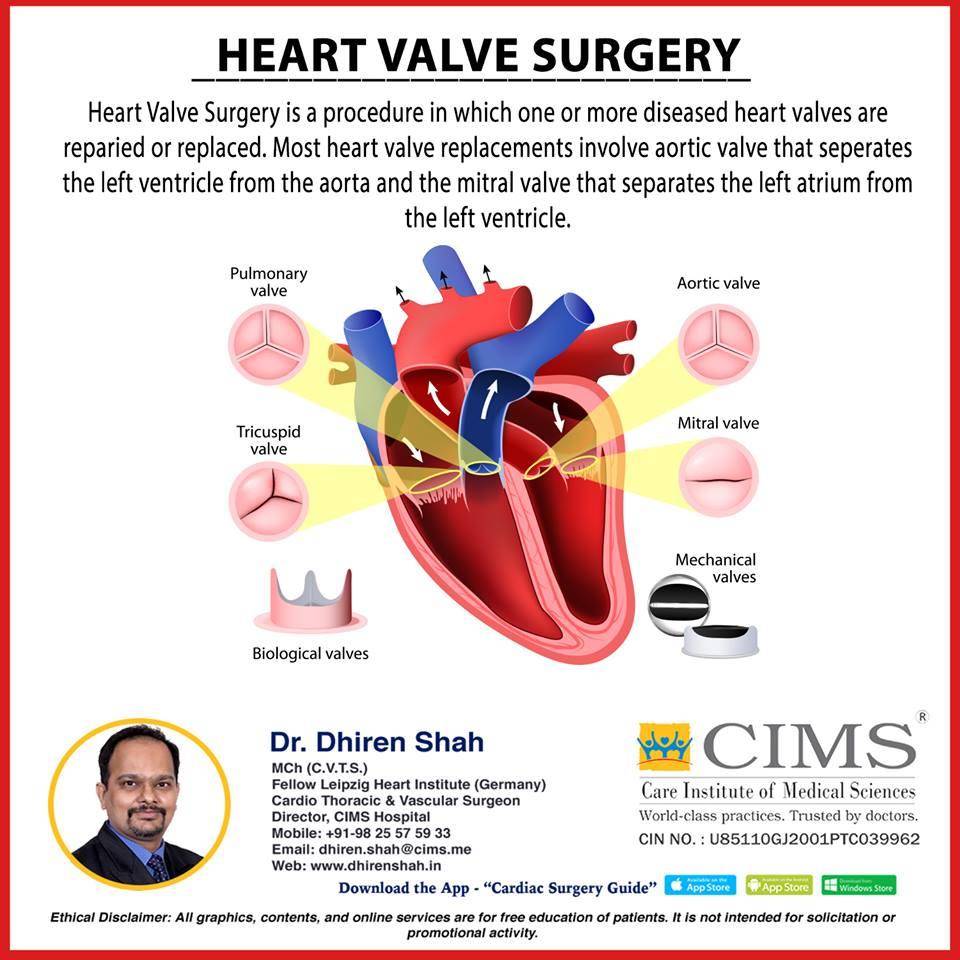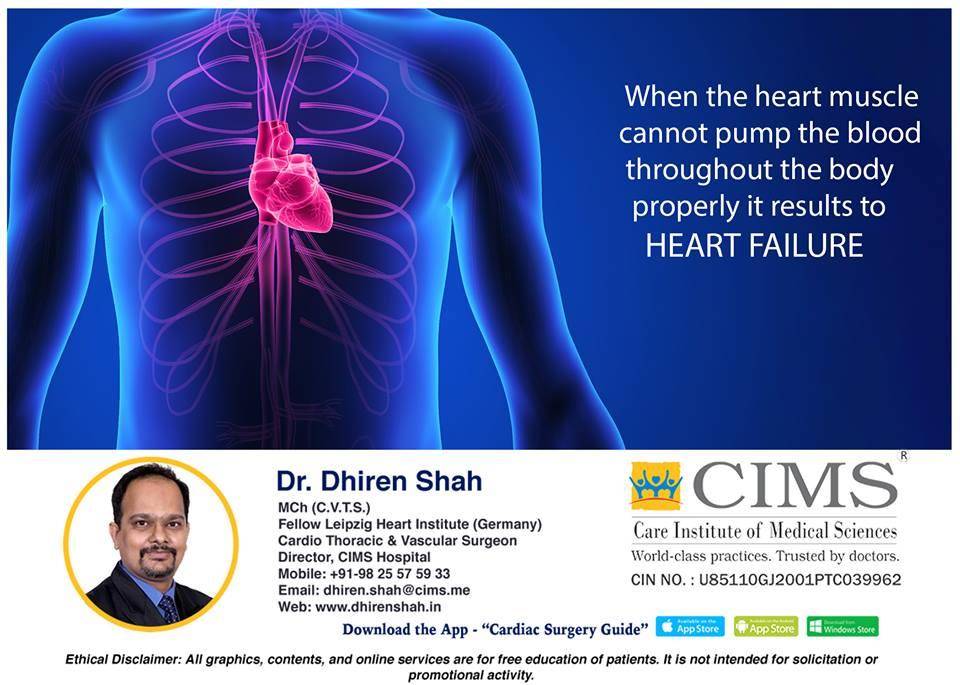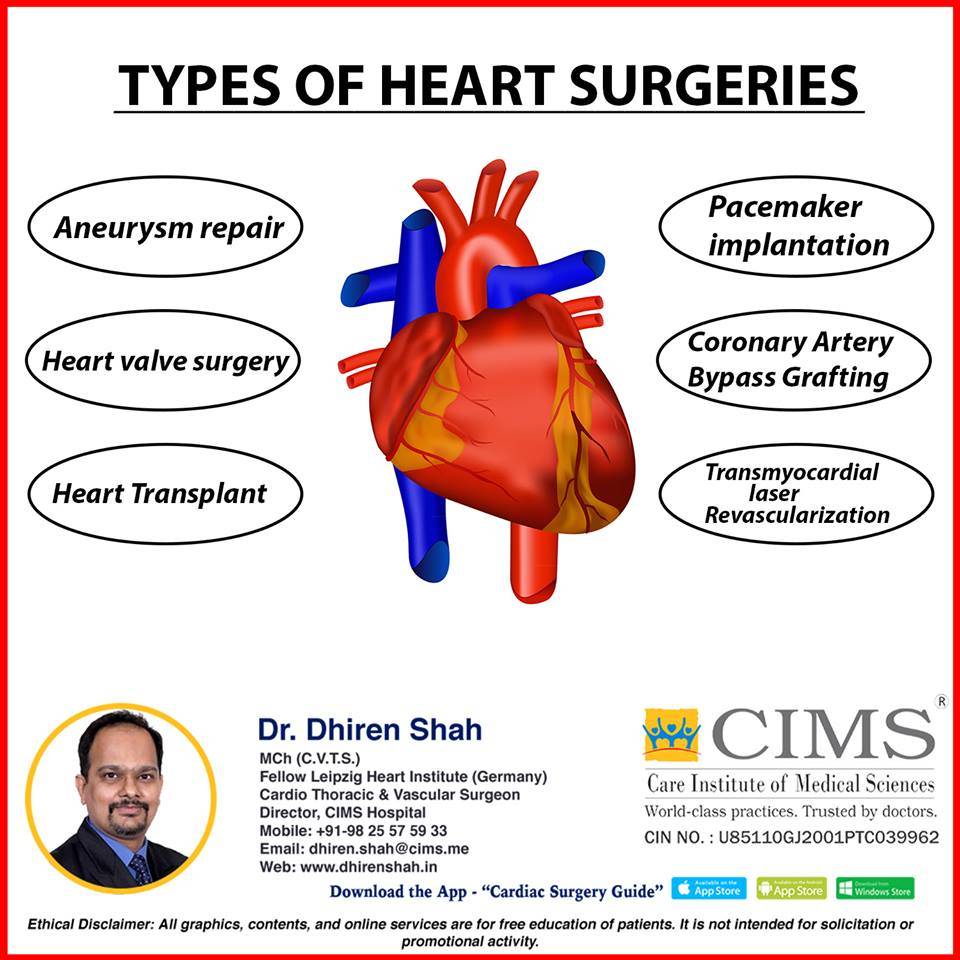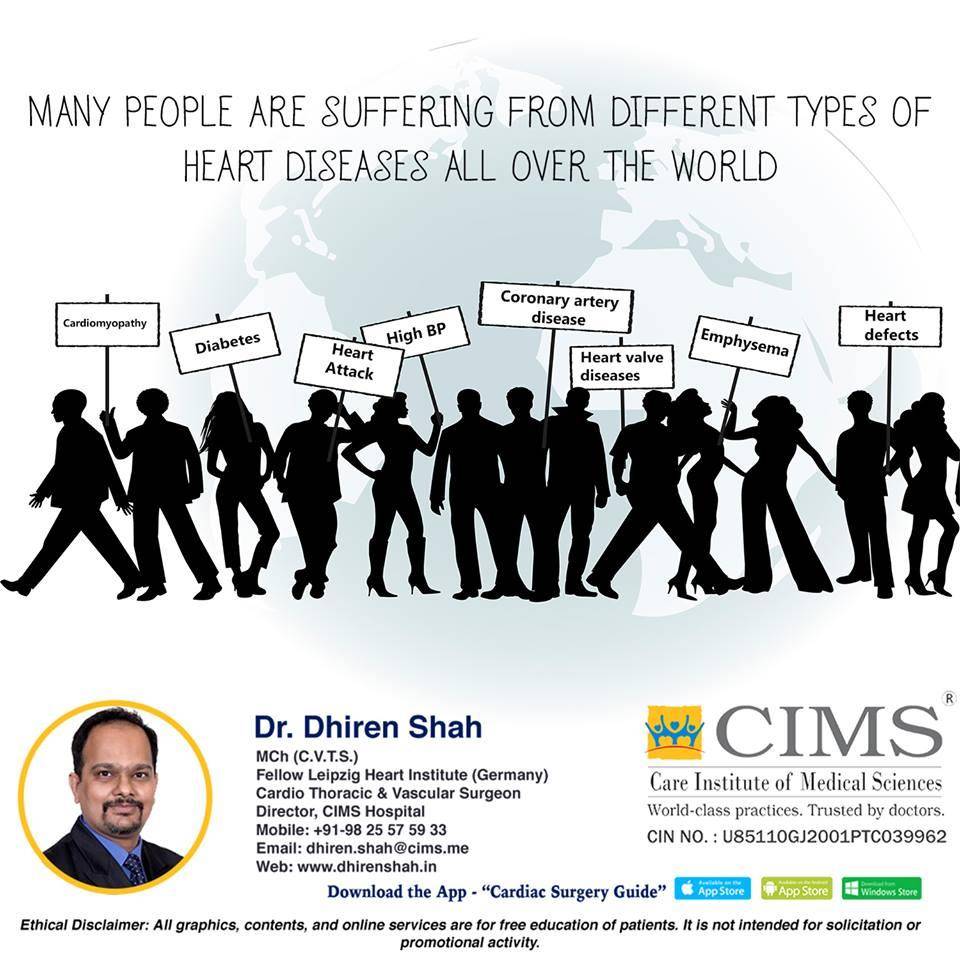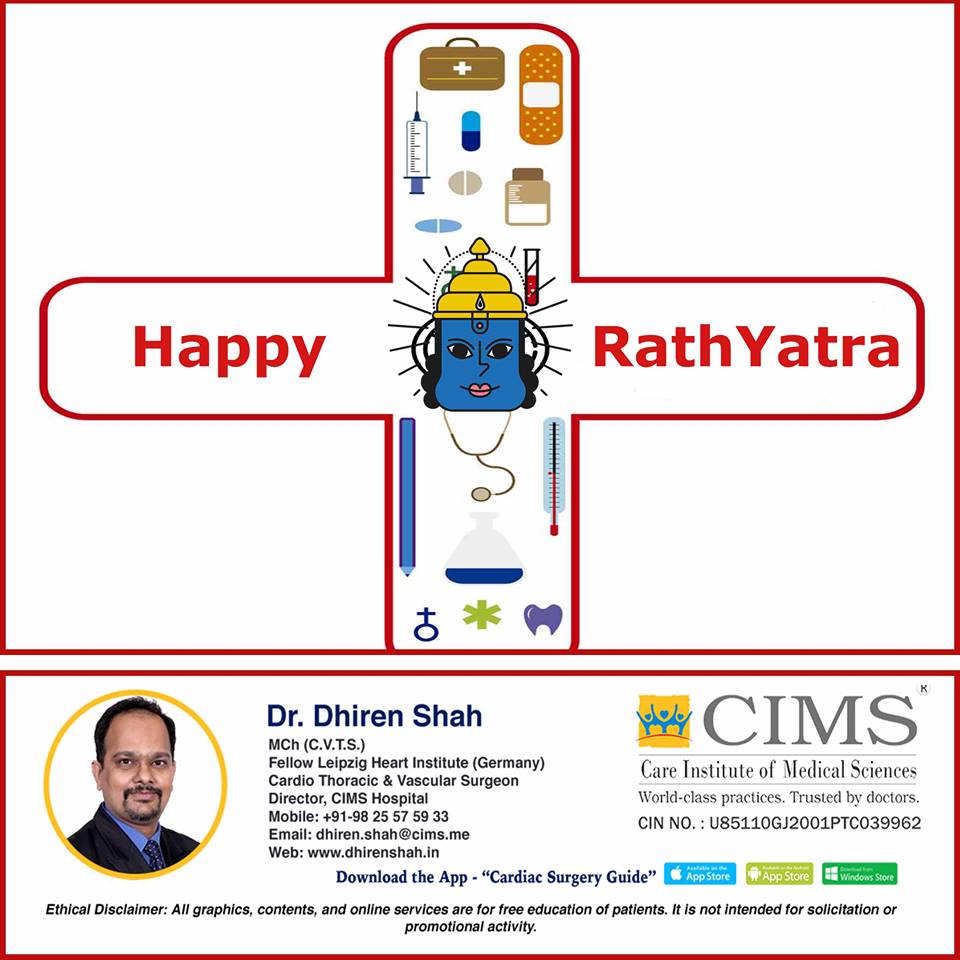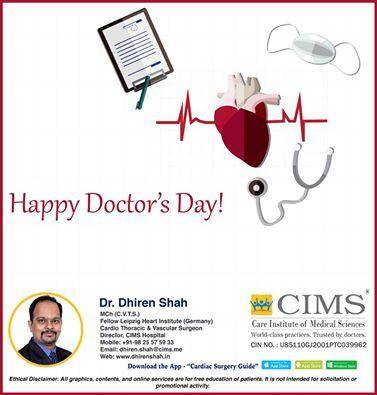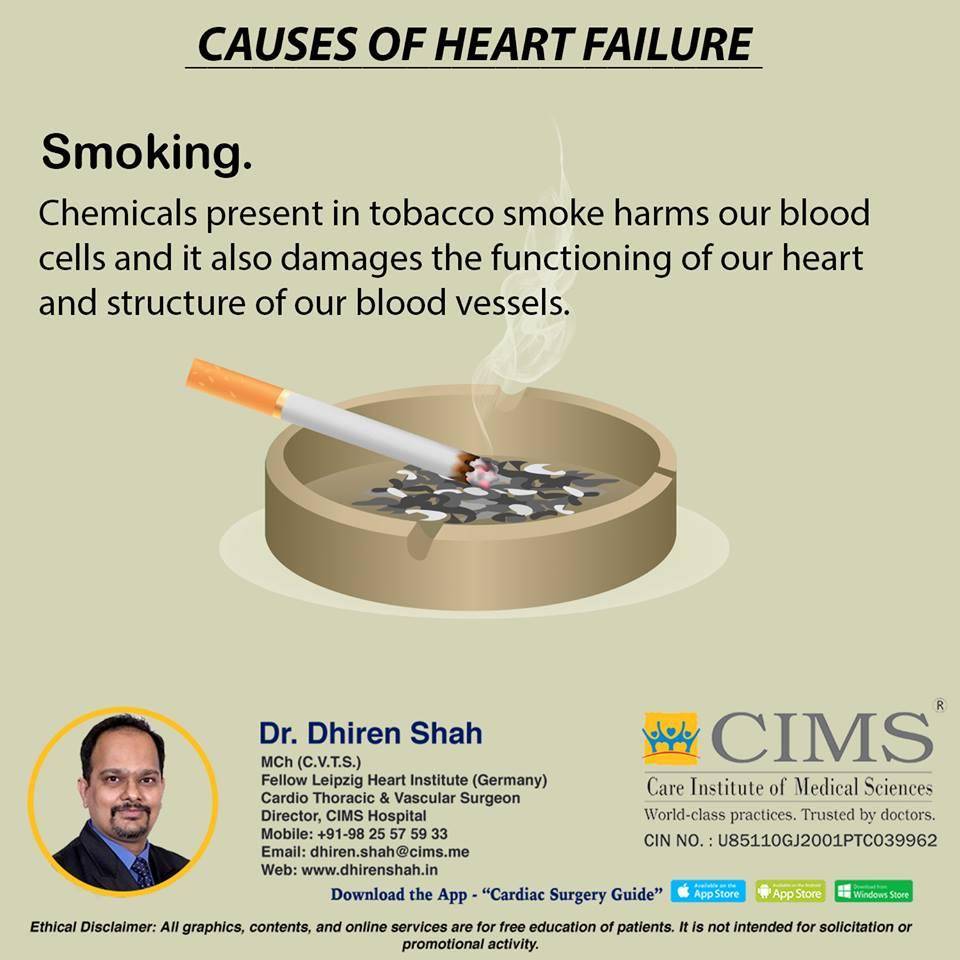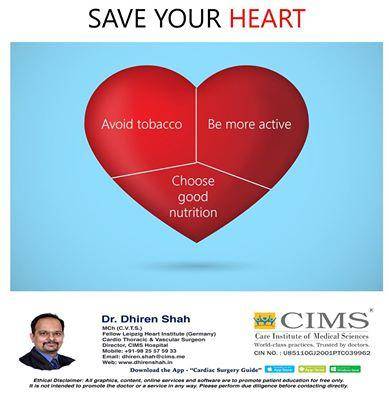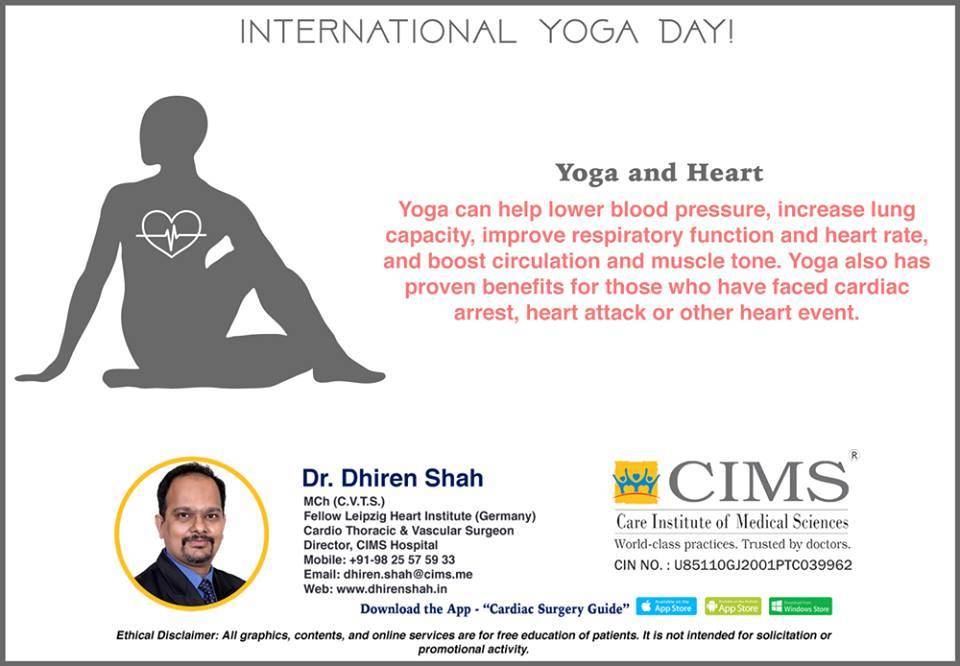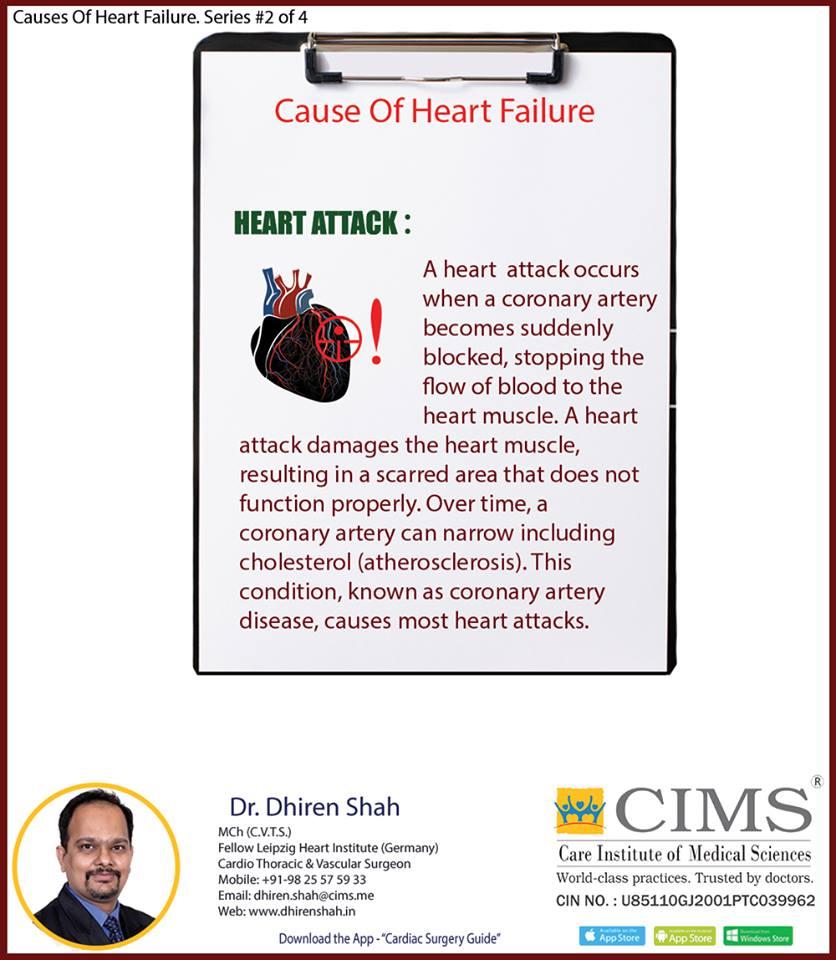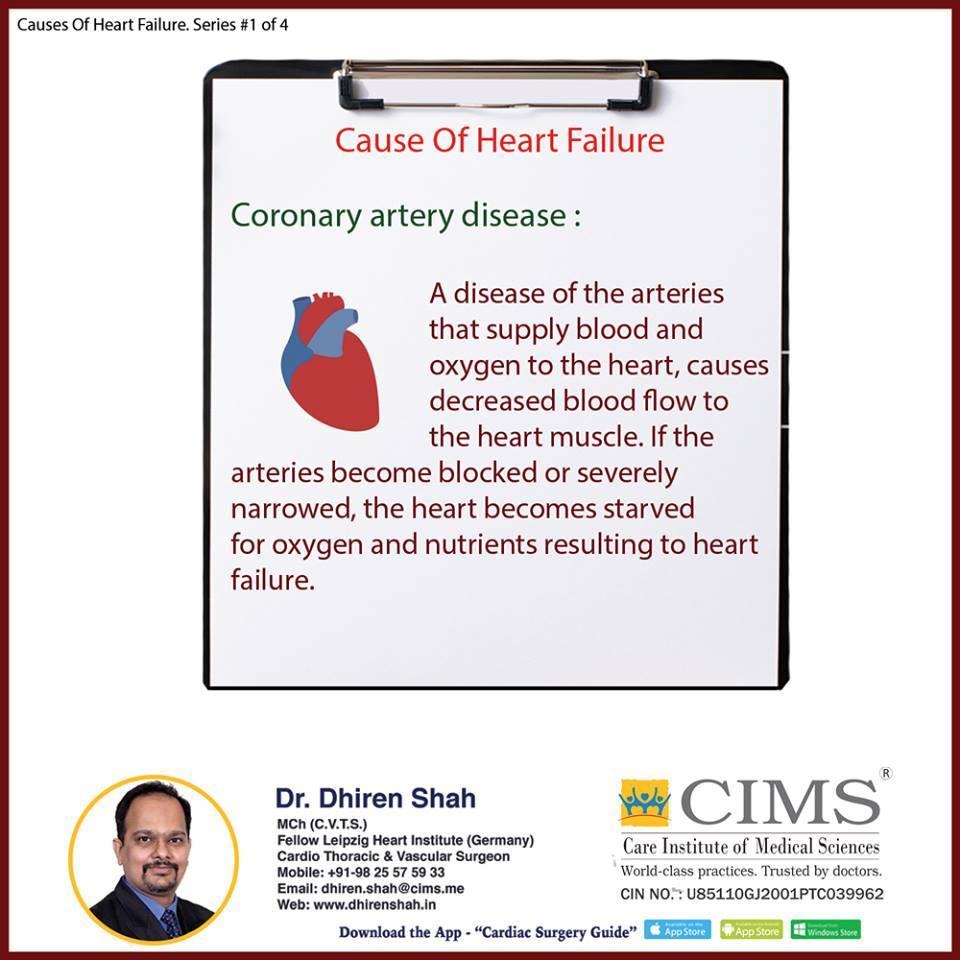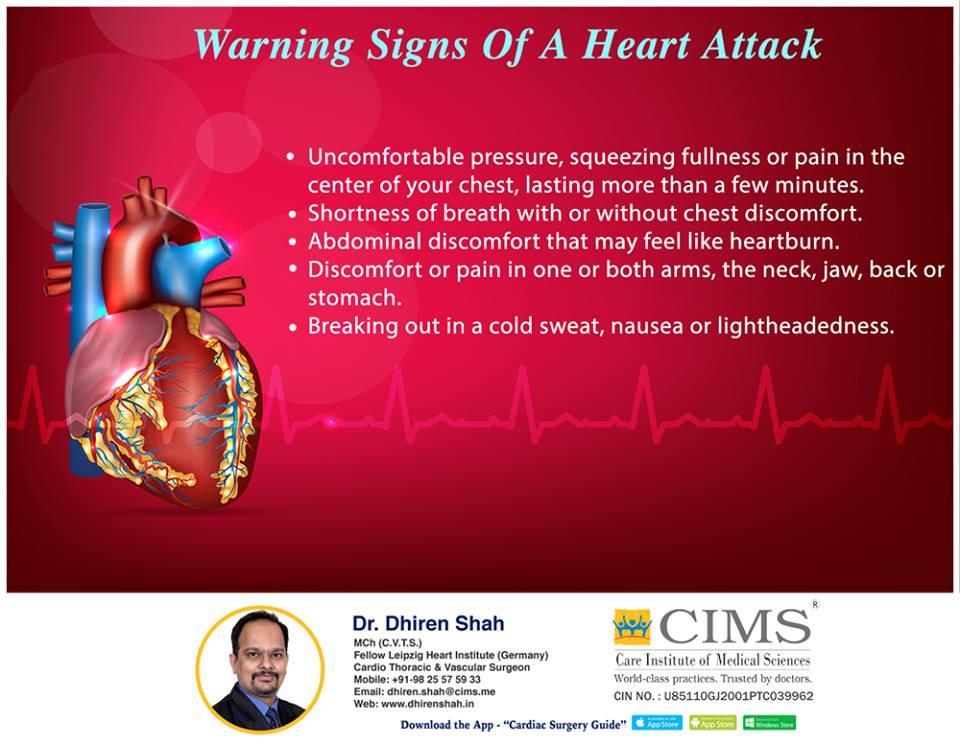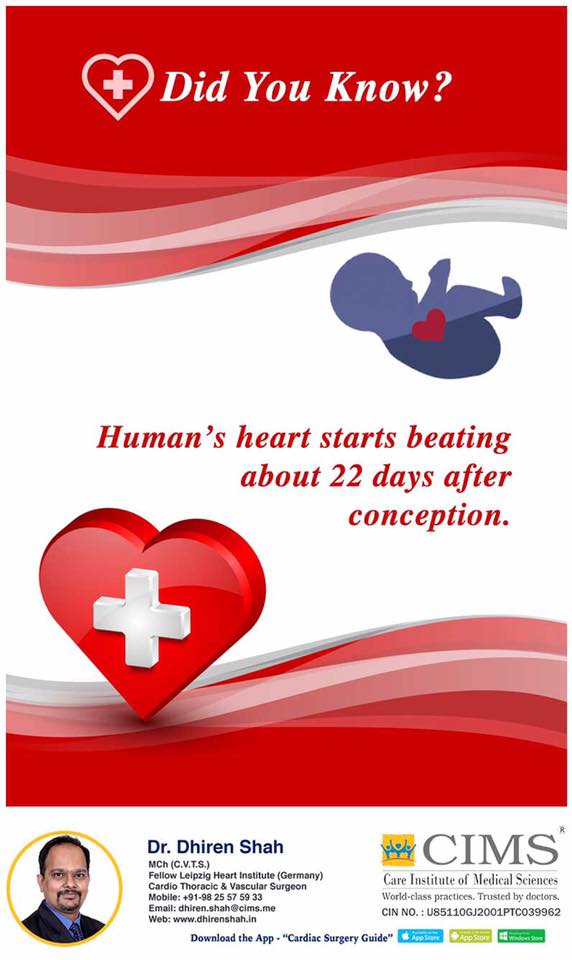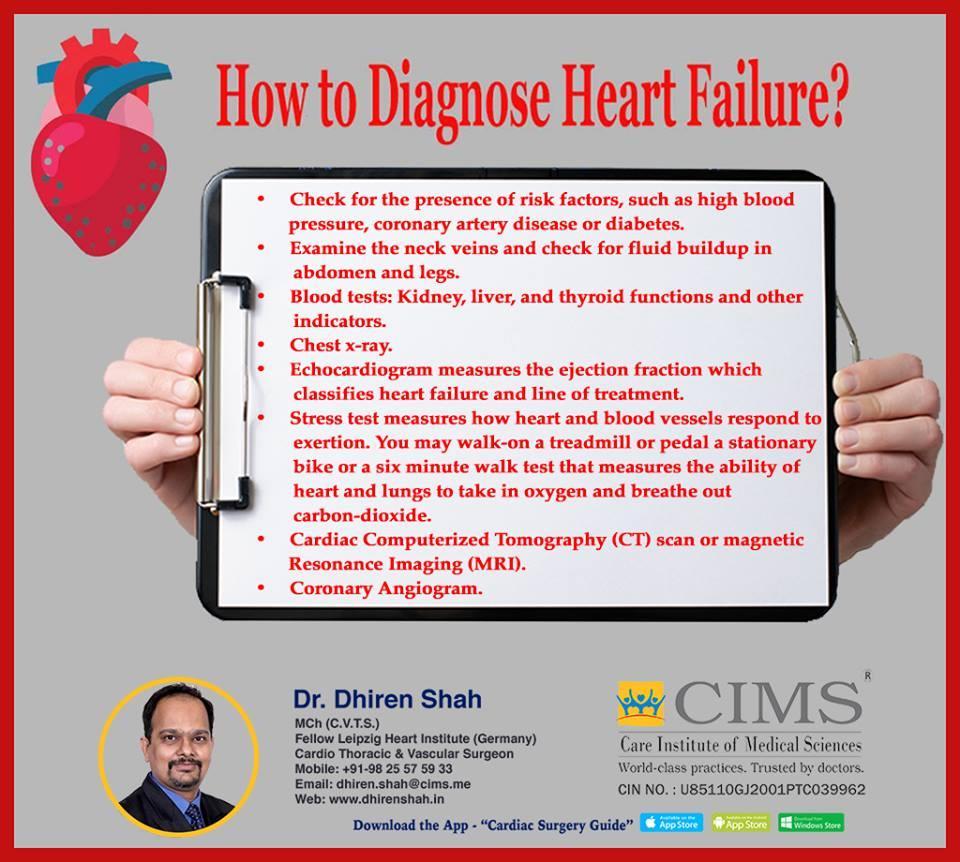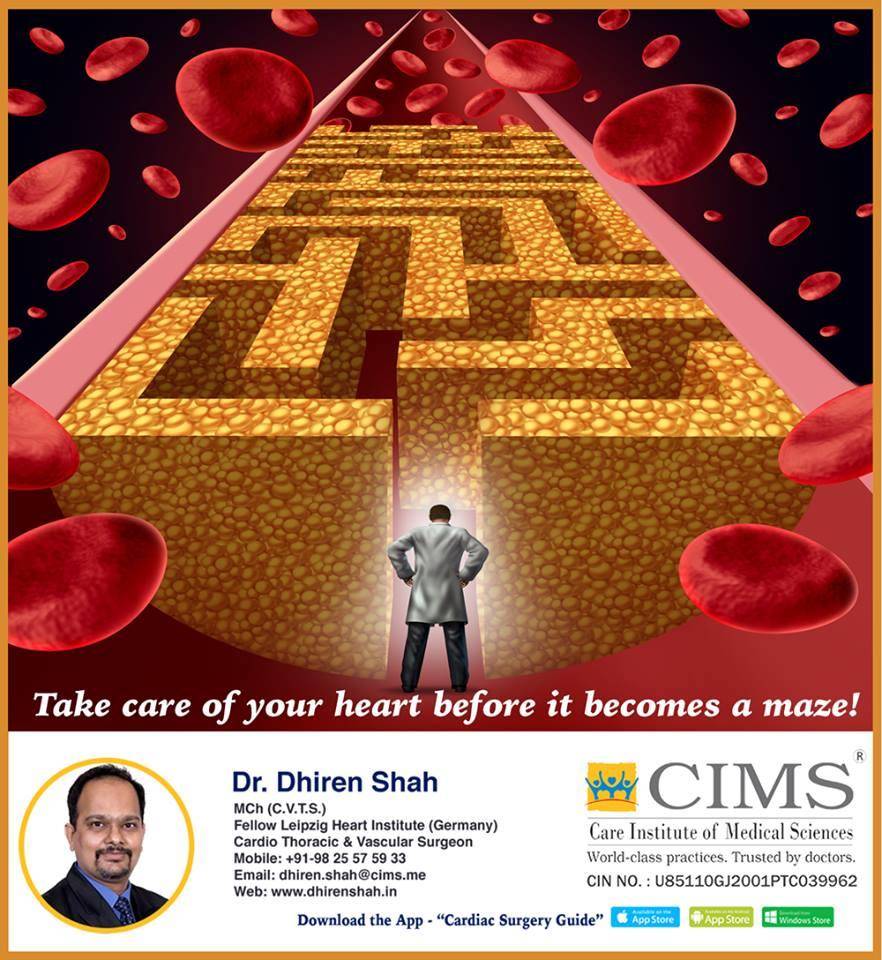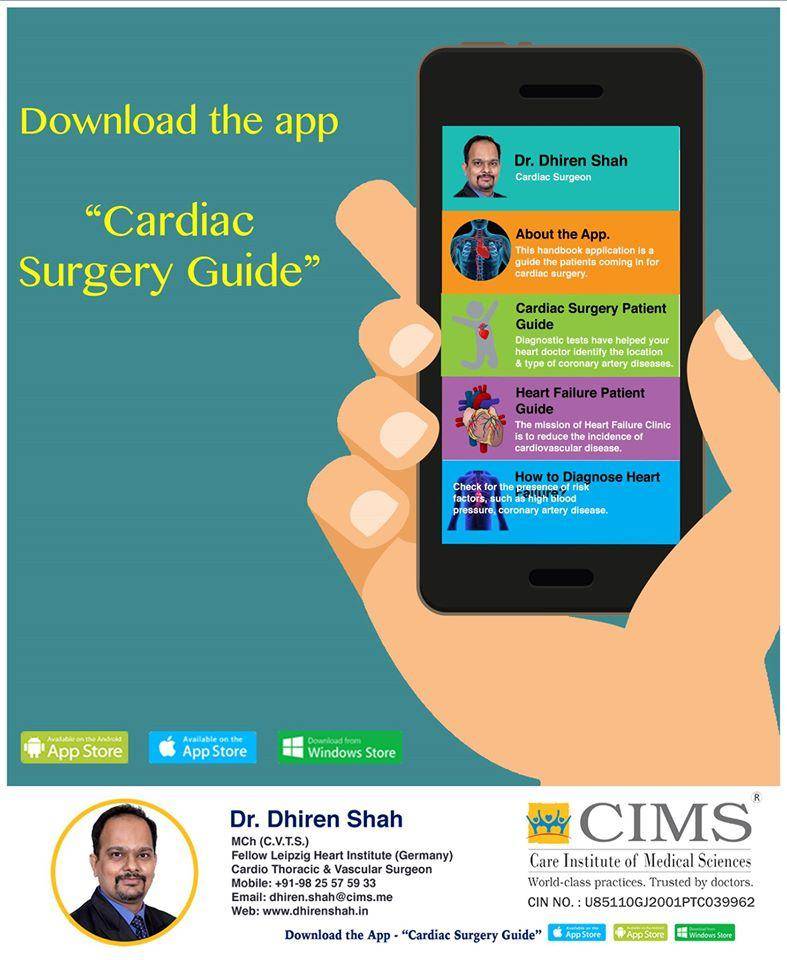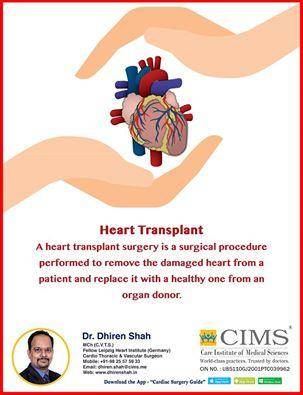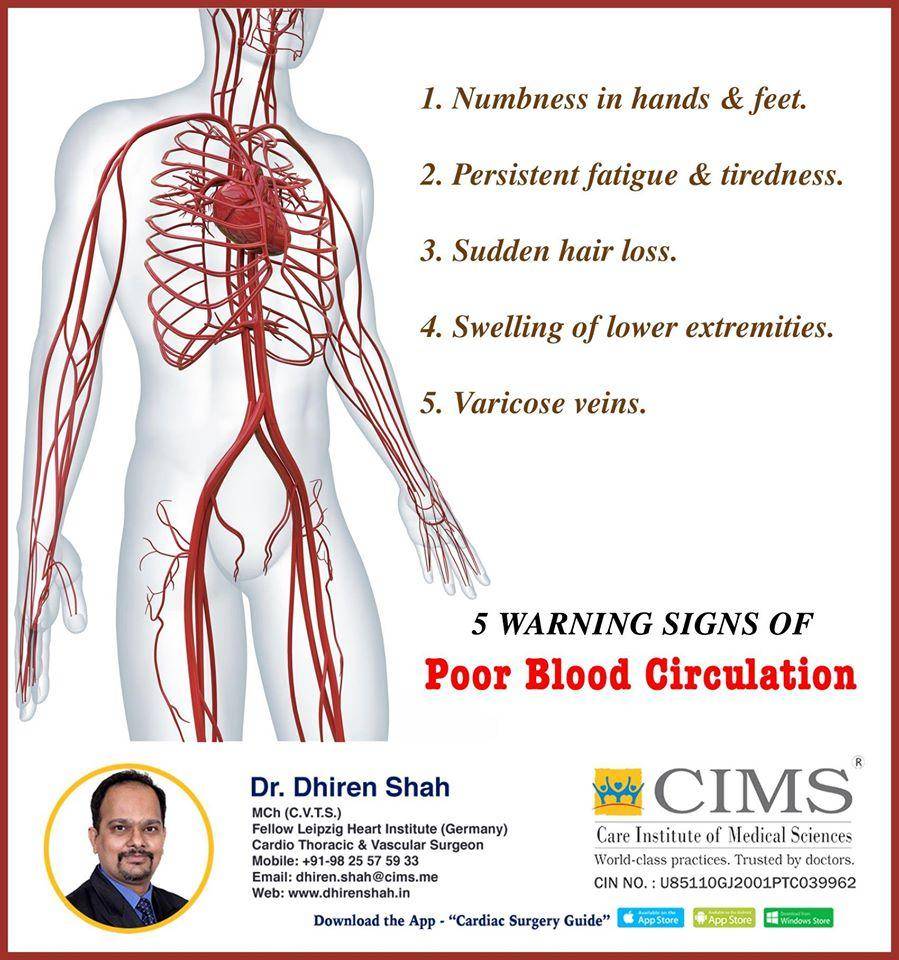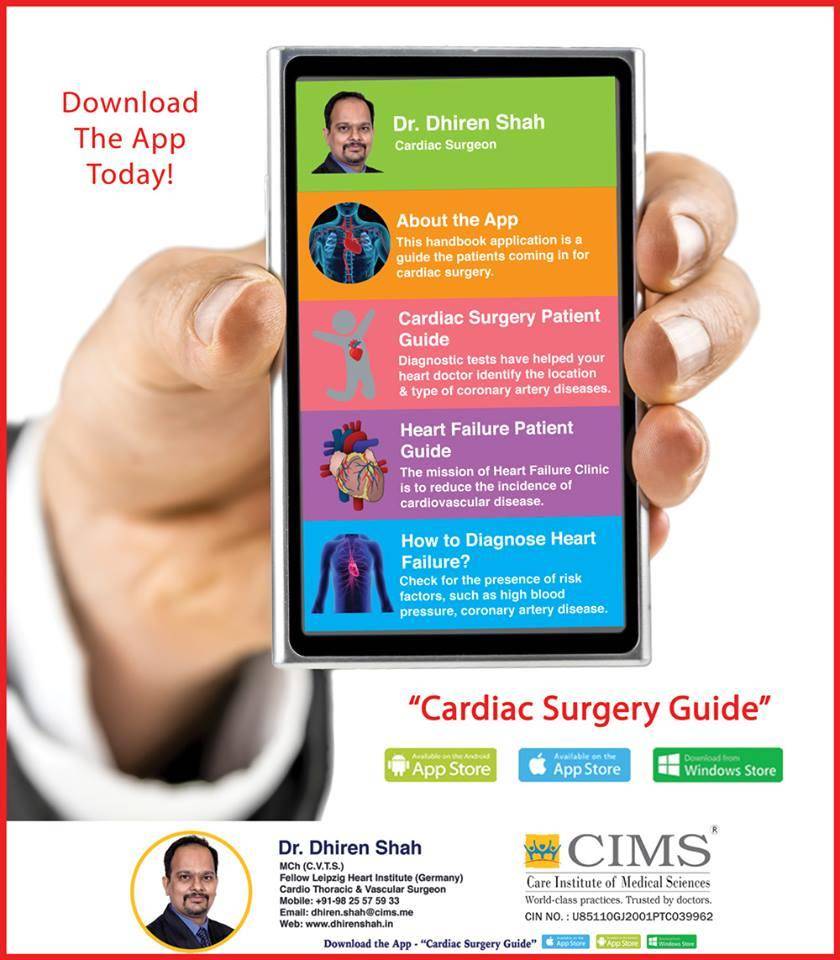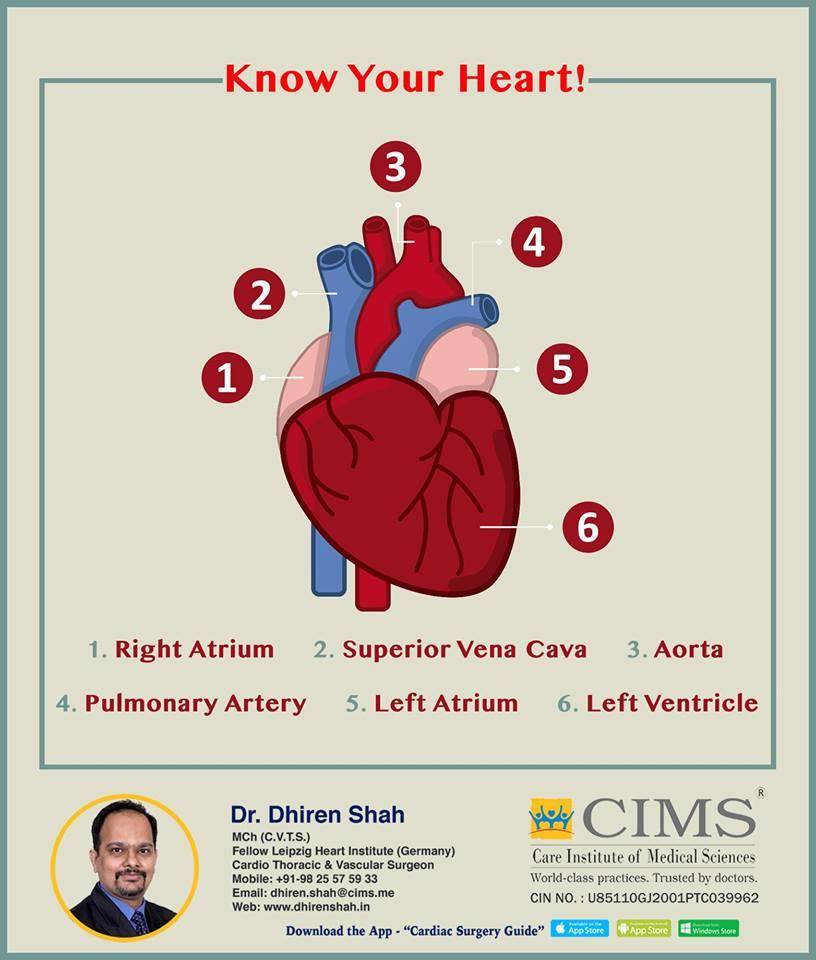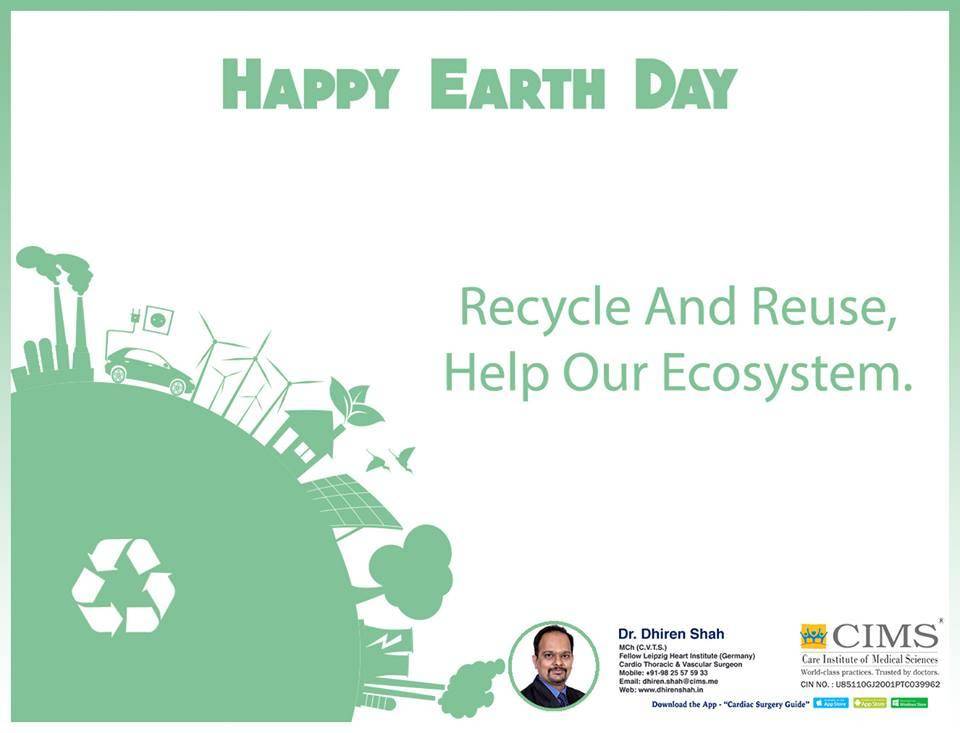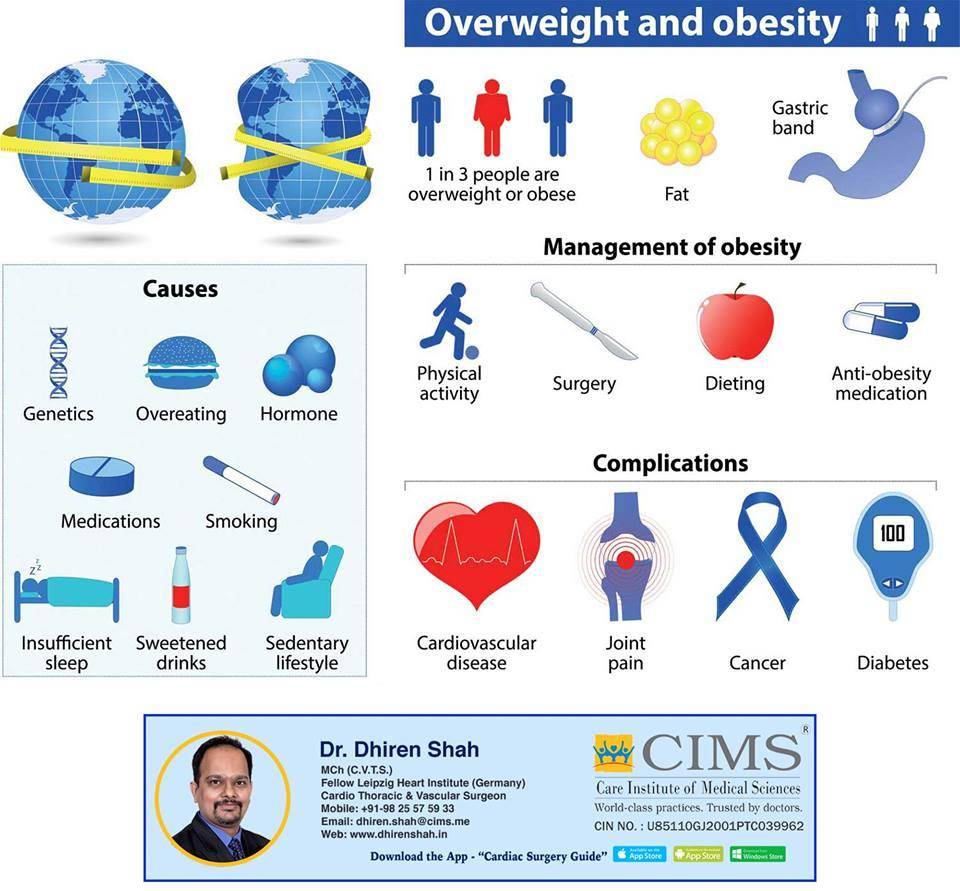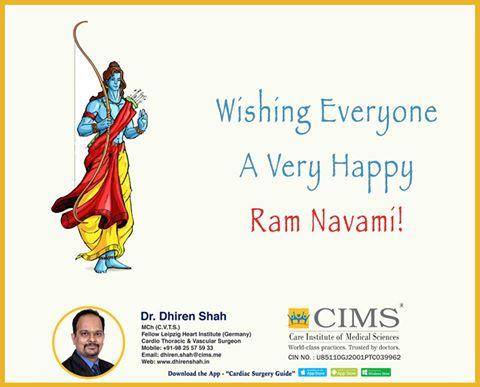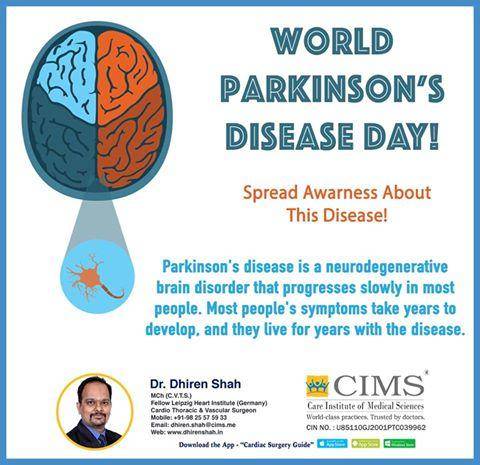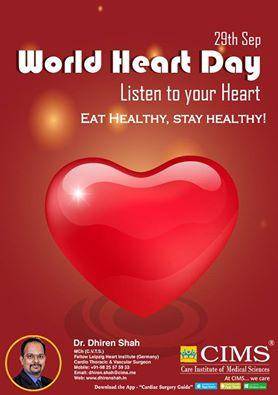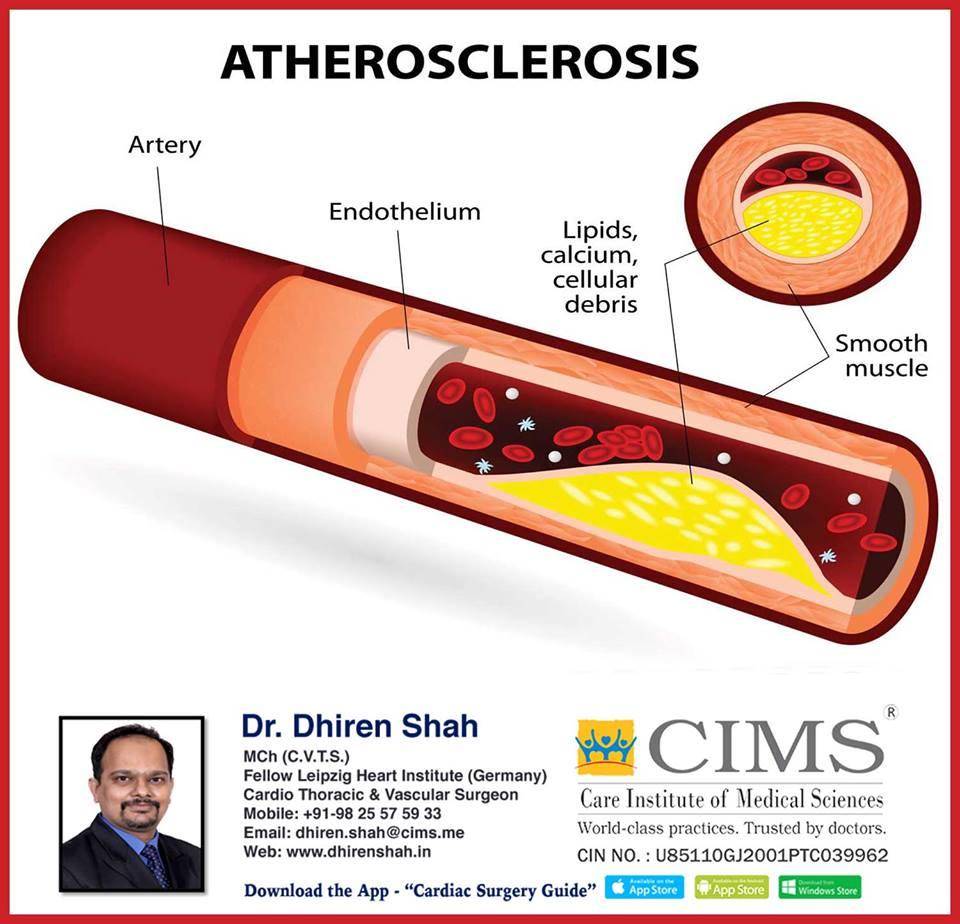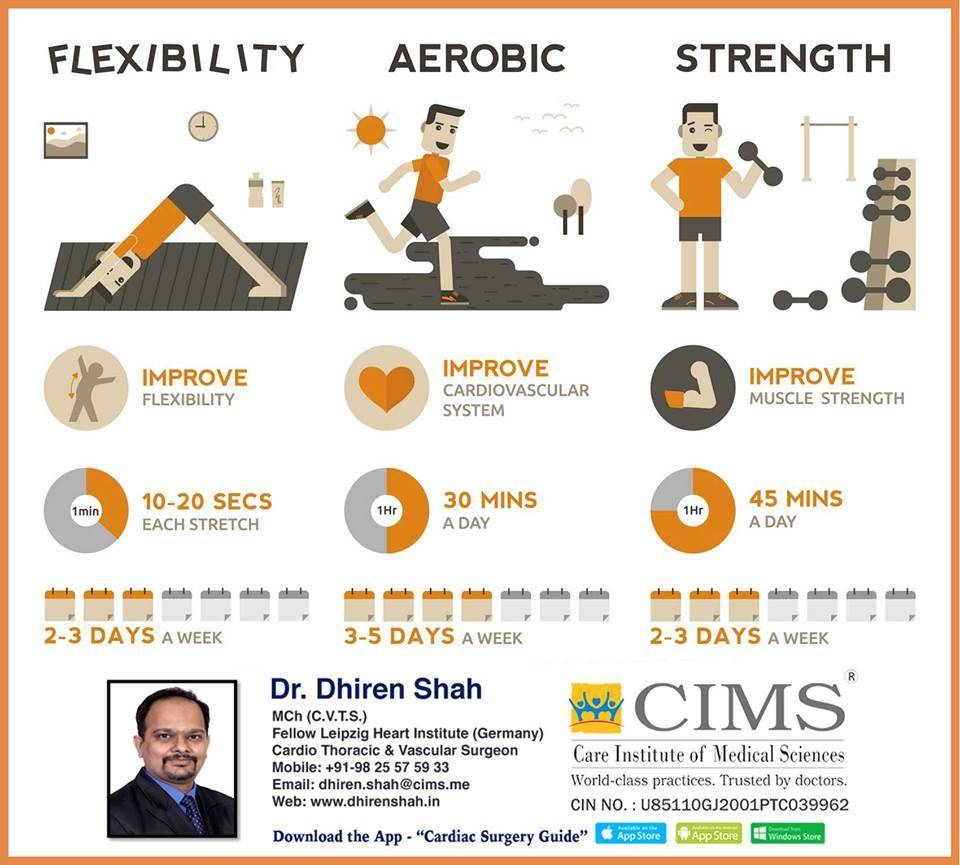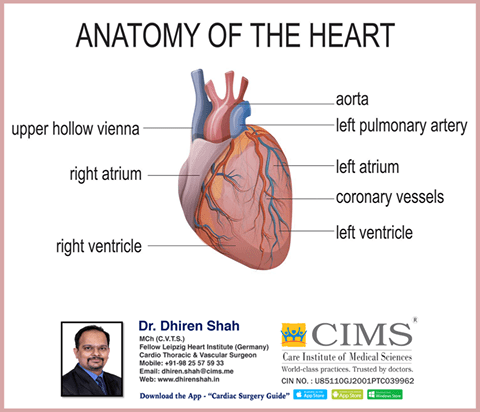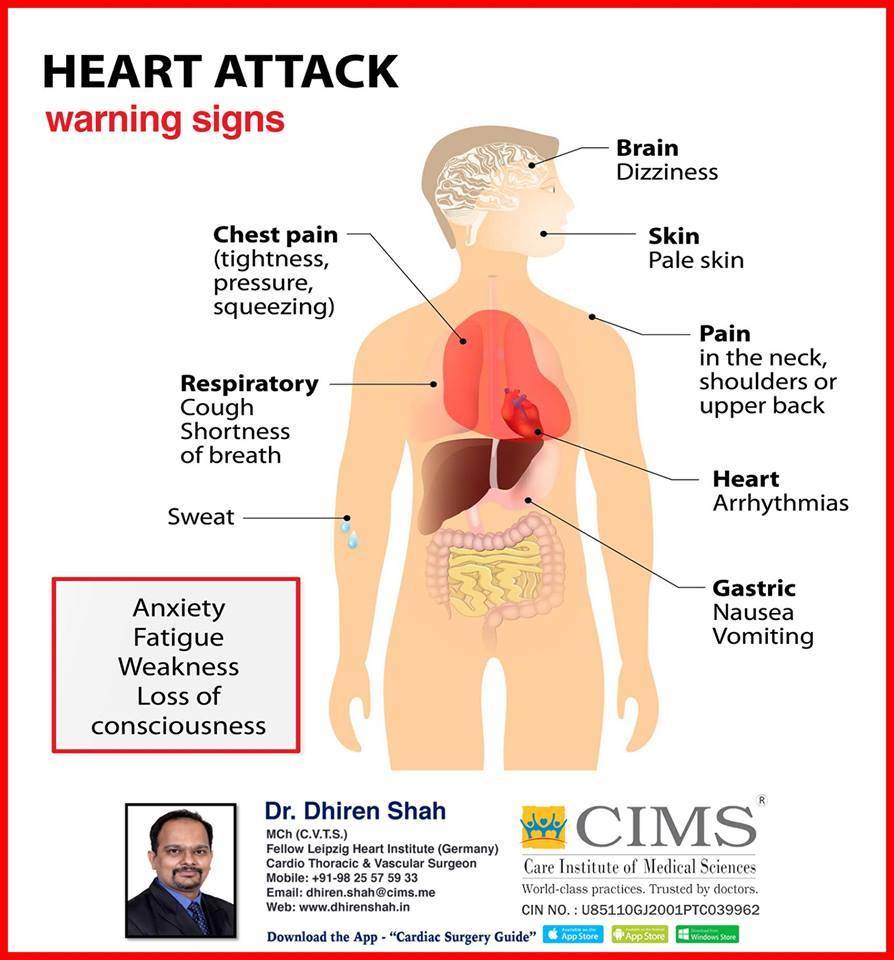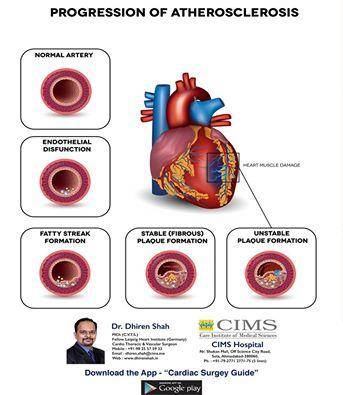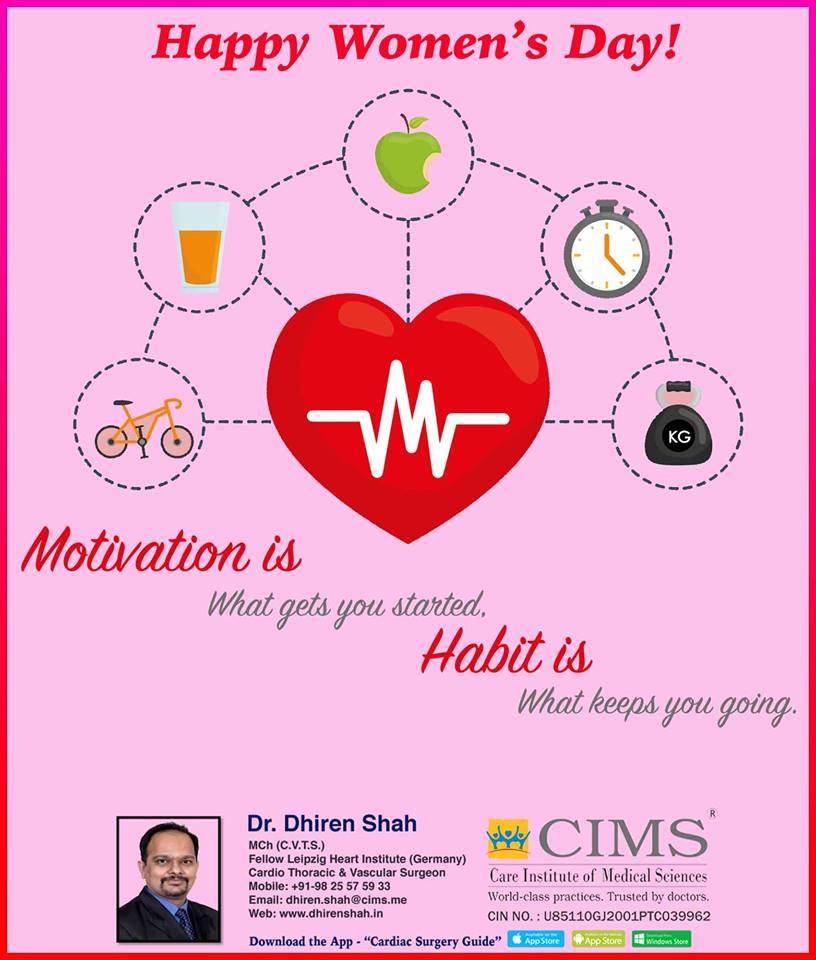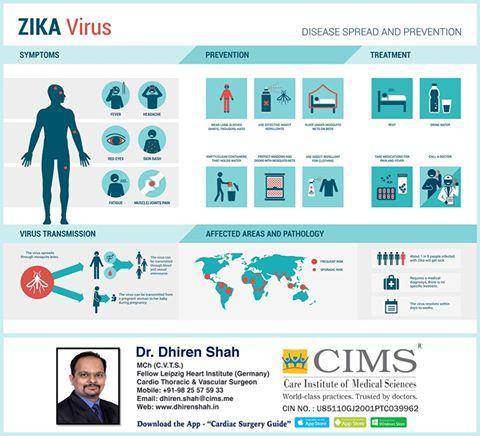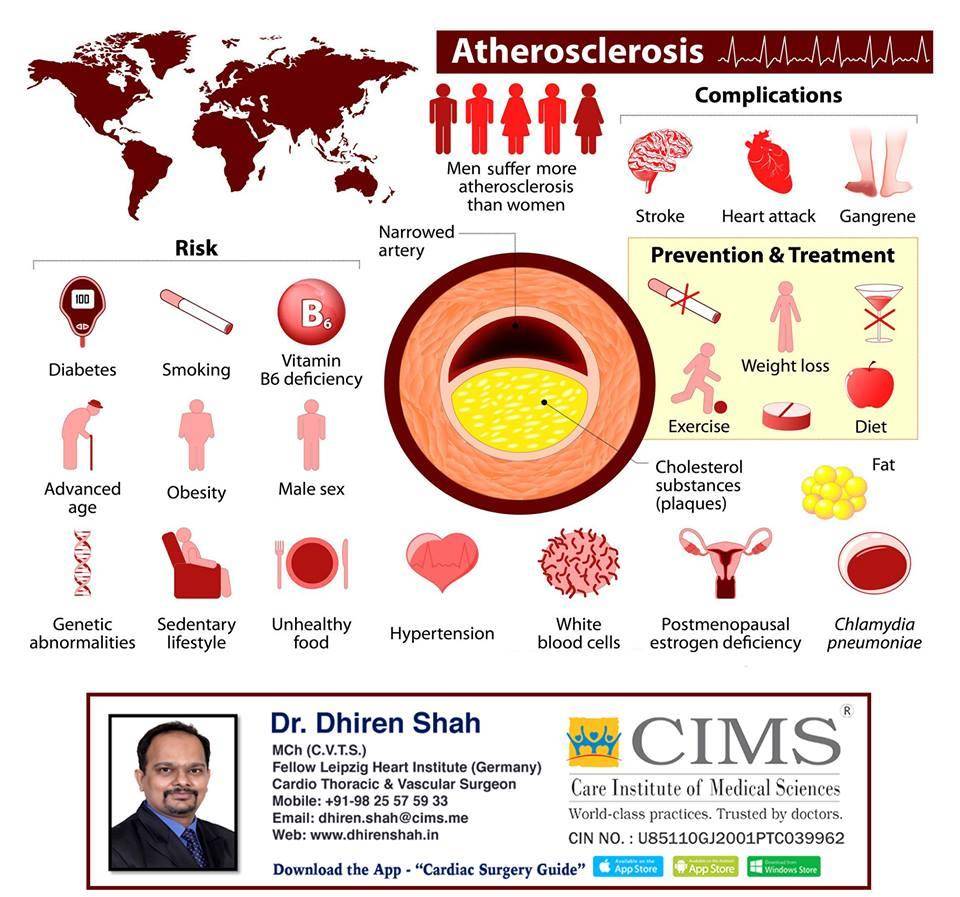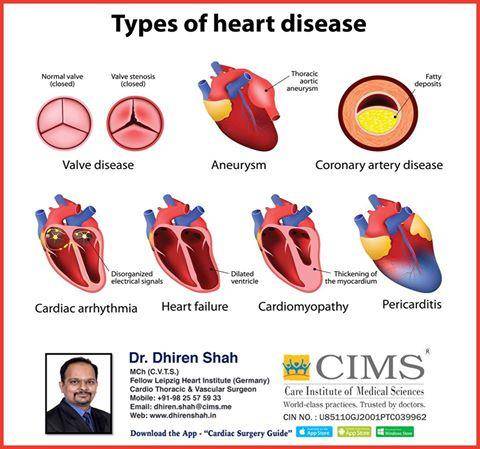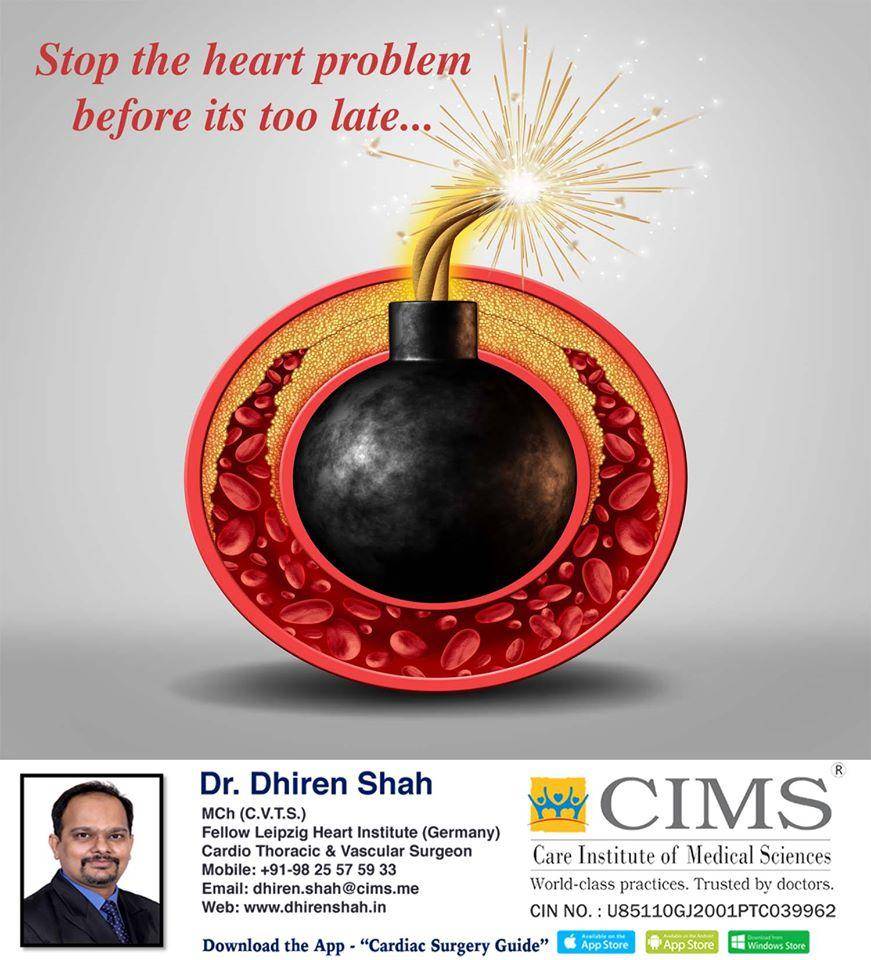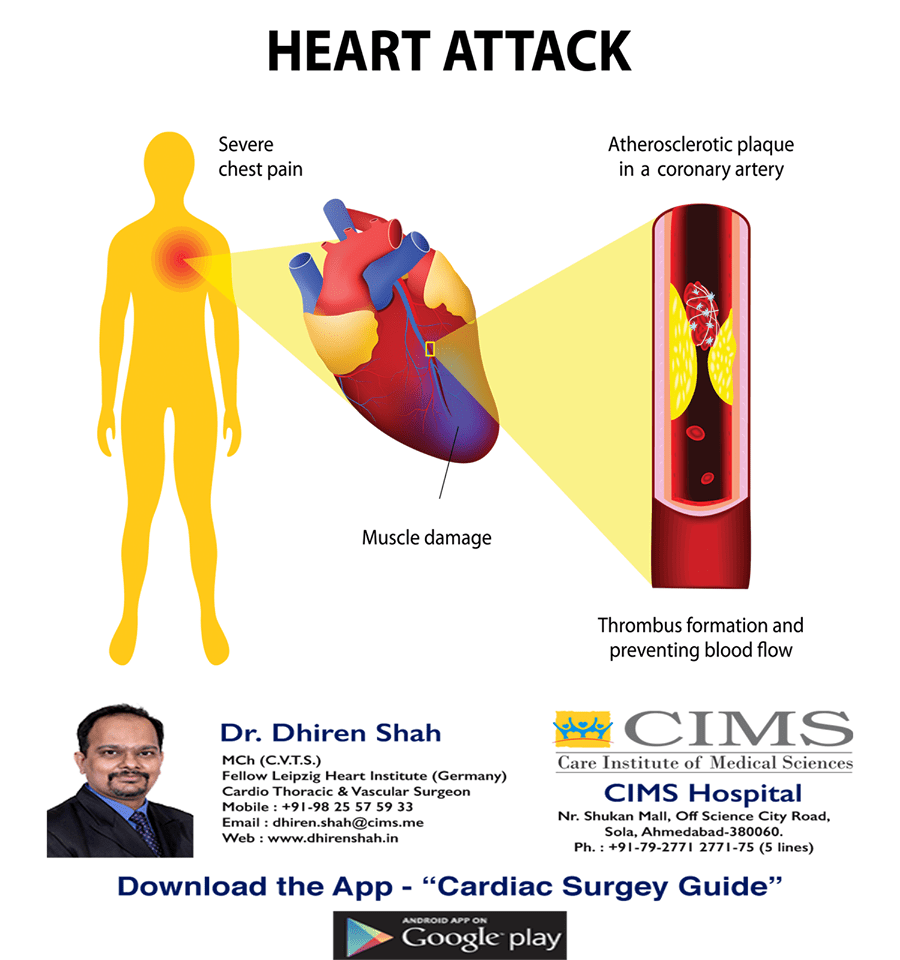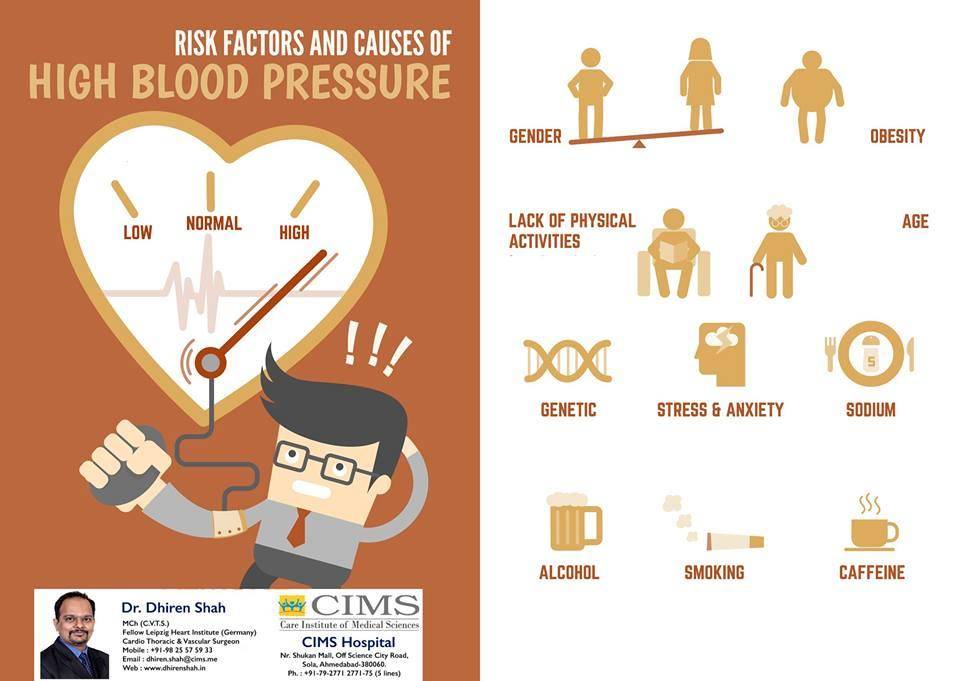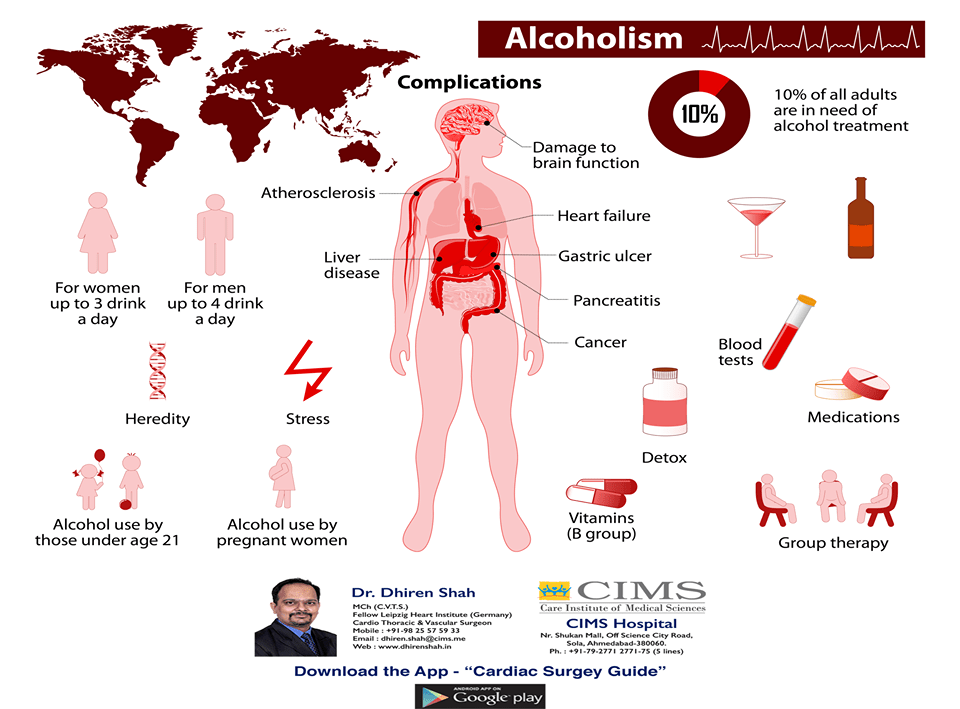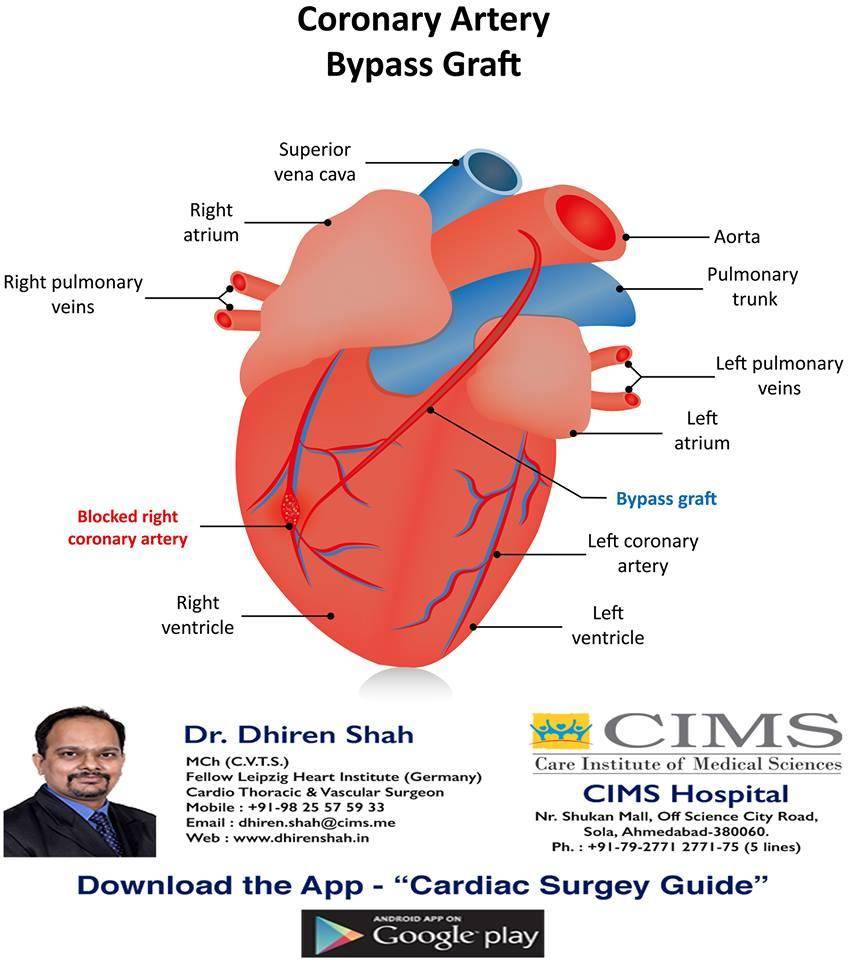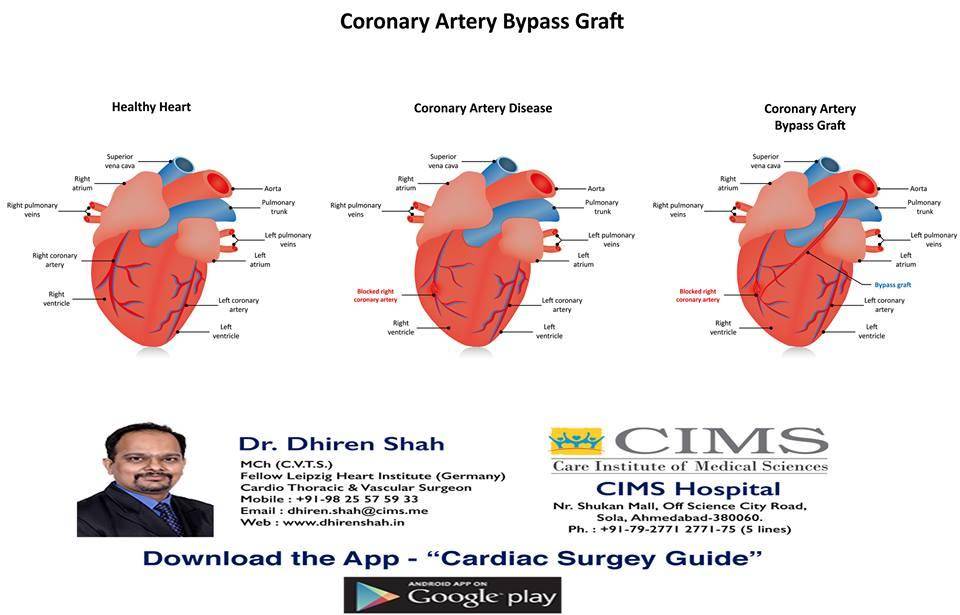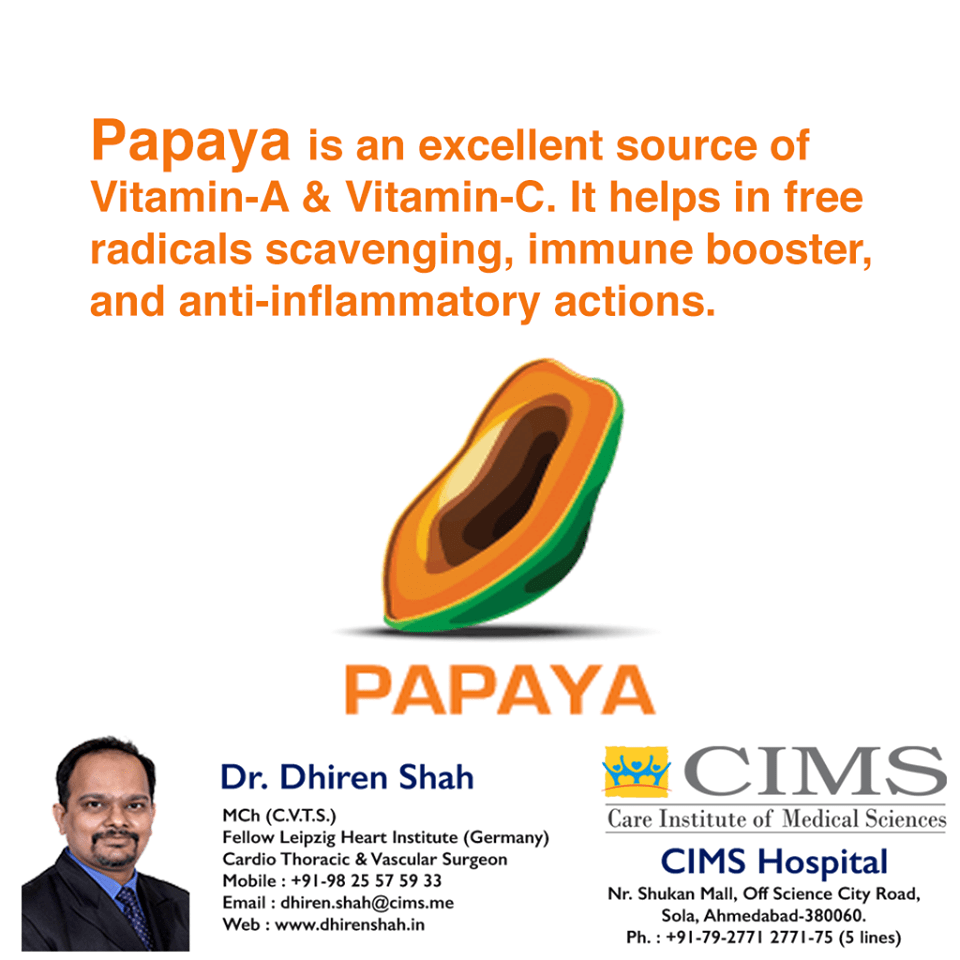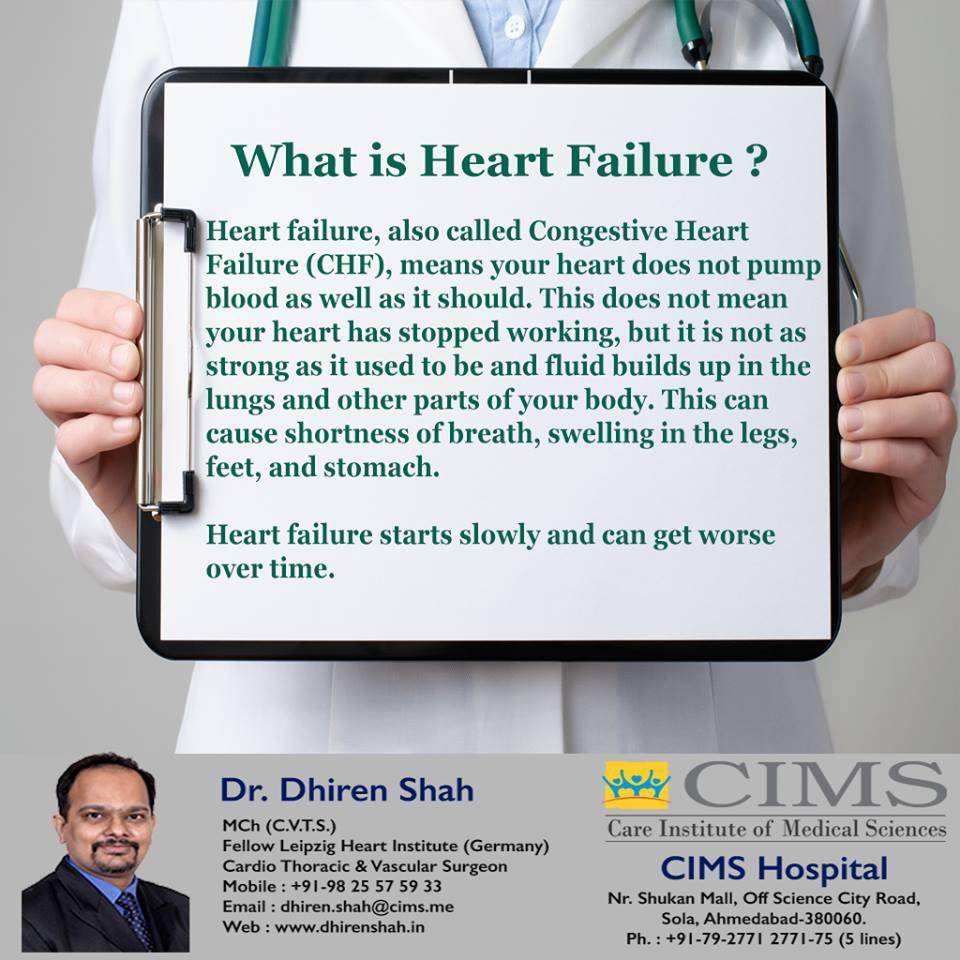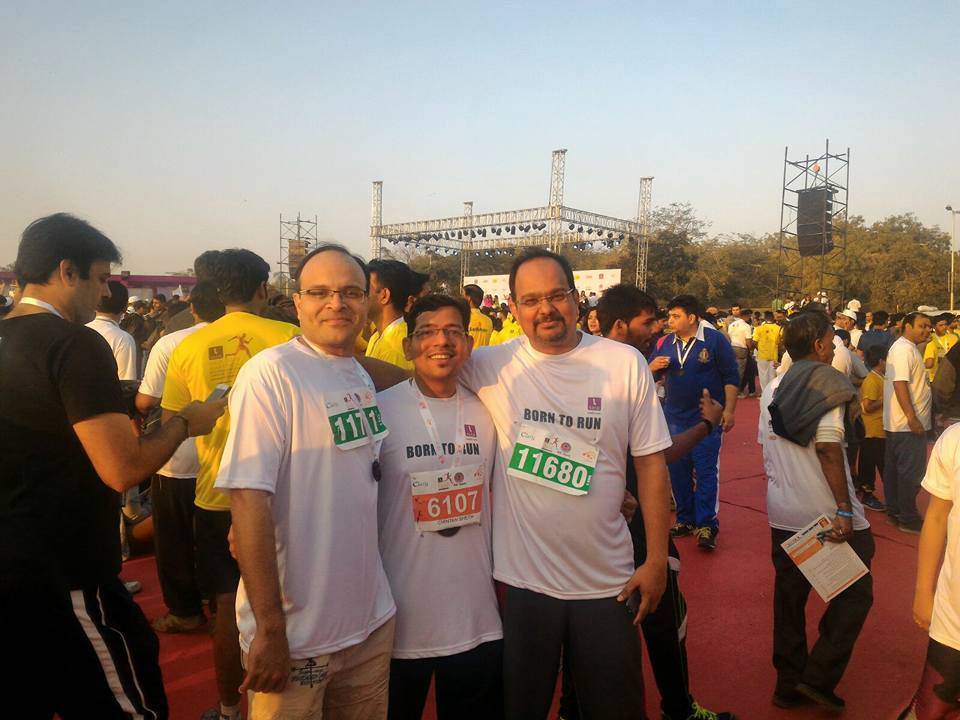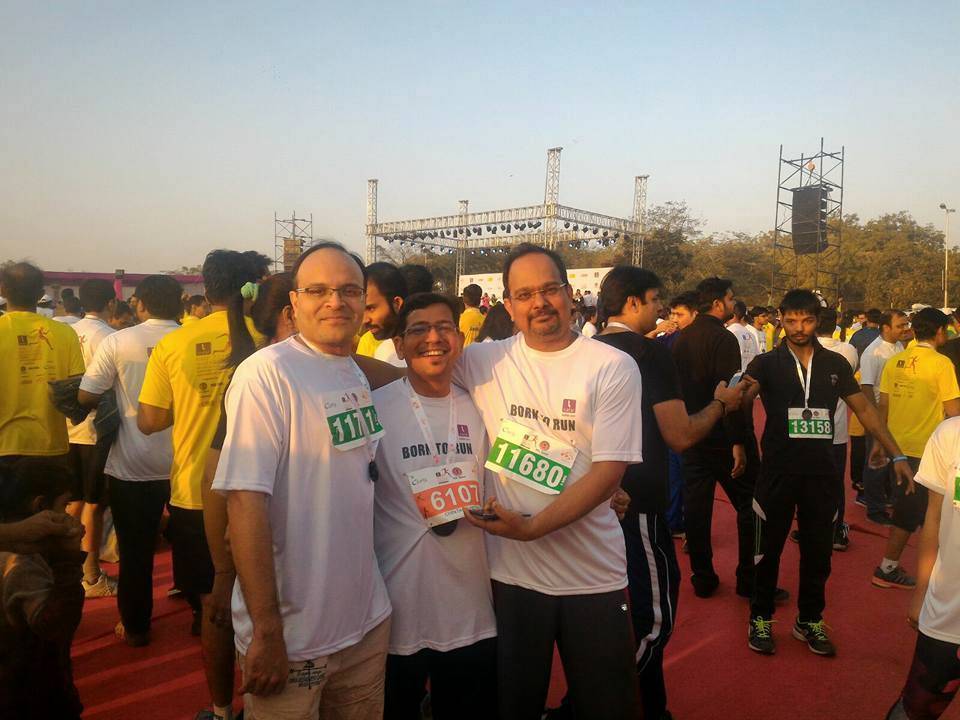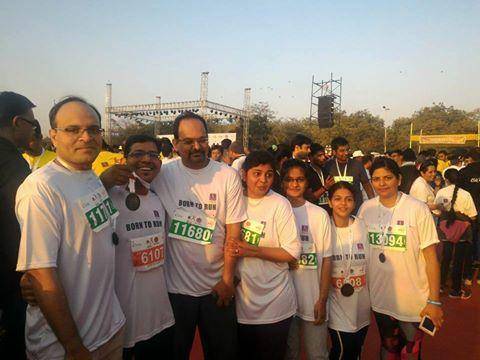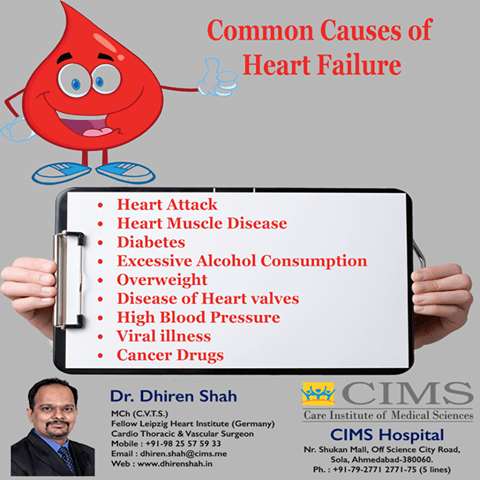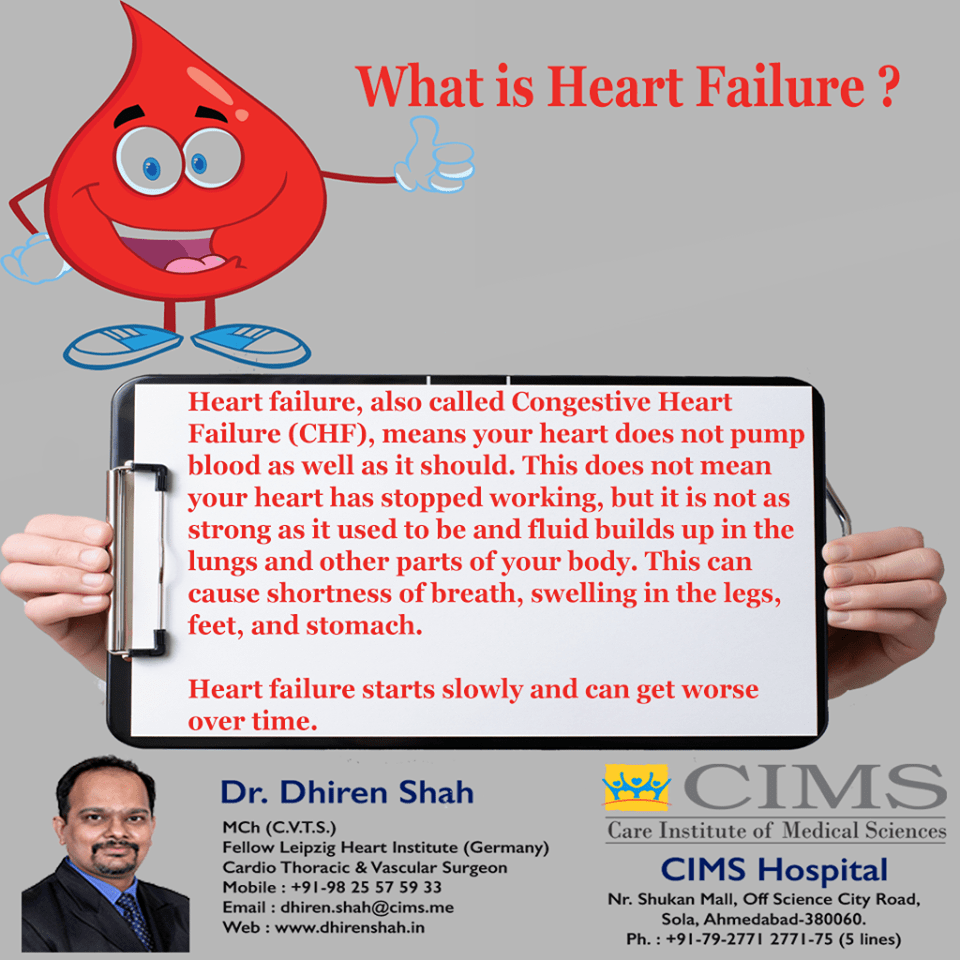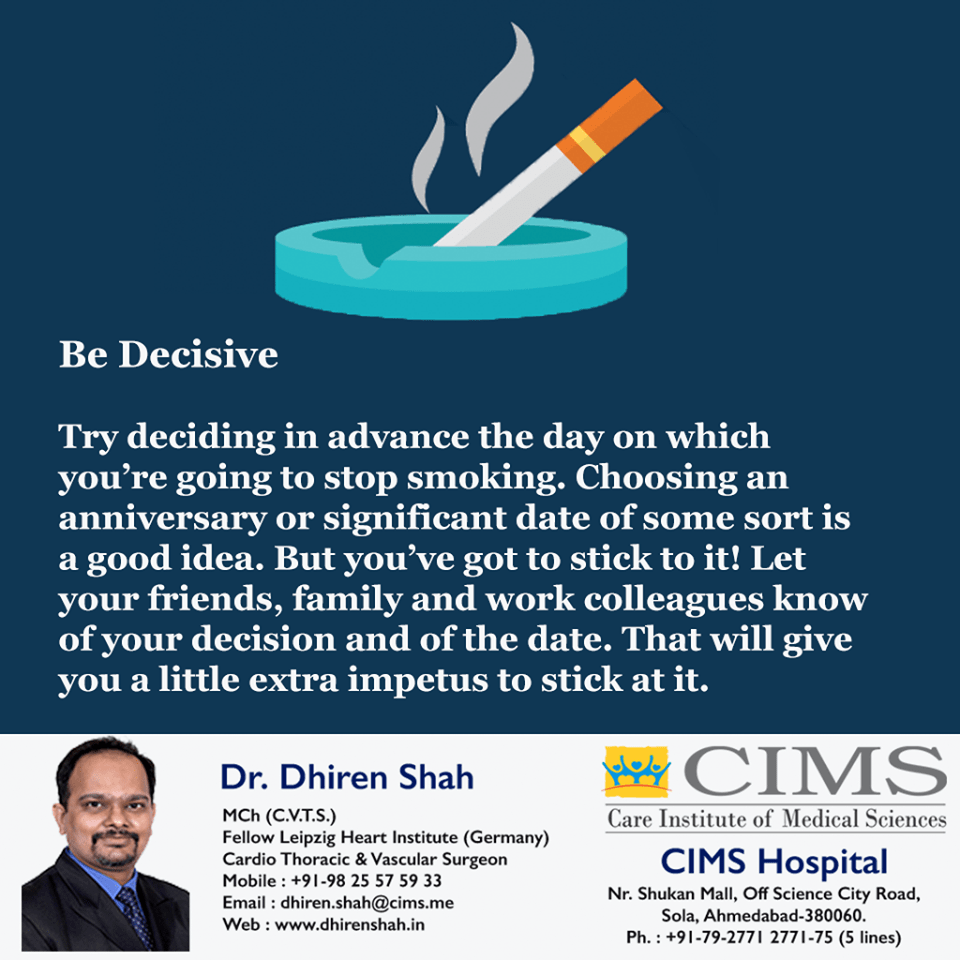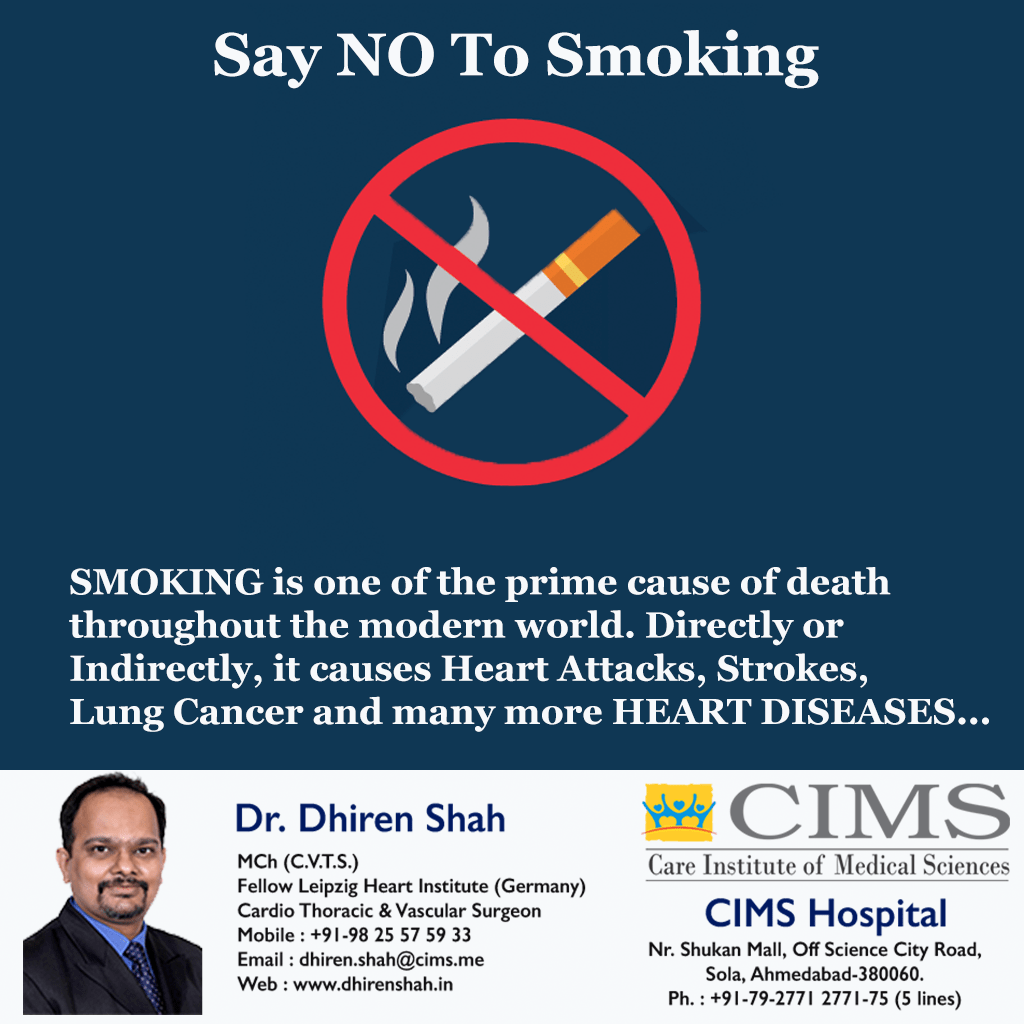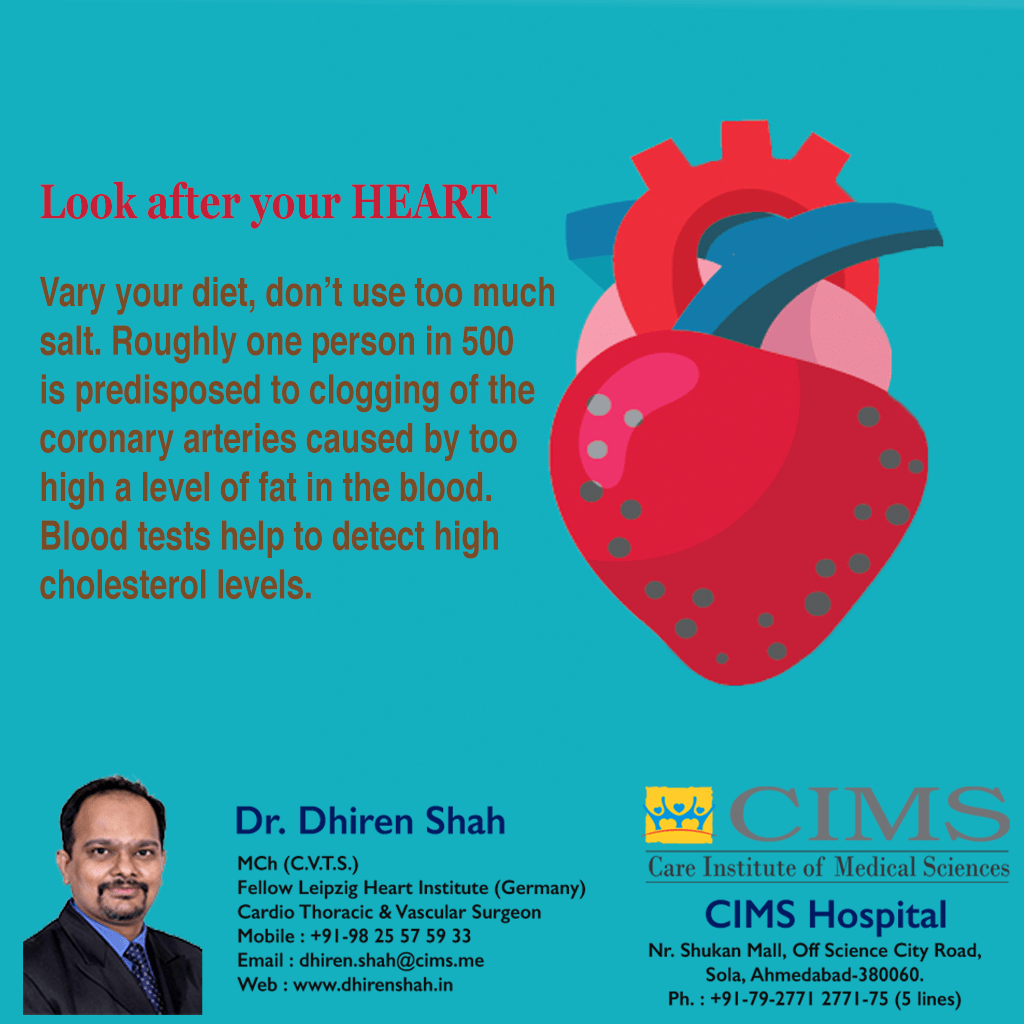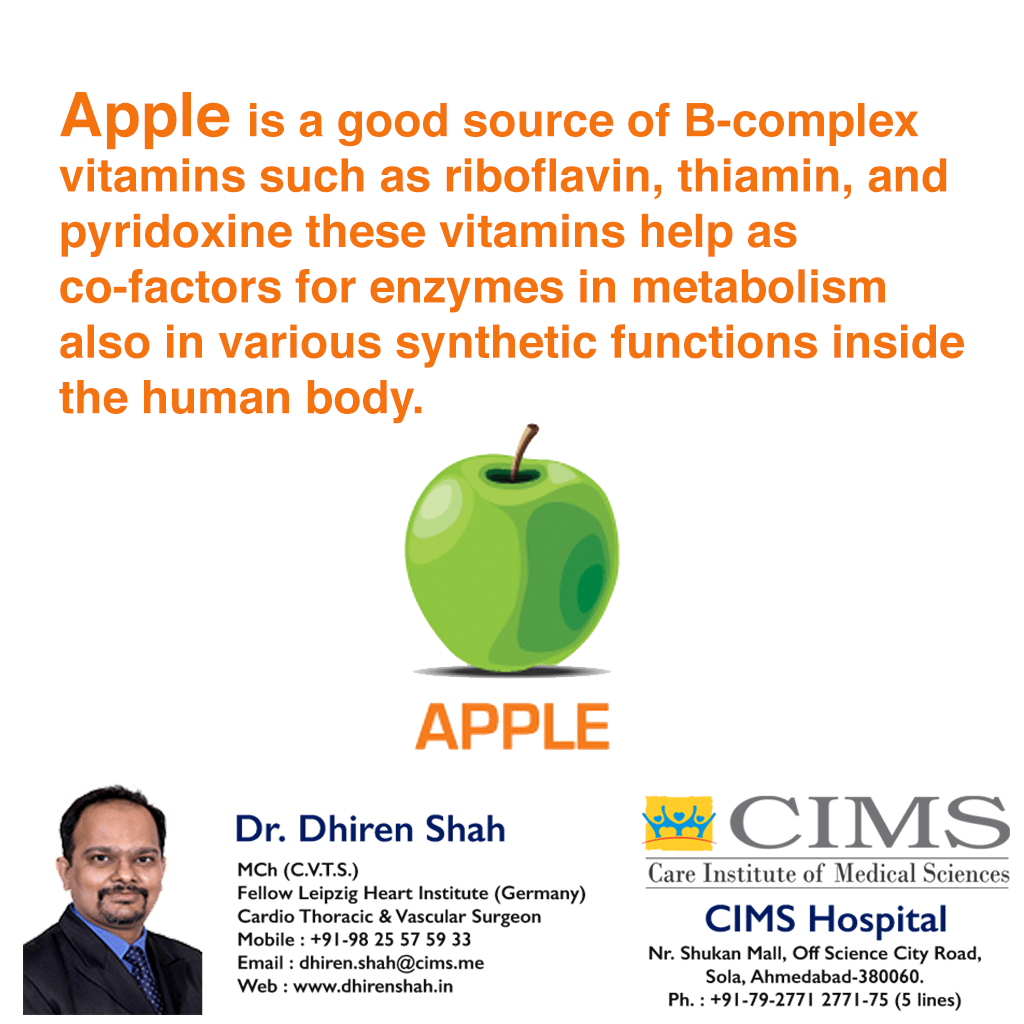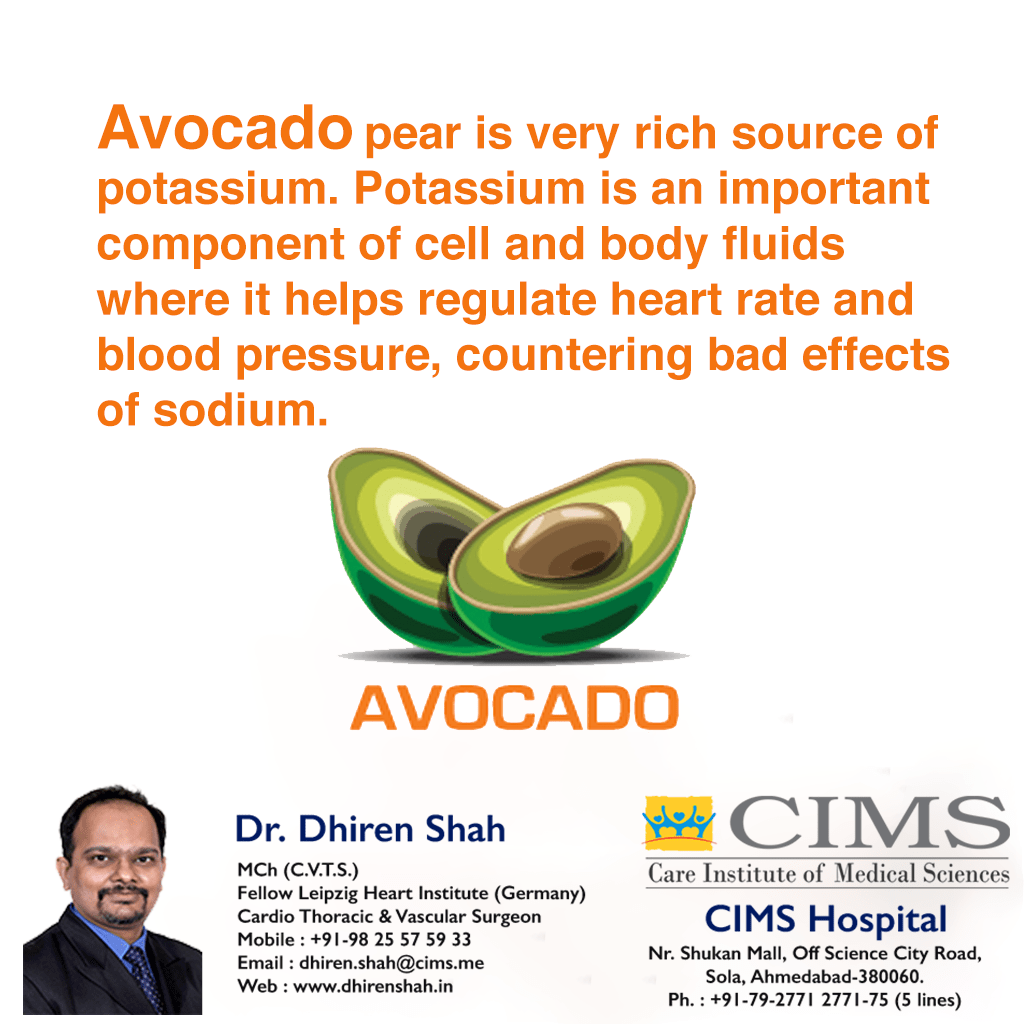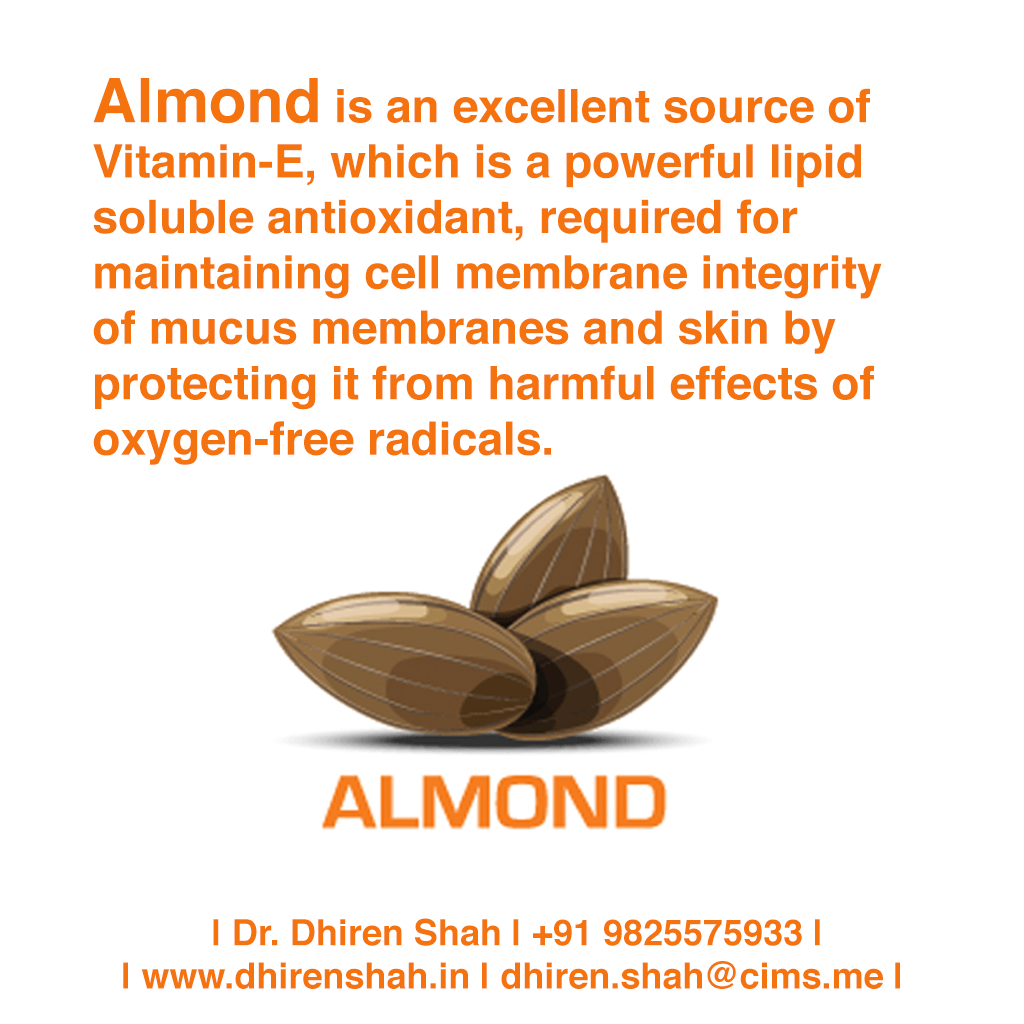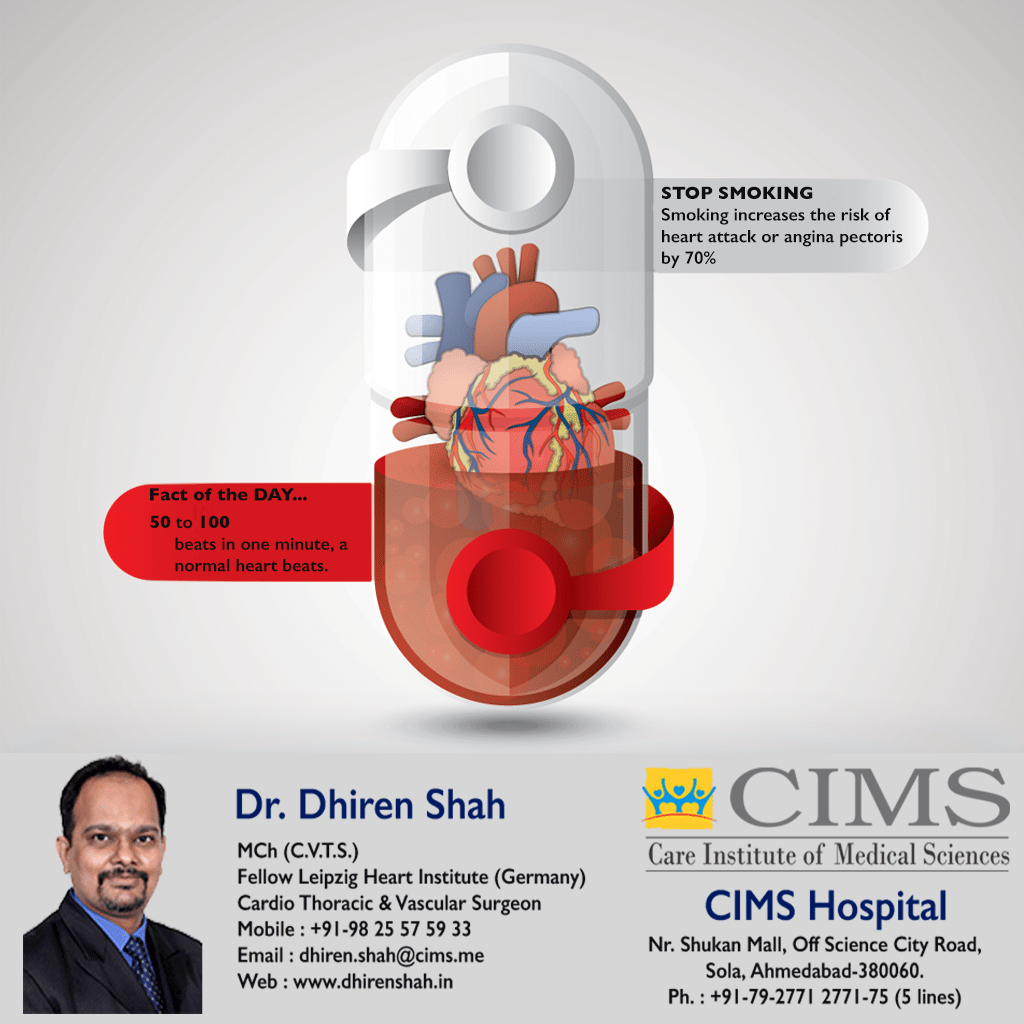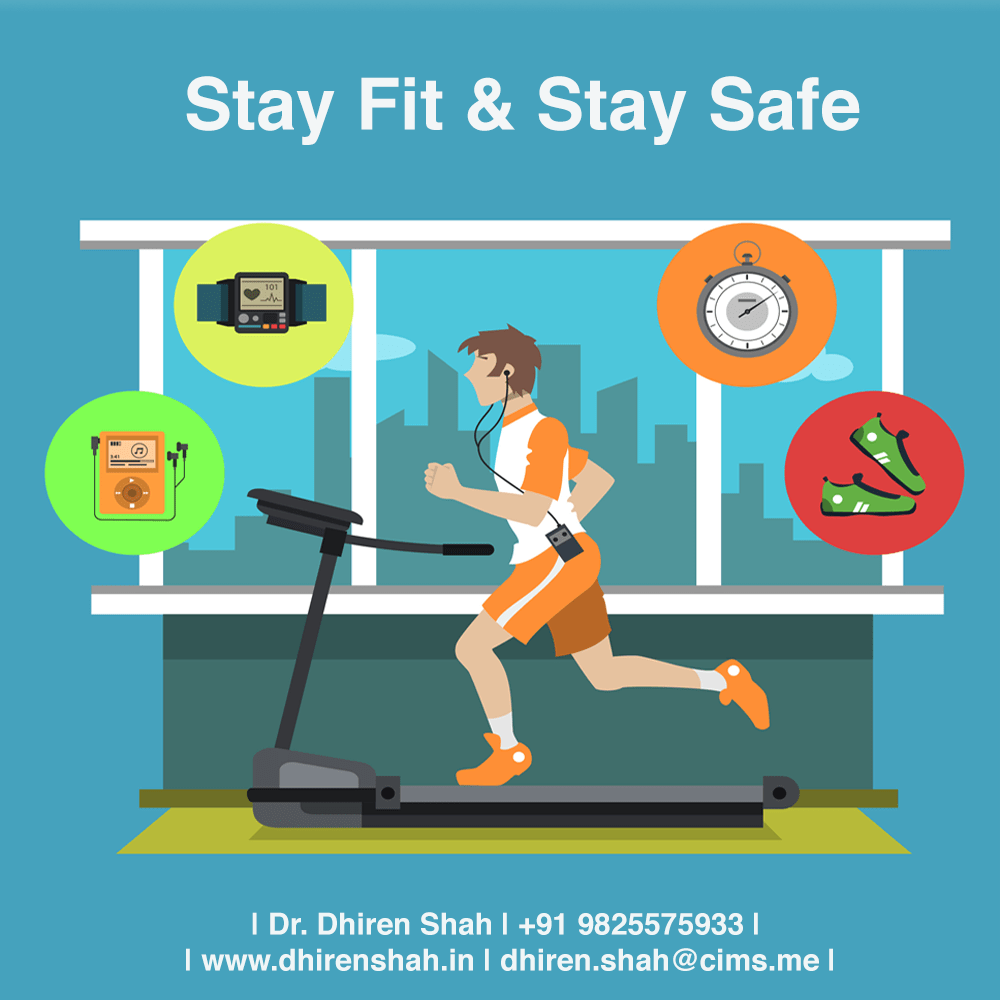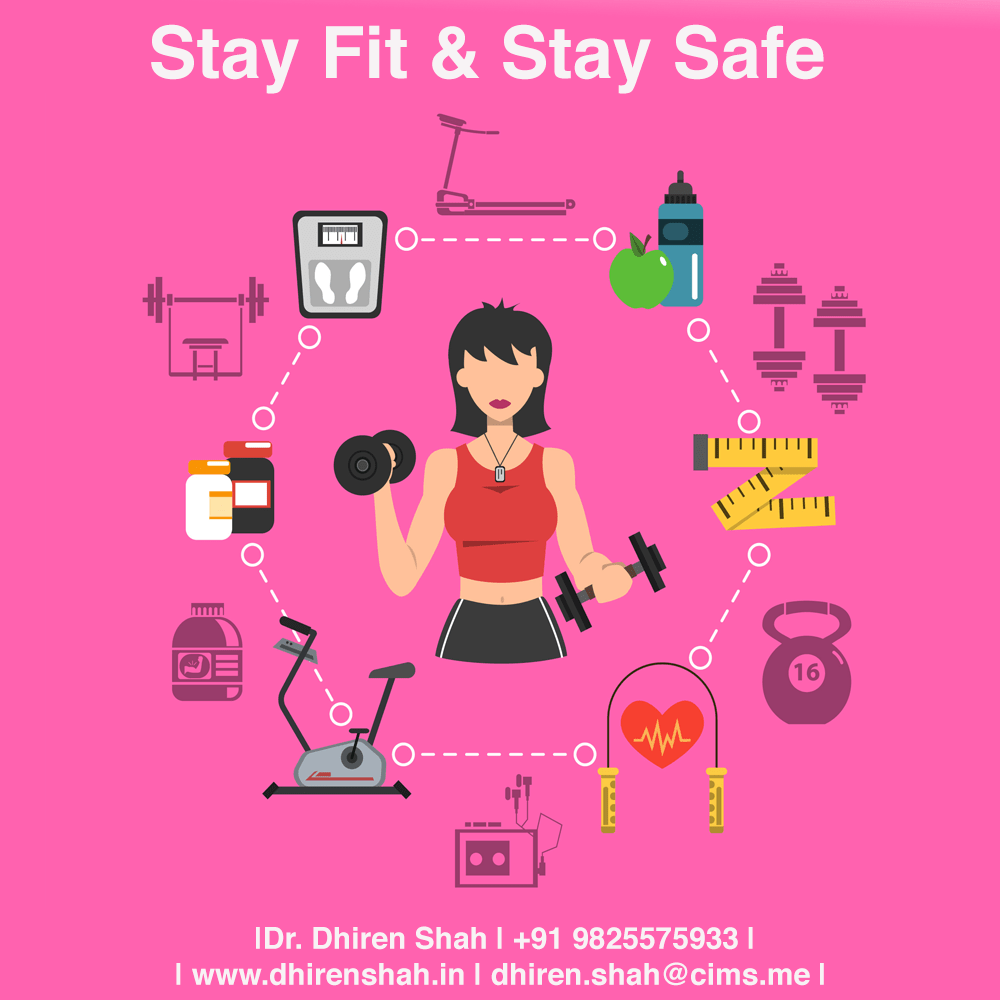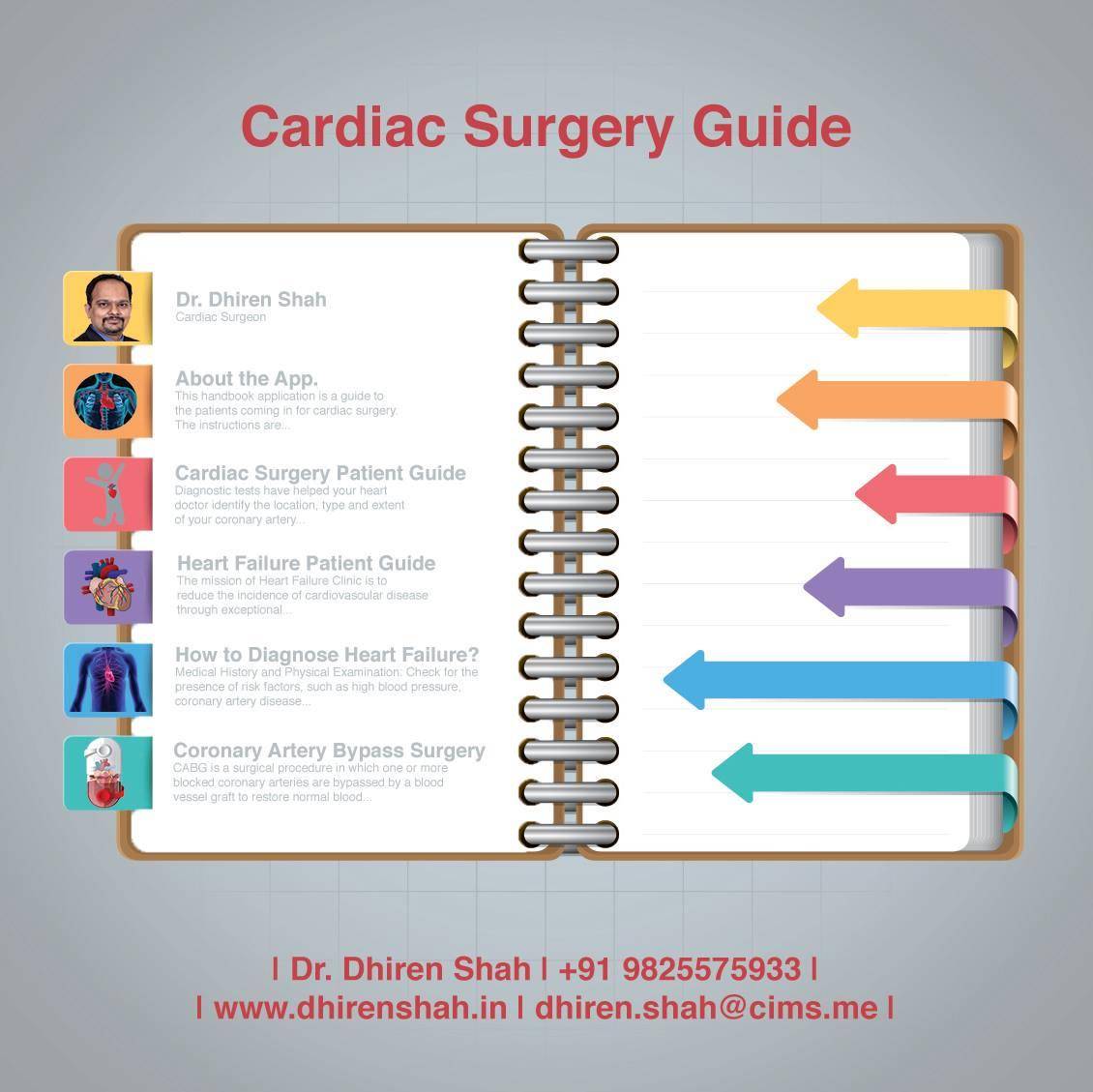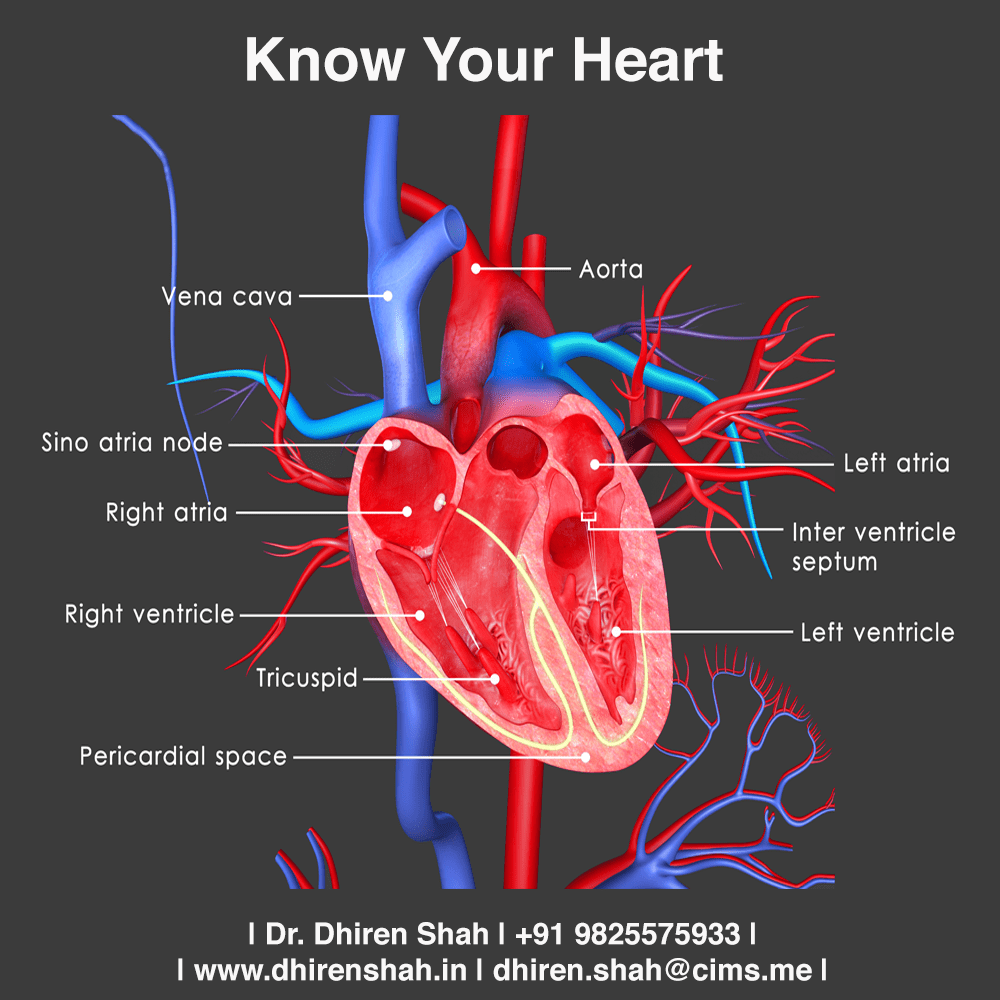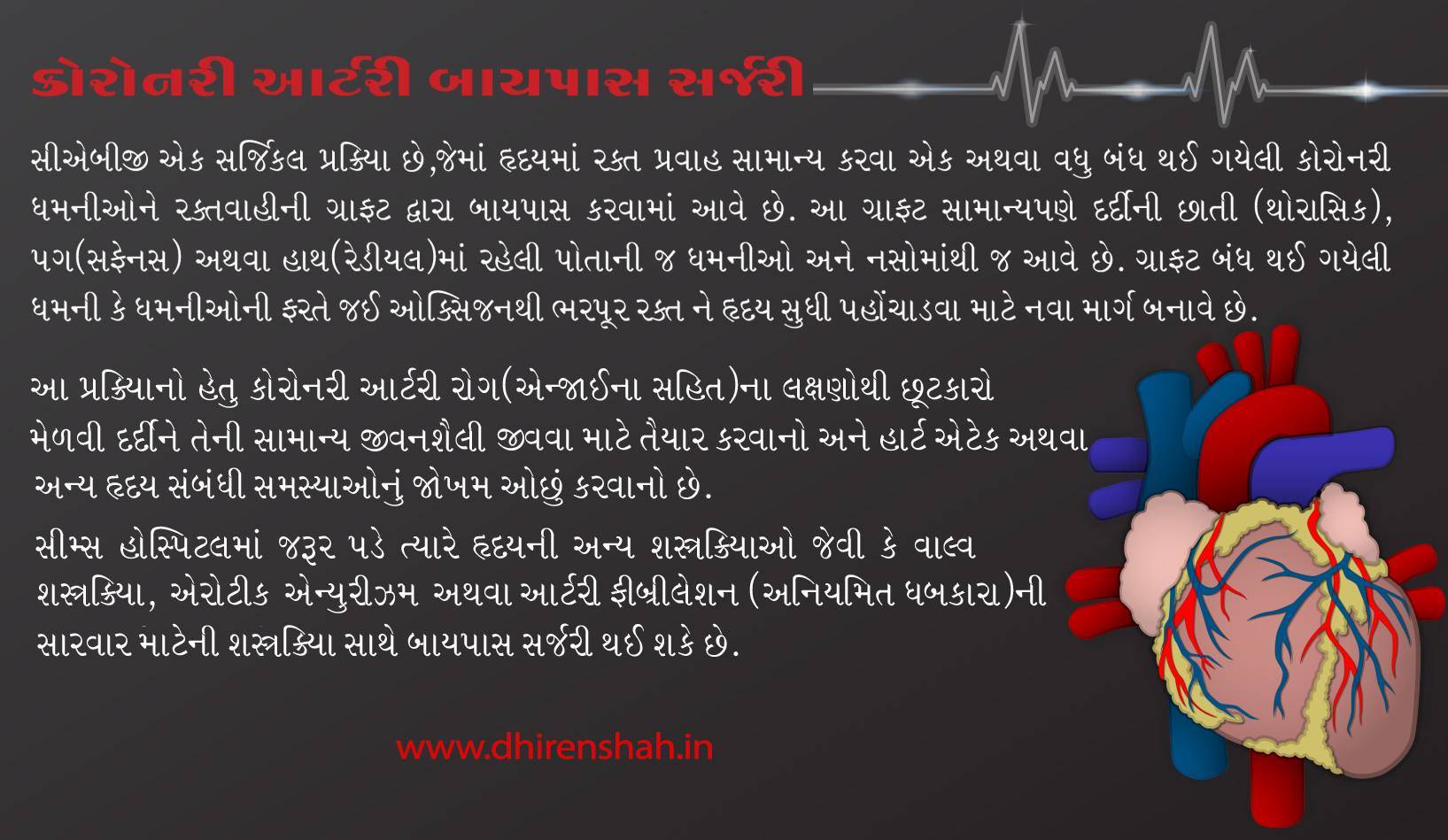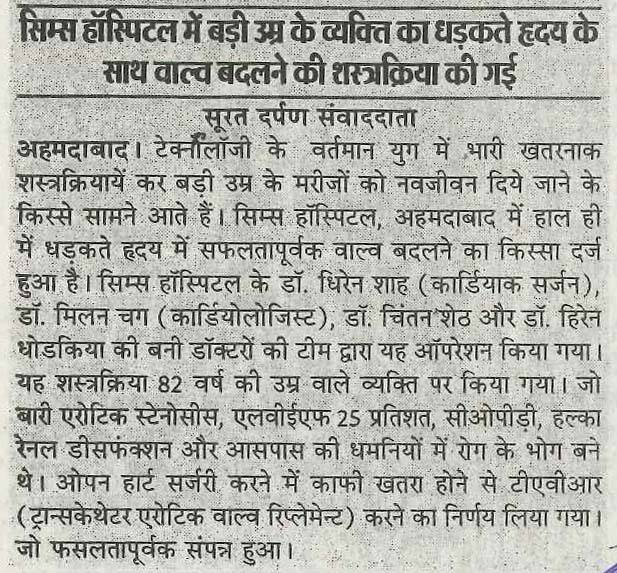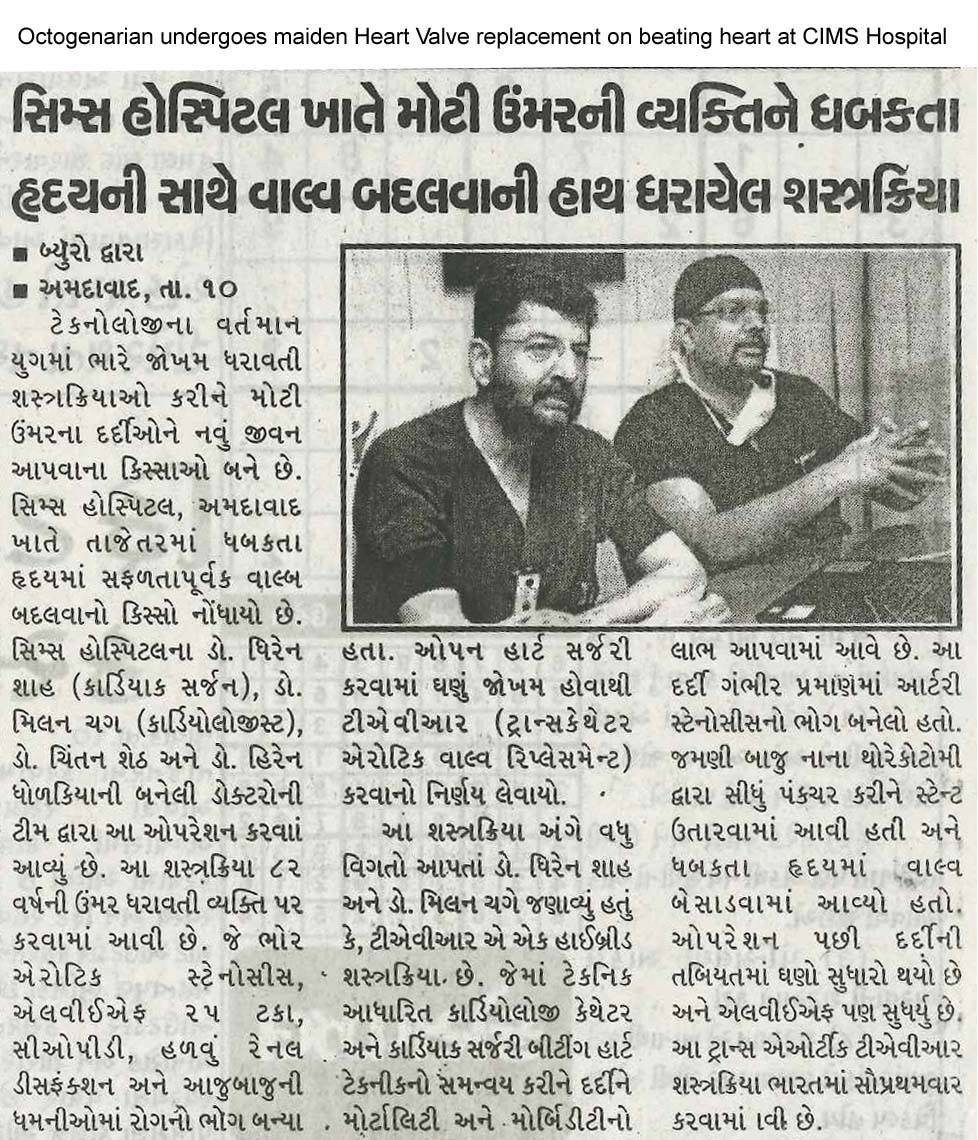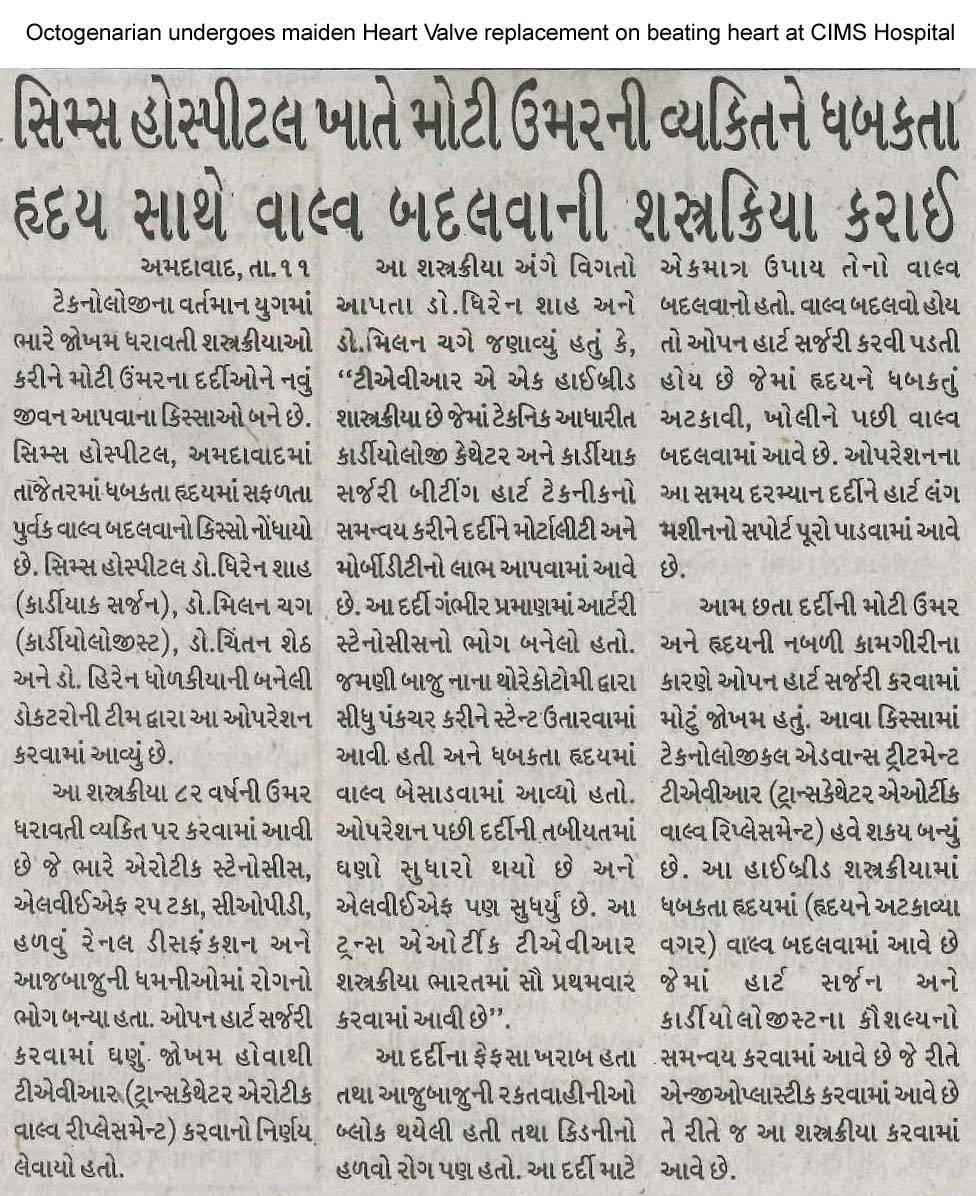Social Media
by Dr. Dhiren Shah – Cardiac Surgeon & Heart Transplant Surgeon in Ahmedabad Gujarat India
Post Surgery Guide by Dr. Dhiren Shah
DR. DHIREN SHAH WRITES The Post Surgery Guide Video made based on high patient demand.THE POST SURGERY GUIDE VIDEOThis pre, and post heart surgery guide by Dr. Dhiren Shah. Due to high request for a Hindi video this has been created to help our patients and their...
Landmark TAVI/TAVR procedure done on a conscious sedation.
DR. DHIREN SHAH WRITES Recently completed a landmark TAVI/TAVR procedure done on a conscious sedation by Dr. Dhiren Shah and Dr. Keyur Parikh at CIMS Hospital in Ahmedabad.THE TAVI & TAVR "AWAKE" CASELandmark TAVI/TAVR procedure done on a conscious sedation by Dr....
Yesterday I had an opportunity to deliver a talk in “The Red Bricks Summit” by IIM Ahmedabad on Organ donation which a very well attended and organized event.
Yesterday I had an opportunity to deliver a talk in "The Red Bricks Summit" by IIM Ahmedabad on Organ donation which a very well attended and organized event. Great work was done by CIMS Foundation in this summit. Hope this talk has a lasting effect on the students of...
Today on the occasion of #WorldHeartDay we had CIMS Heart Walk and for the first time in #Gujarat
Today on the occasion of #WorldHeartDay we had CIMS Heart Walk and for the first time in #Gujarat, our heart transplant patients Mr. Sohel Vora and Mrs. Preeti Mehta participated in the 5km walk. Happy World Heart Day!
What is cardiac asthma?
What is cardiac asthma? Cardiac asthma is a situation caused by left heart failure. Left heart failure causes fluid retention in the lungs (Pulmonary edema) which leads to symptoms such as wheezing, cough, and shortness of breath which are similar to that os asthma....
Happy Ganesh Chaturthi.
“ટ્રાન્સપ્લાન્ટ બાદ હૃદય ધબક્યું નહિ ત્યાં સુધી અમારો જીવ અધ્ધર રહ્યો.”
At CIMS hospital today we completed 6th successfull heart transplant.
At CIMS hospital today we completed 6th successfull heart transplant. Donor heart came from a 16 years old young boy who had brain haemorrhage and was brain dead. Patient was from IKD hospital, Ahmedabad. Heart was received by a male patient from baroda who is 54 and...
Happy Janmashtami.
8 years.More than 7000 heart surgeries since inception
8 years.More than 7000 heart surgeries since inception. First MICS programme, first ECMO Programme, first Heart Transplant, first TAVI and many more epic achievements. Today is CIMS Cardiac Surgery Anniversary. Thank you to all our colleagues, friends, doctors and...
Learn more about the First TAVR Trans Aortic in India – Dr. Dhiren Shah & Dr. Milan Chag (CIMS Hospital)
Happy Rakshabandhan
હૃદય ના વાલ્વ ના પ્રકાર.
Types of heart valves.
Happy Independence Day.
હૃદય ના વાલ્વ શું છે?
હૃદય ના વાલ્વ શું છે?#heartvalves#valves#heart#healthyheart#drdhirenshah
What are heart valves?
What are heart valves? There are four heart valves in human heart, 2 valves separate the upper and lower chambers and 2 valves are present in the arteries leaving the heart. The heart valve allows the blood to flow in one direction through the heart depending on its...
Times Of India organized a panel discussion on how to increase the organ donation in Gujarat and how to make it no 1 in India.
Had an opportunity to meet Gujarati film industry’s superstar and sitting MLA Shree Hitubhai Kanodia.
Recently met with everyone’s favorite RJ, Dhvanit and discussed with him to be a brand ambassador for organ donation.
#organdonation #donateforlife #organ #donate #drdhirenshah
How age and fitness level affect you heart rate?
#heartrate #fitnesslevel #cardiachealth #drdhirenshah
ડાઇલેટેડ કાર્ડિયોમાયોપથી શું છે?
ડાઇલેટેડ કાર્ડિયોમાયોપથી શું છે? #dilated#cardiomyopathy#cardiachealth#drdhirenshah
What is dilated cardiomyopathy?
What is dilated cardiomyopathy? Dilated cardiomyopathy is a disease caused by weakness of the heart muscle. The heart becomes stretched (dilates) and pups blood less.Signs differ according to severity and the treatment depends on the kind of symptoms and whether any...
Download the Cardiac Surgery Guide app on your mobile today to know everything about cardiac surgery.
#cardiacsurgery #app #mobileapp #drdhirenshah
Risk factors of cardiac arrest.
Risk factors of cardiac arrest. #riskfactors#cardiacarrest#cardiac#drdhirenshah
હ્યુમન પેપિલોમાવાઇરસ (HPV) – સિમ્સ હોસ્પિટલ
Happy Doctor’s Day
Best wishes for the International Yoga Day.
#internationalyogaday #yogaday #drdhirenshah
પેરિકાર્ડિઓસેન્ટેસીસ શું છે?
પેરિકાર્ડિઓસેન્ટેસીસ શું છે? #pericardiocentesis #drdhirenshah #ahmedabad
World Environment day
world no Tobacco Day
Outonomic
શું પેરિકાર્ડિટીસ જીવલેણ છે ?
શું પેરિકાર્ડિટીસ જીવલેણ છે ? #pericarditis #heartdiseases #dhirenshah
તણાવ ના કારણે તમને હૃદય રોગ નો હુમલો આવી શકે છે.
તણાવ ના કારણે તમને હૃદય રોગ નો હુમલો આવી શકે છે. #stress #heartdiseases #heartattack #riskfactors #dhirenshah
What diet and lifestyle management techniques helps heart failure?
What diet and lifestyle management techniques helps heart failure? #heartfailure #dietmanagement #lifestyle #healthyyou #healthyheart #dhirenshah
HEART INFECTION SYMPTOMS.
HEART INFECTION SYMPTOMS. #symptomsofheartinfection#dhirenshah #cims #cimshospital
HEART INFECTIONS.
HEART INFECTIONS. #heartinfections #lifethreatning#dhirenshah #cims #cimshospital
CARDIOMYOPATHY
CARDIOMYOPATHY #cardiomyopathy #diseases#stiff #larger #rhythm #dilated#ventricle #pump #blood #heart #drdhirenshah#cims #cimshospital
CIMS Hospital has organised an Interactive event to talk about prevention of heart diseases, healthy lifestyle, heart transplant and importance of organ donation.
Ahmedabad's well known doctors- Dr. Milan Chag and Dr. Dhiren Shah will also interact with the audience and answer their queries. This event is organized in association with Rotary club of Jamnagar, JCCC Hospital and M P Shah Medical College. Date: 29th April,Sunday...
Deesa Camp April 2018
See the miracle of medical science and technology. This is a photo of a patient after face transplant. Everyone needs to have faith in medical science and doctors.
#miracle #medicalscience #technology #patient #facetransplant #faith#doctors
India’s first Trans Aortic TAVI (Valve replacement without open heart surgery) patient in follow-up after 3 years. He is in the best health condition with normal valve and heart function.
#dhirenshah #atvi #transaortic #patient #health #followup #heartfunction
Recently attended ISHLT meeting in Nice, France. It’s the epic forum for heart and lung transplant society in the world.
#nice #france #ishlt #meeting #dhirenshah #societyofworld #transplant #healtheducation
HEART INFECTIONS.
HEART INFECTIONS. As in other parts of your body, germs like bacteria or viruses can cause an infection in your heart, and this is considered a type of heart disease. Sometimes, infections come on slowly other times, quickly. Some go away on their own, while others...
ARRHYTHMIA
ARRHYTHMIA You may have had the feeling where your heart flutters or skips a beat. That's caused by a change in your heart's rhythm called arrhythmia and it's usually harmless. Your heartbeat is controlled by short bursts if electricity, and a minor change in those...
EFFECTS OF CARDIOMYOPATHY.
EFFECTS OF CARDIOMYOPATHY. As heart muscle thickens, it can limit blood flow, so you end up short on oxygen. That can cause problem like dizziness, fainting, and shortness of breath. Your heart's rhythm also might get thrown off, and your heart might flutter, pound,...
Happy World Health Day
#7april #world #health #day #drdhirenshah #cims #cimshospital
EFFECTS OF CARDIOMYOPATHY.
EFFECTS OF CARDIOMYOPATHY. #cardiomyopathy #effects#oxygen #breath #dizziness#kidney #water #salt #swelling #legs #ankle #feet #drdhirenshah#cims #cimshospital
CARDIOMYOPATHY
CARDIOMYOPATHY This is group of disease that make your heart muscles thick, stiff, or larger than usual. Overtime, your heart can get weaker, and it's harder for it to pump blood and keep its regular rhythm. The most common type is called dilated cardiomyopathy, and...
ARRHYTHMIA
ARRHYTHMIA #arrhythmia #heart#flutters #rhythm #bursts#harmless #electricity #problems #drdhirenshah#cims #cimshospital
CONGENITAL HEART DEFECTS.
CONGENITAL HEART DEFECTS. #congenital #defects #heart#valves #chamber #wall#treatment #longterm #care #drdhirenshah#cims #cimshospital
CONGENITAL HEART DEFECTS.
CONGENITAL HEART DEFECTS. These are heart defects you're born with, and they affect how blood flows through your heart. They happen when the walls, valves, or blood vessels don't develop the right way before you're born. Some problems, like a hole in a heart chamber,...
EFFECTS OF CORONARY HEART DISEASE
#disease #heart #coronary #effects #chestpain #angina #labor #oxygen #plaque #shortofbreath #artery #block #drdhirenshah #cims #cimshospital
HEART INFECTION SYMPTOMS.
HEART INFECTION SYMPTOMS. #infection #heart #symptoms#rhythm #fever #tiredness #drdhirenshah#cims #cimshospital
In Kutch.
#memorable #visit #kutch #unbelievable #drdhirenshah #cims #cimshospital
Diagnosis and treatment of HBP.
Diagnosis and treatment of HBP. Do remember that, one or two mm higher than optimal measurements of HBP should not label you as a patient of HBP. You must get repeated confirmations of higher than normal blood pressure values before beginning treatment. You must rest...
Happy Women’s Day.
#happywomensday #drdhirenshah #cims #cimshospital
How does HBP affect us?
How does HBP affect us? Constant HBP (High Blood Pressure) makes the heart work against a higher load and so it may enlarge and ultimately ail. When vital organs like brain, eyes and kidney are supplied blood at a high pressure they may gradually be damaged,...
Who can get High Blood Pressure?
Who can get High Blood Pressure? Despite so much research, it is still not clearly known why some people get HBP (High Blood pressure) and others are spared. What is clear, however is that those who are overweight, have diabetes, are stressed or even have a relative...
Happy Holi
#love #affection #express #holi #drdhirenshah #cims #cimshospital
How does salt and being overweight affect BP?
How does salt and being overweight affect BP? A high-salt diet or overweight (obesity) are the most important reasons in the causation of HBP (High Blood Pressure). Obesity burdens the heart and the lungs and thus, forces these vital organs to work harder. Also,...
Abdominal aortic aneurysm
#Abdominal #Aortic #Aneurysm #Aorta #Arteries #Oxygen #Lower #Body #Rupture #DRDhiren #Shah
Silent killer No.1 high blood pressure.
Silent killer No.1 high blood pressure. It is difficult to believe that you have either HBP (High Blood Pressure) or DM (Diabetes Mellitus) when you have no symptoms (no pain, no discomfort). And on top of that your doctor tells you that you must reduce wight,...
Silent killer No.1 high blood pressure.
Silent killer No.1 high blood pressure. If HBP (High Blood Pressure) and DM (Diabetes Mellitus) are detected early, such patients can lead a normal life and suffer very few complications. Well treated hypertensives and diabetics may live as normally as persons without...
હૃદય ની સામાન્ય એનાટોમી (રચના)- સિમ્સ હોસ્પિટલ
Silent killer No.1 high blood pressure.
Silent killer No.1 high blood pressure. Given a choice I would rather have a painful disease, because pain will make me rush to take treatment. But if I have a disease without symptoms my body may be damaged without my knowing it! High Blood Pressure (HBP,...
Benefits of eating unsaturated fats.
Benefits of eating unsaturated fats. #Benefits #Mortality#Eating #Unsaturated #Fats#Cardiovascular #Cholesterol#DrDhirenShah#CIMS #CIMSHospital
Milestone Of CIMS Cardiothoracic Surgery Department
Milestone Of CIMS Cardiothoracic Surgery Department First in Gujarat to perform heat transplant-December 2016. Credit of doing CABG (90 yrs.) on the oldest foreigner patient in India- December 2016 First in India to perform Trans Aortic TAVR - March 2015 Reshaping and...
Medication After Heart Transplant
Medication After Heart Transplant Immunosuppresants - drugs and agents which decreases body's natural immune responses that would reduce chances of rejection. Antibiotics, antivirals and fungicides - to fend off infection because natural immune responses are now...
How Is a Heart Transplant Performed ?
How Is a Heart Transplant Performed ? A heart transplant is carried out under general anaesthesia and normally takes between four and six hours. The transplant should be performed within 2 hours from the brain death. Patient is connected to a heart-lungs while the...
Happy Republic Day
DIL SE DIL KI BAAT
Heart talk from heart #Discussion#Actor#SharadSankla#TarakMehtaKaOoltaChasma#DrDhirenShah#CIMS#CIMSHospital
DIL SE DIL KI BAAT
DIL SE DIL KI BAAT #Felication #Organ #Donor #CM #ShriVijayRupani#DrDhirenShah #CIMS #CIMSHospital
DIL SE DIL KI BAAT
DIL SE DIL KI BAAT #Two#Brothers#Bypass#surgery#DrDhirenShah#CIMS#CIMSHospital
Dr. Dhiren Shah – Heart Transplant Surgeon at CIMS Hospital Ahmedabad India
ગુજરાત ભર ની એક માત્ર સિમ્સ હોસ્પિટલ માં હાર્ટ ટ્રાન્સપ્લાન્ટ ની પુરે પુરી સફળતા બાદ, હાર્ટ ટ્રાન્સપ્લાન્ટ ટિમ દ્વારા આયોજિત હદય પ્રત્યારોપણ(હાર્ટ ટ્રાન્સપ્લાન્ટ) ના લેનાર અને દાતાઓ માટેનો સન્માન સમારંભમાં ગુજરાતના મુખ્યમંત્રી માનનીય શ્રી વિજય રુપાણી સાહેબ, સિમ્સ...
Facts About Heart Transplant
Facts About Heart Transplant Before Heart Transplant Heart transplant is more than just having an operation. Lot of things depend on you for a heart transplant. To speed your evaluation you will need to work with the transplant team. After Heart Transplant To keep...
Happy Makarsankranti
Download my mobile app today on both Google Play Store & iOS Store : Cardiac Surgery Guide By Dr Dhiren Shah
Download my mobile app today on both Google Play Store & iOS Store : Cardiac Surgery Guide By Dr Dhiren Shah Dr. Dhiren Shah is a cardiothoracic & Vascular. Director,CIMS Hospital. He has passed M.Ch (C.V.T.S.) from Delhi university (one of the oldest...
Shri Vijay Rupani said in the recent JIC 2018 event
Shri Vijay Rupani said in the recent JIC 2018 event that, "For any patient going for a heart transplant, the government will give up to a 50% waiver. Also the Government will do it's best to support with a clear roads for ambulances to transfer the heart quickly."...
Did You Know?
Did You Know? Heart can continue to beat even when separated from the body, as long as it has an adequate supply of oxygen. Because the heart has its own electrical impulse. #Heart #Body #Oxygen #Electrical #Impulse#DrDhirenShah
Risks Of Having A Heart Transplant
Risks Of Having A Heart Transplant #Risks #Heart #Transplant #Medication #Infection #Cancer #Death#DrDhirenShah
Second Edition of Sunday Smiles
Wishing a merry Christmas
Sundays’s should be all about smiles
Myth vs fact about organ donation.
Myth vs fact about organ donation. MYTH - I am too old to be a donor. FACT - No one is ever too old or too young to give the gift of life. Once consent is given, the decision to transplant organs or tissue is based on specific medical criteria, not age....
Proudly announcing the first anniversary of the first heart transplant in Gujarat.
#hearttransplant #firstingujarat #drdhirenshah Dhiren Shah
The anatomy of the heart.
The anatomy of the heart, including all four chambers, is depicted, along with blood flow through both sides of the heart and great vessels and blood supply to the heart through the coronary arteries. If you like this video, please share with your friends and family....
Take care of your heart after heart transplant!
Take care of your heart after heart transplant! Keep information about your all medications including dose, time, and necessity / reason. Follow the schedule of your medications daily and don't change it unless your doctor changes it. Maintain regular contact with...
World AIDS Day
Why should you bike?
Why should you bike? #biking #exercise #regularexercise #healthyyou #stayhealthy #fitness#hearthealth #drdhirenshah
Heart transplant: Beginning to end.
Heart transplant: Beginning to end. ASSESMENT : This procedure includes presence of Hospital administration. Nurse practitioner, cardiologists & Assistant physician.PRE-TRANSPLANT EVALUATION : This step includes assessment of cardiac & extra-cardiac systems of...
Glad to be one of the 51 Gauravvanta Gujaratis
Myth and fact about heart transplant.
Myth and fact about heart transplant MYTH : Celebrities or wealthy people get transplanted faster than other. FACT : All patients awaiting transplant are on the same national transplant waiting list, which is blind to celebrity status, income, and race or ethnicity....
A Very Happy Diwali To You And Your Family!
#diwali #drdhirenshah
Happy Dhanteras
4th successful Heart Transplant Done By CIMS cardiac team
Complications from not following a lifelong care plan after heart transplant.
Complications from not following a lifelong care plan after heart transplant. Not following a lifelong care plan increases the risk of all heart transplant complications. Heart transplant patients are asked to closely follow their doctor's instructions and check their...
Happy Dussehra
This World Heart Day: Look after your heart and your heart will look after you!
This World Heart Day: Look after your heart and your heart will look after you! #worldheartday #sharethepower #liveforyourheart #drdhirenshah
Organ donation awareness program in gandhidham – Kutch
Dr. Dhiren Shah throwing light on what is organ donation, its importance and some general myths and facts about it.
https://www.youtube.com/watch?v=XXuFec4hSNo&feature=share
Download the Cardiac Surgery Guide mobile app today.
Download the Cardiac Surgery Guide mobile app today. #drdhirenshah#cardiacsurgery#guide#app#cimshospital#ahmedabad
જીંદગી કે સાથ ઔર જીંદગી કે બાદ. जिंदगी के साथ और जिंदगी के बाद.
Happy Ganesh Chaturthi
Michhami Dukkadam
Diet tips after heart transplant.
Diet tips after heart transplant. Eat plenty of fruits and vegetables each day. Eat whole-grain breads, cereals and other grains. Drink low-fat or fat-free milk. Eat lean meats, such as fish or poultry. Maintain a low-salt diet. Avoid unhealthy fats, such as...
Happy janmashtami
Happy Independence Day
Don’t take your organ to heaven Heaven knows we need them here.
13th August organ donation day
#organdonationday #organdonation #drdhirenshah
2nd heart transplant patient getting discharged
#organdonationday #organ #donation #drdhirenshah
Organ Donation
#organdonation
Happy Raksha Bandhan!
#rakshabandhan #drdhirenshah
How can you support a heart transplant patient?
How can you support a heart transplant patient It's important to identify who among the patient's network of family and friends, is available to provide consistent, long-term emotional and physical support. There needs to be at least one individual who has a stable,...
Being Awarded By the Indian medical association (IMA)
Eliminate Hepatitis
ELIMINATE HEPATITIS #hepatitis#drdhirenshah
Hindu youth’s heart transplanted to muslim man in ahmedabad
HINDU YOUTH'S HEART TRANSPLANTED TO MUSLIM MAN IN AHMEDABAD Through green corridor, 21- year-old Amit Halpati's heart was taken to Surat airport. It reached CIMS hospital, Ahmedabad by a chartered plane, where it was successfully transplanted to patient name Sohel...
Signs & Symptoms of Rejection of New Heart
Signs & Symptoms of Rejection of a new heart Shortness of breath Reduced amount of weight Reduced amount of urine Fatigue Fever
National Doctor’s day
National Doctor's Day
Advantages of Heart Transplant
Advantages of heart transplant It may be the only solution to save a person. It can reduce reliance on continual medicines. It can provide a better quality of life after transplant.
Give Blood
After Performing First Heart Transplant in Gujarat
Heart Transplant
World No Tobacco Day
Ramadan Kareem
World Thyroid Day
World thyroid day The thyroid gland is a butterfly shaped gland at the front of the neck. It uses iodine, a mineral found in some foods and in lodged salt, to make hormones that helps your body. The thyroid hormones control your metabolism and affect your heart, skin,...
World Hypertension Day
Did you know?
Did you know? About 87% of those who receive heart transplants survive for more than one year, according to the United Network for Organ sharing (UNOS). Additionally, 73% live at least five years after the procedure.
Gujarat’s first heart transplant patient’s son felicitates father of the donor. Here is his story in his own words.
https://www.facebook.com/dhirenshah.in/videos/1213129542147057/
World Red Cross Day
World Red Cross day
Heart Attack Symptoms Men Vs. Women
heart attack symptoms men Vs. Women
Gujarat Sthapana Divas
Cardiac Surgery Guide
World Malaria Day
World Malaria Day
Earth Day
EARTH DAY
Hypertensive Heart Disease
World Hemophilia Day
WORLD HEMOPHILIA DAY
World Health Day
Happy Ramnavami
Did you know?
DID YOU KNOW ? Generally, as children grow or adults get fitter, the heart rate gets slower. See how it changes throughout the decades with this chart from the National Institutes of Health : Newborn (0 to 11 months): 70 to 160 bpmOne to four years: 80 to 120 bpm Five...
Minimally Invasive Coronary Bypass Surgery
minimally invasive coronary bypass surgery Minimal cutting & blood loss : First and foremost is the fact that no bones are cut. This has several advantages in reducing pain, retaining function and having a positive effect on breathing. Unlike traditional heart...
Happy Holi
Happy Women’s Day
First Heart Transplant
https://www.facebook.com/dhirenshah.in/videos/1142011852592160/
ગુજરાતના પ્રથમ હાર્ટ ટ્રાન્સપ્લાન્ટ સર્જરી પછી પેશન્ટનો સીમ્સ હોસ્પિટલ, અમદાવાદ માંથી ડિસ્ચાર્જ
ગુજરાતના પ્રથમ હાર્ટ ટ્રાન્સપ્લાન્ટ સર્જરી પછી પેશન્ટનો સીમ્સ હોસ્પિટલ, અમદાવાદ માંથી ડિસ્ચાર્જ સીમ્સ હોસ્પિટલ હાર્ટ ટ્રાન્સપ્લાન્ટ ટીમ જણાવતા આનંદ અનુભવે છે કે સર્જરી પછીની બે મહિનાની સારવાર બાદ હાર્ટ ટ્રાન્સપ્લાન્ટ દર્દીની સ્થિતિ હવે સ્થિર છે અને અમે દર્દીને ગઈ કાલે...
Care and Concerns of Heart Transplant
Care and Concerns of Heart Transplant
Happy Shivratri
Happy Shivratri https://www.facebook.com/dhirenshah.in/videos/1136033119856700/
Happy Valentines Day
Happy Valentines Day
Who is a candidate for heart transplantation?
WHO IS A CANDIDATE FOR HEART TRANSPLANTATION ? Those with end-stage cardiac disease/heart failure are appropriate candidates for heart transplantation. Some cause of heart failure are as follows : Congenital Heart Disease Cardiomyopathy Coronary Artery Disease...
Postoperative care of the heart transplanted patient
POSTOPERATIVE CARE OF THE HEART TRANSPLANTED PATIENT Patient's new heart is supported with intravenous medications for about 1-2 days until it recovers from the "shock" of the transplant but patient will immediately feel the difference a healthy heart makes. Because...
A heart transplant surgery consists of three operations
Happy republic day
What is heart transplant?
WHAT IS HEART TRANSPLANT ? A heart transplant is a procedure in which a surgeon removes a diseased heart and replaces it with a donor heart. During a heart transplant, a mechanical pump circulates blood through the body while the surgeon removes the diseased heart and...
What do your arteries look like?
What do your arteries look like?
Happy Makar Sankranti
Good for your health
Benefits Of Exercise After Heart Transplant
Benefits Of Exercise After Heart Transplant Strengthen your new heart. Reduce damage to your new heart. Reduce blood pressure and cholesterol. Reduce stress and chances of osteoporosis. Increase your energy levels. Assist your body's ability to fight infection. Make...
Heart Transplant
[embedyt] http://www.youtube.com/watch?v=lkPymDaQgYw[/embedyt]
Appreciated by the Chief Minister, Mr. Vijay Rupani & Deputy Chief Minister of Gujarat
Appreciated by the Chief Minister, Mr. Vijay Rupani & Deputy Chief Minister of Gujarat, Mr. Nitin Patel , for the success on first heart transplant in Gujarat at CIMS Hospital. www.dhirenshah.in
Wishing everyone a healthy , Prosperous & Happy new year
Appreciated by the Chief Minister of Gujarat
Appreciated by the Chief Minister of Gujarat, Mr. Vijay Rupani, for the success on first heart transplant in Gujarat at CIMS Hospital.
Know Your Heart
First heart transplant done in Gujarat in Ahmedabad
It brings me great pleasure to announce that CIMS Hospital - Care Institute of Medical Sciences in Ahemdabad is the first hospital in Gujarat to have completed a heart transplant! I salute and congratulate the entire cardiovascular team in this major accomplishment....
Cardiac Surgery Guide
Happy Gandhi Jayanti
World Heart Day
The Race Of Life
InterNational day of Peace
Diabetes in Children
Maze Heart Surgery
Left Venticular Reconstruction
Happy Ganesh Chaturthi
Diet After Heart Surgery
Tricuspid Valve Surgery
Happy Janmashtami
Mitral Valve Surgery
Causes Of HeartFailure
Types Of CABG
Happy Independent Day
Organ Donation Day
Heart Failure Symptoms
Goal Of CABG
Minimally Invasive Surgery
World Breast Feeding Day
Aortic Valve Surgery
Maze Heart Surgery
Heart Failure
Heart Valve Surgery
Heart Failure
Types Of Heart Surgeries
Types Of Heart Disease
Happy Ramadan
Happy Rathyatra
Happy Doctor’s Day
Causes Of Heart Failure
Save Your Heart
International Yoga Day
Opening of CIMS Storey
Causes Of Heart Failure
Causes Of Heart Failure
Heart Translation
Waiting Signs Of a Heart Attack
Human Heart Starts Beating
How to Diagnose Heart Failure
Care Of Your Heart
Organ Donation
Cardic Surgery Guide
Heart Transplant
Tips To Keep Your Heart Healthy
Poor Blood Circulation
Cardic Surgery Guide
Know Your Heart!
Health Benefit of TOMATO
Happy Earth Day
Overweight and Obesity
Heart Attack
Happy Ram Navami
World Parkinson’s Disease Day
Food Loaded With Salt
Happy Cheti Chand
World Health Day
Atherosclerosis
Excersices
Anatomy Of The Heart
Heart Attack Warning Signs
Happy Holi
Diabetes Mellitus
Health Features
Prograssion Of Atherosclerosis
Happy Women’s Day
Zika Virus
Atherosclerosis
Types Of heart Disease
Artery Disease
Stop The Heart Problem
Know Your Heart
Heart Attack
Heart Disease
Diabetes Complications
High Blood Presure
Alcoholism
Heart Obesity
Coronary Artery Bypass Graft
Coronary Artery Bypass Graft
Cardiac Arrhythamia
Myocardial Infraction
Papaya
Heart Attack
What is Heart Failure?
Safal Half Marathon
Safal Half Marathon
Safal Half Marathon
Causes Of Heart Failure
What is Heart Failure?
Be Decisive
NO Smoking
Milk
Look aftere Your Heart
Apple
Avocado
Be prepared for medical emergenicies!
Be prepared for medical emergencies! Be sure to share this video if you like it!
Almond
Fact Of The Day
App – Cardiac Surgery Guide
Download my new app made just for you. Celebrate the new year with a Cardiac Surgery Guide made just for all of you!Cardiac Surgery Guide
Happy Diwali
Happy Diwali
What is STEMI ?
What is STEMI ? Be sure to share this video if you like it!
Stay Fit & Stay Safe
Stay Fit & Stay Safe
Happy New Year
Stay Fit & Stay Safe
Cardic Surgery Guide
How often does your heart beat?
How often does your heart beat? If you like this video, be sure to share!
I have a surprise for the New Year for everyone ! Two Days to go till a new year … Lots to do… I will have something unique and special for all of you then!
I have a surprise for the New Year for everyone ! Two Days to go till a new year ... Lots to do... I will have something unique and special for all of you then! Till then enjoy this video and remember to keep sharing!
What is Systole and Diastole ?
What is Systole and Diastole ? Remember to share this video if you like it !
Know Your Heart
MICS SURGERY Dr.Dhiren Shah
[embedyt] http://www.youtube.com/watch?v=mxn5fBKjGLA[/embedyt]
Coronary Artery Bypass Surgery
News Of CIMS
News Of CIMS
News Of CIMS
DR. DHIREN SHAH & DR.MILAN CHAG
[embedyt] http://www.youtube.com/watch?v=DQCgi6_GhIk[/embedyt]
CABG
CABGRemember to share this post if you like it!

